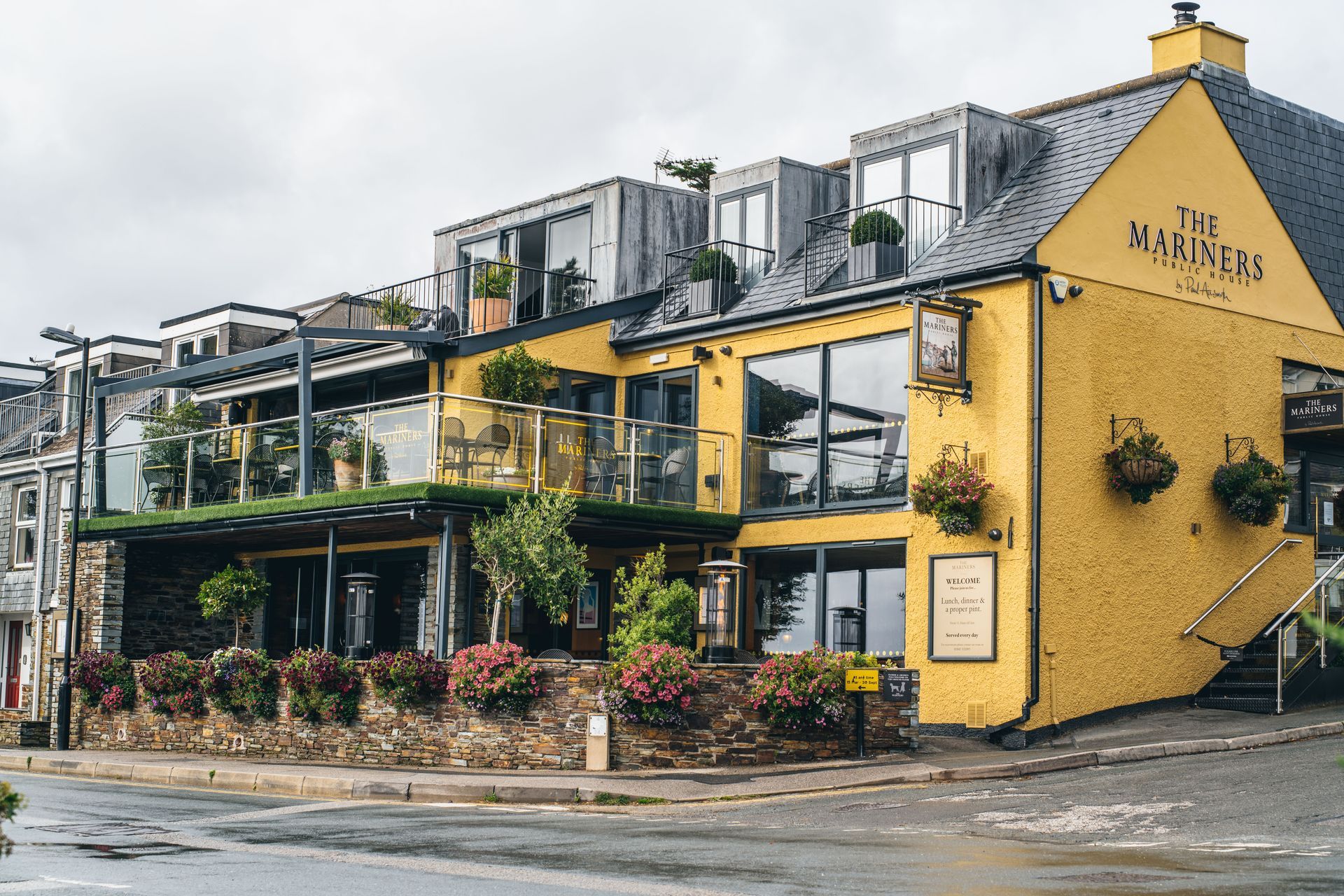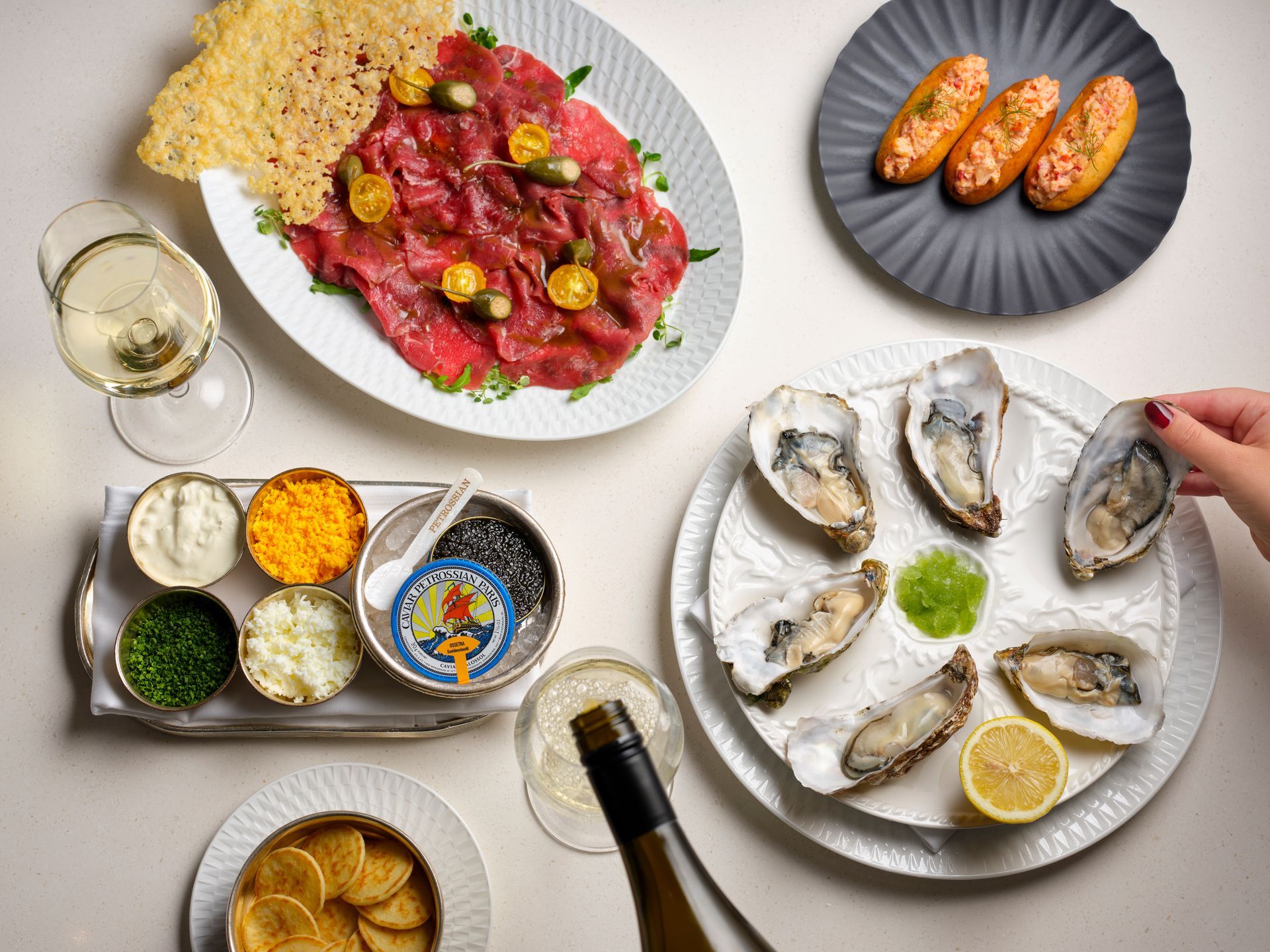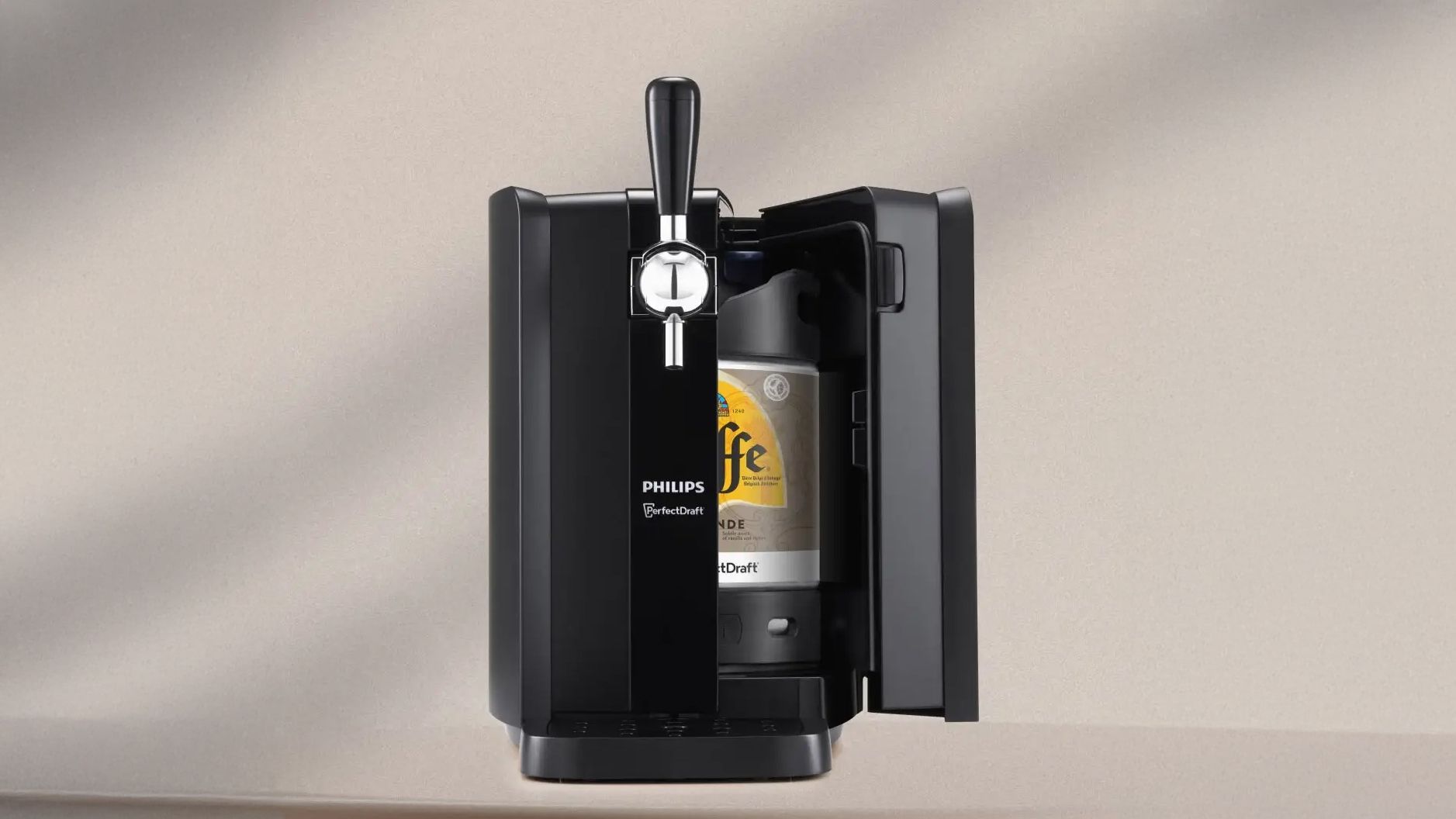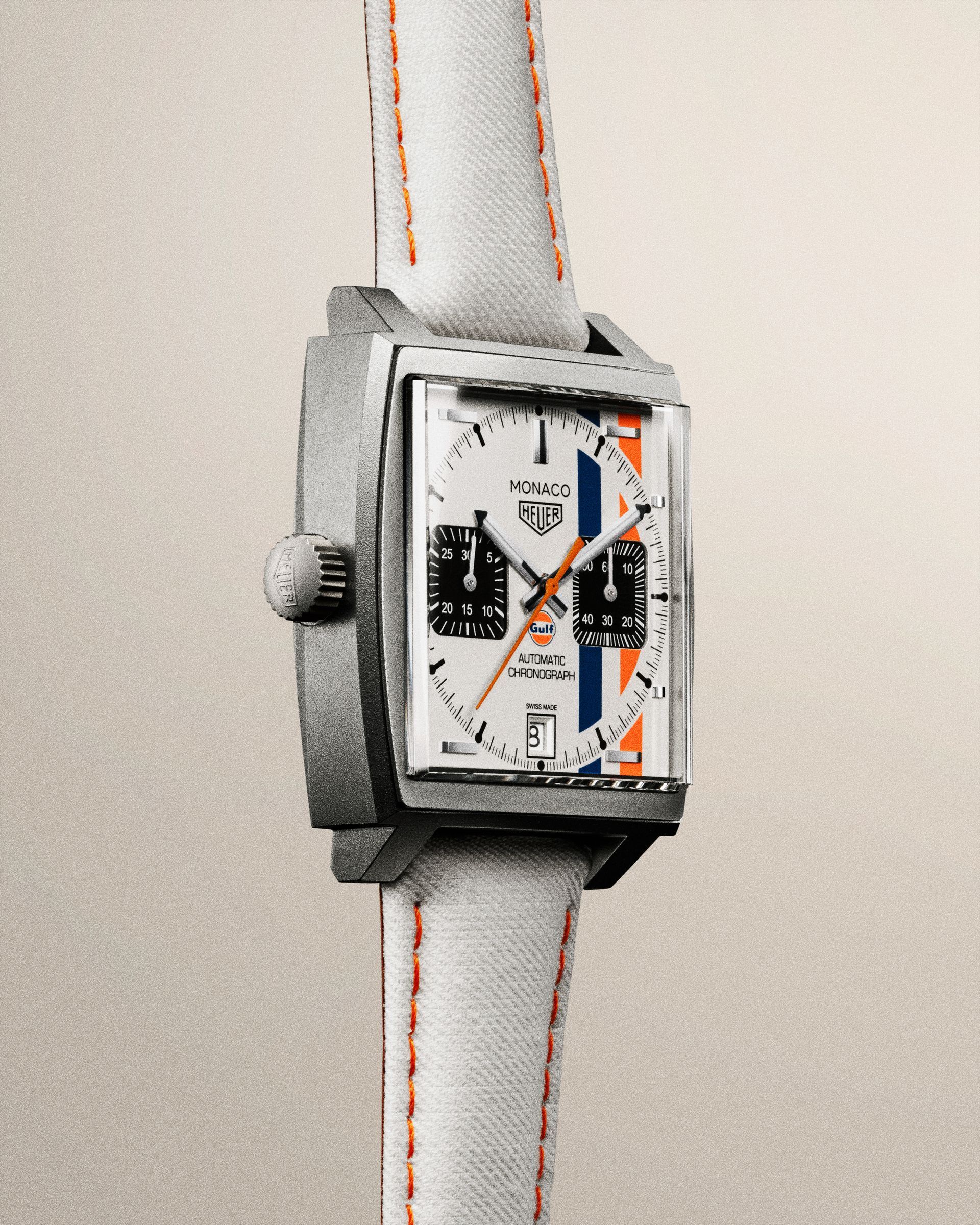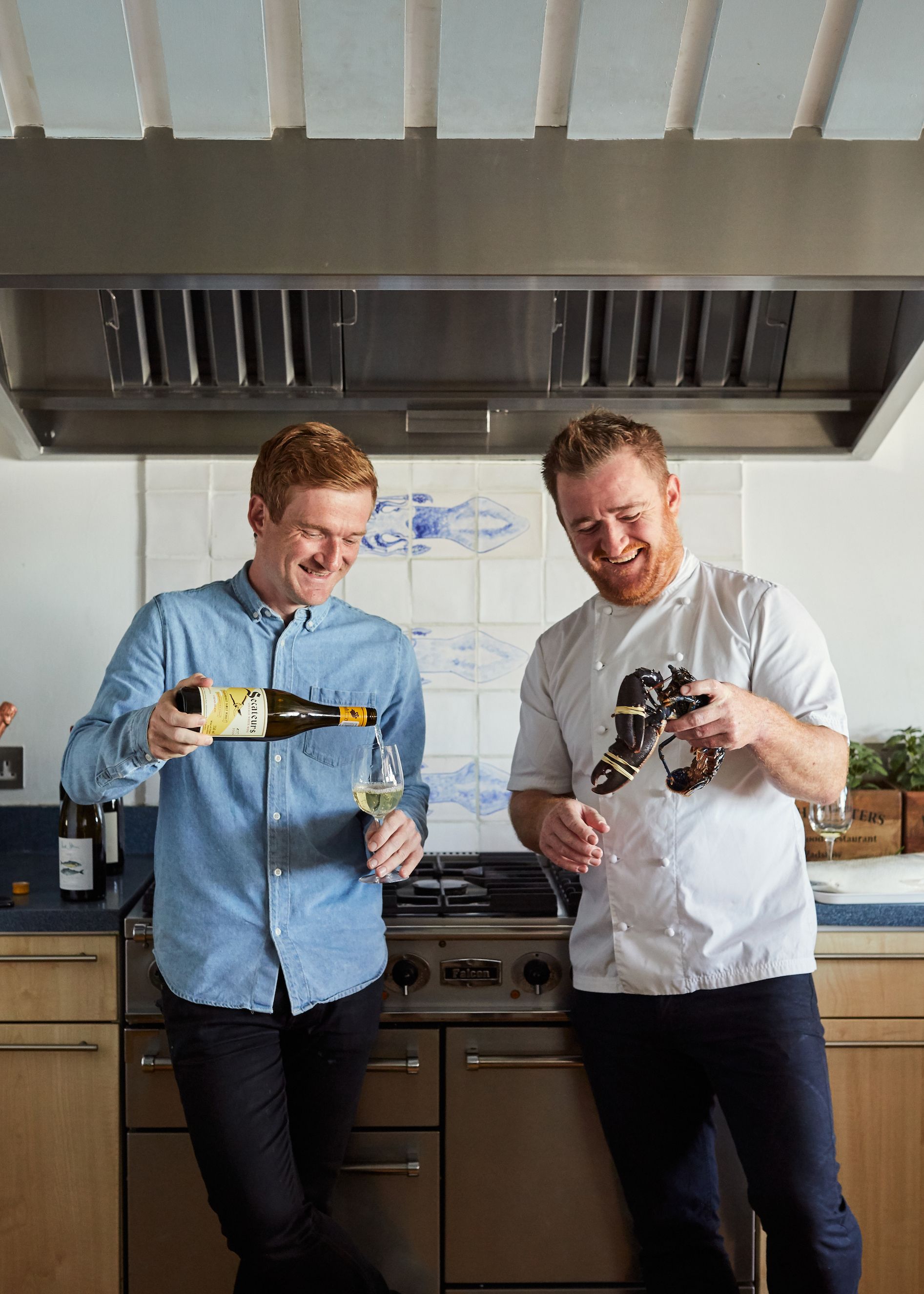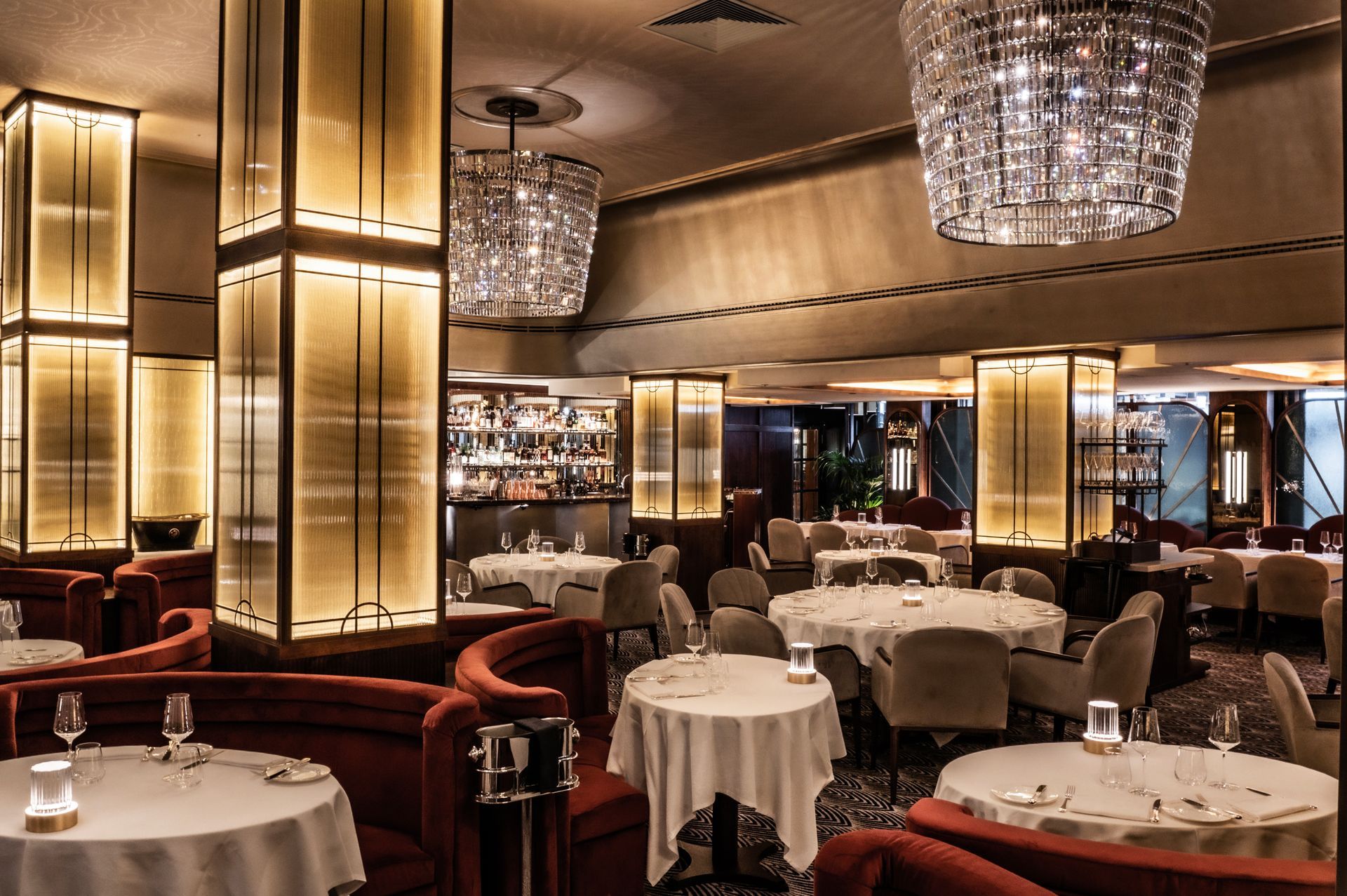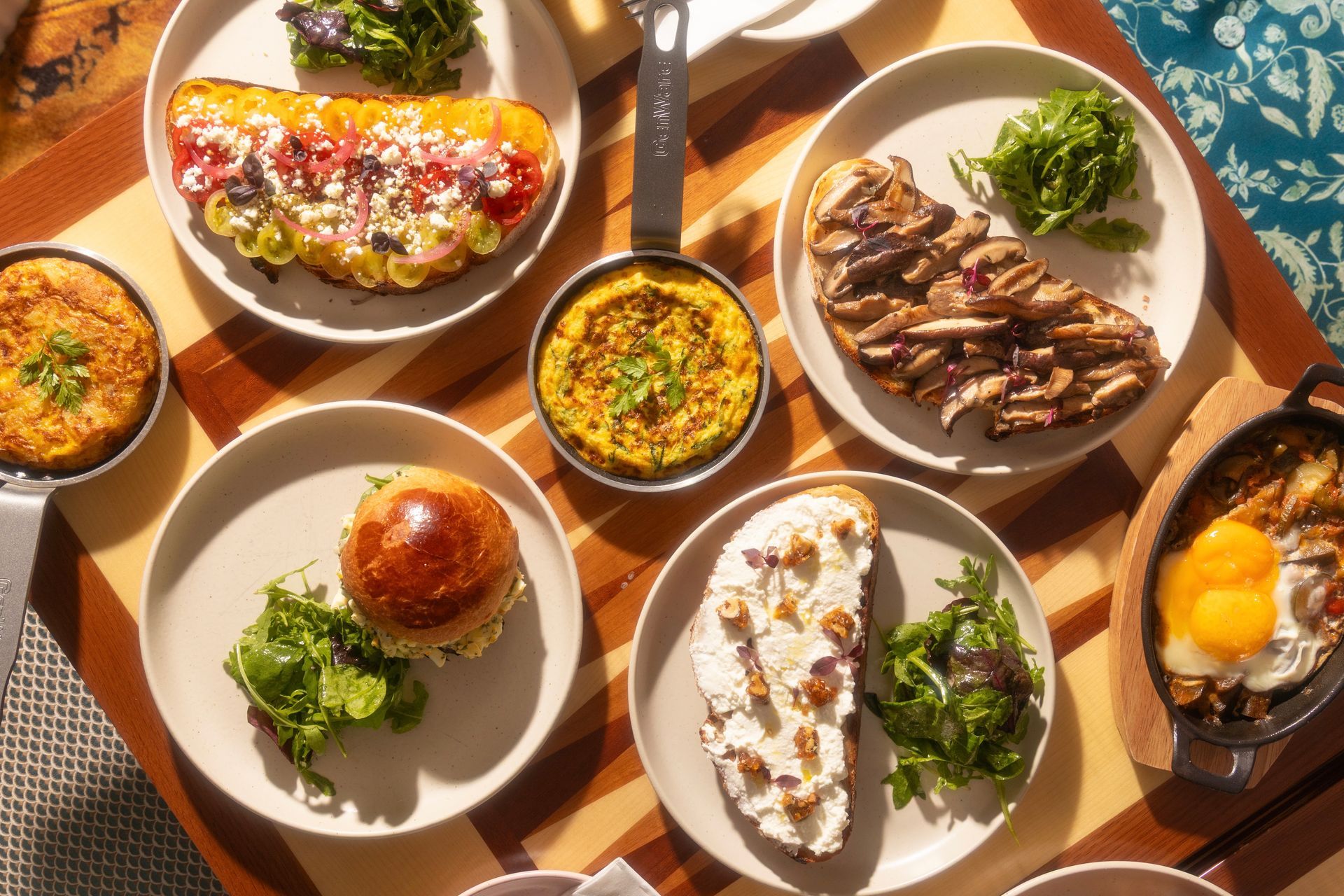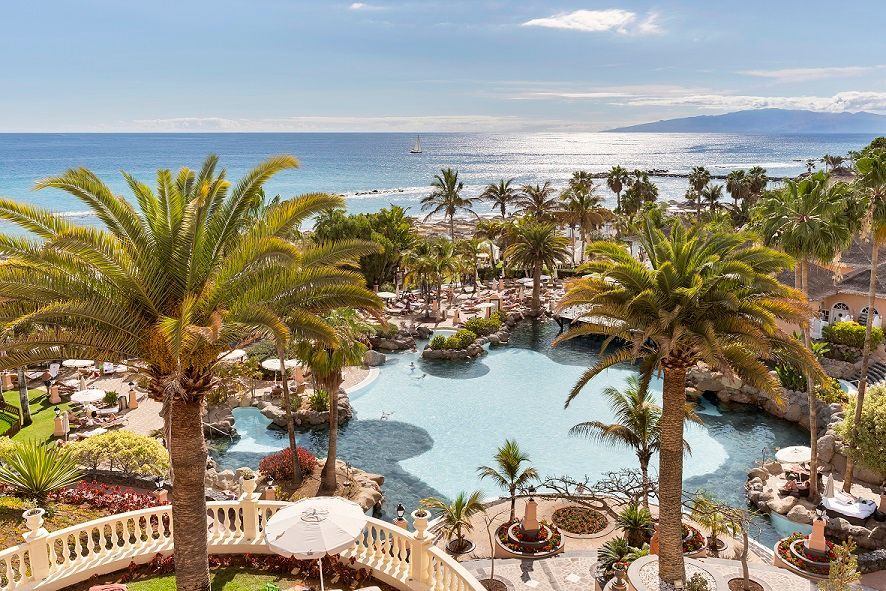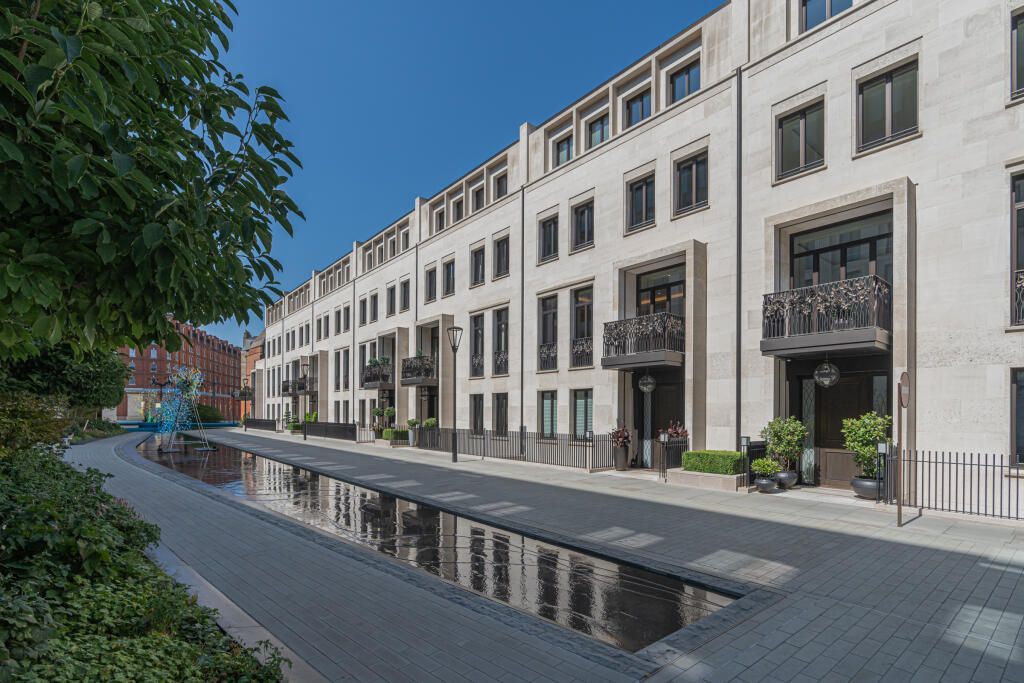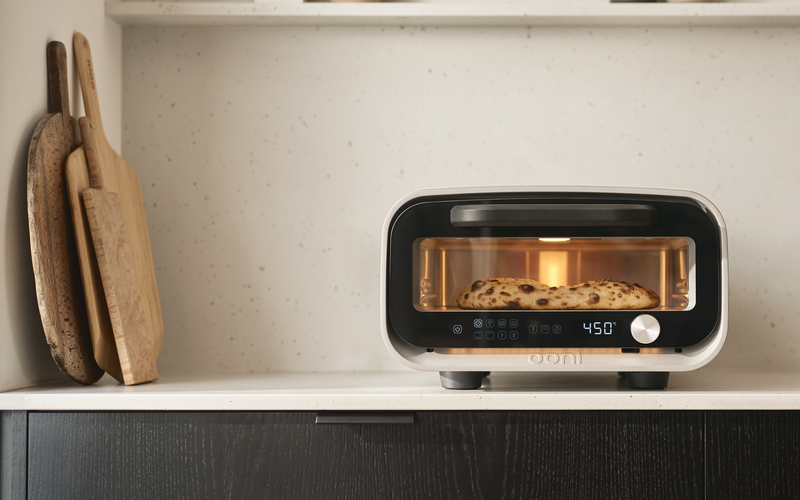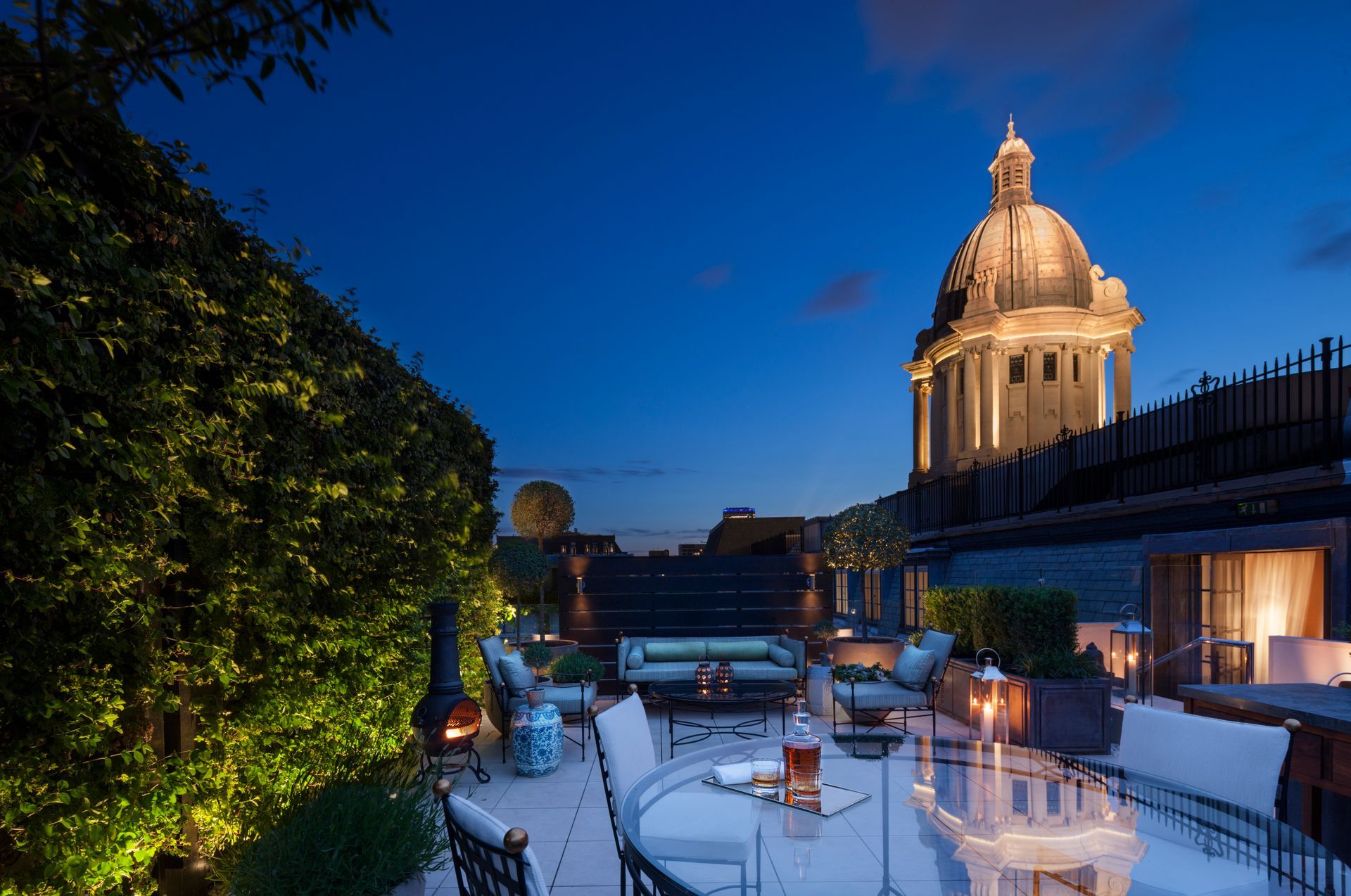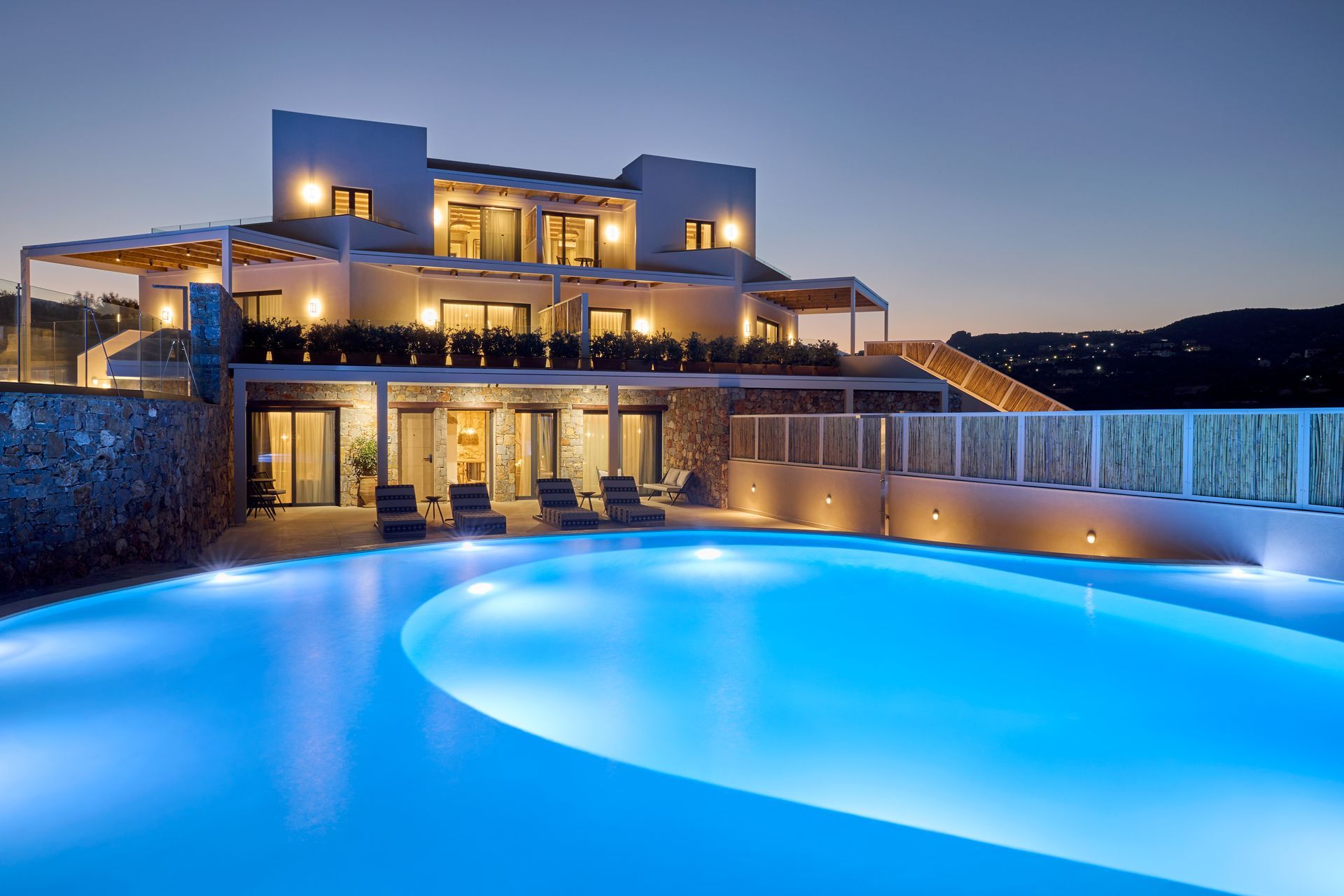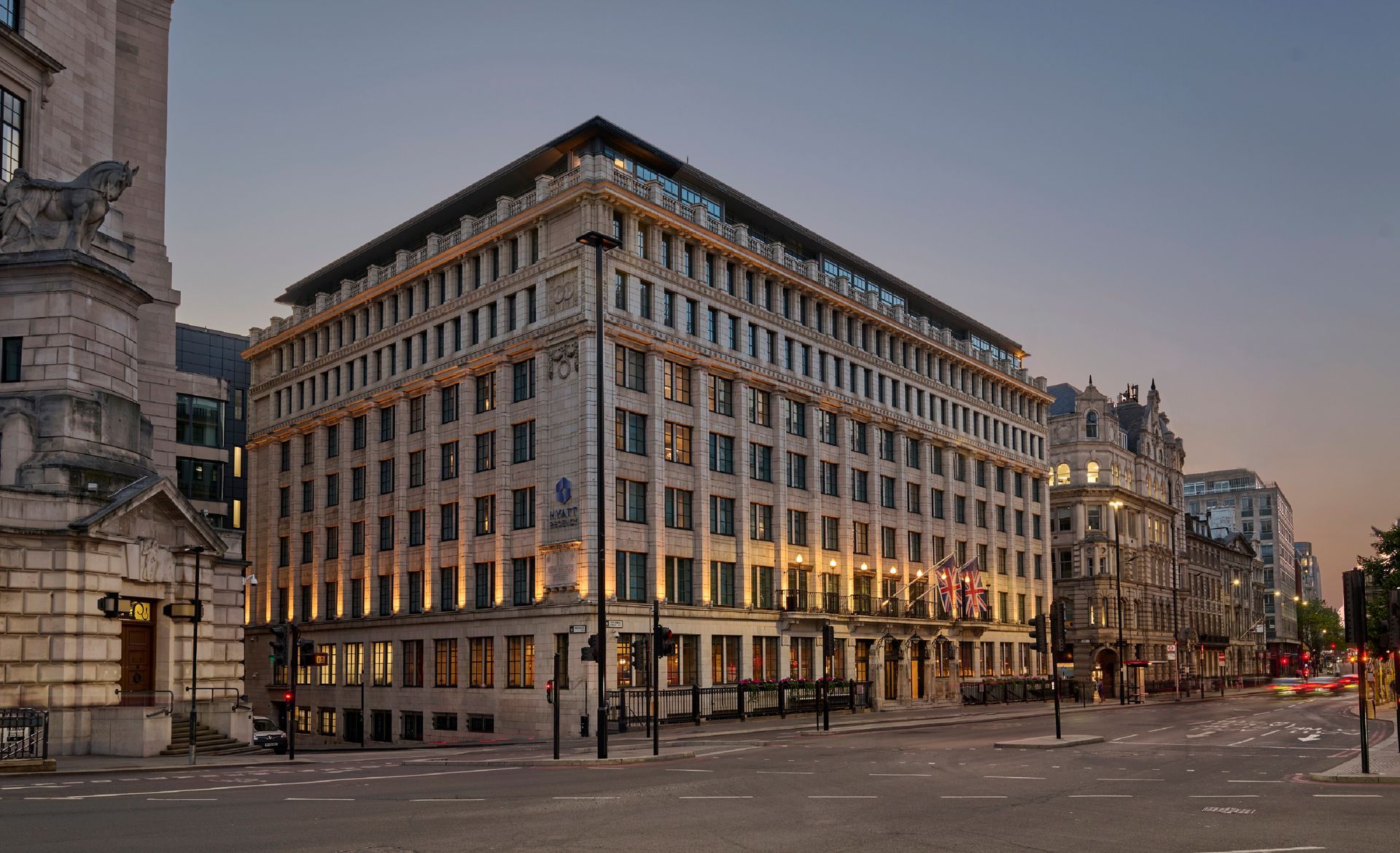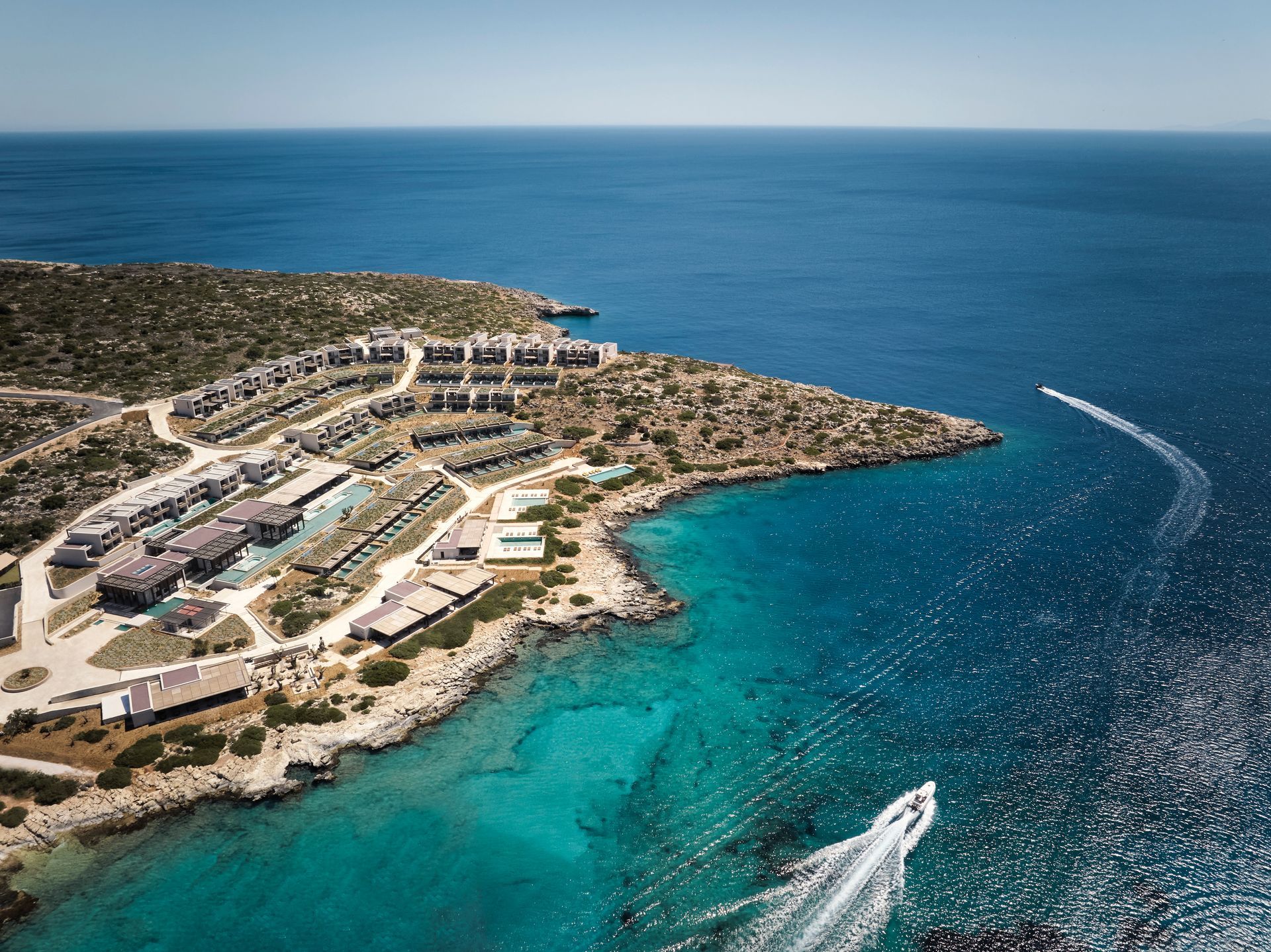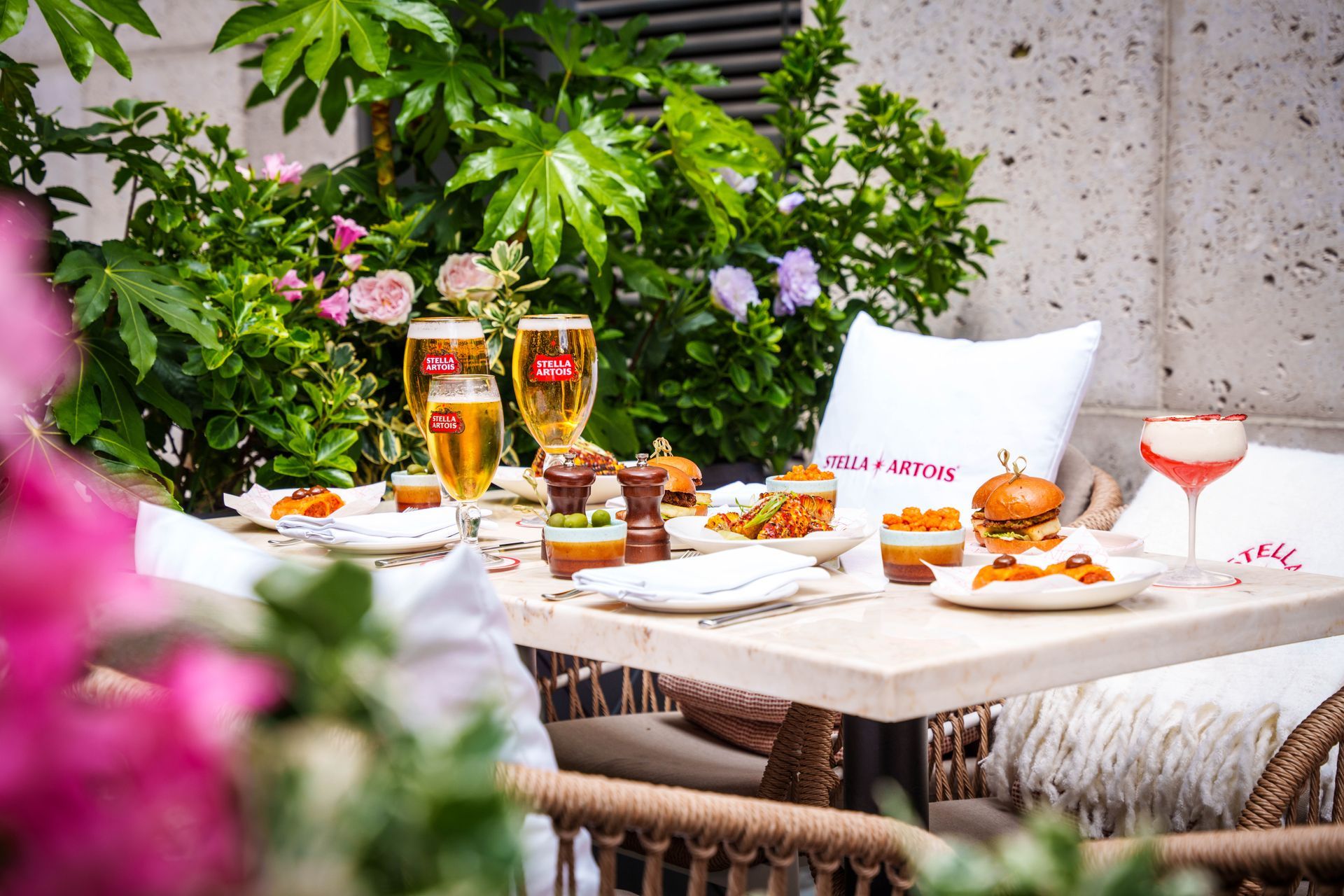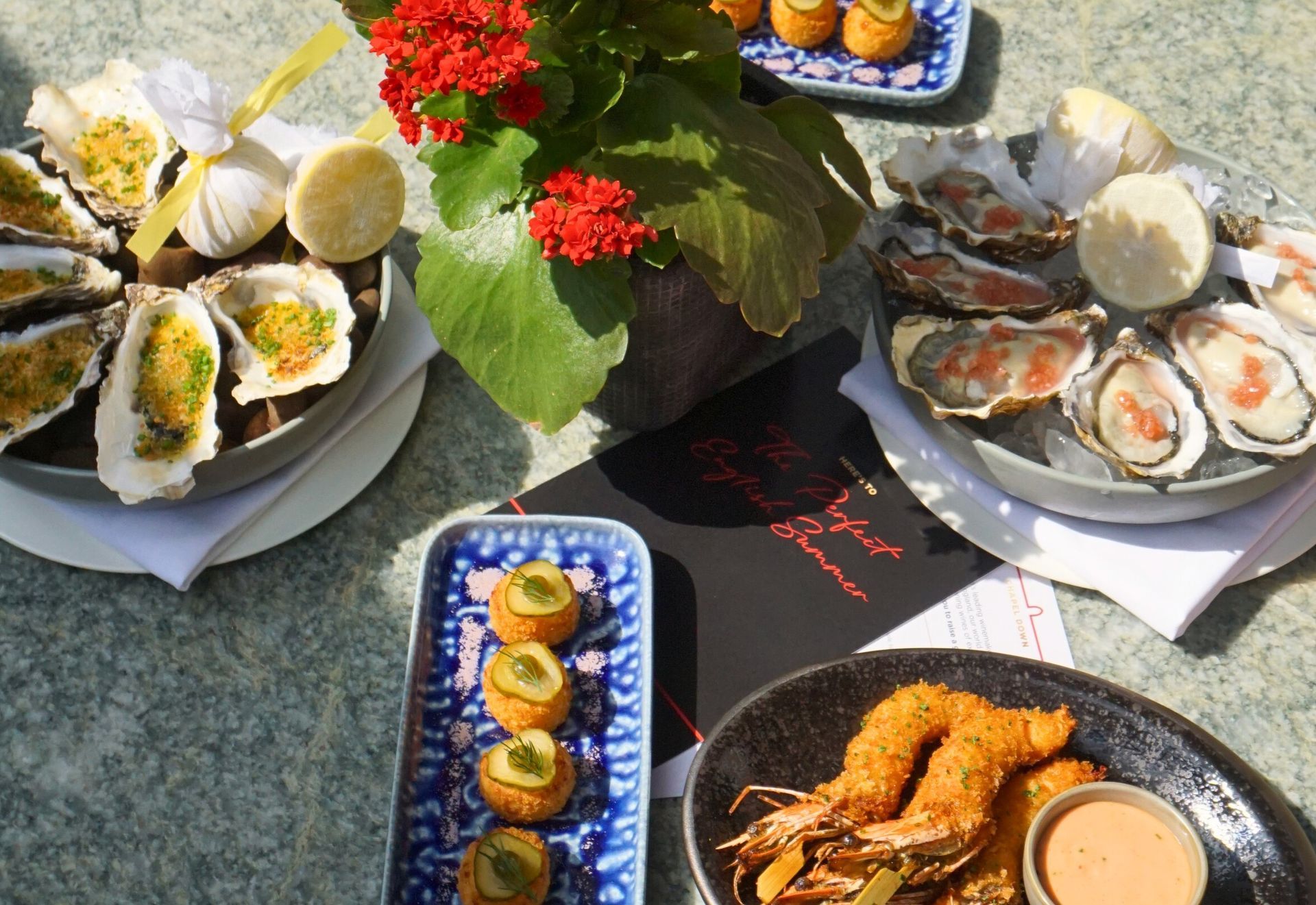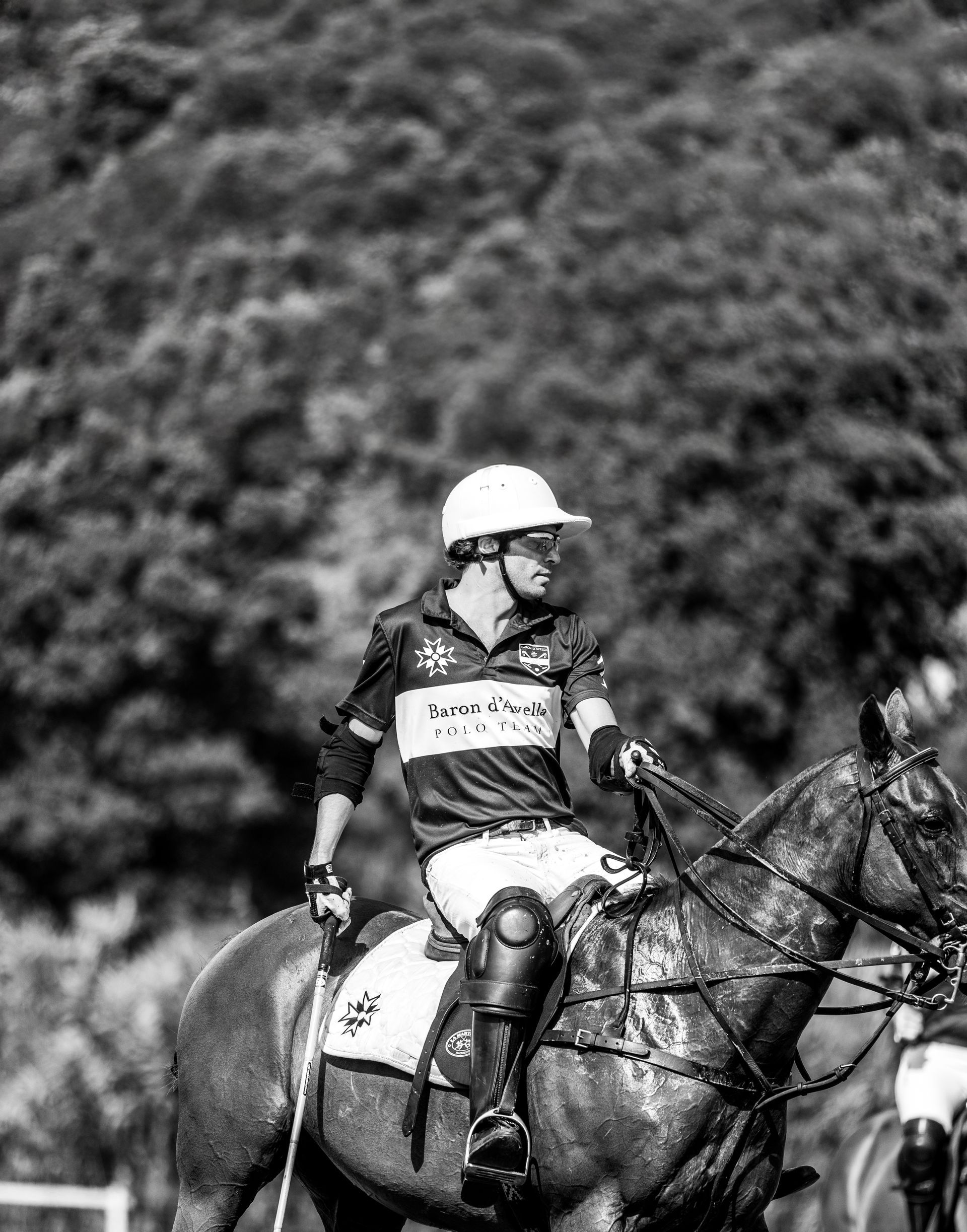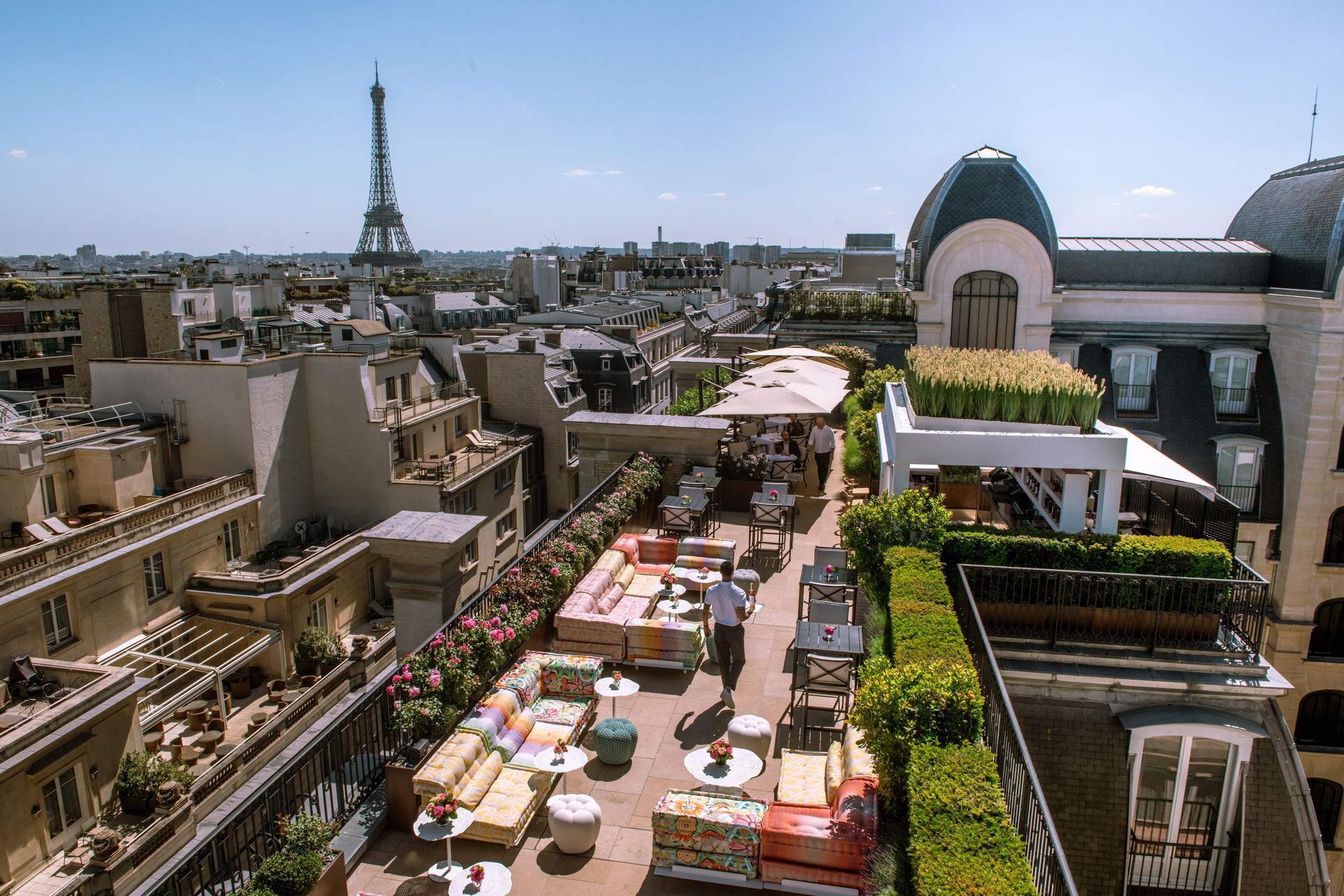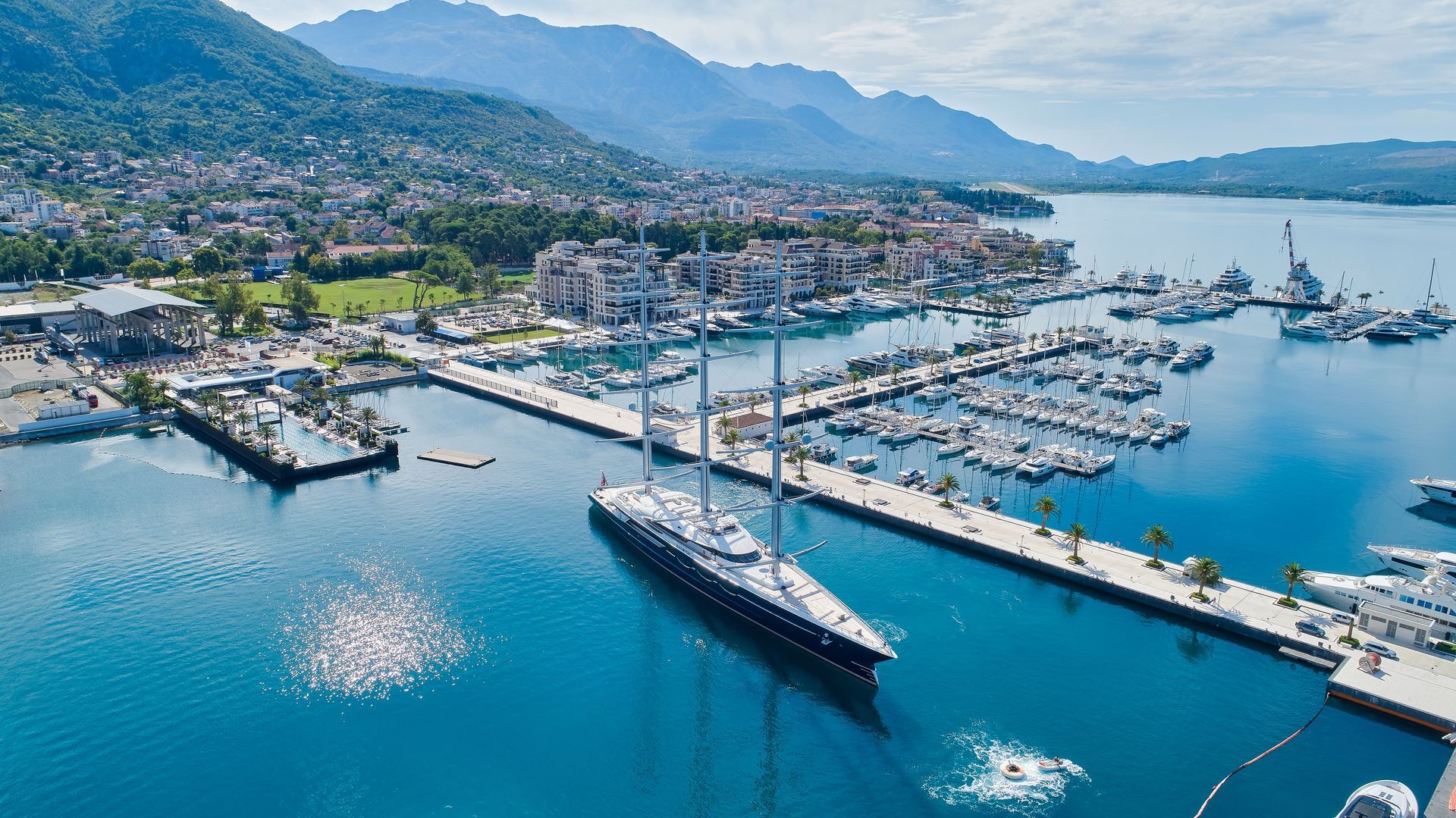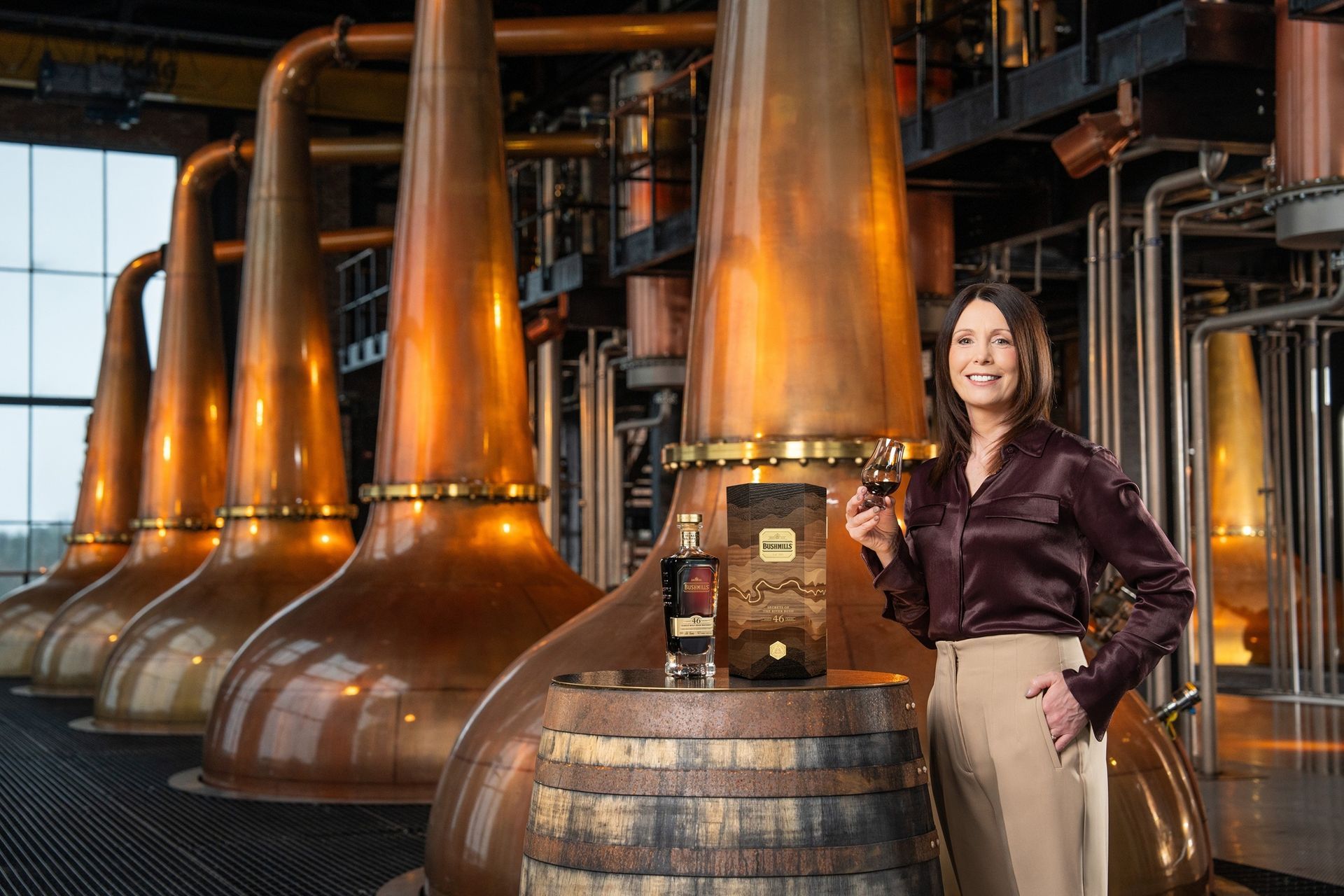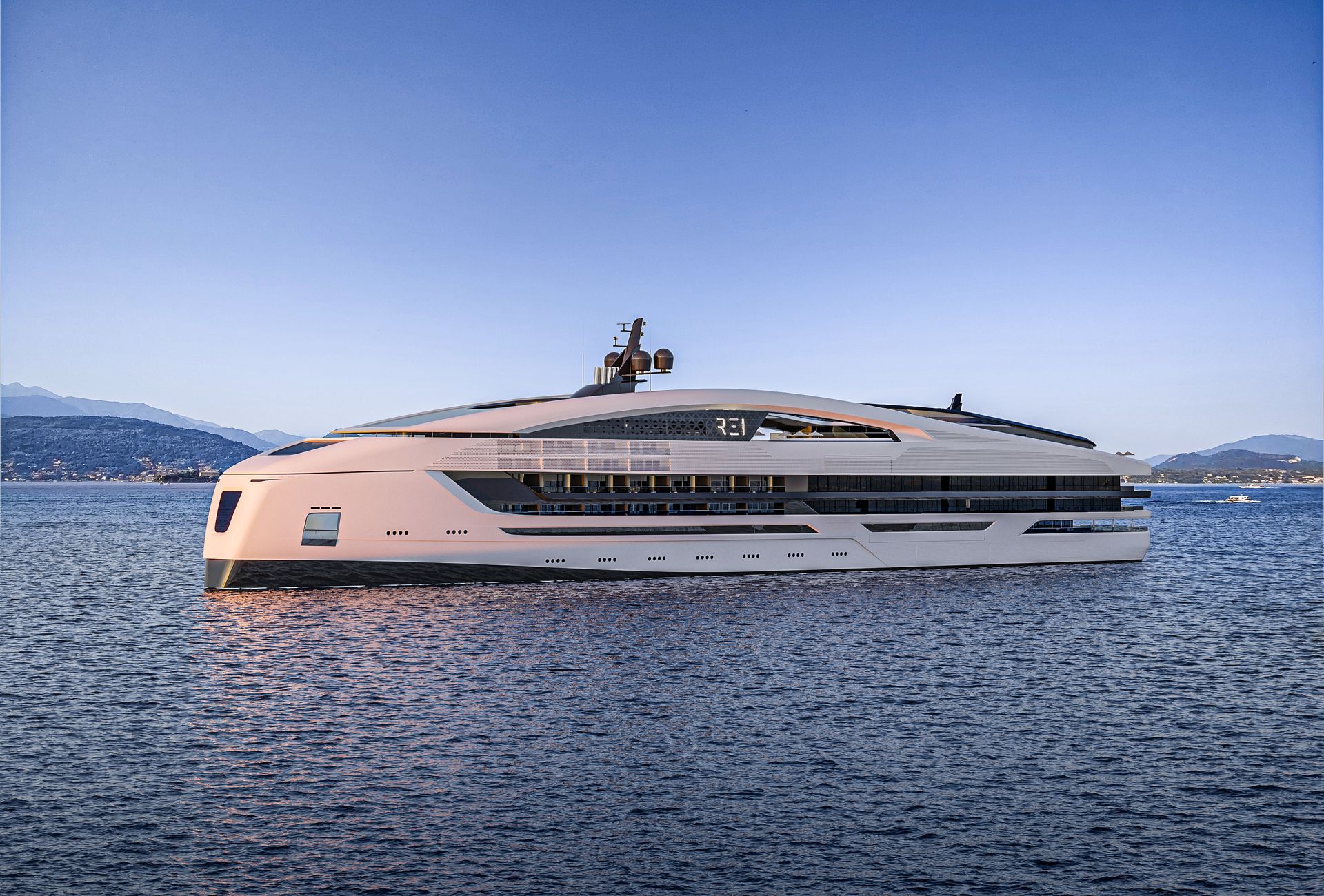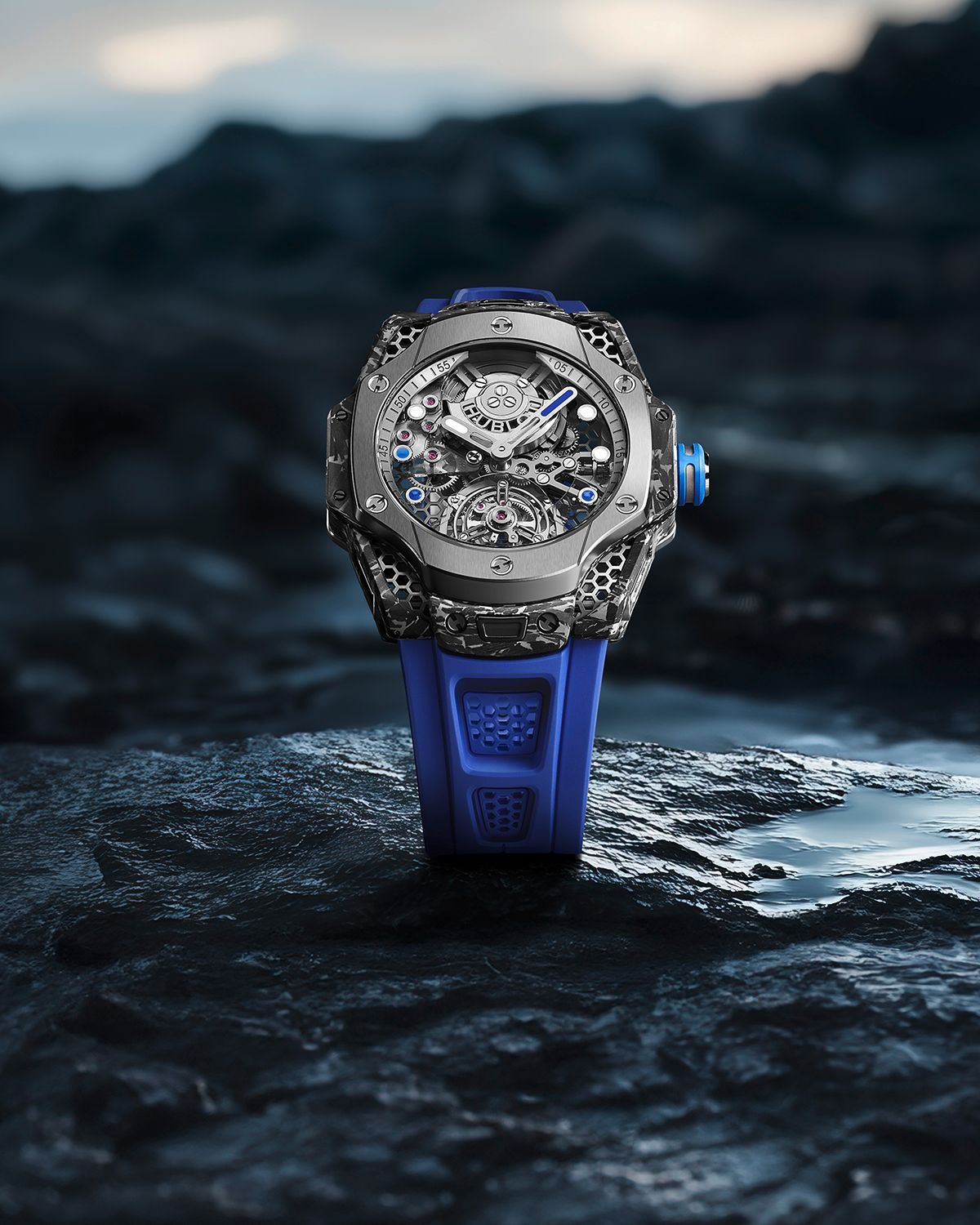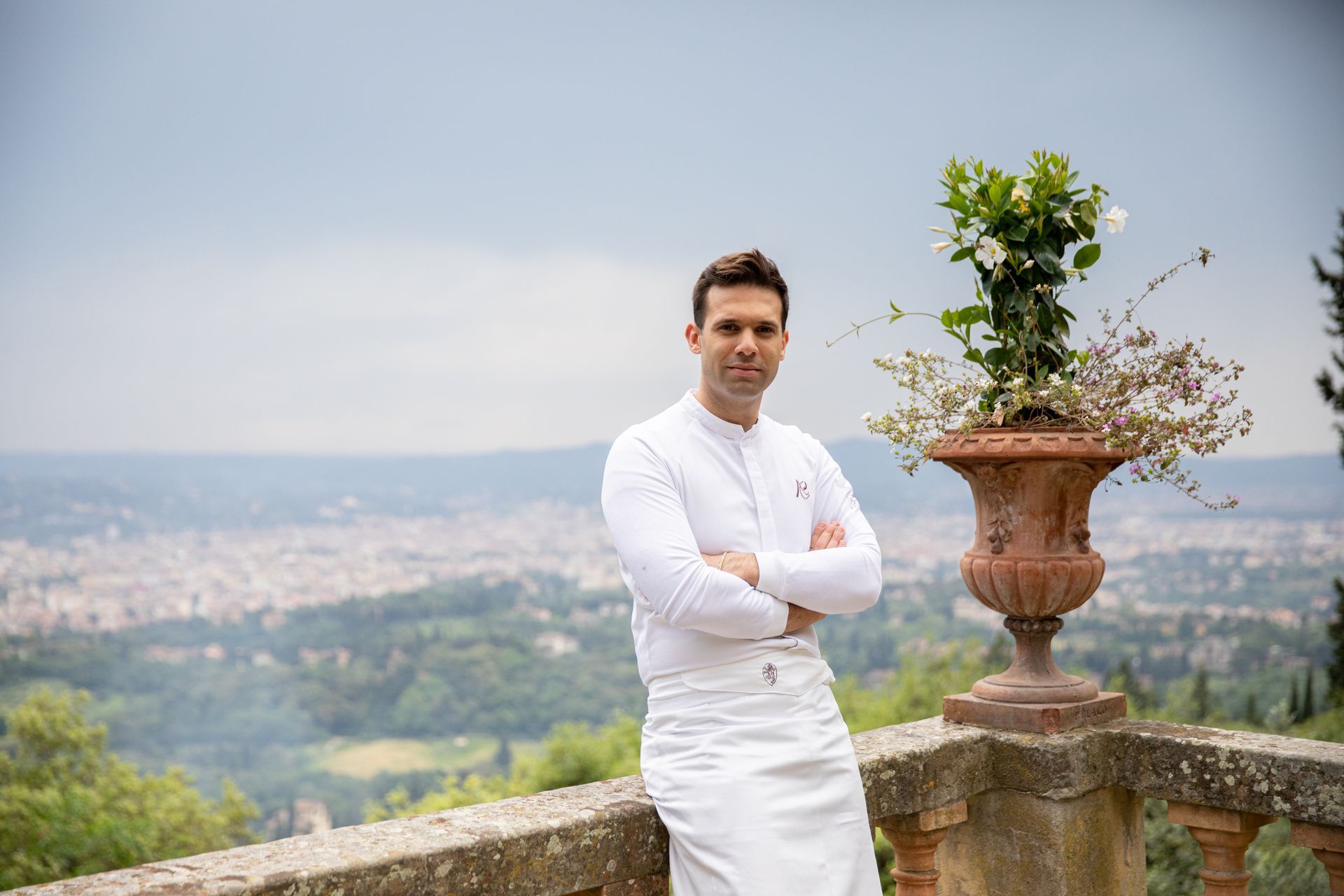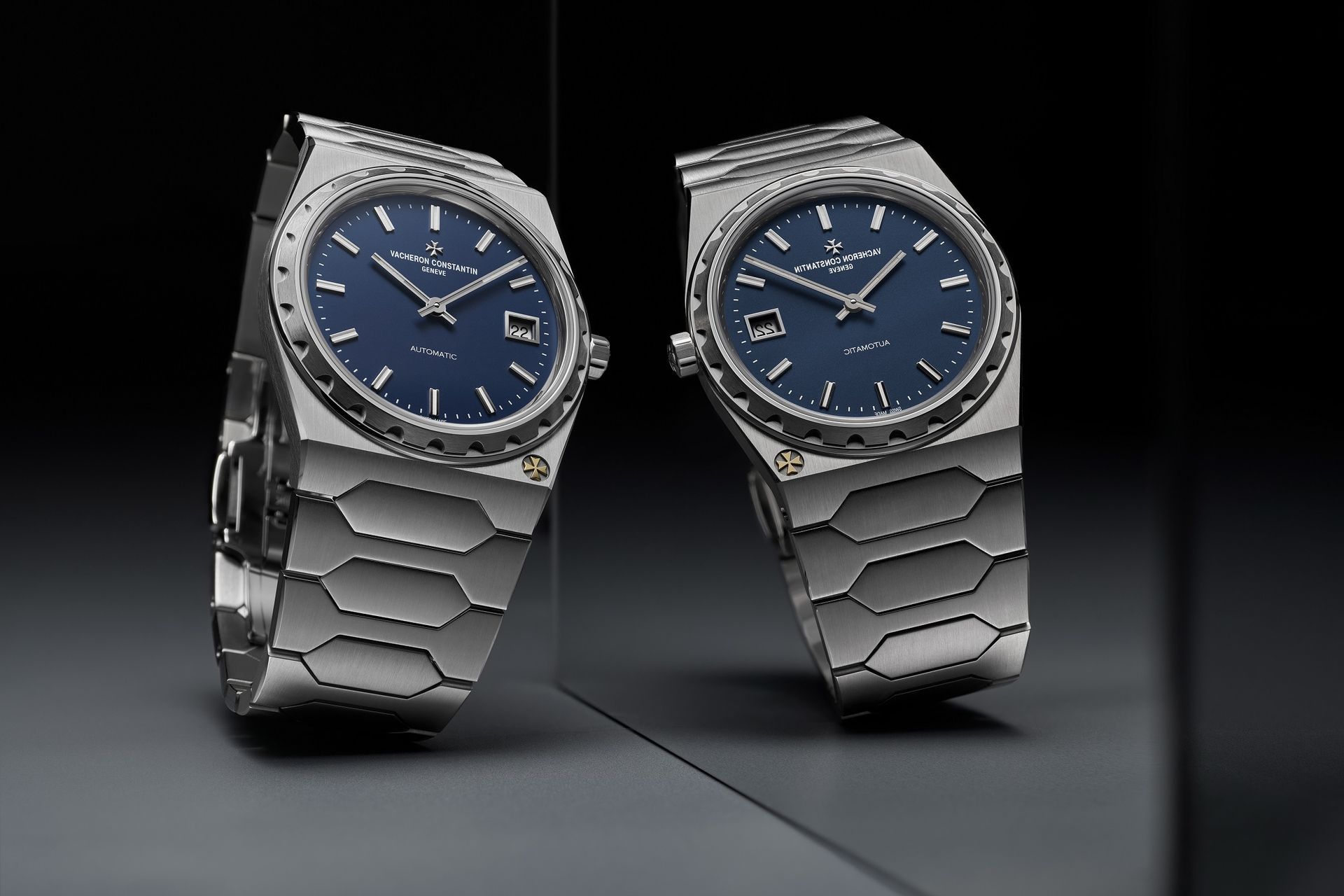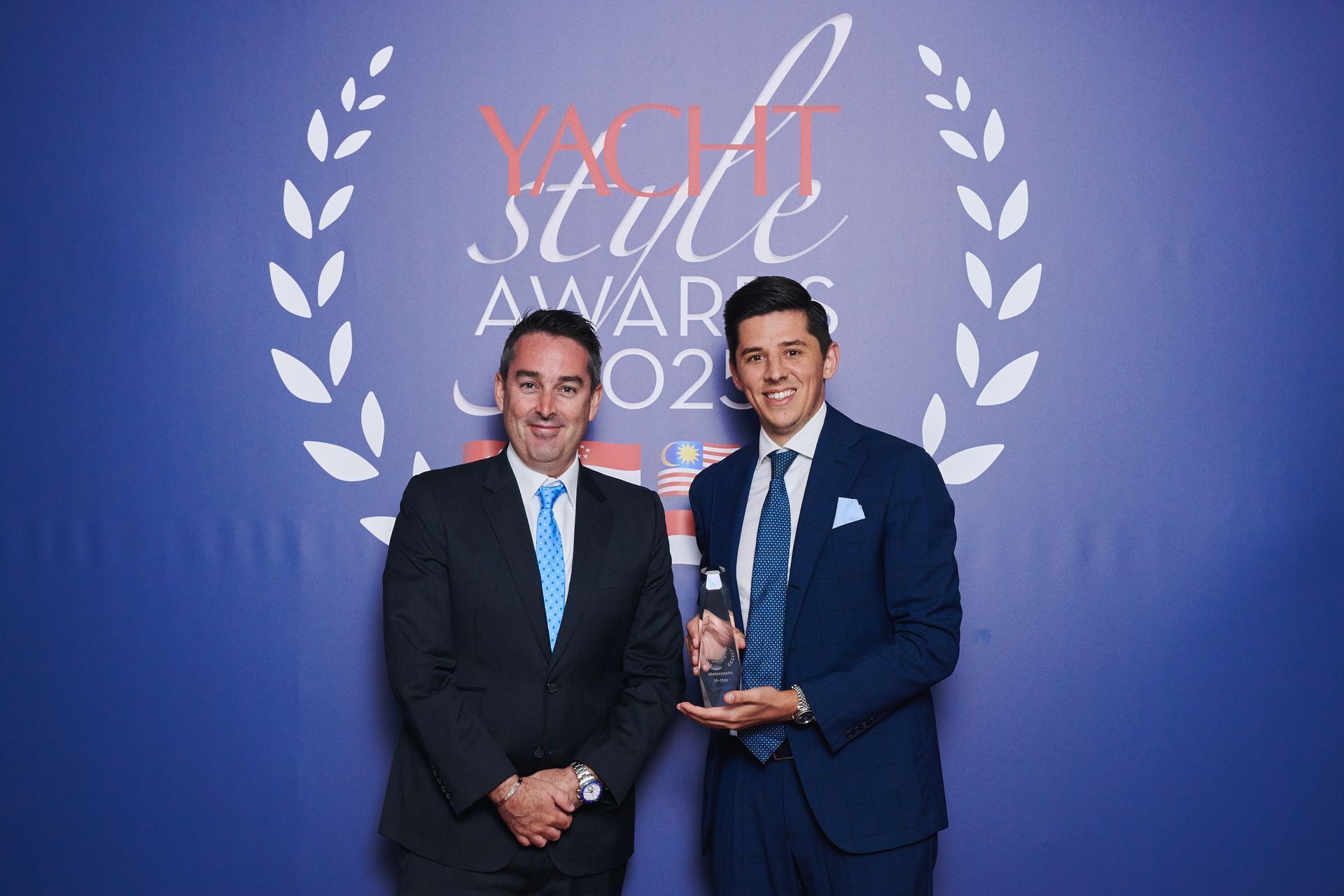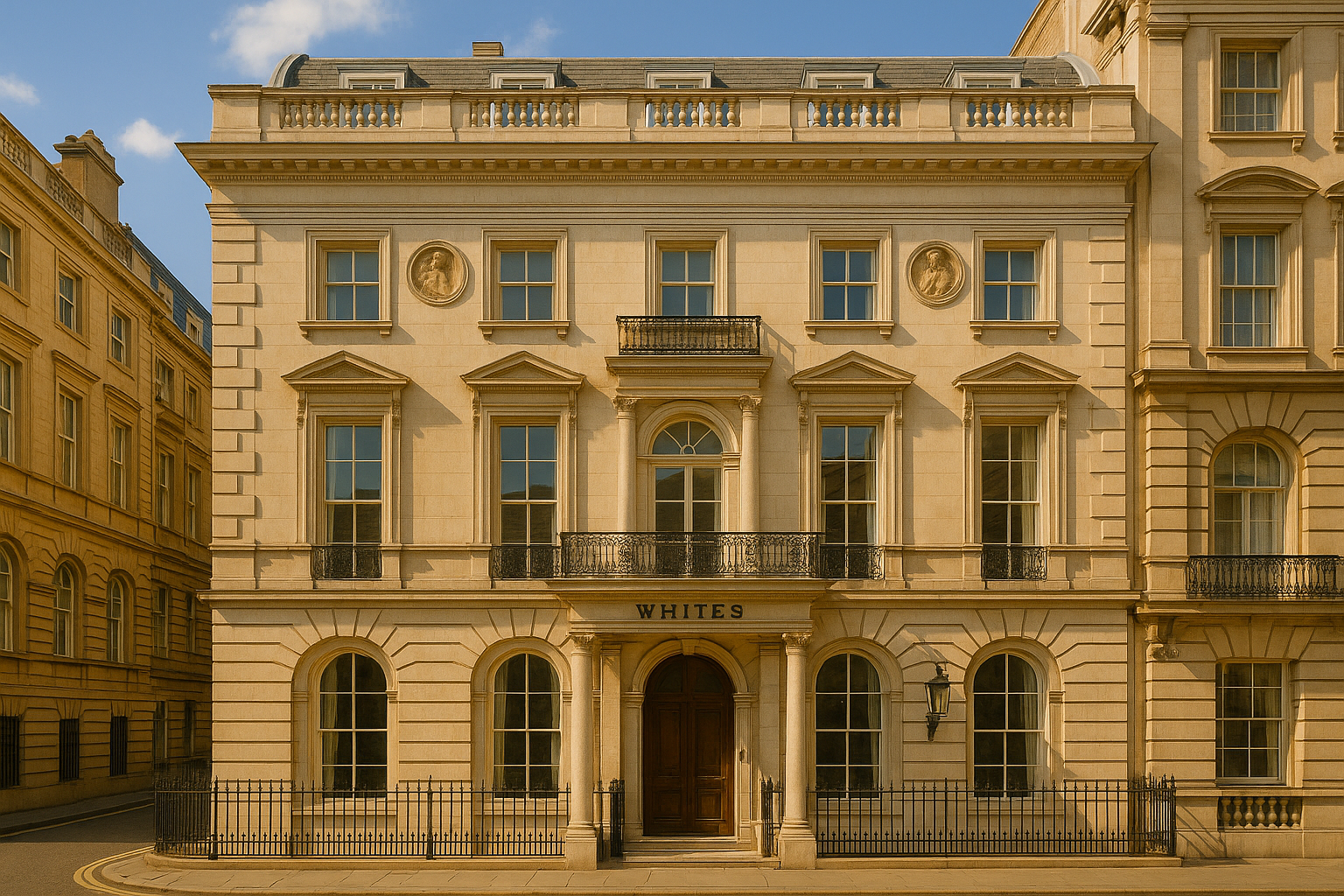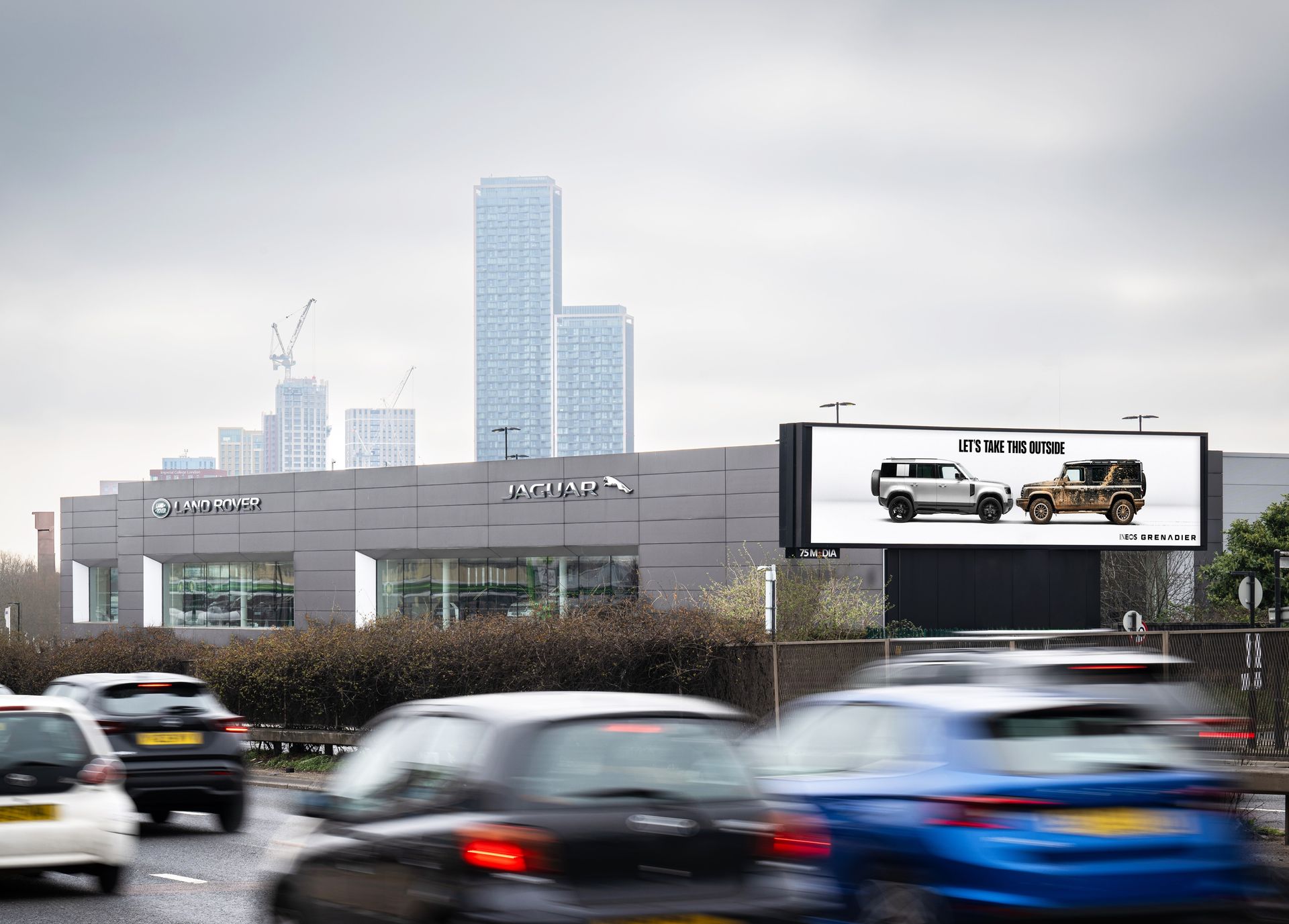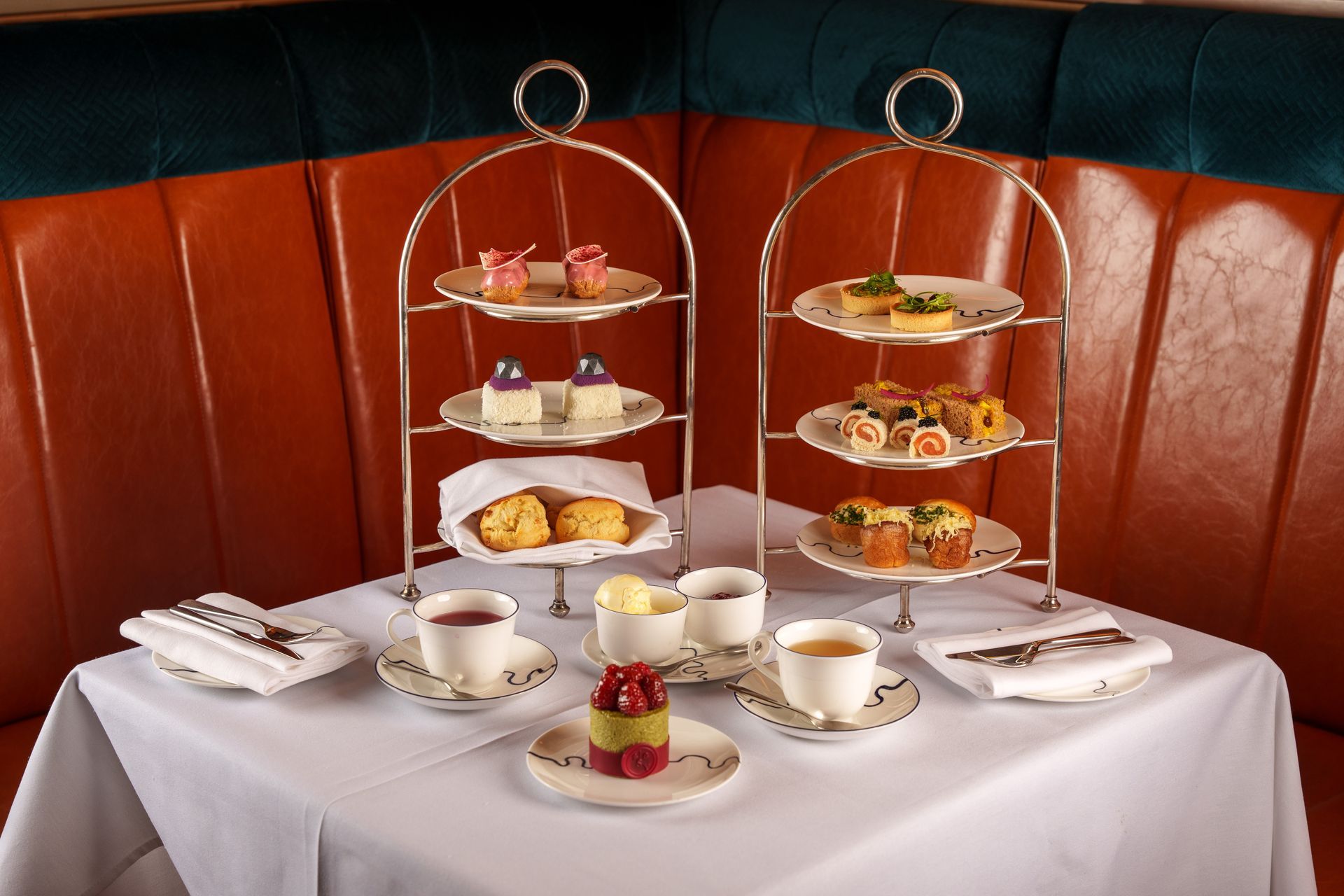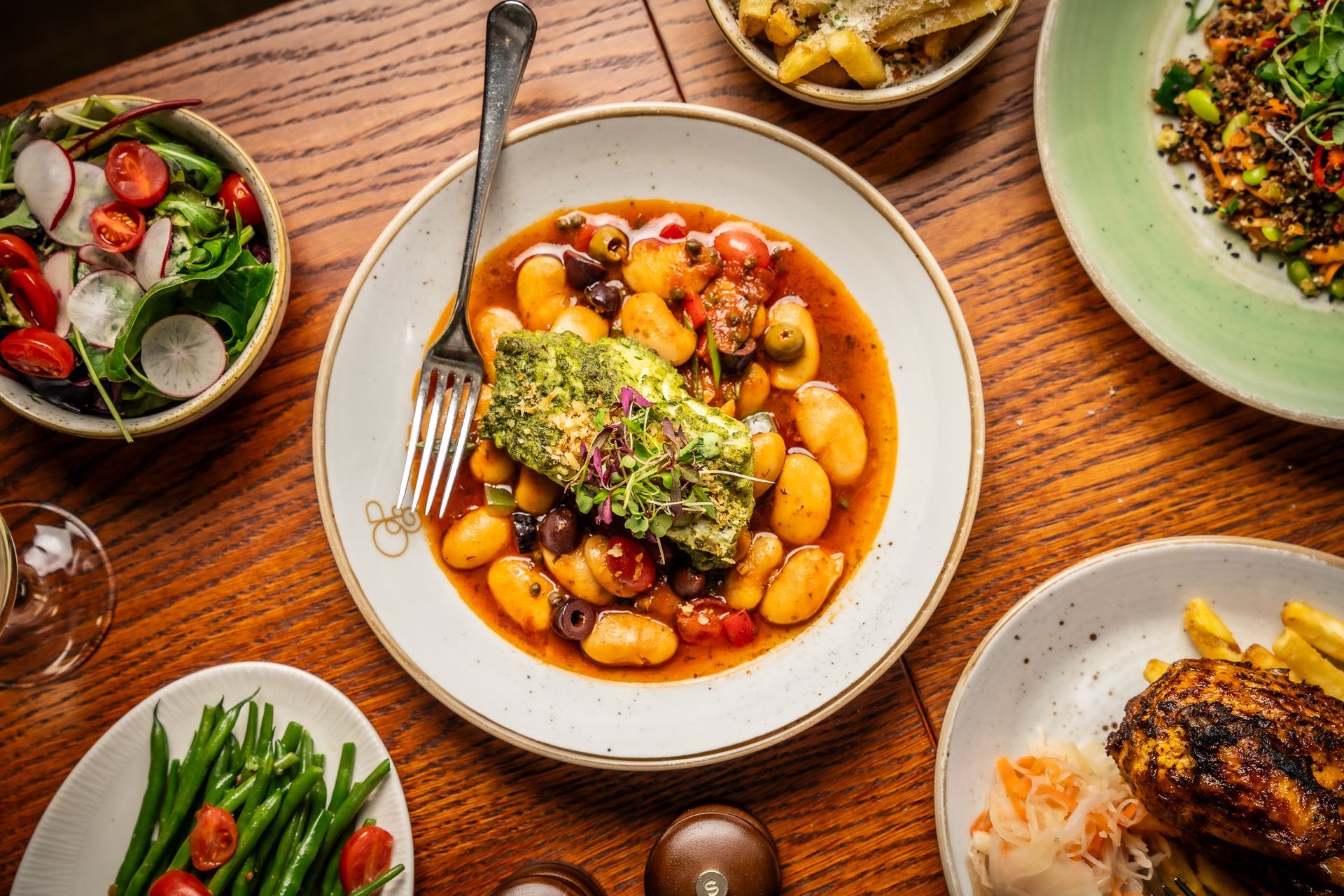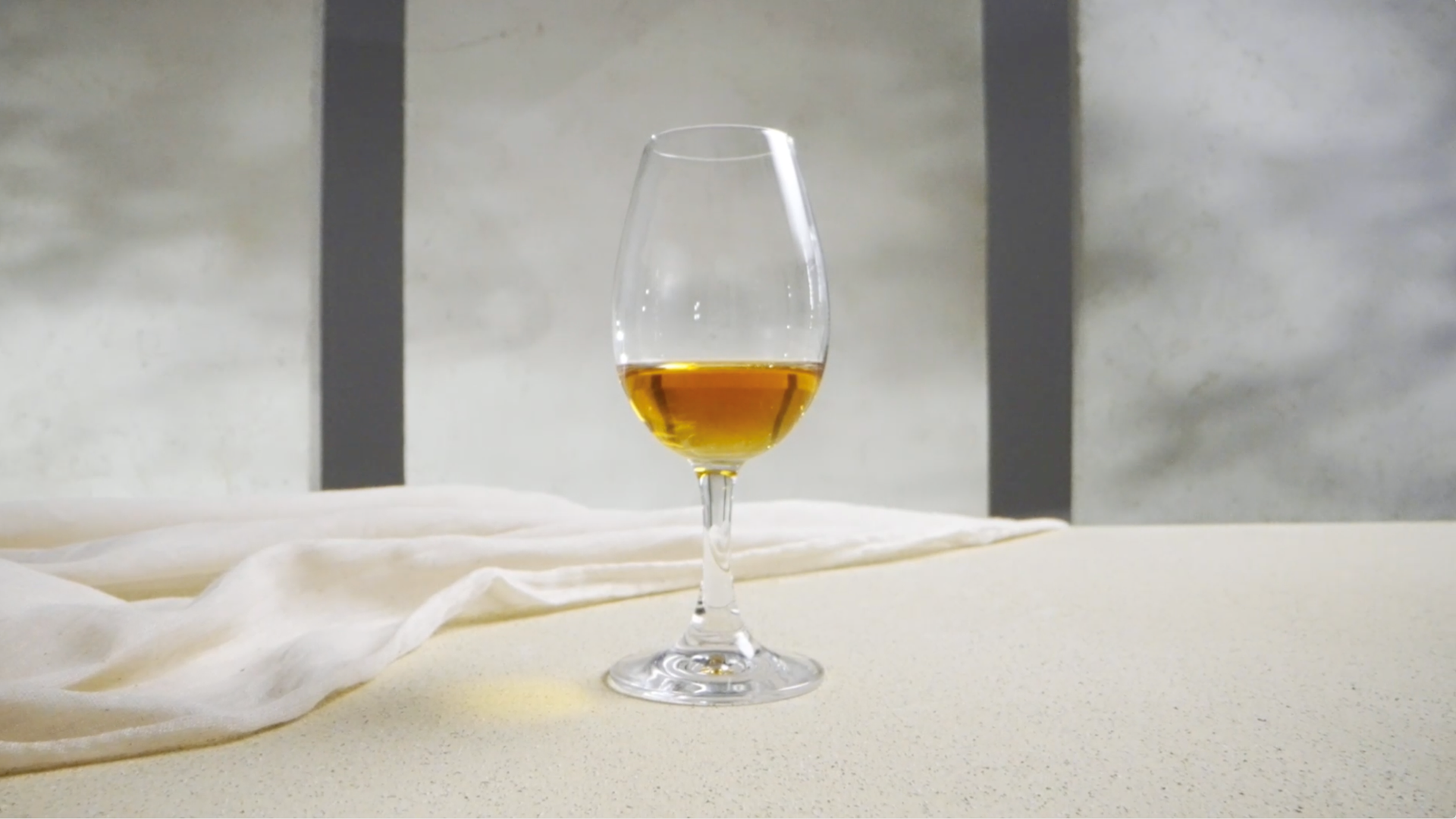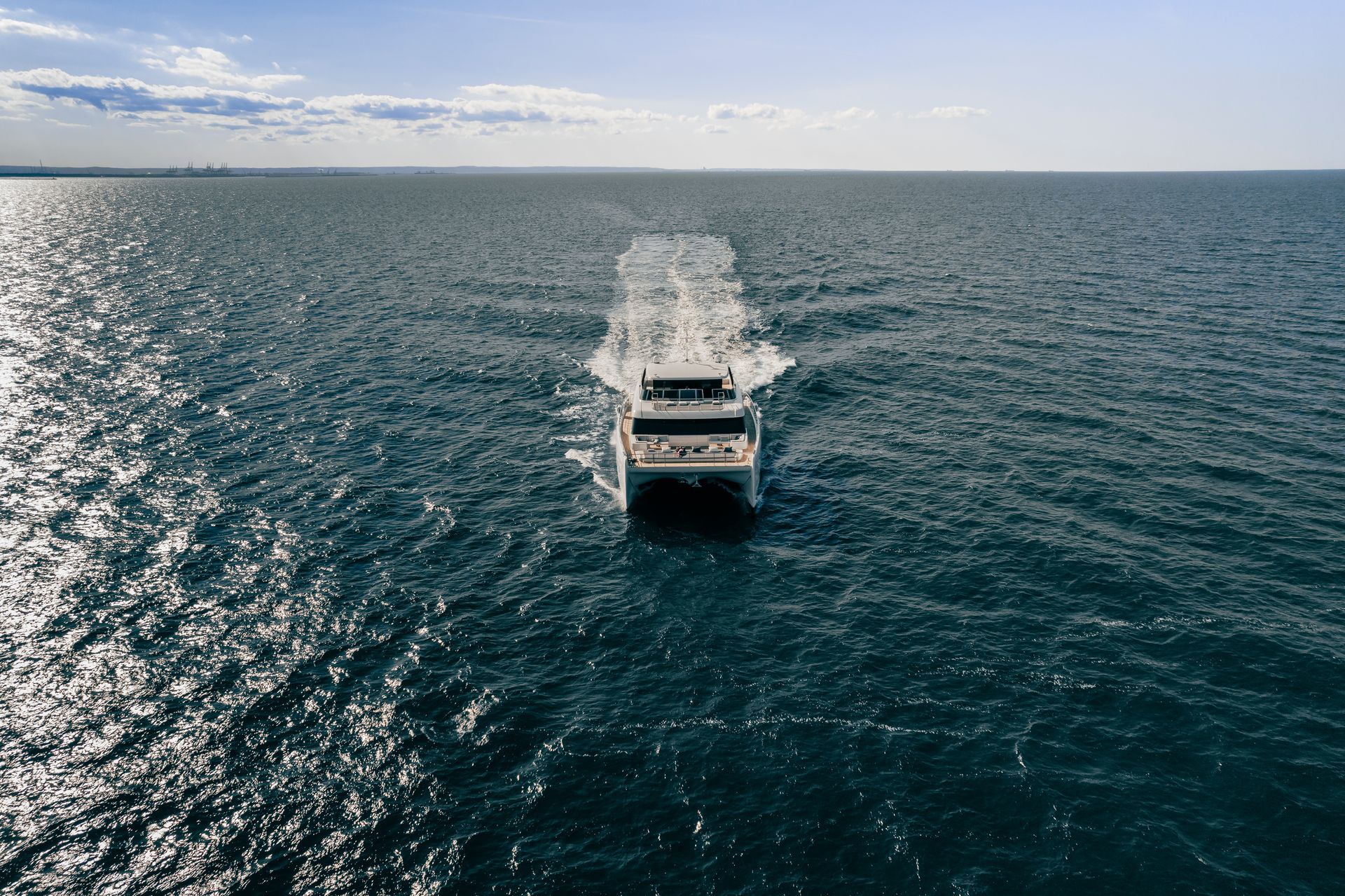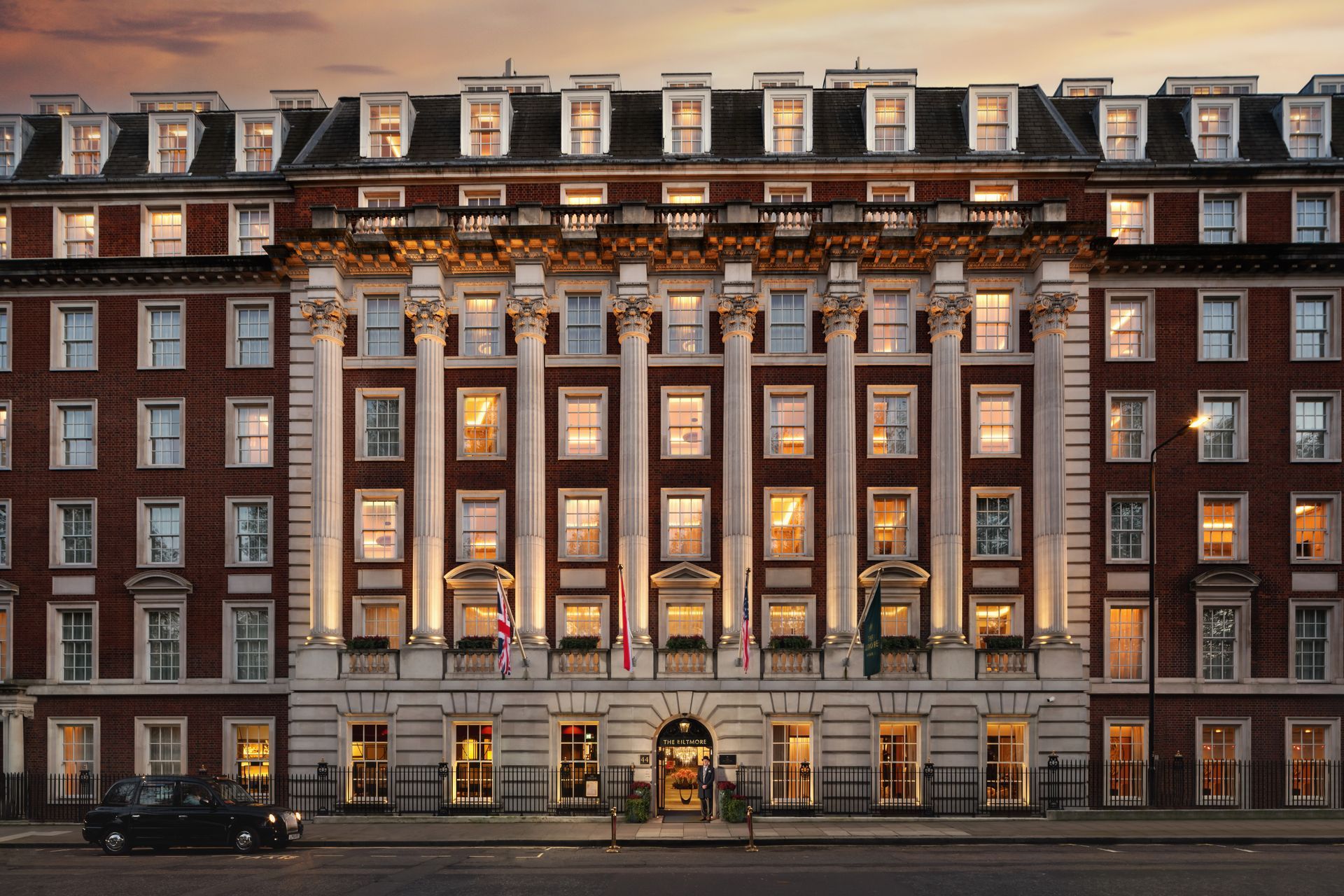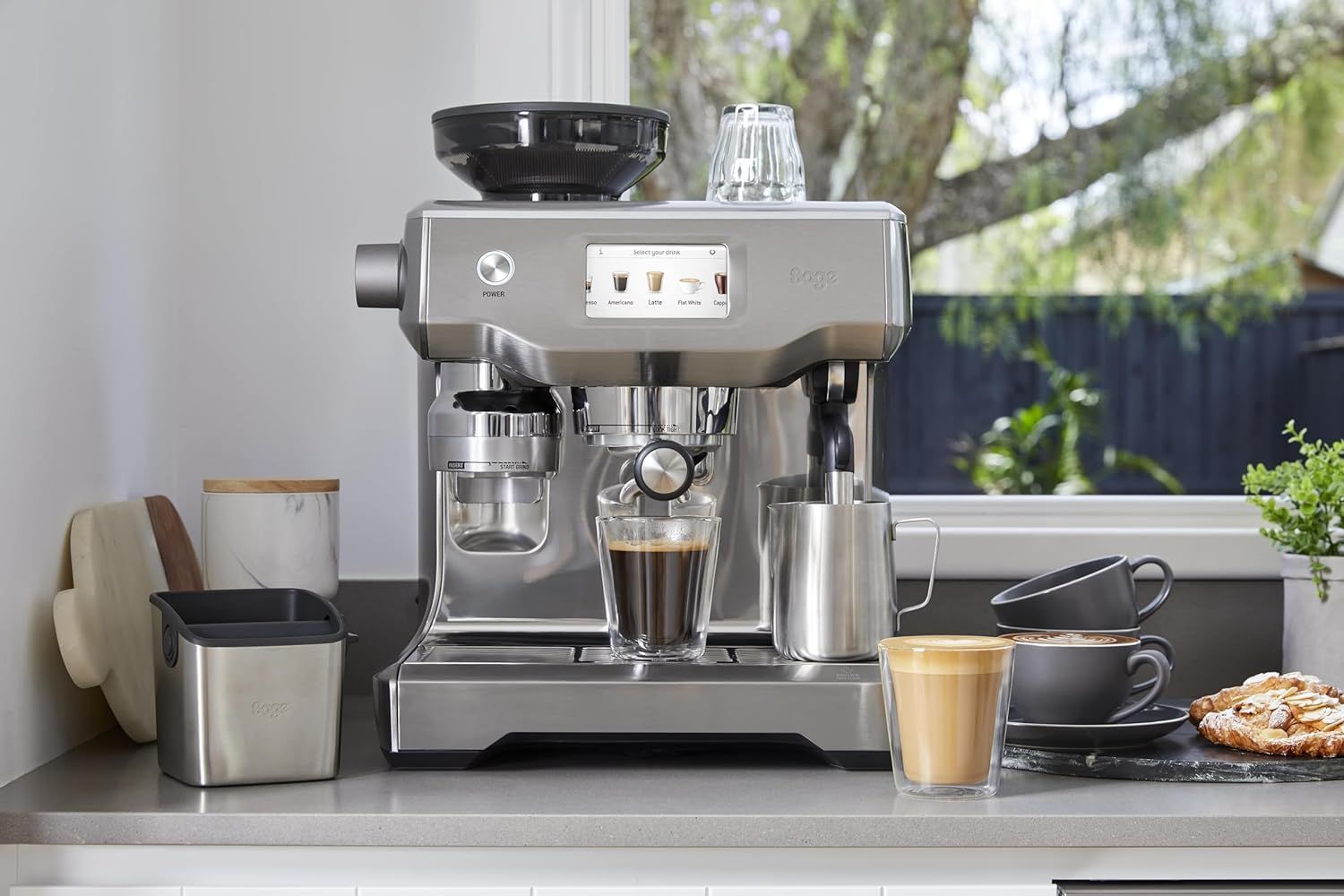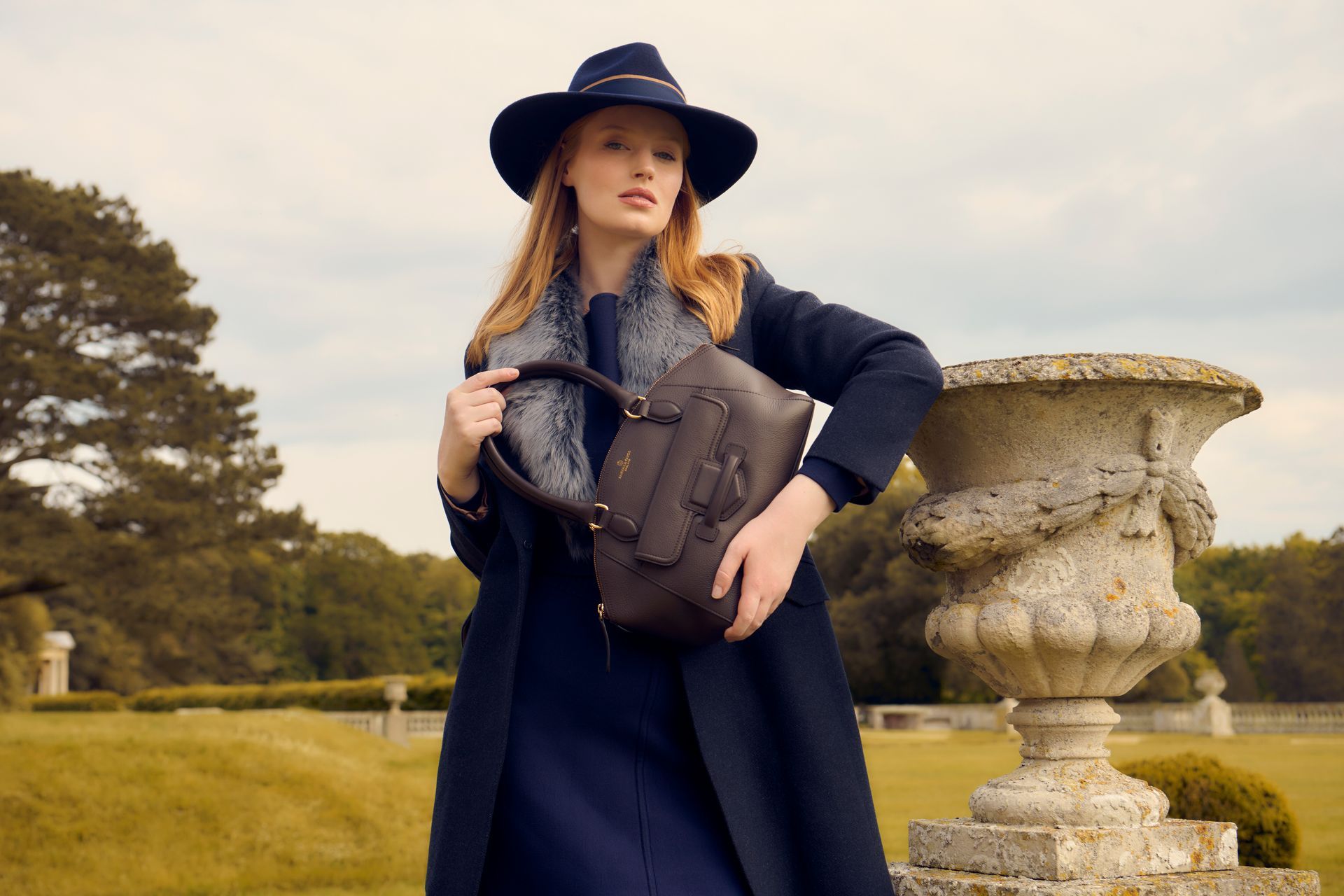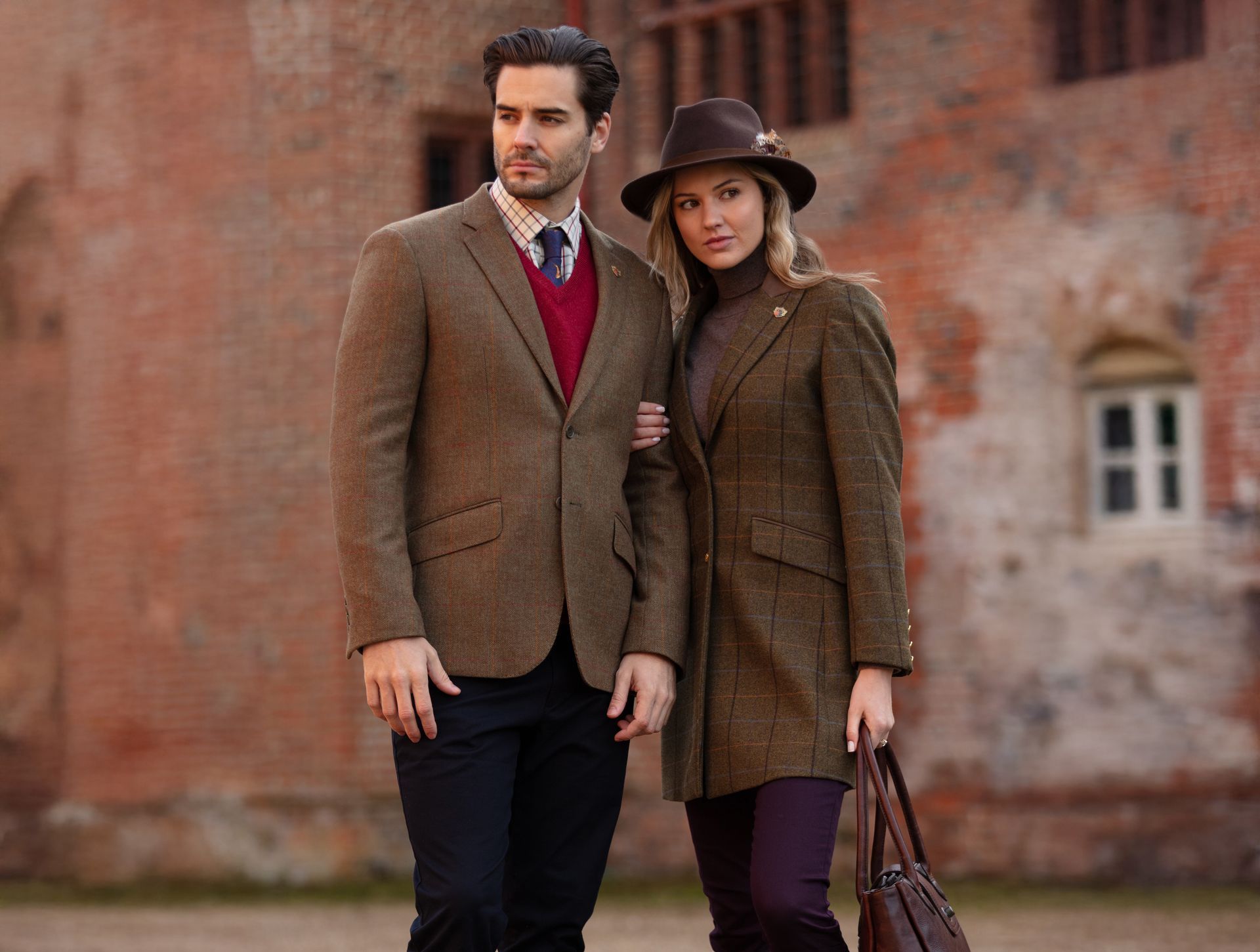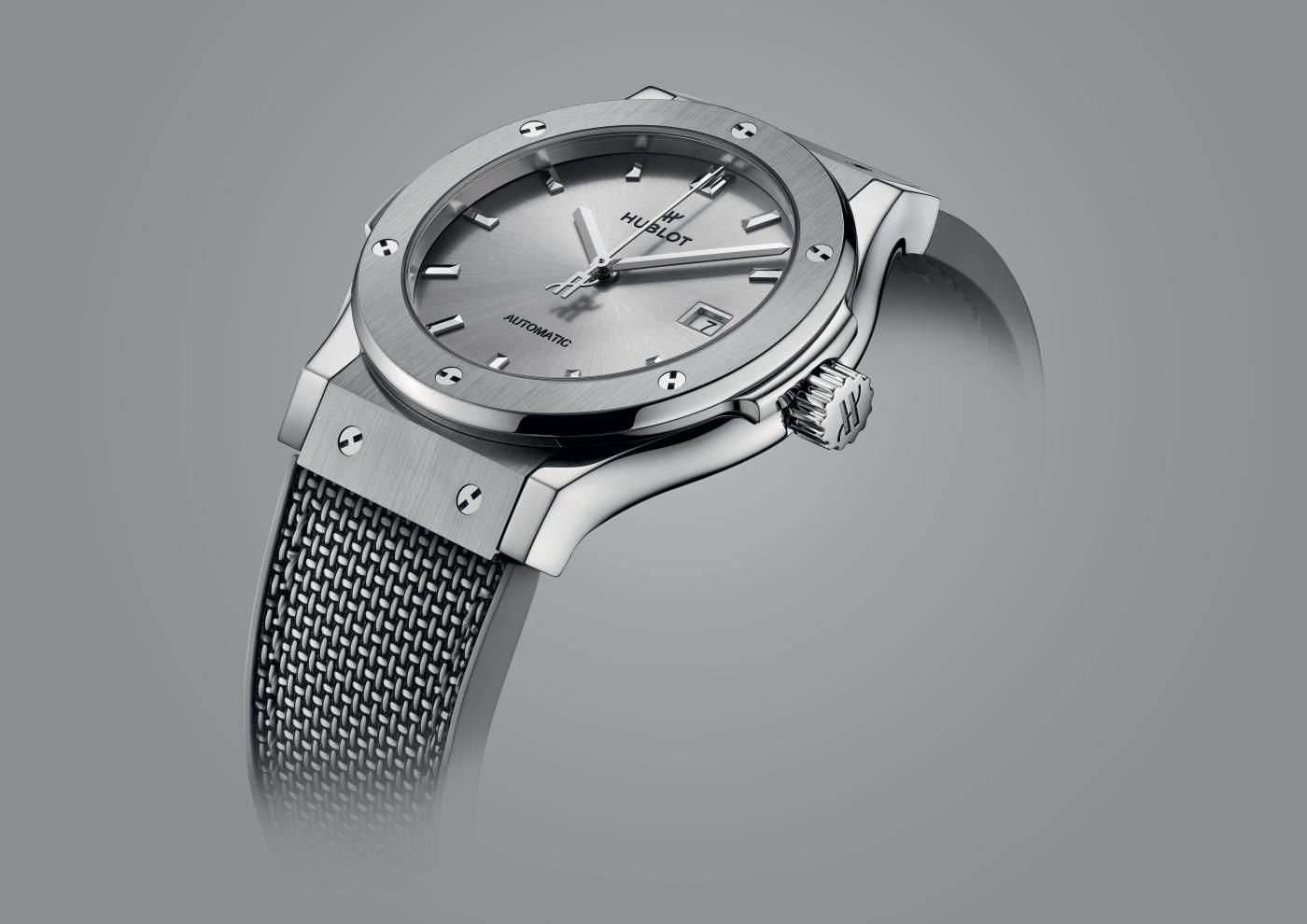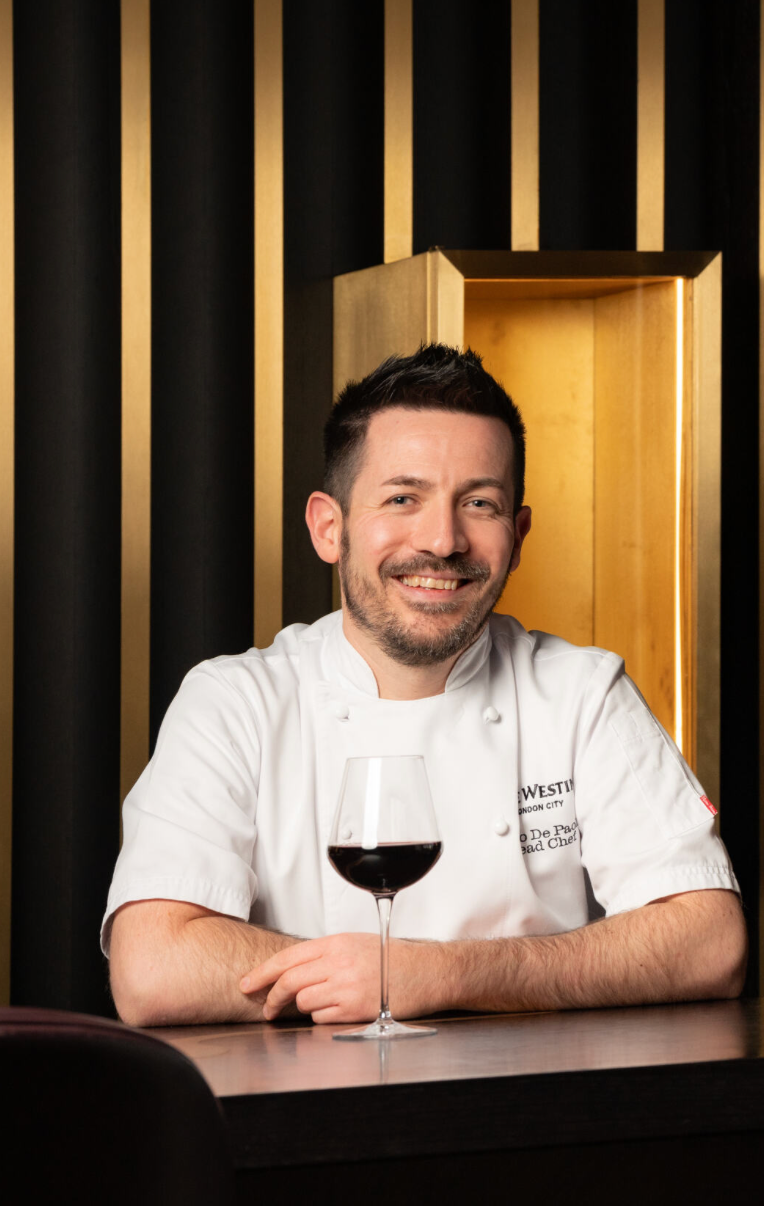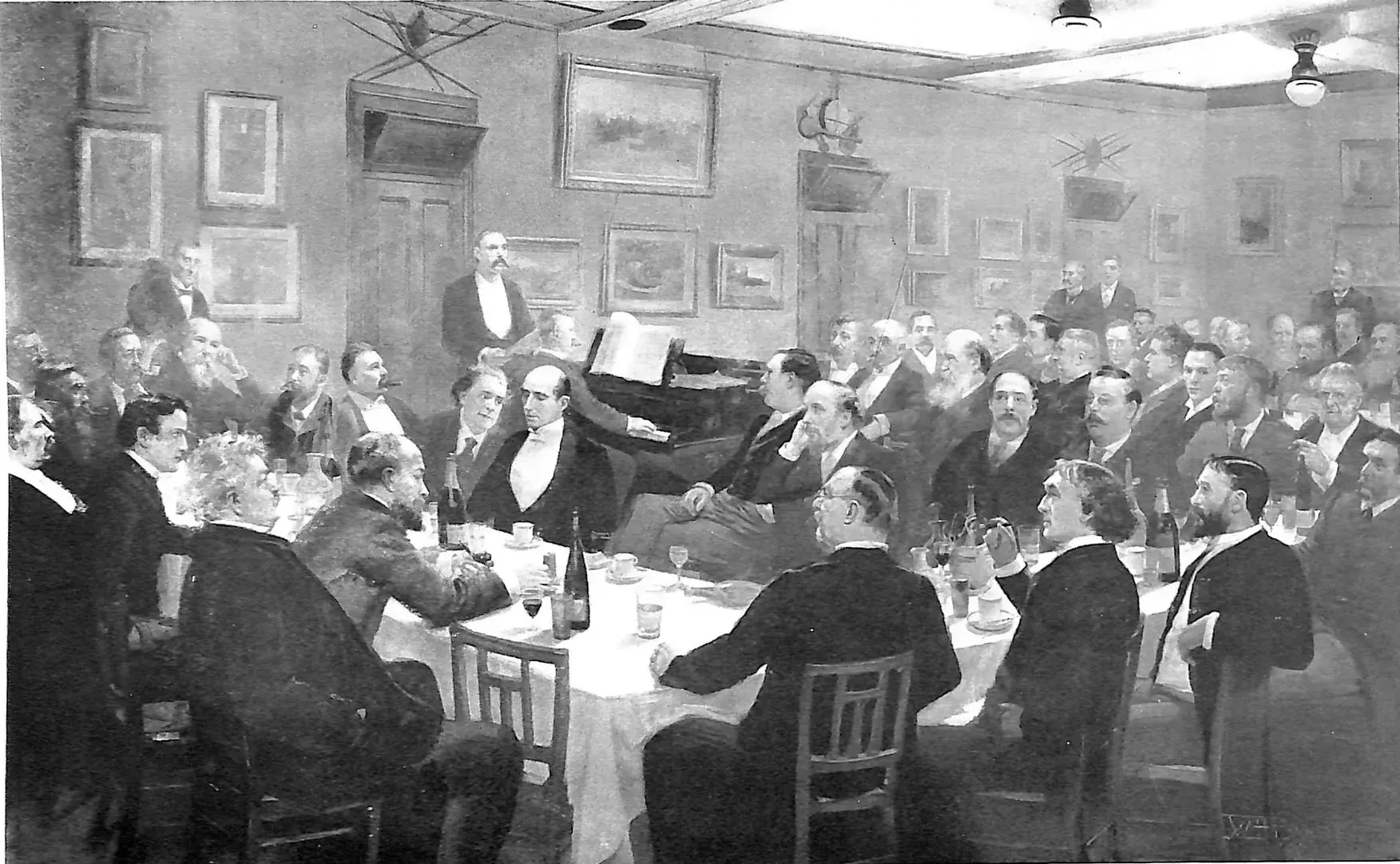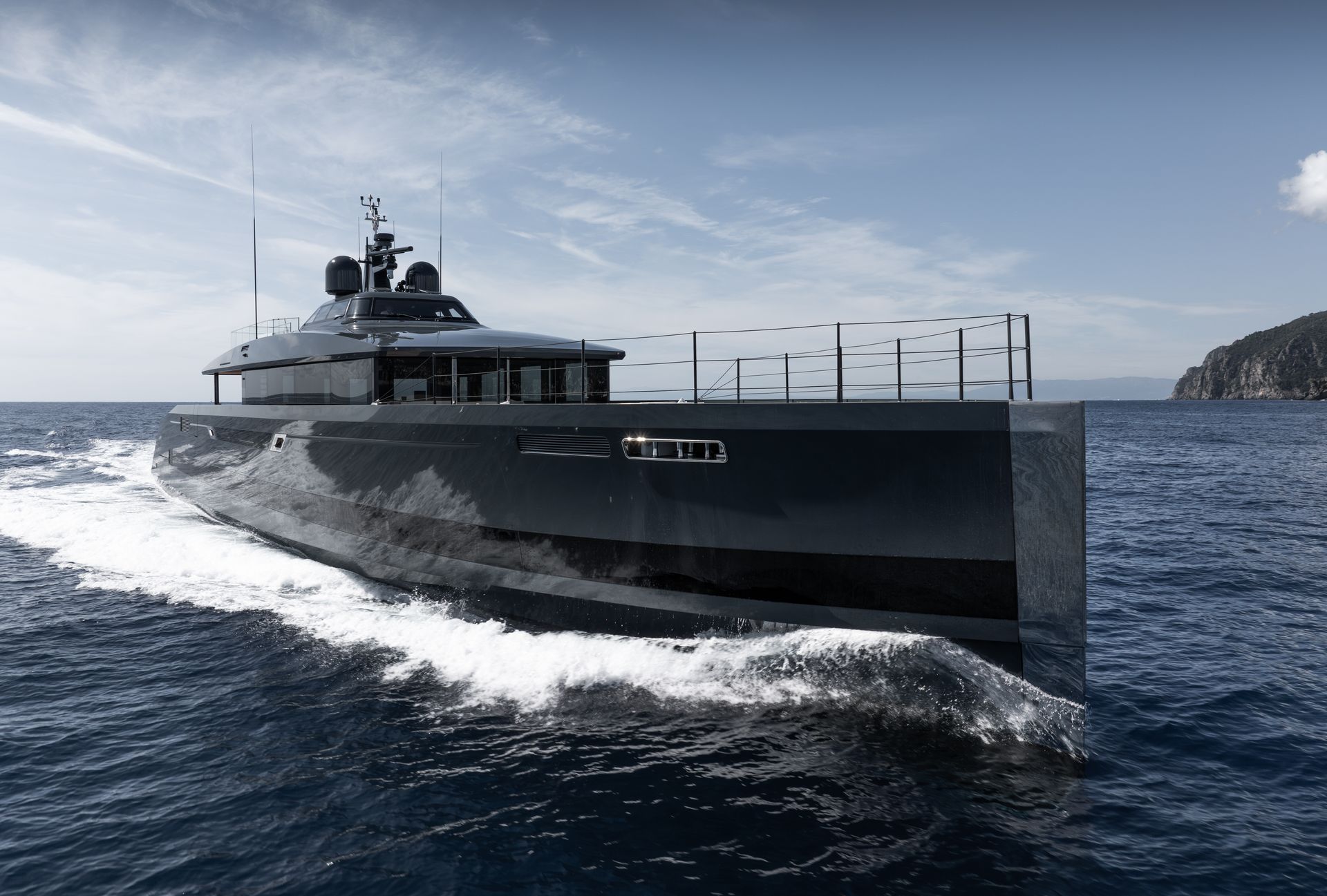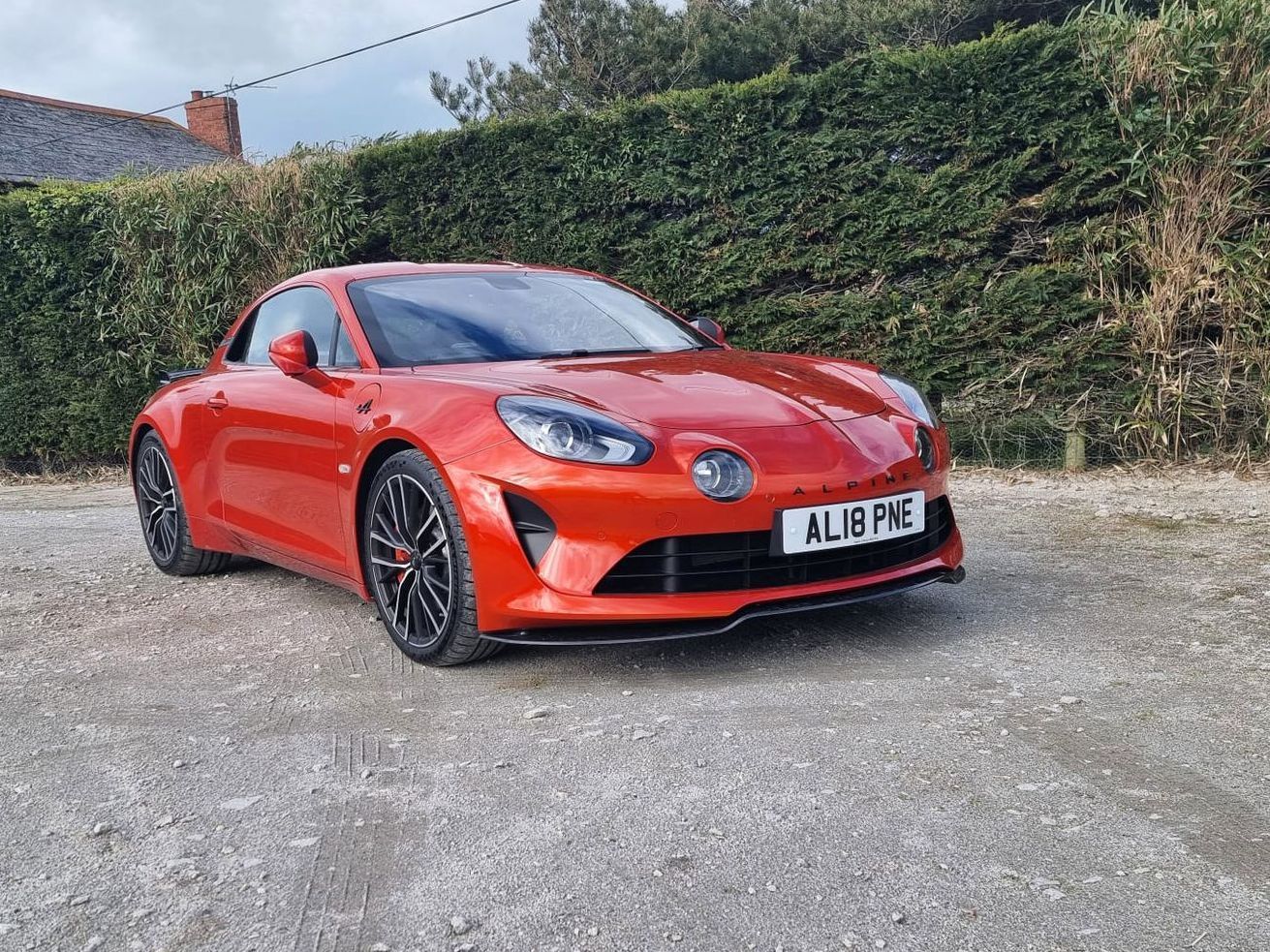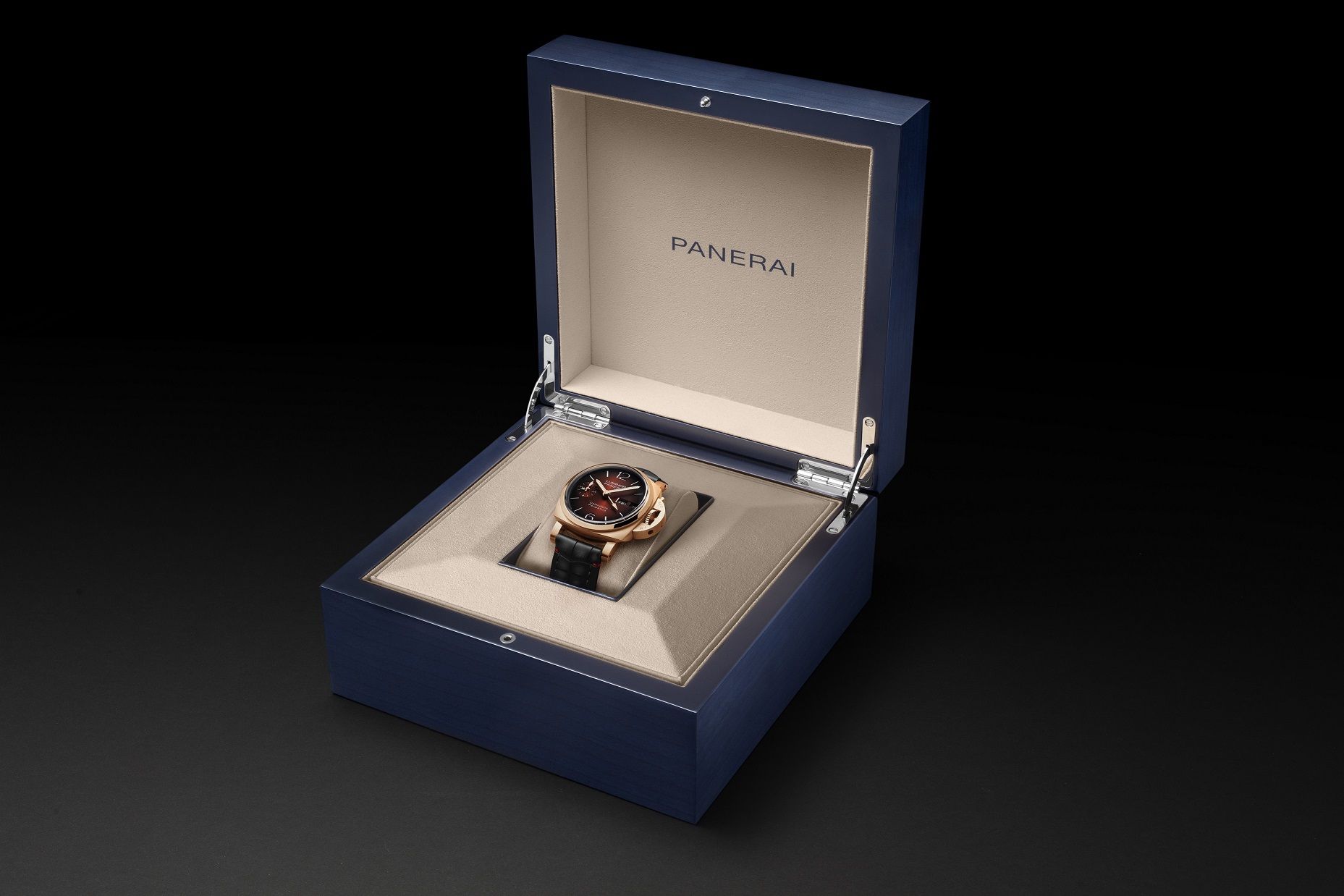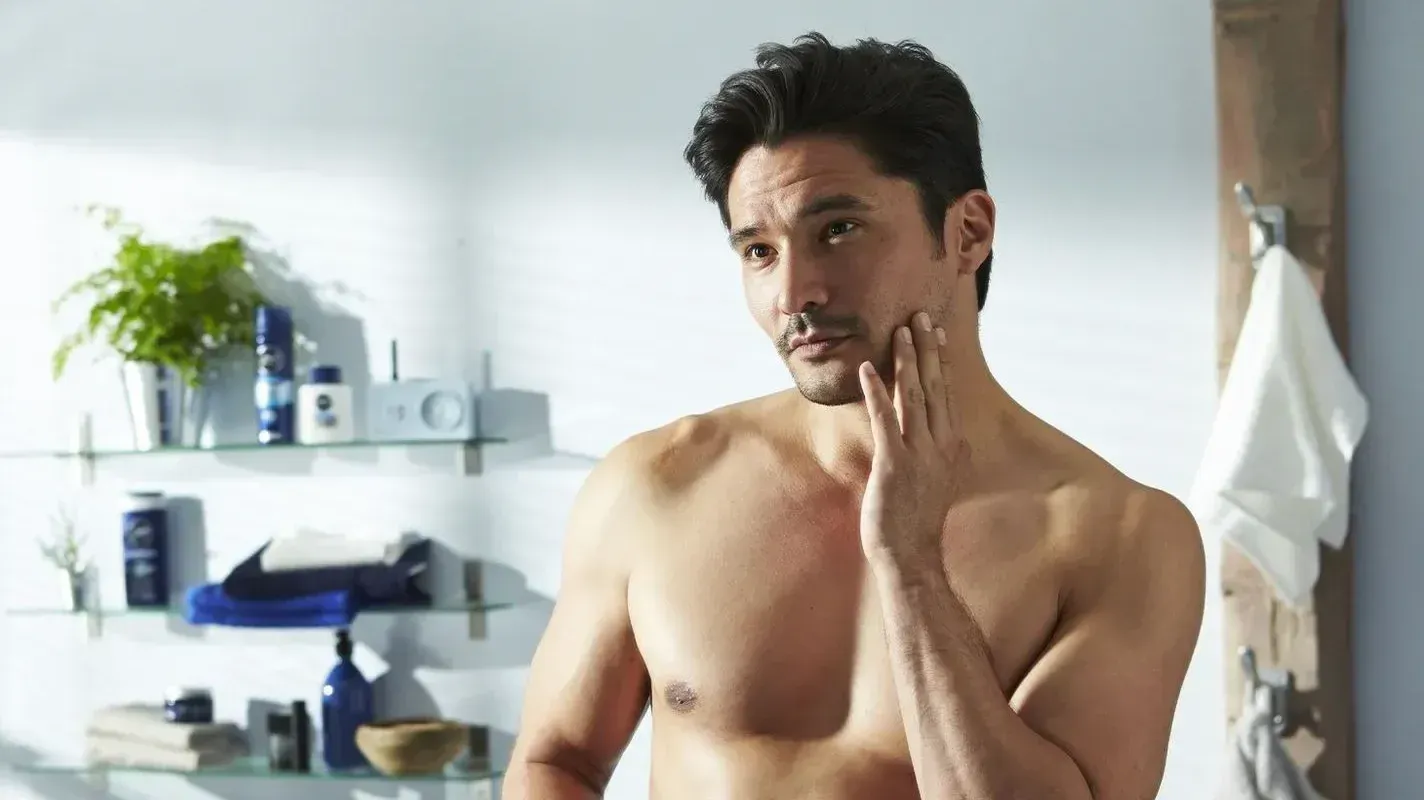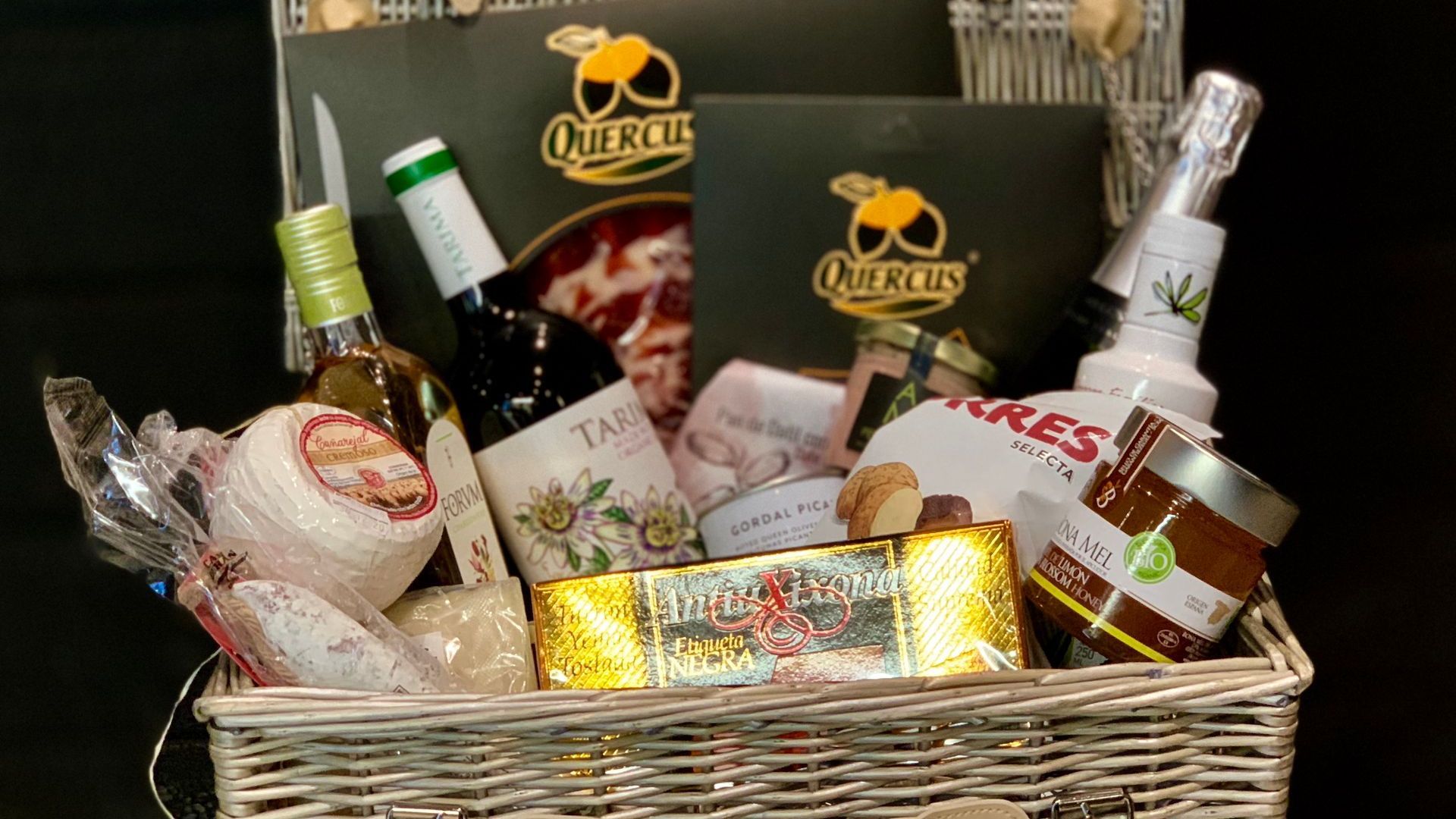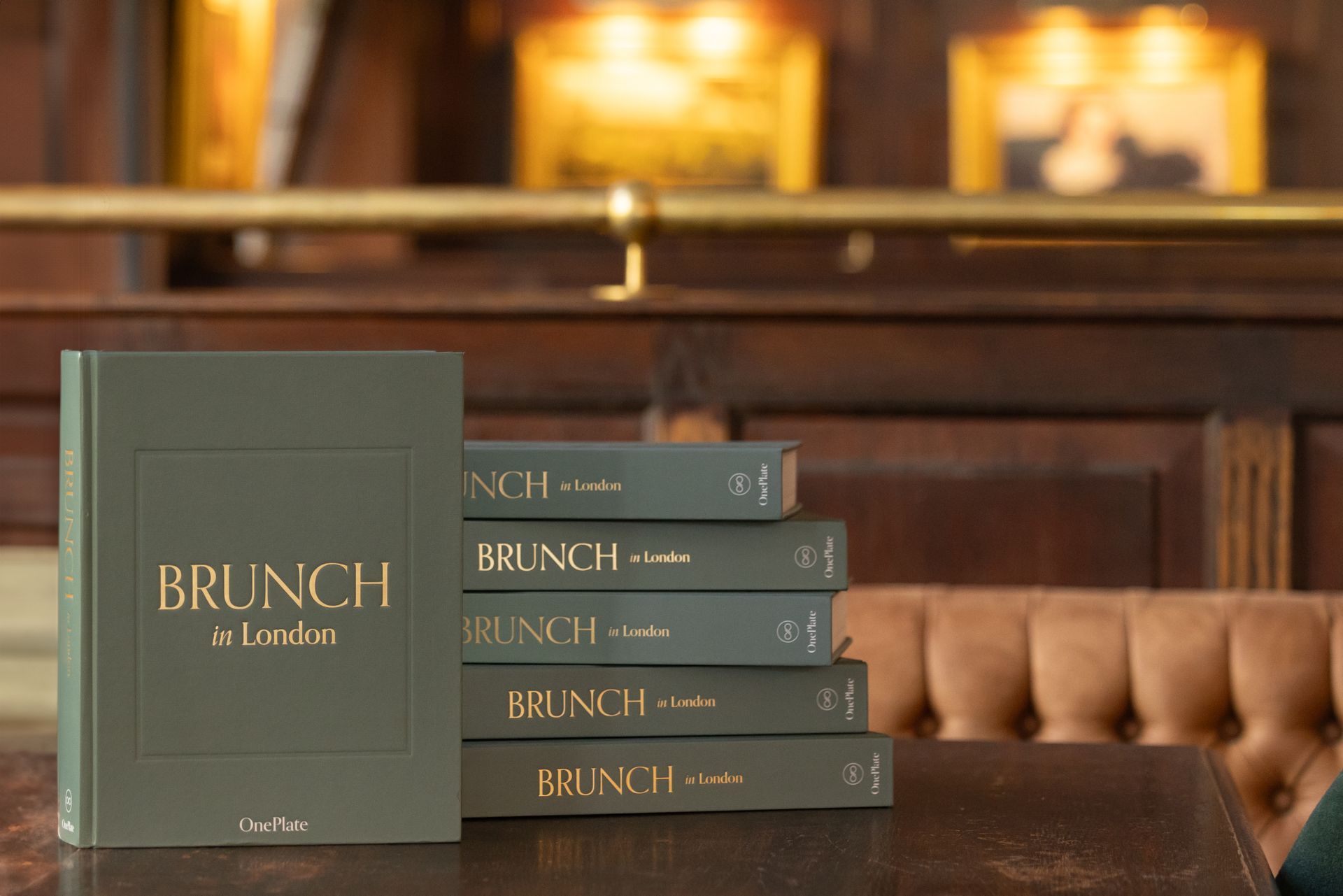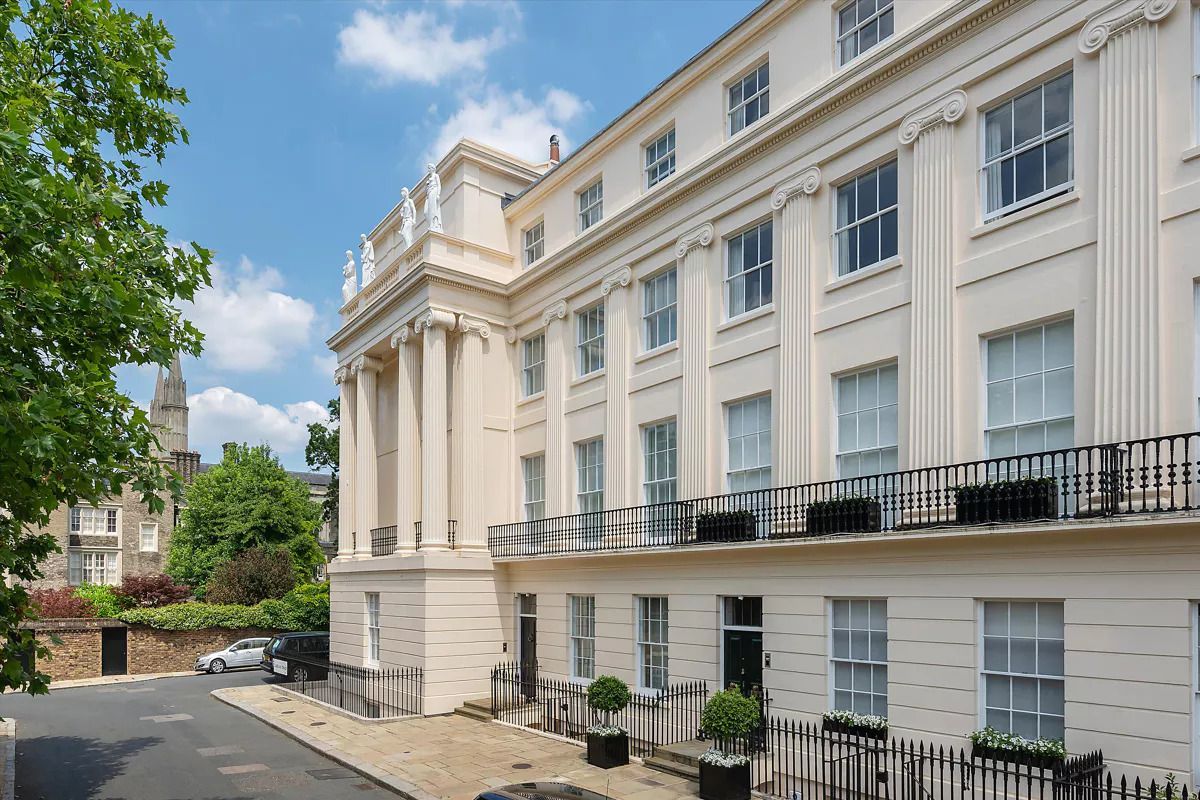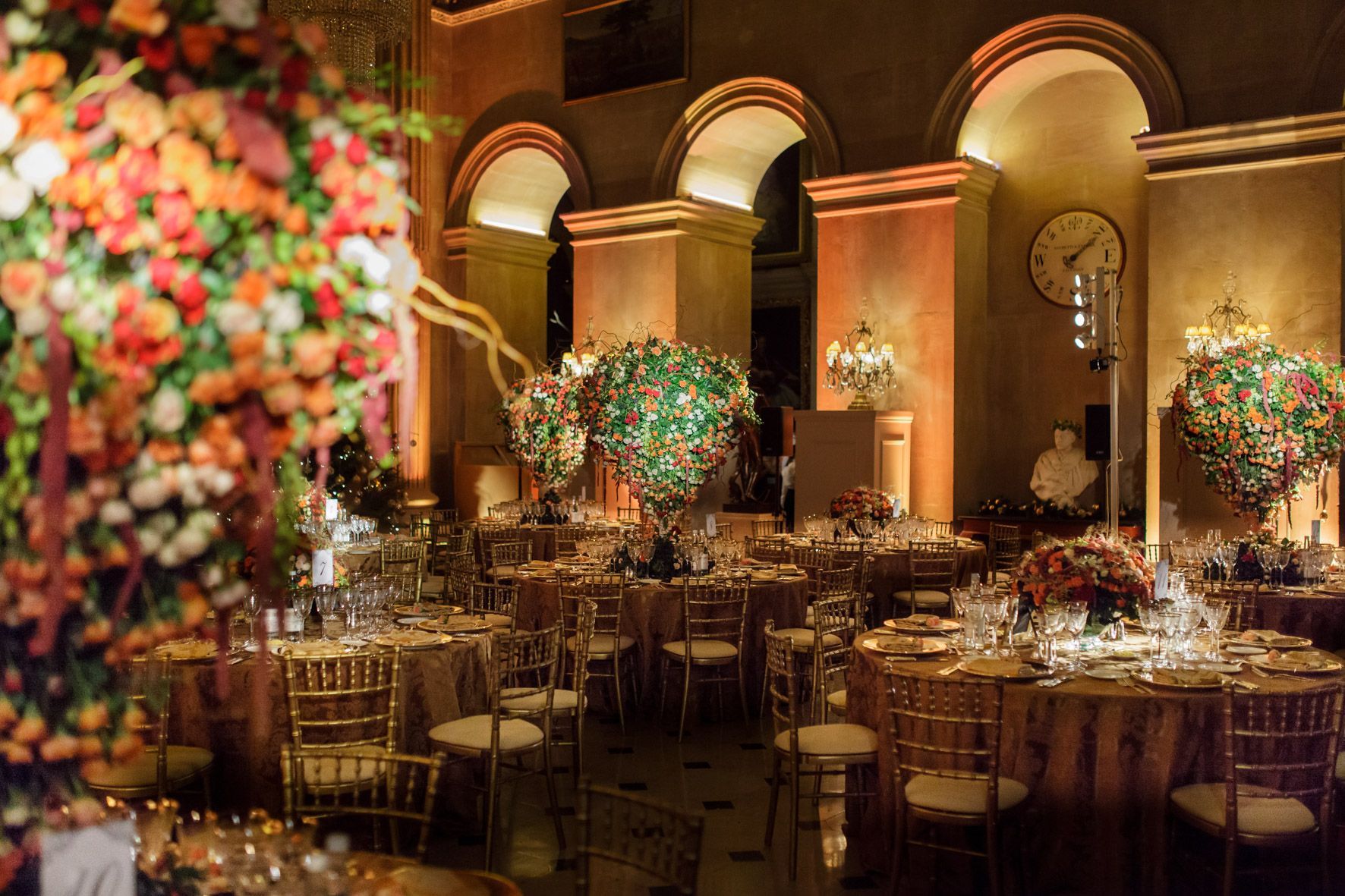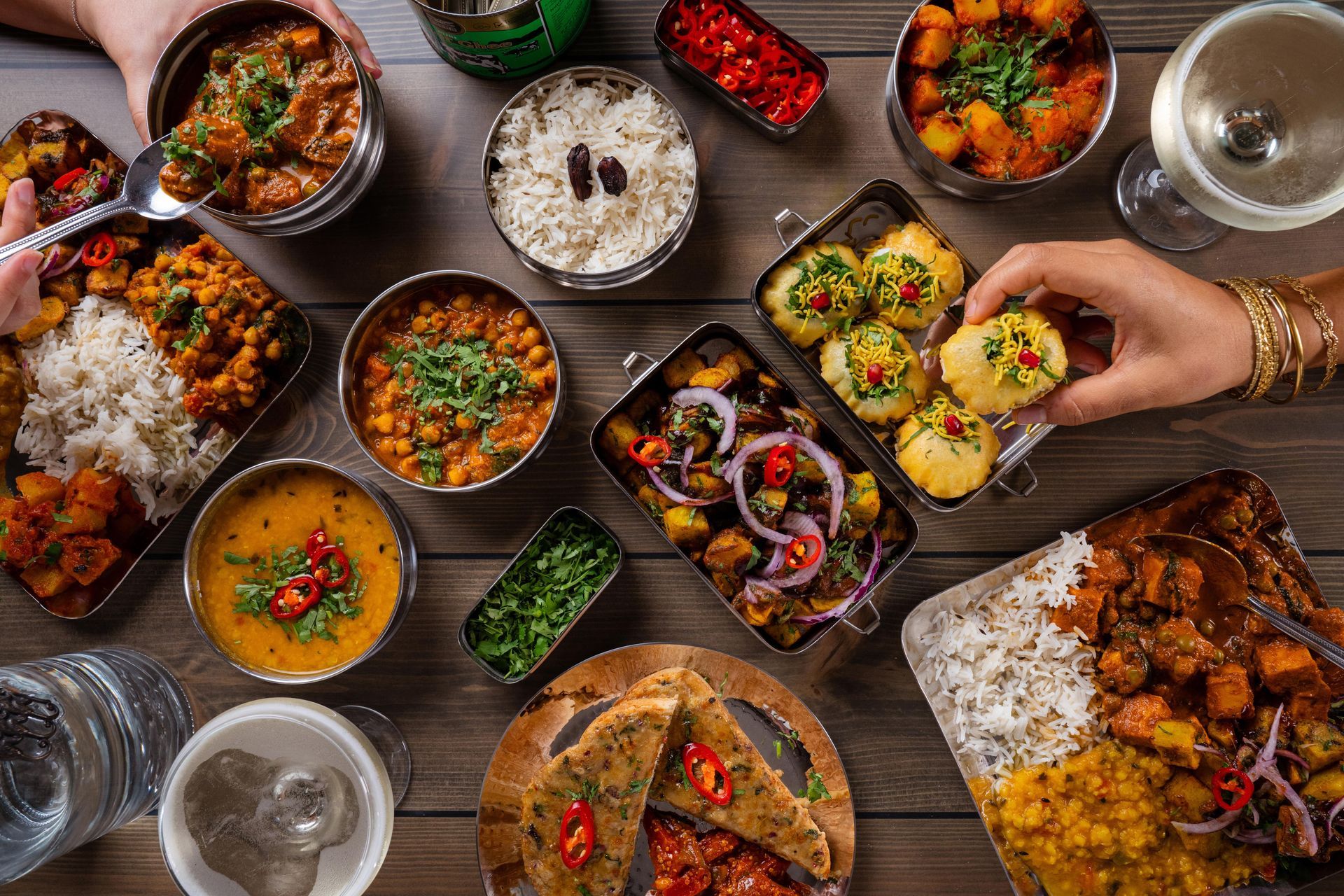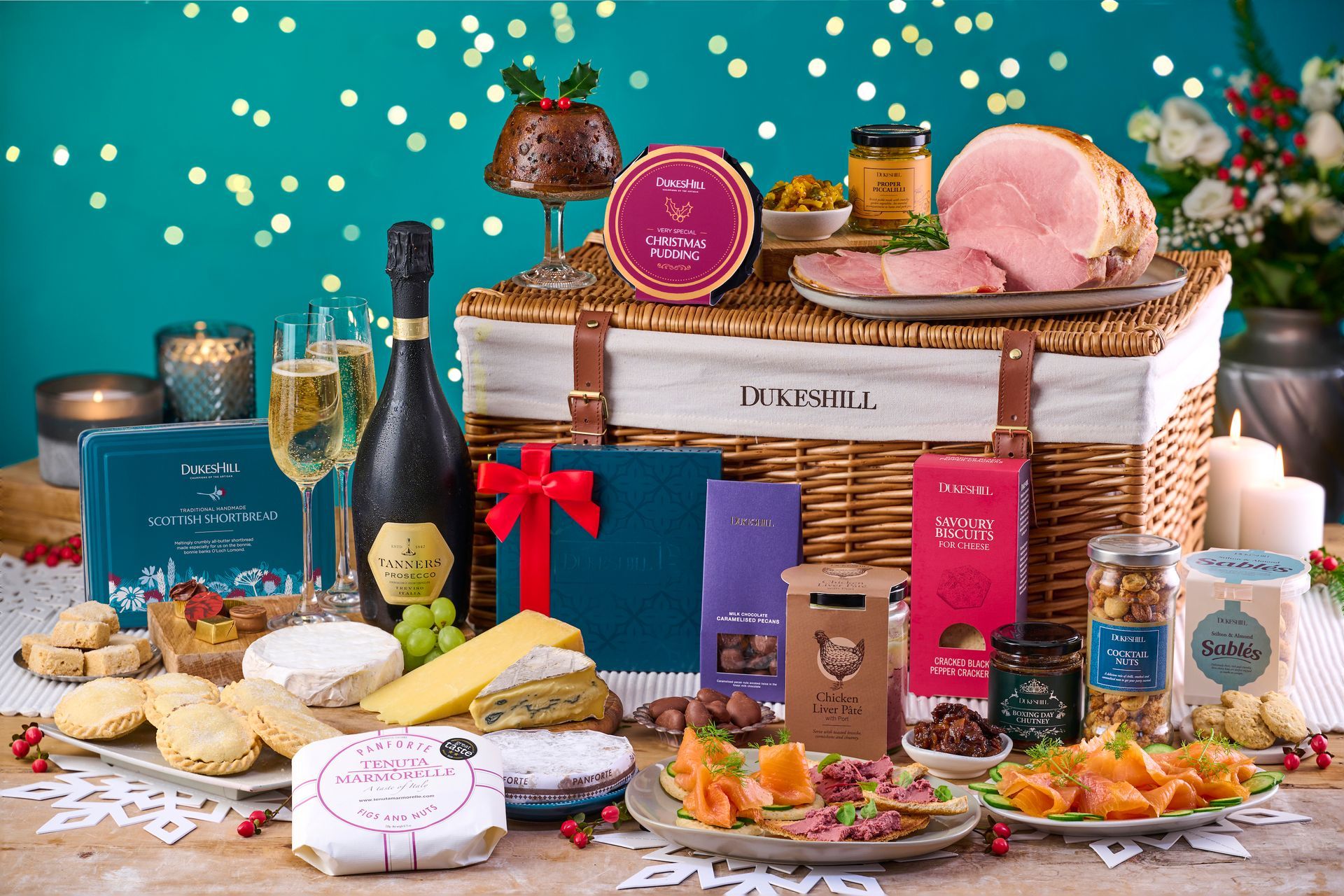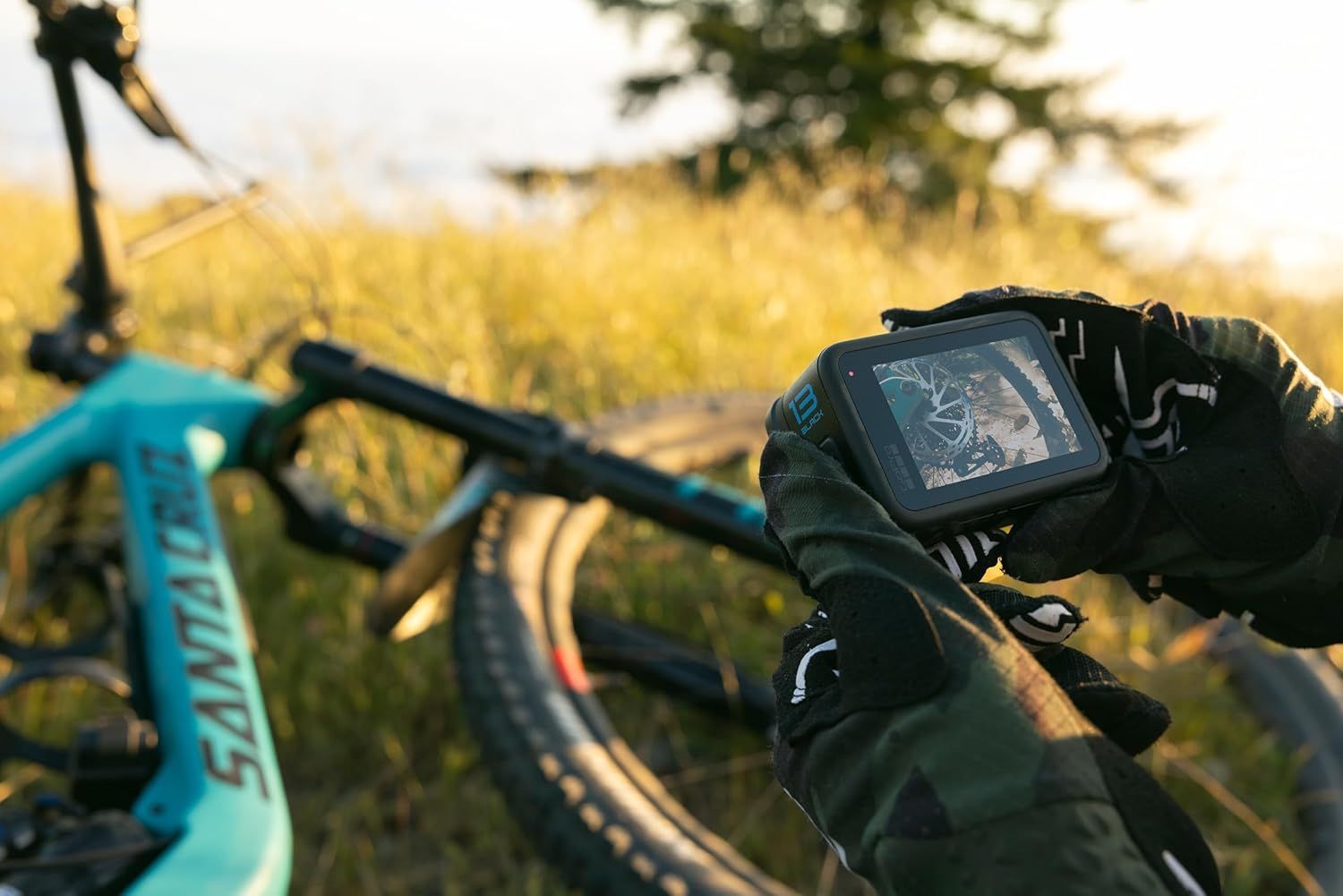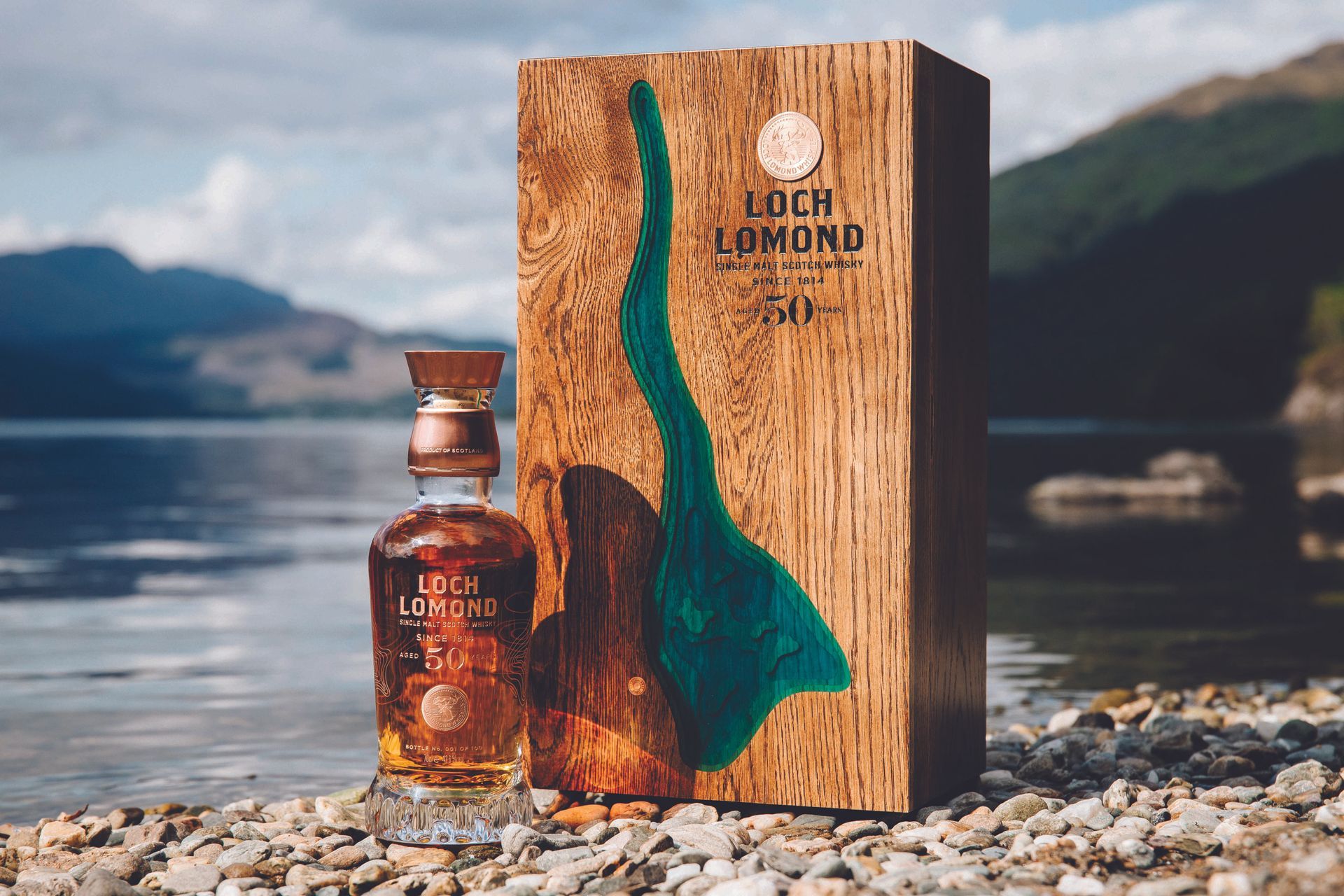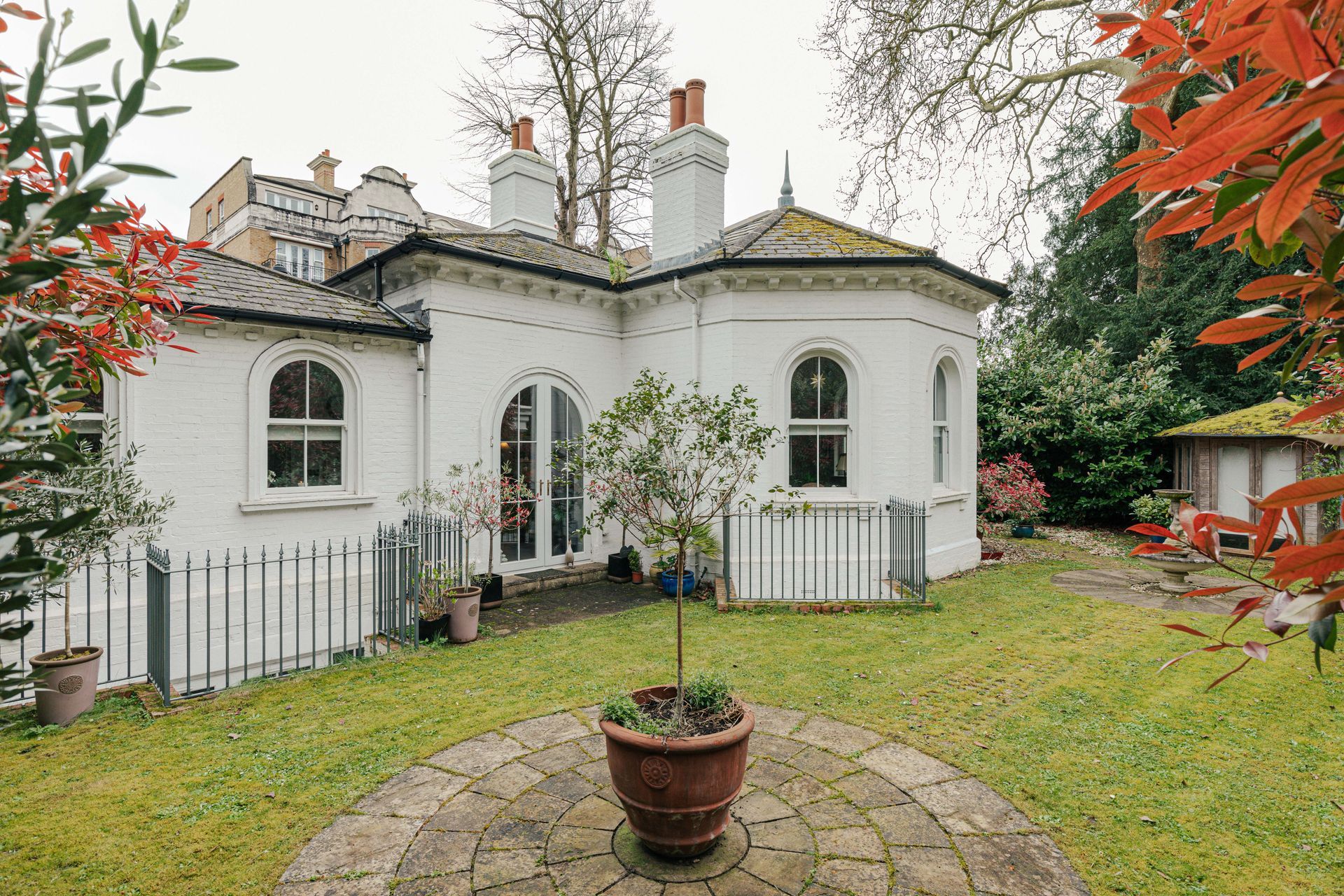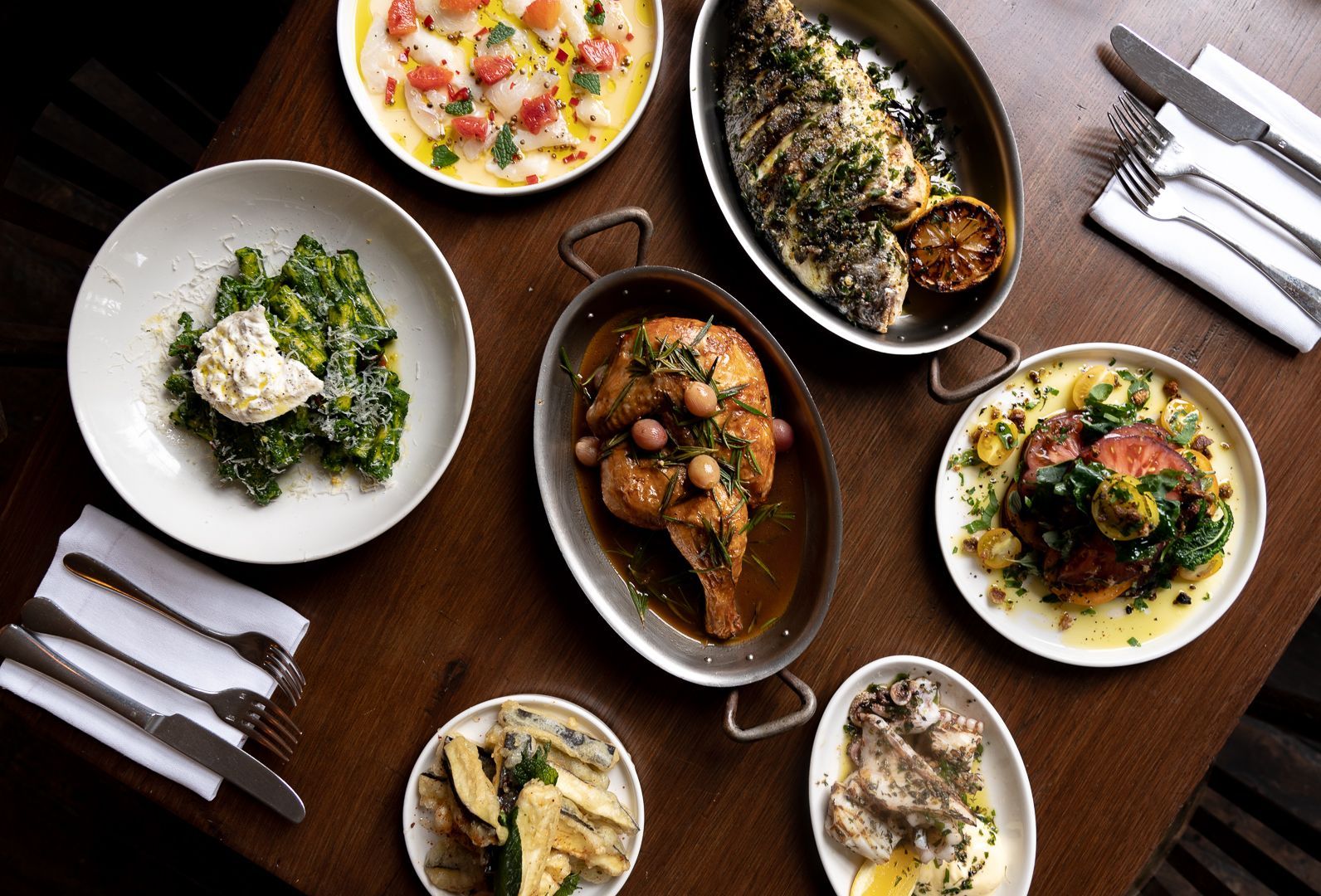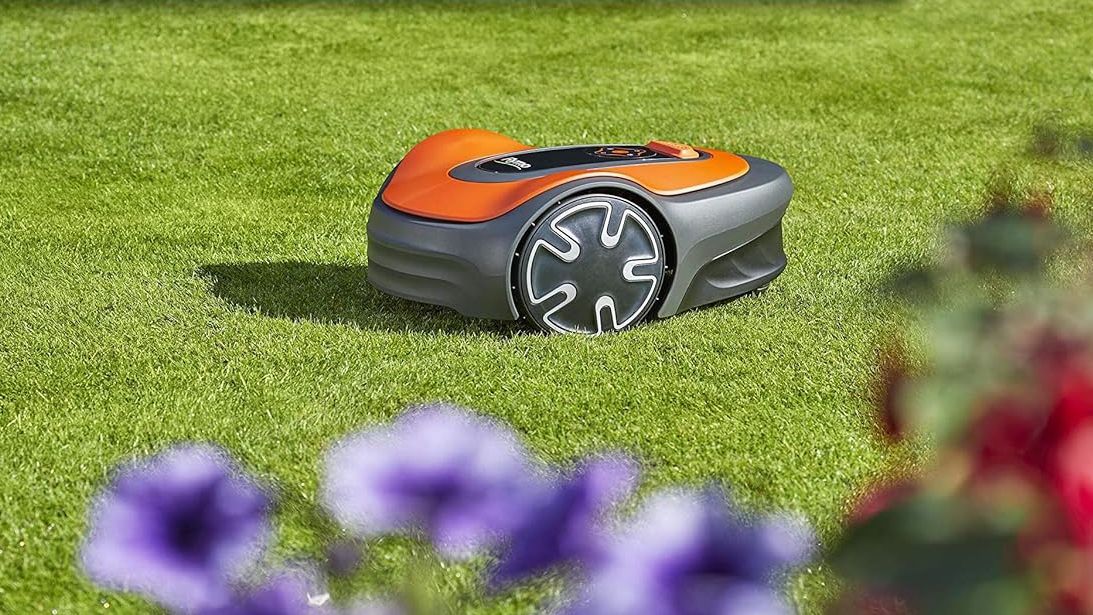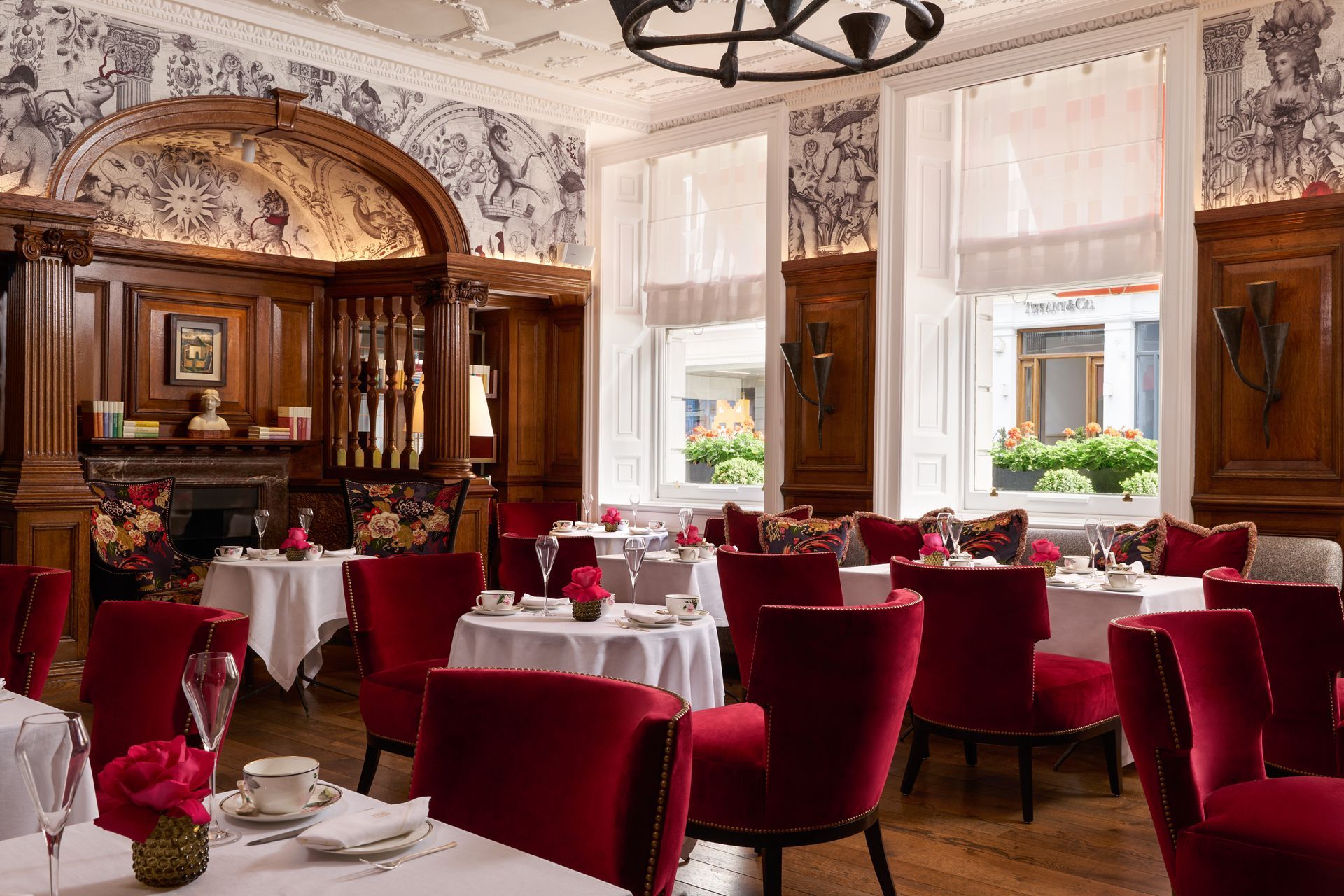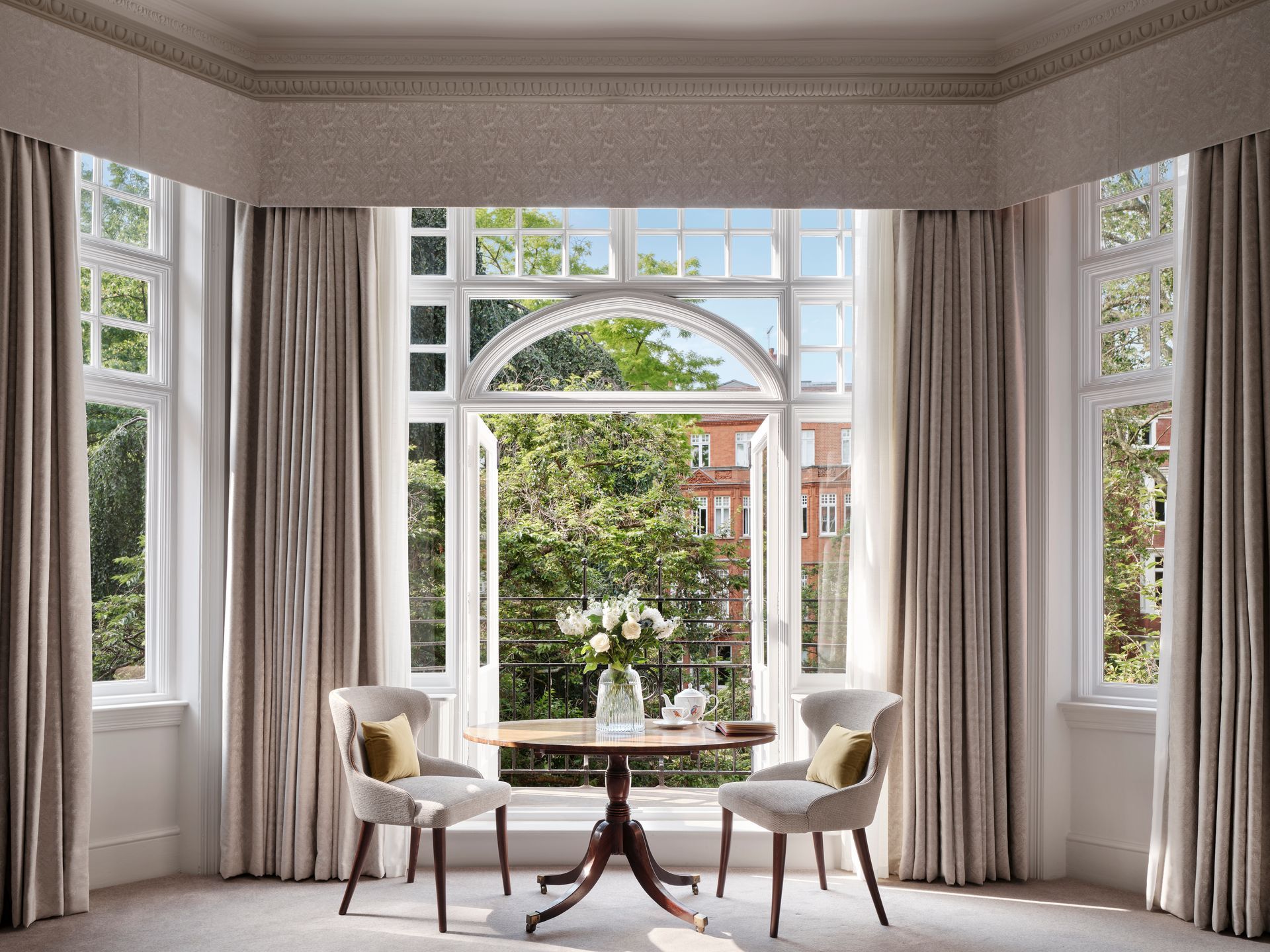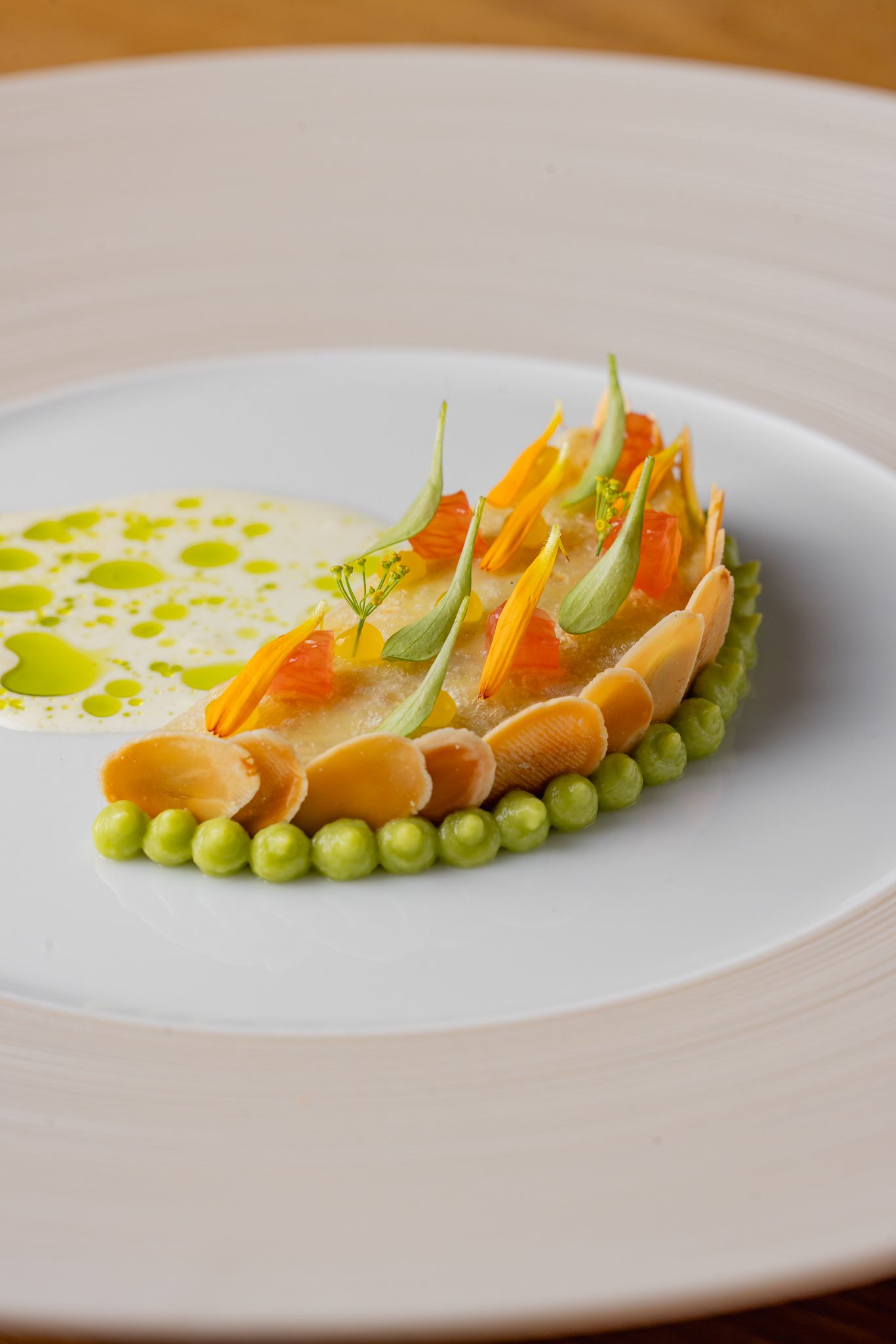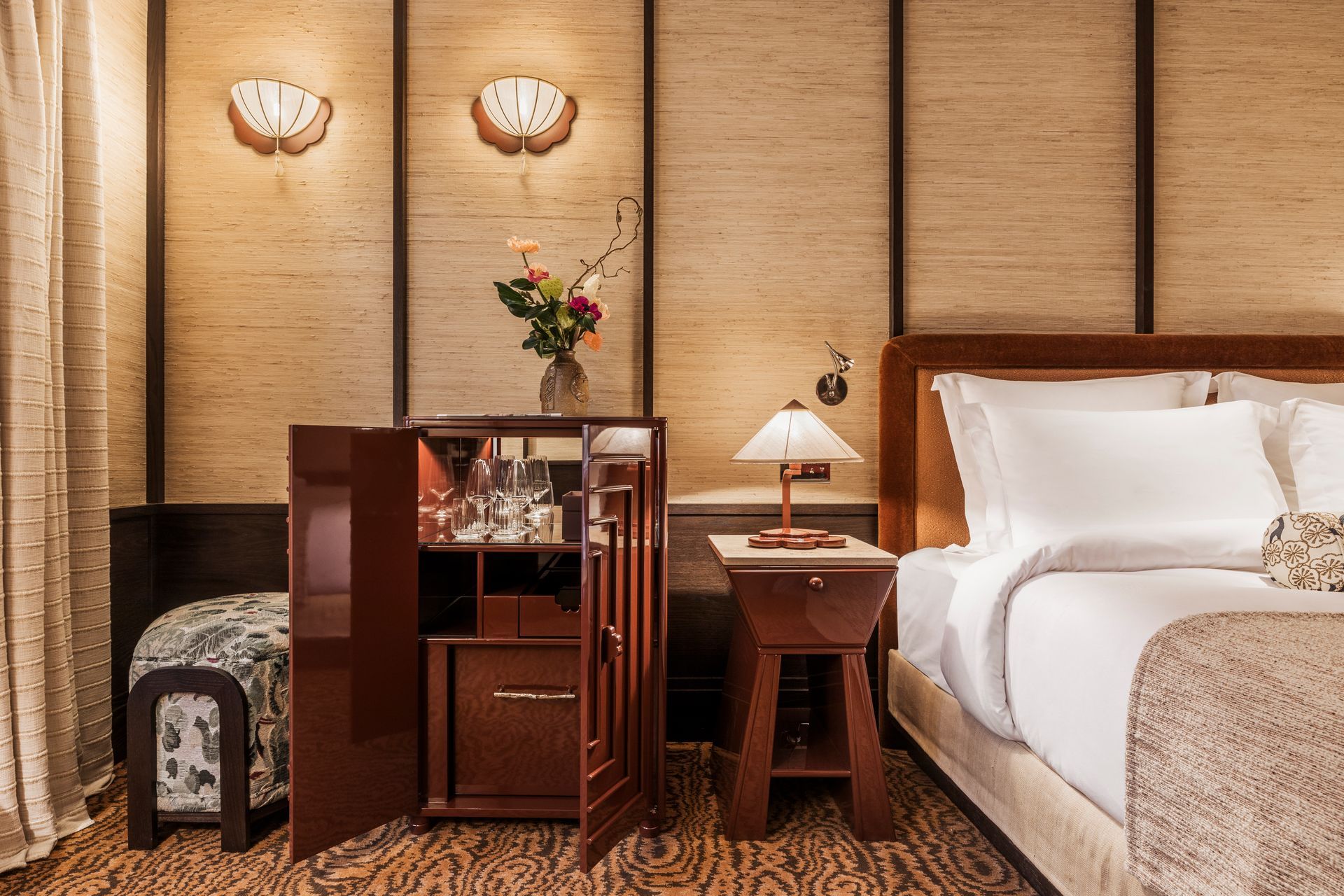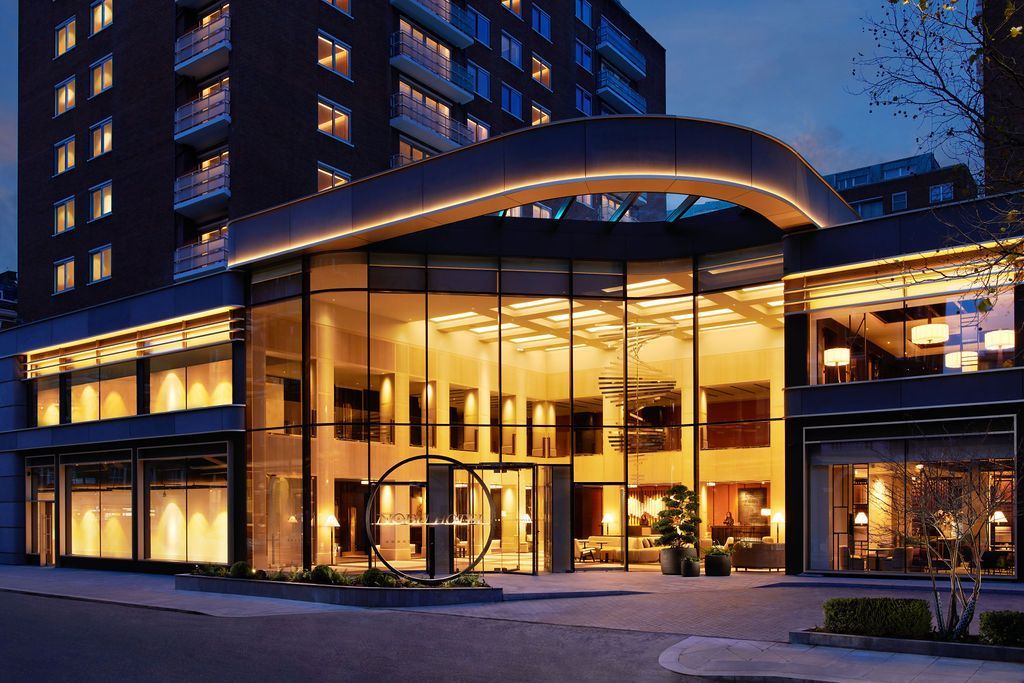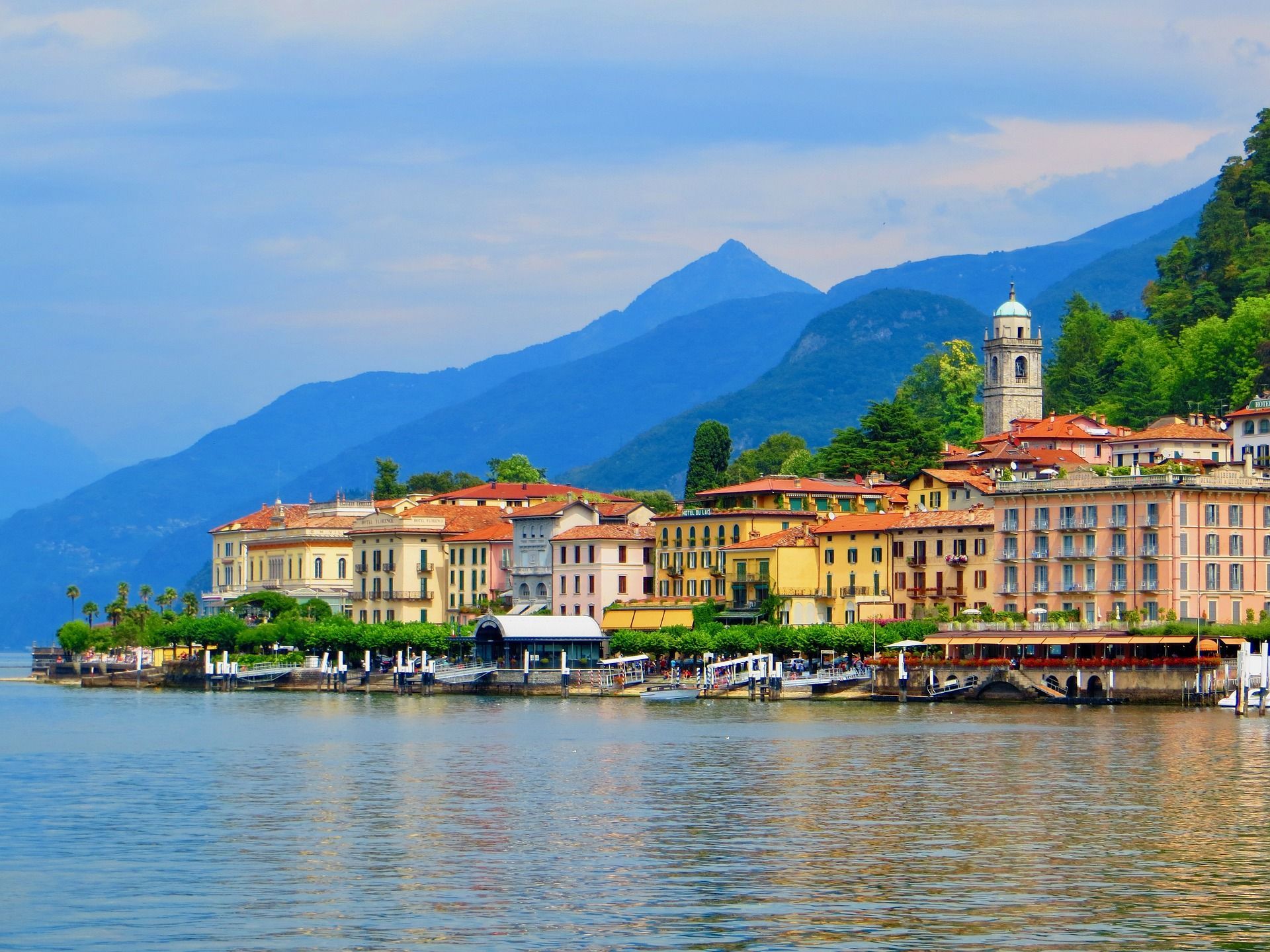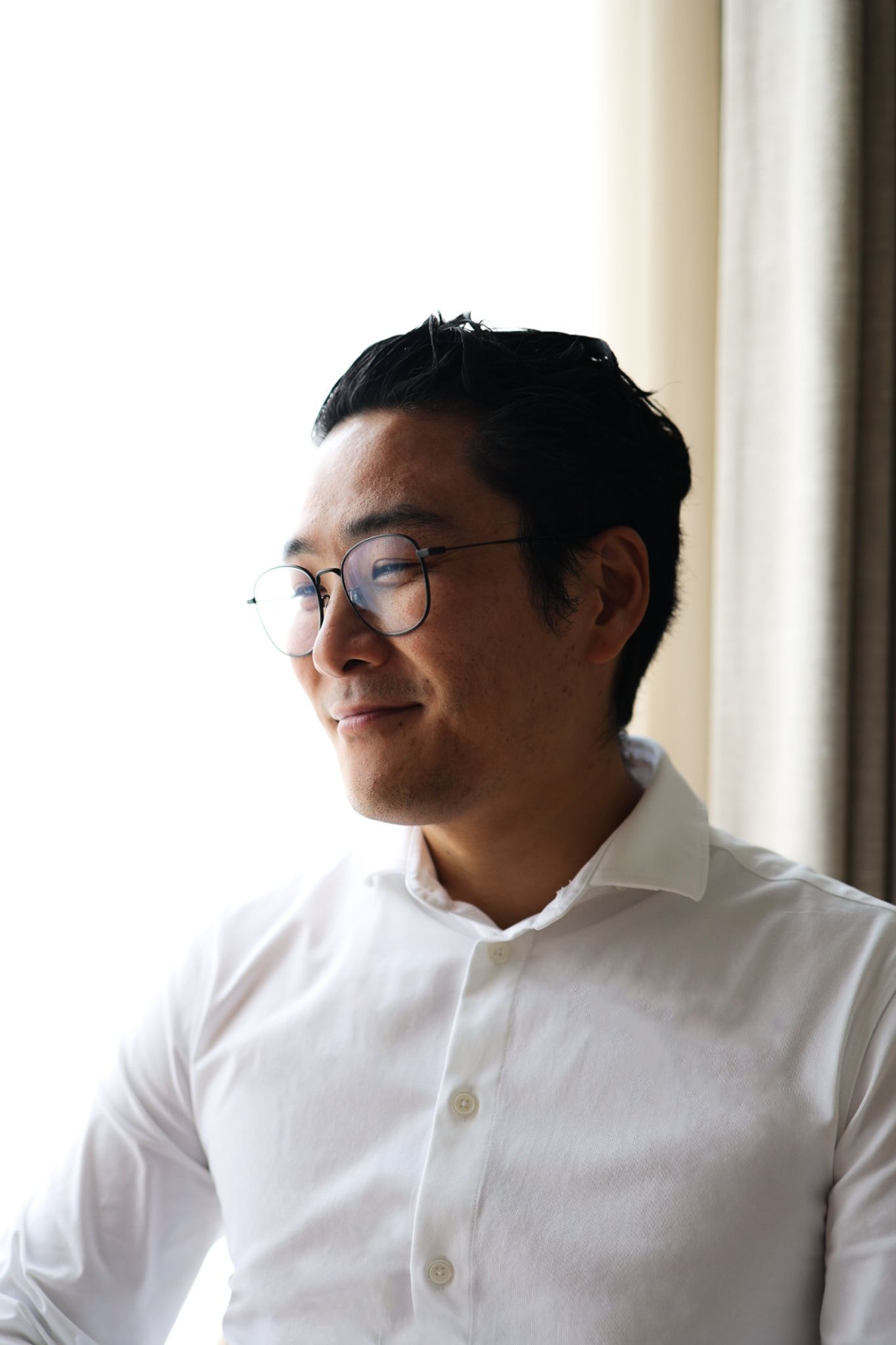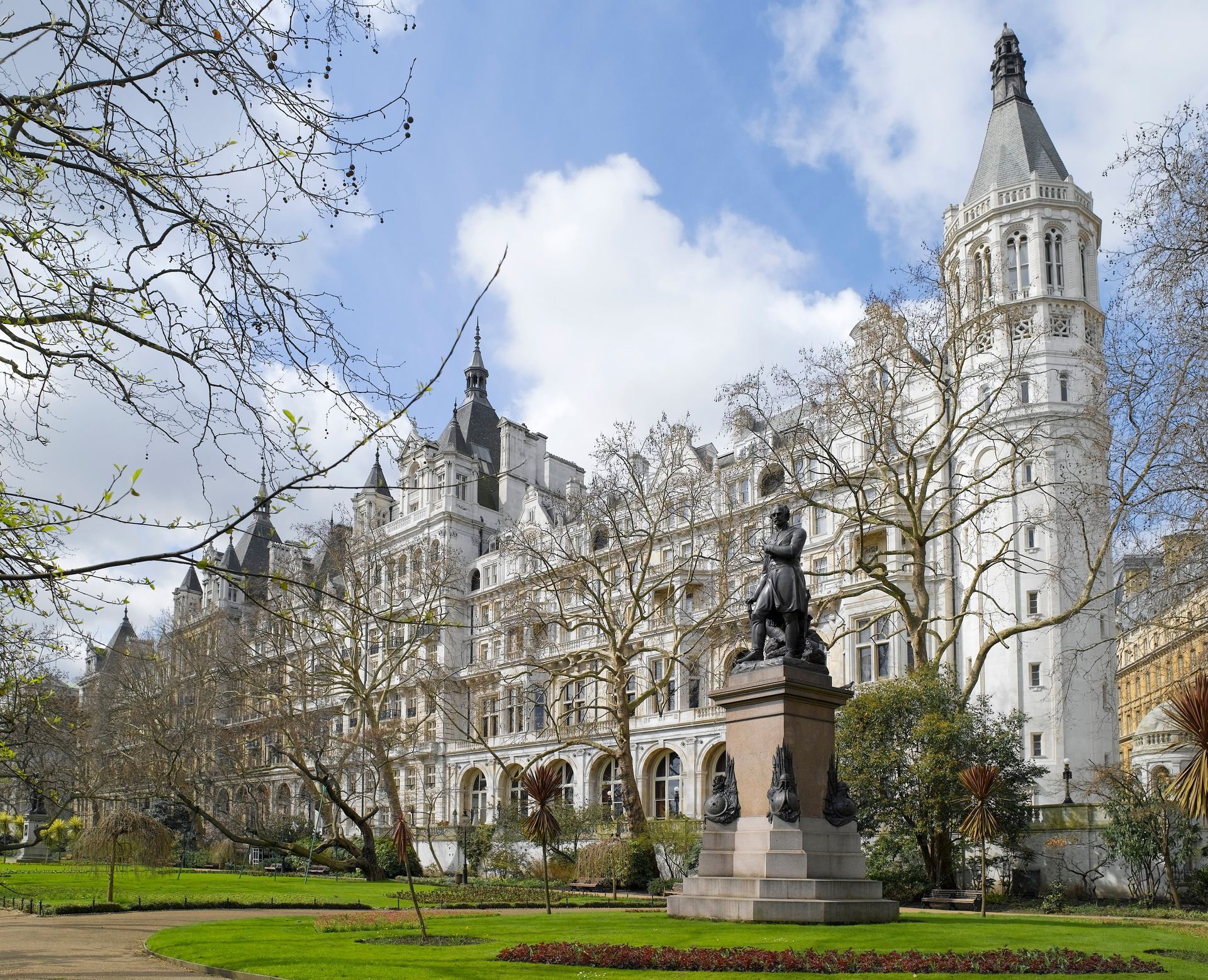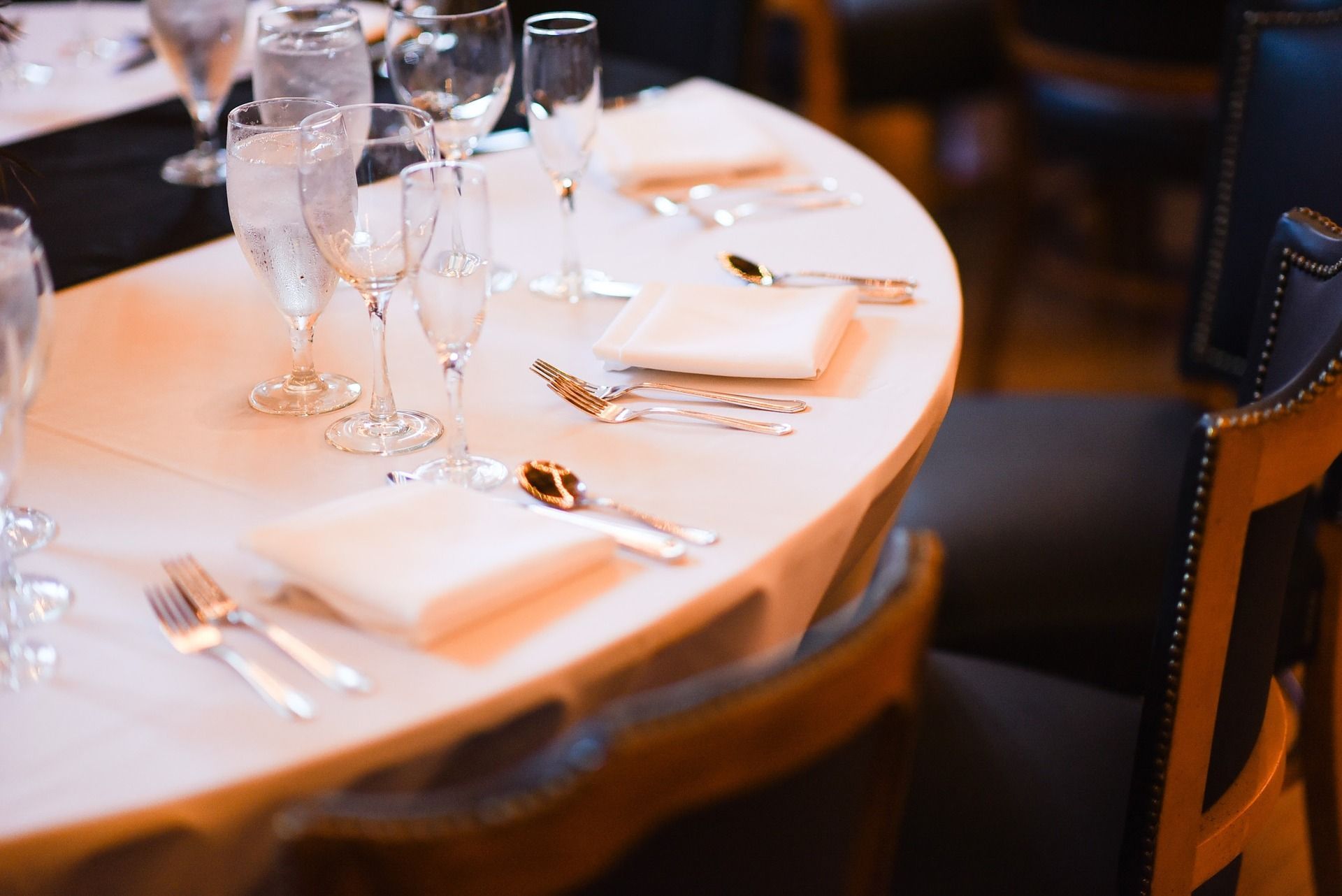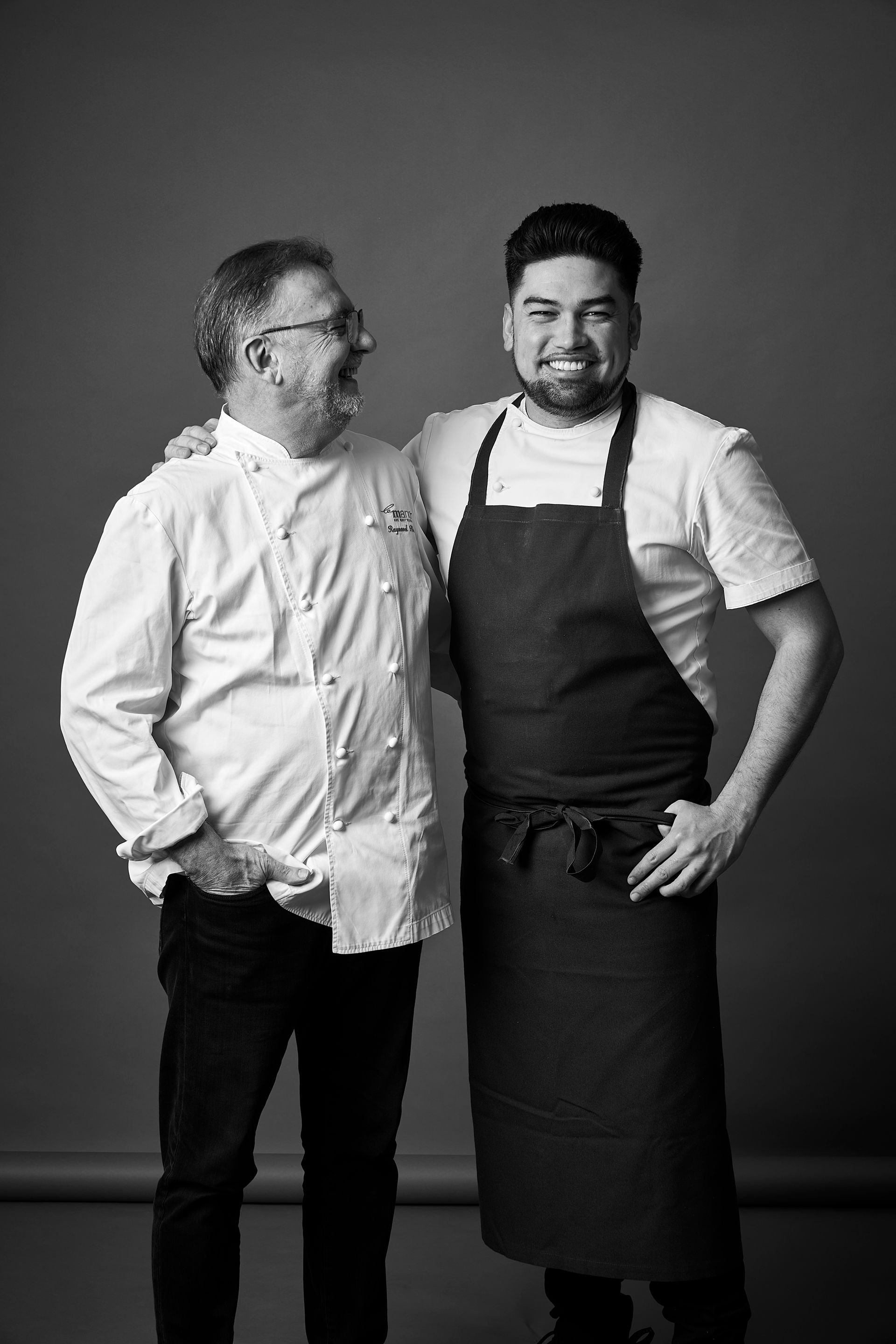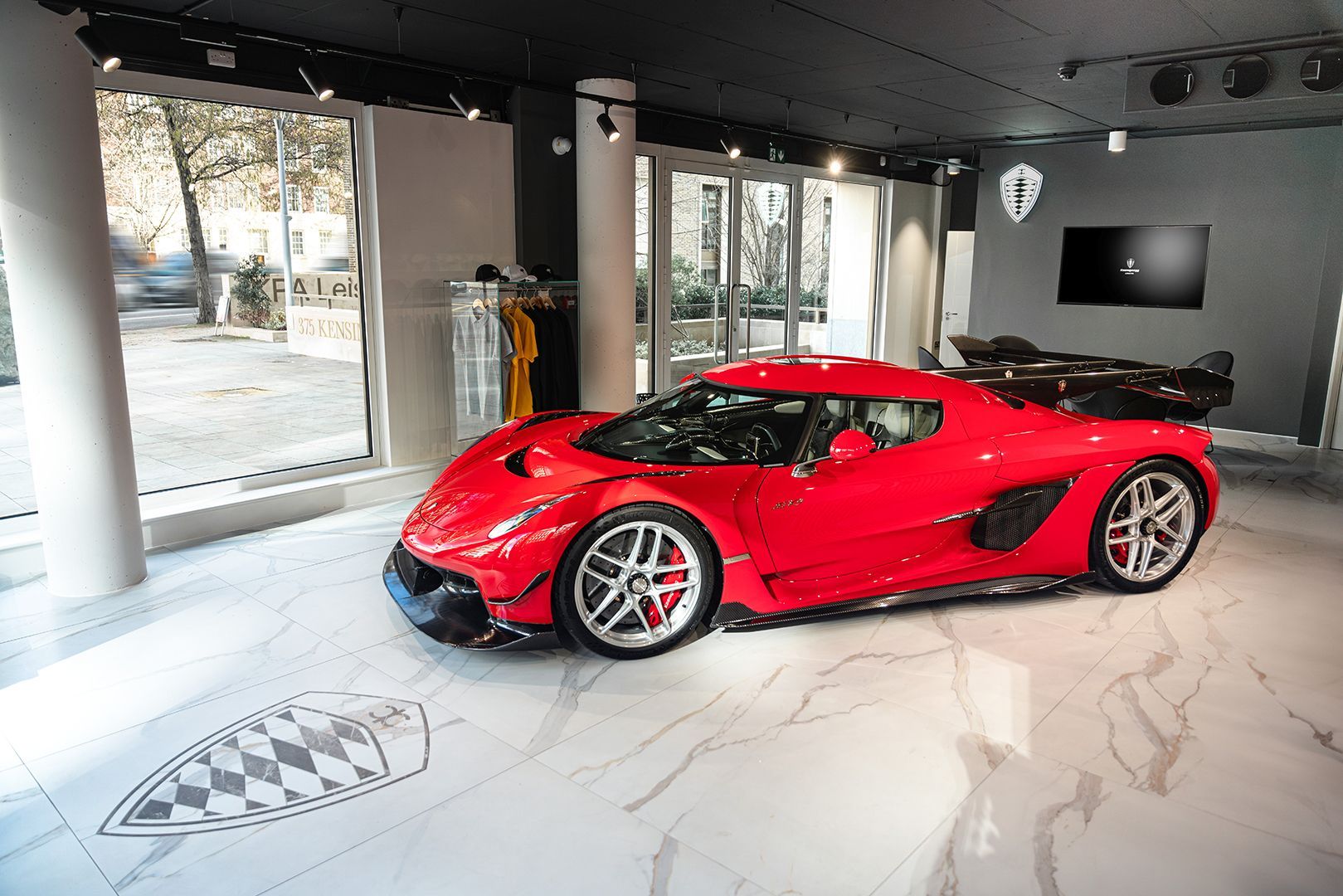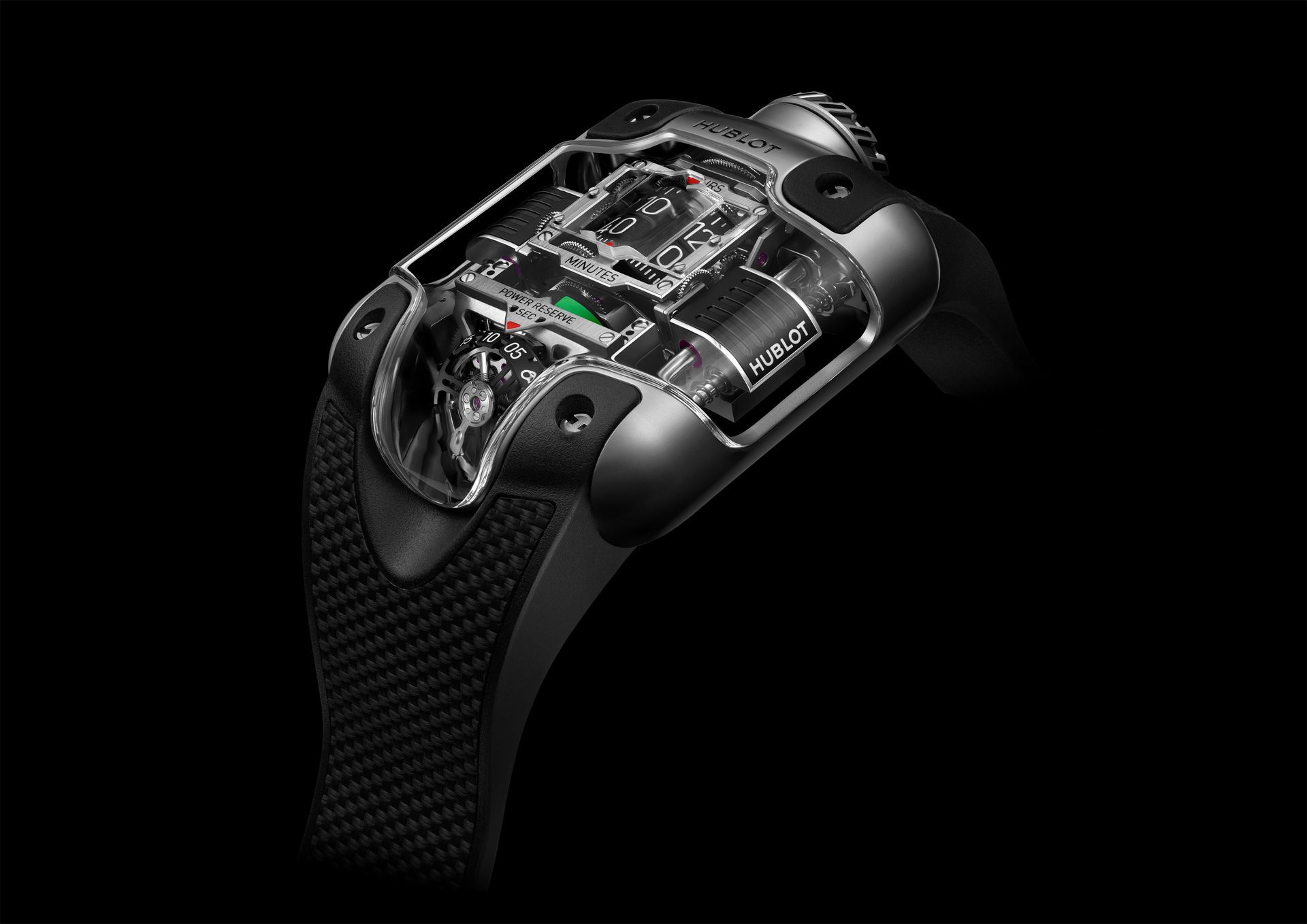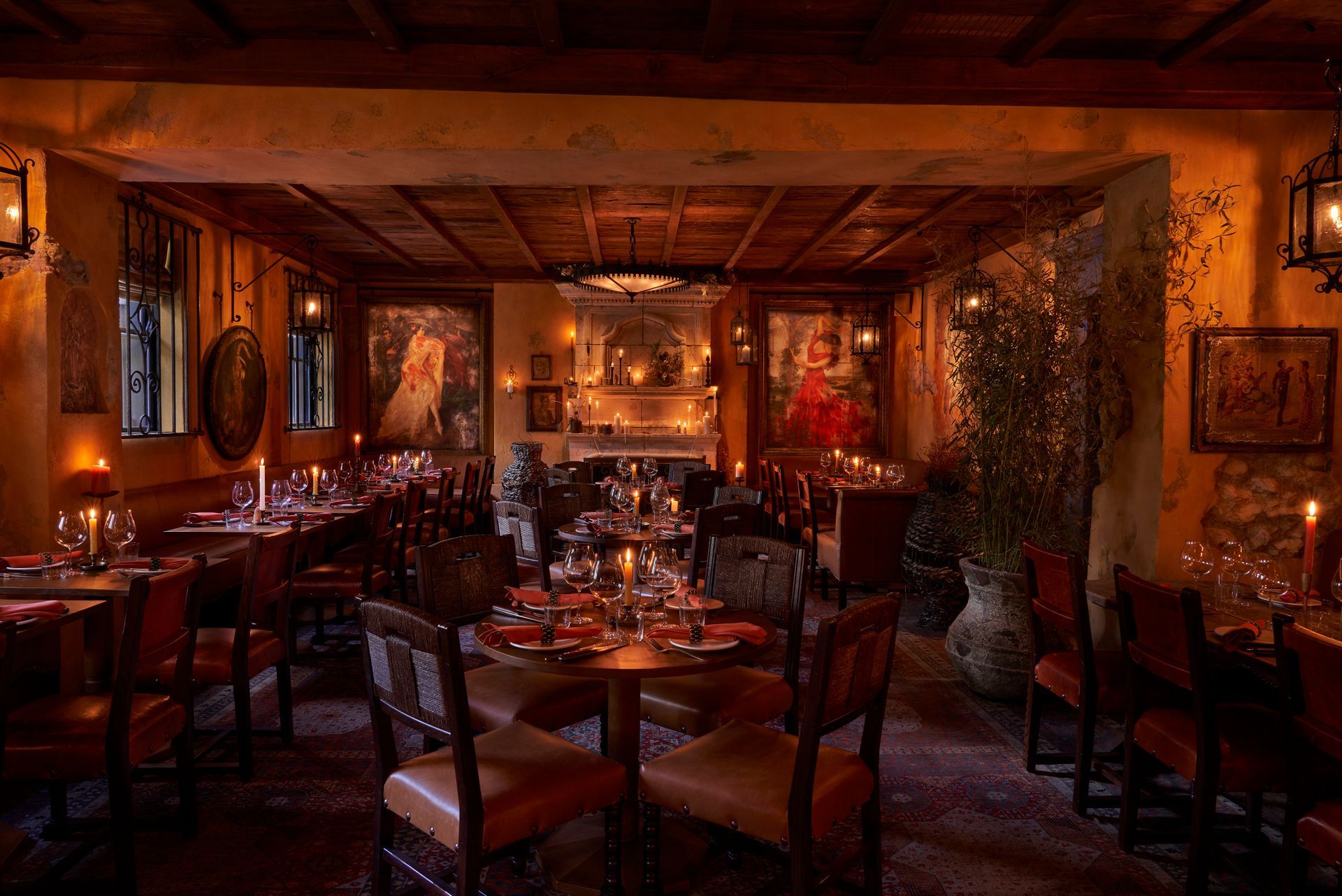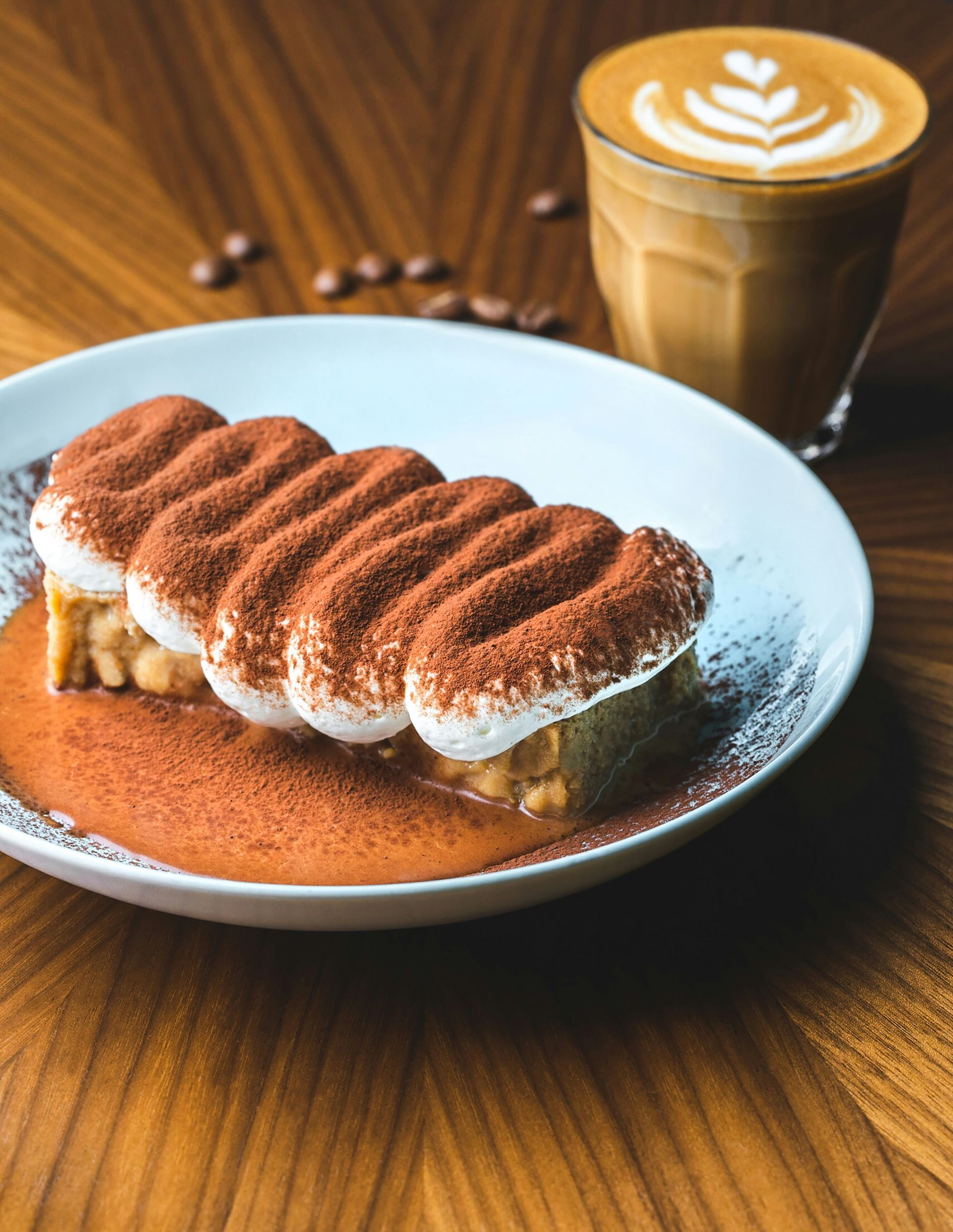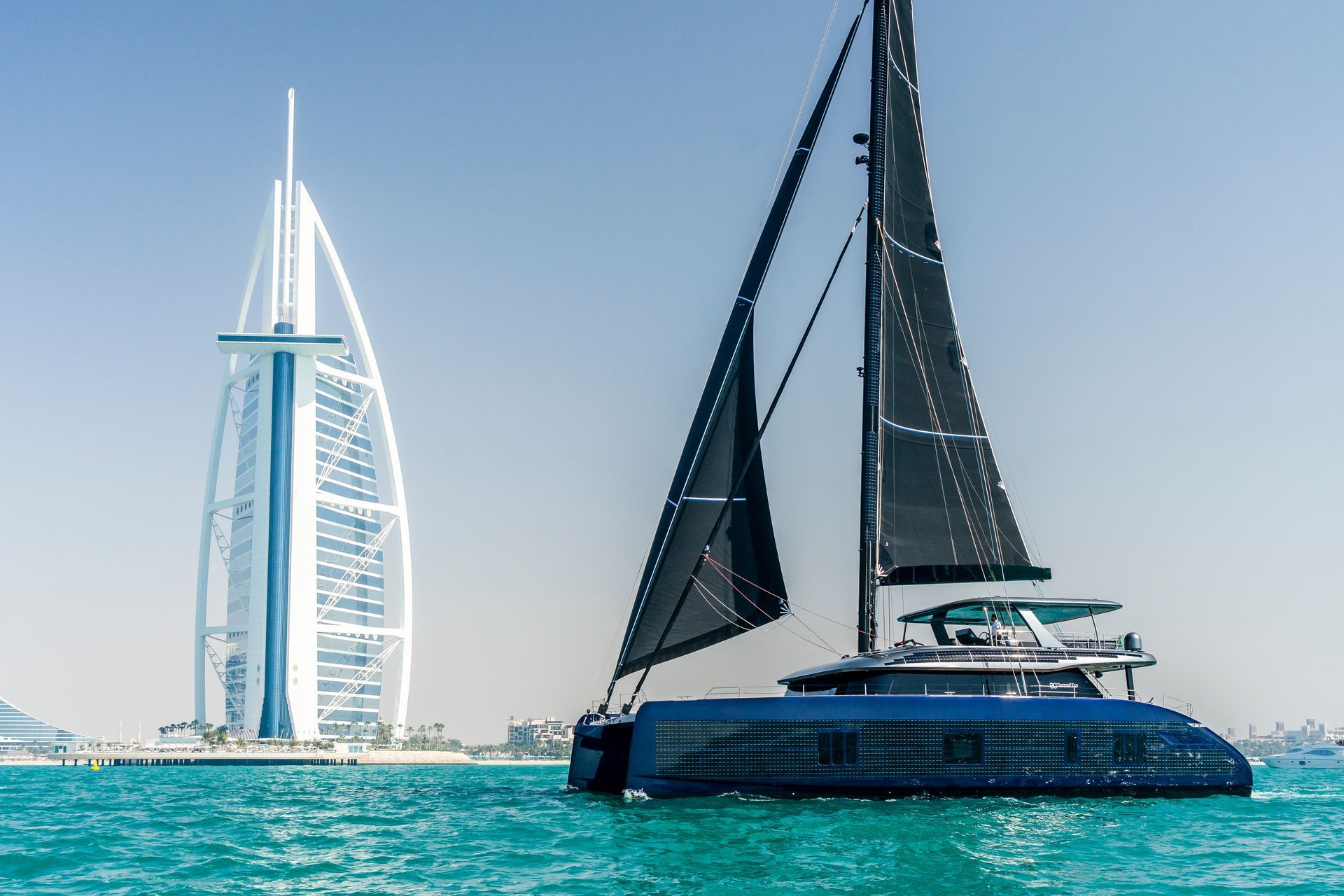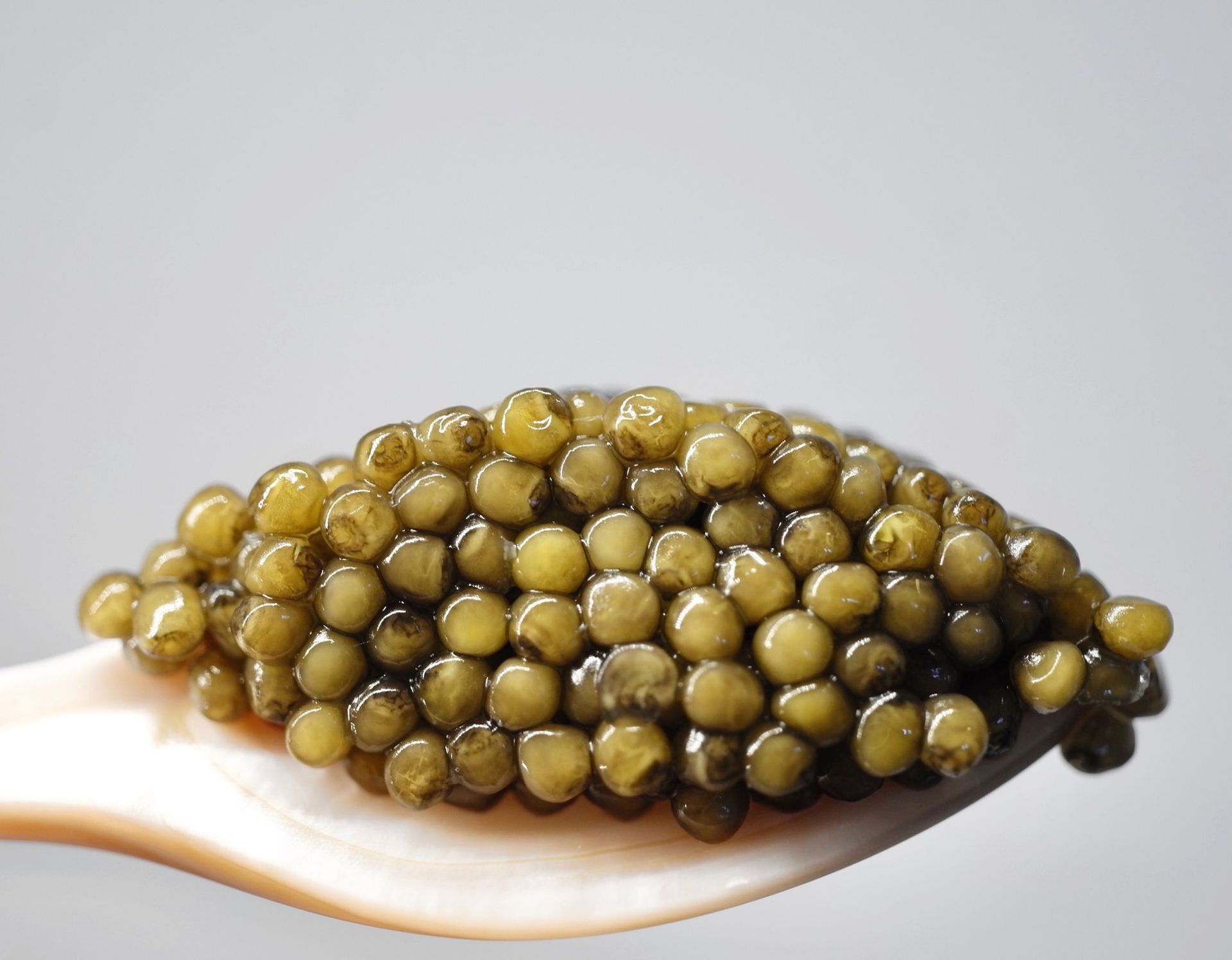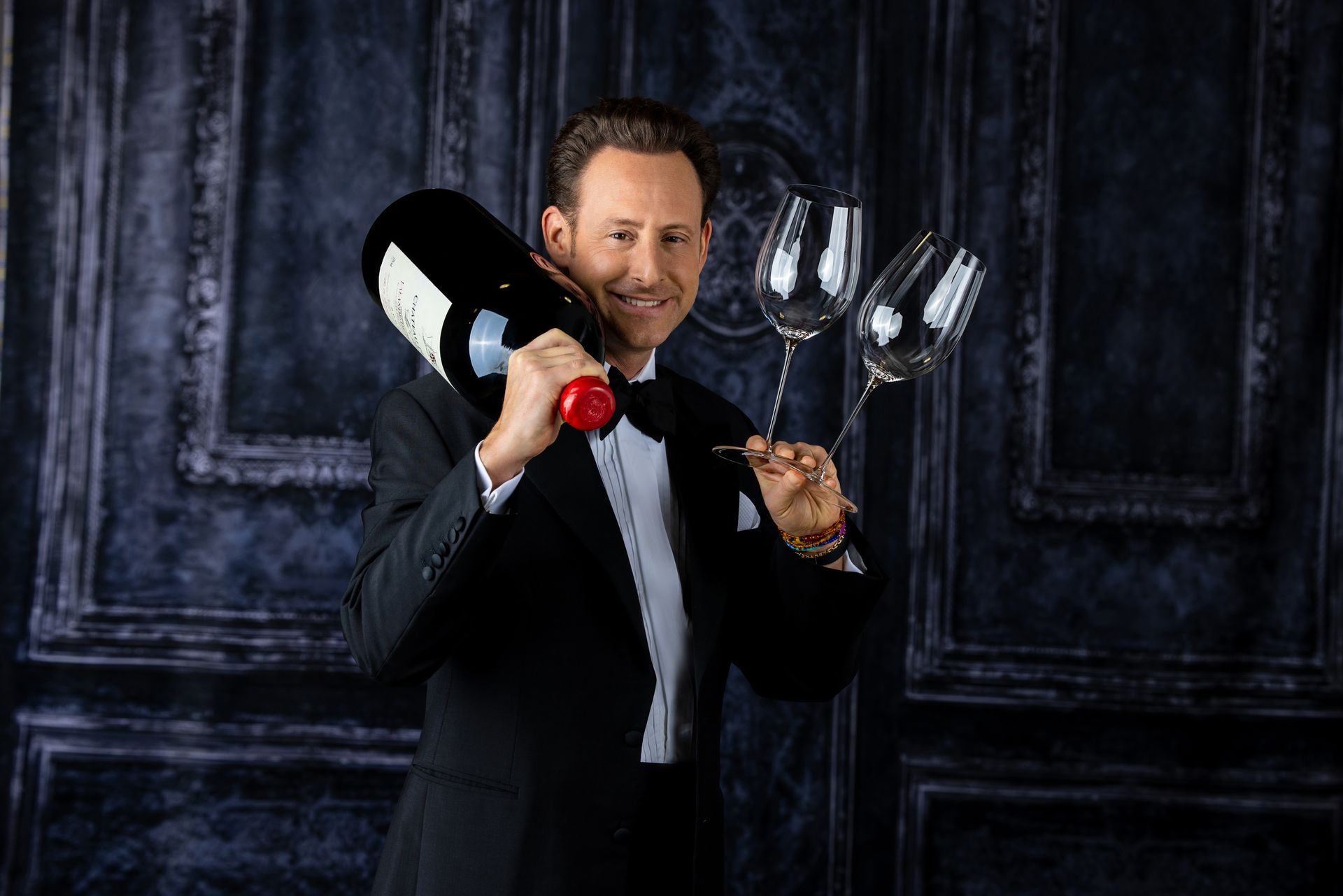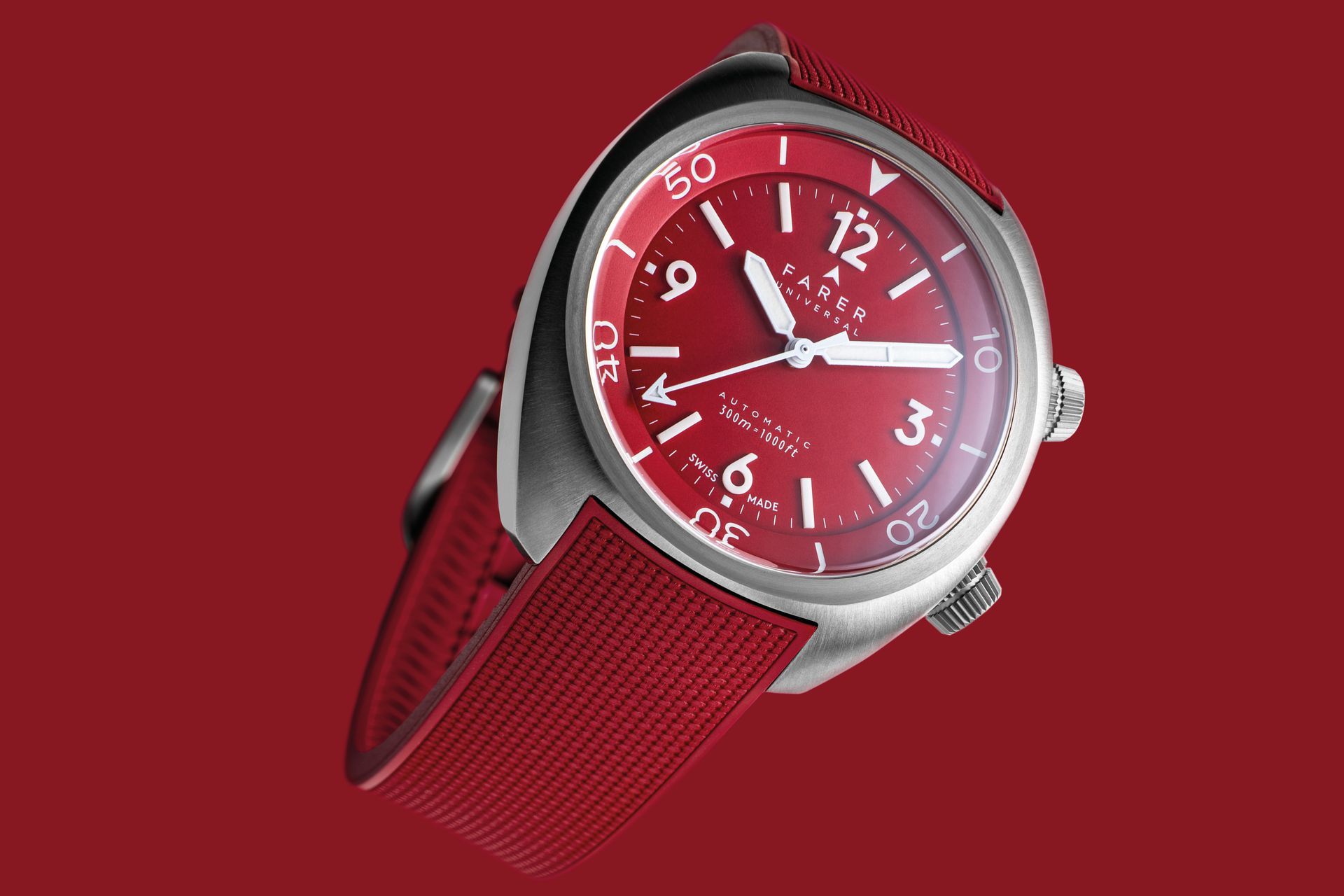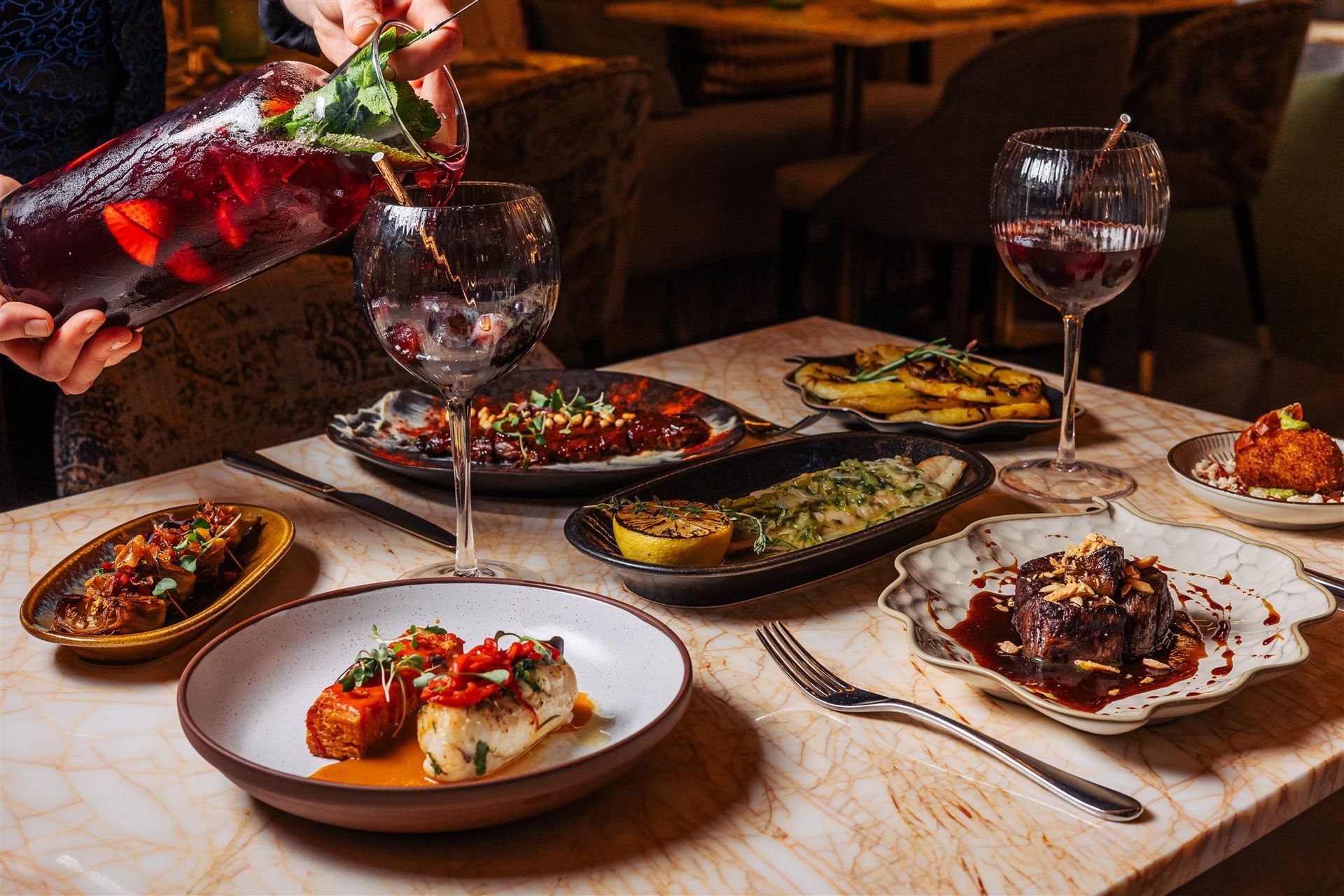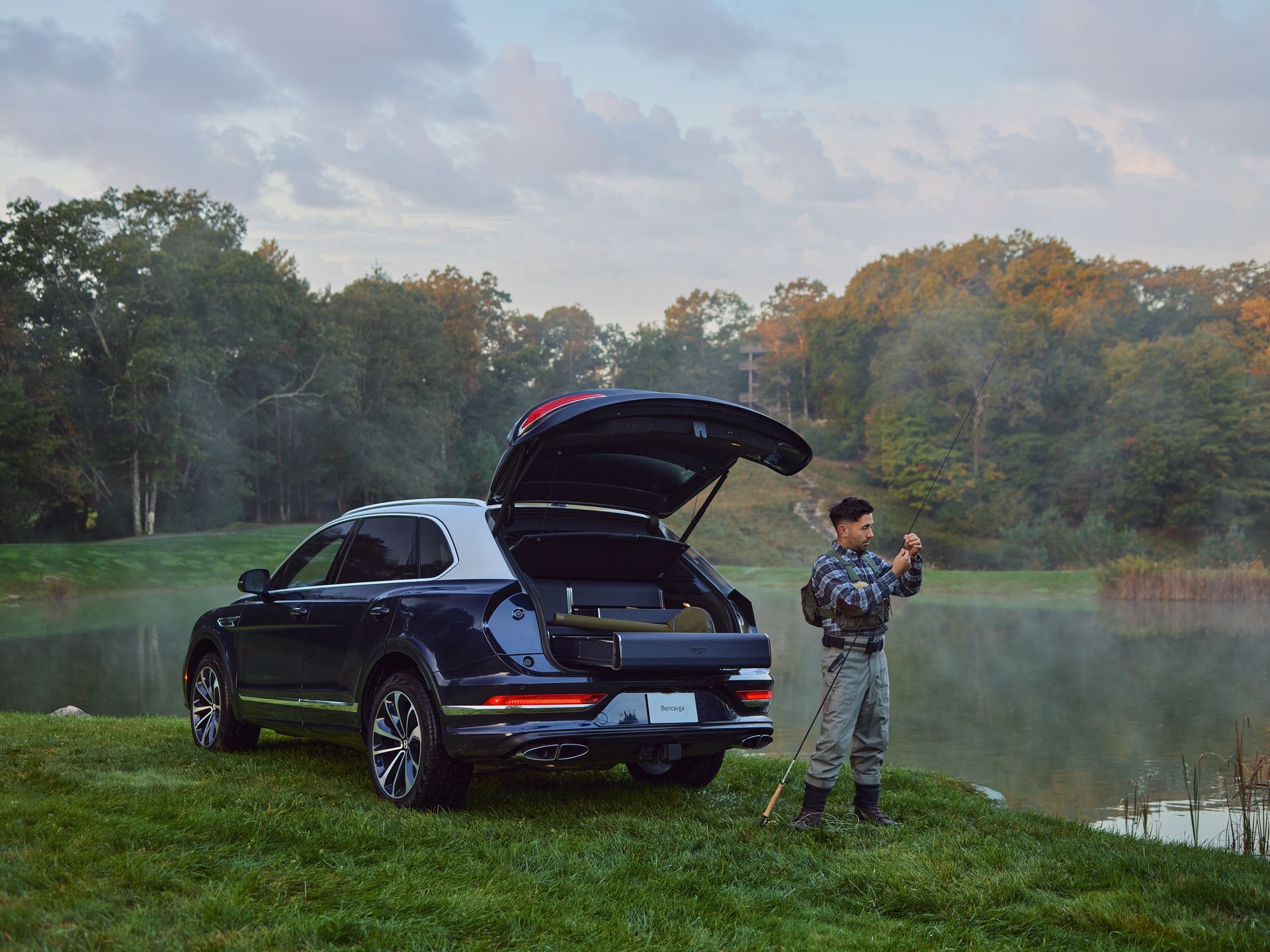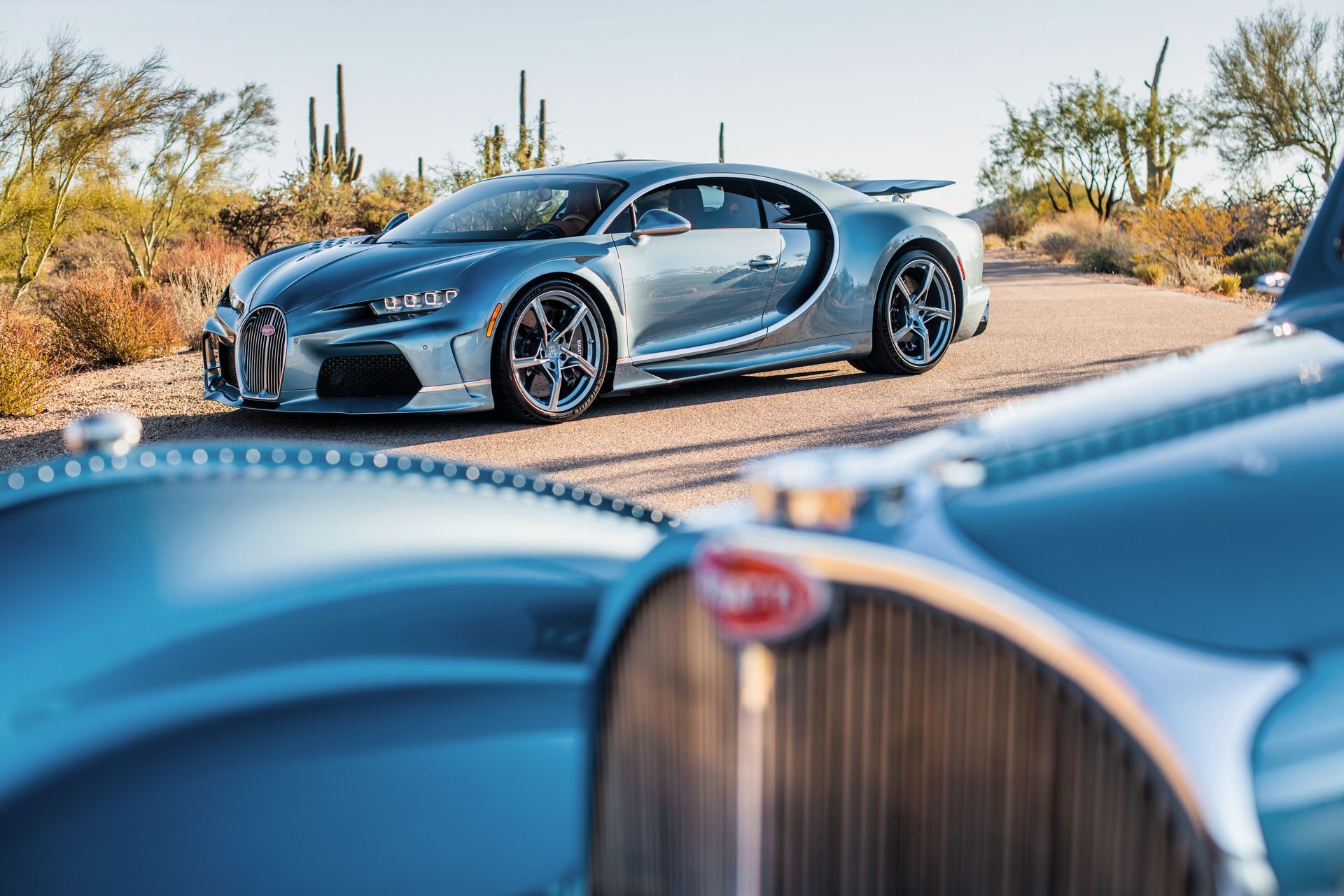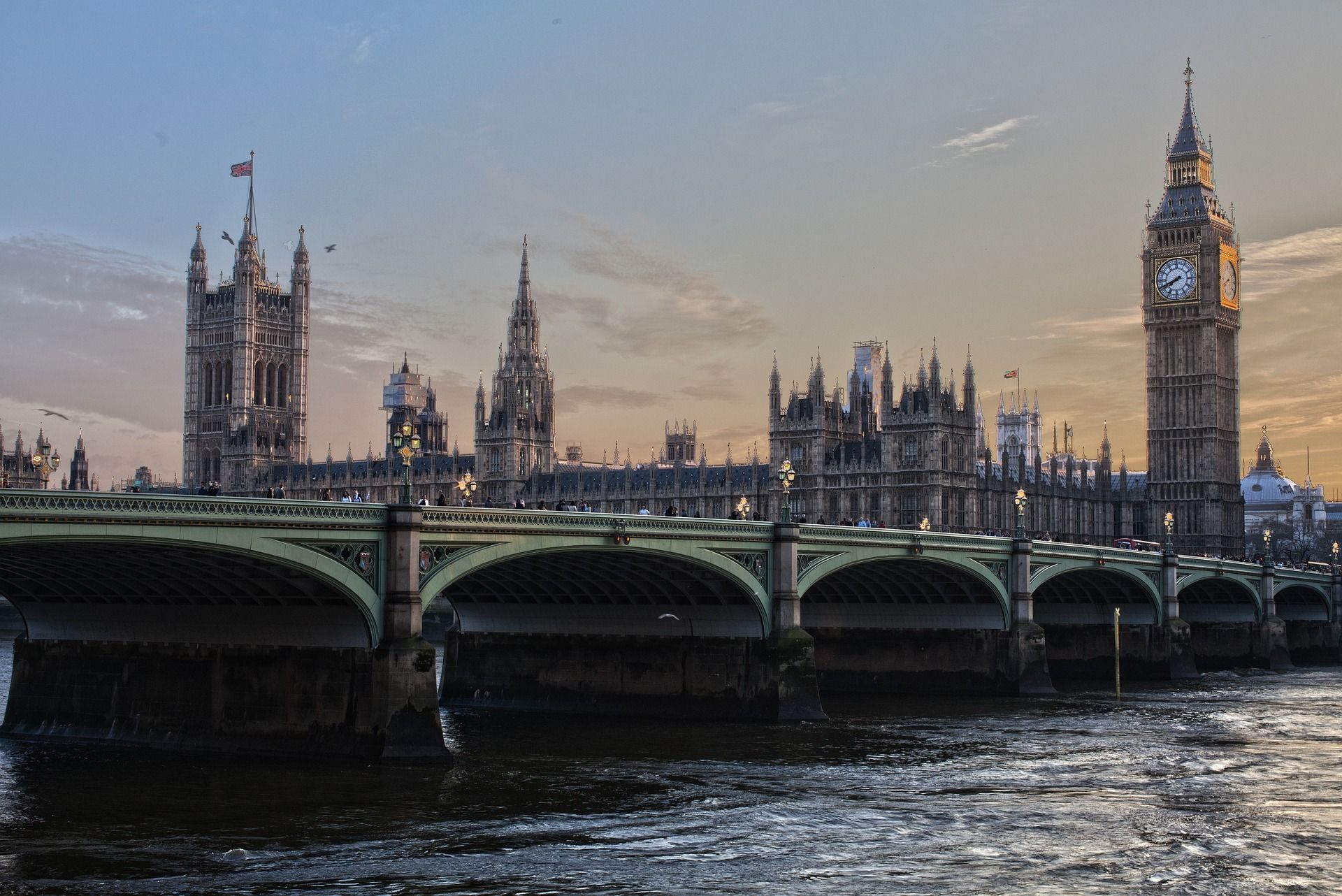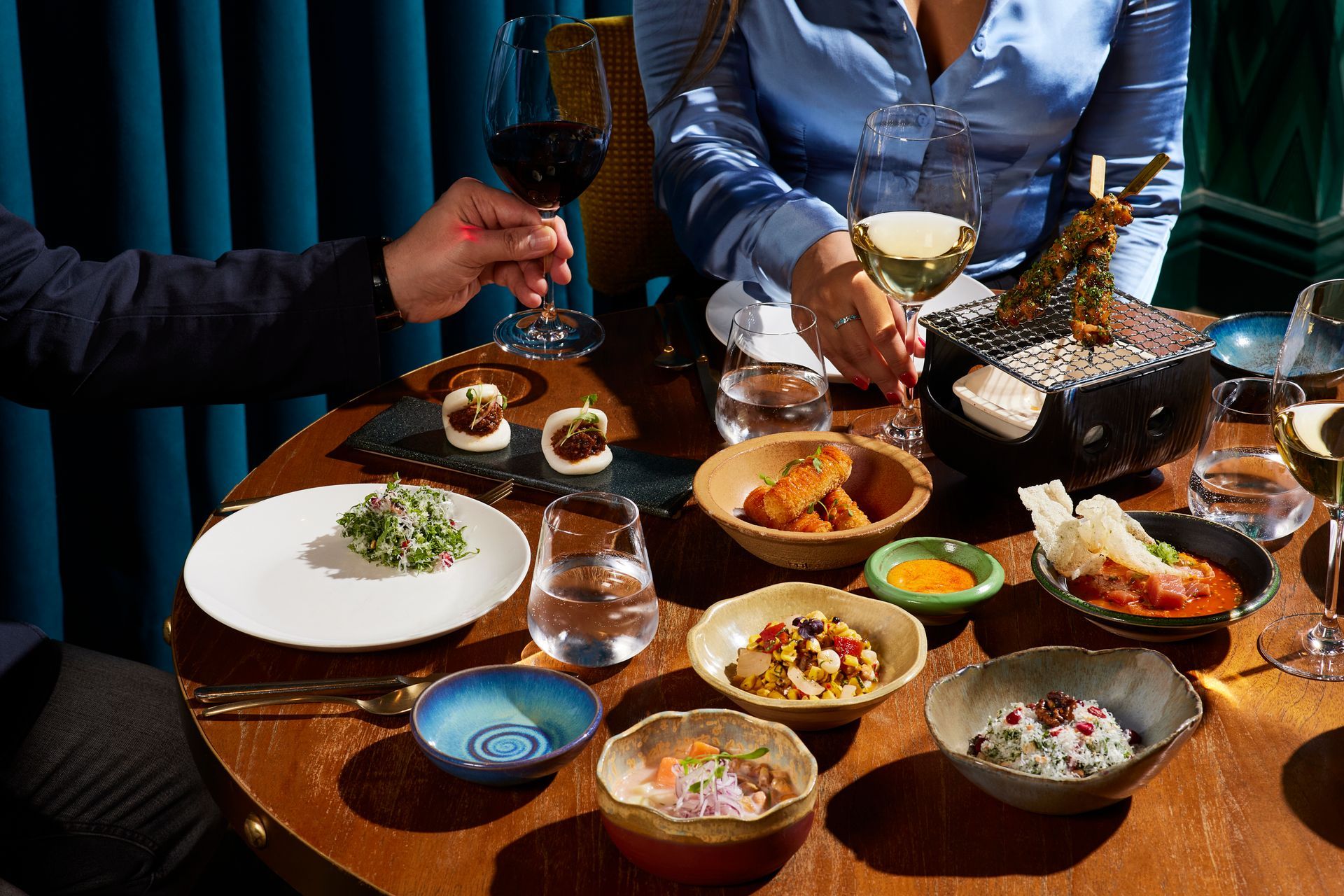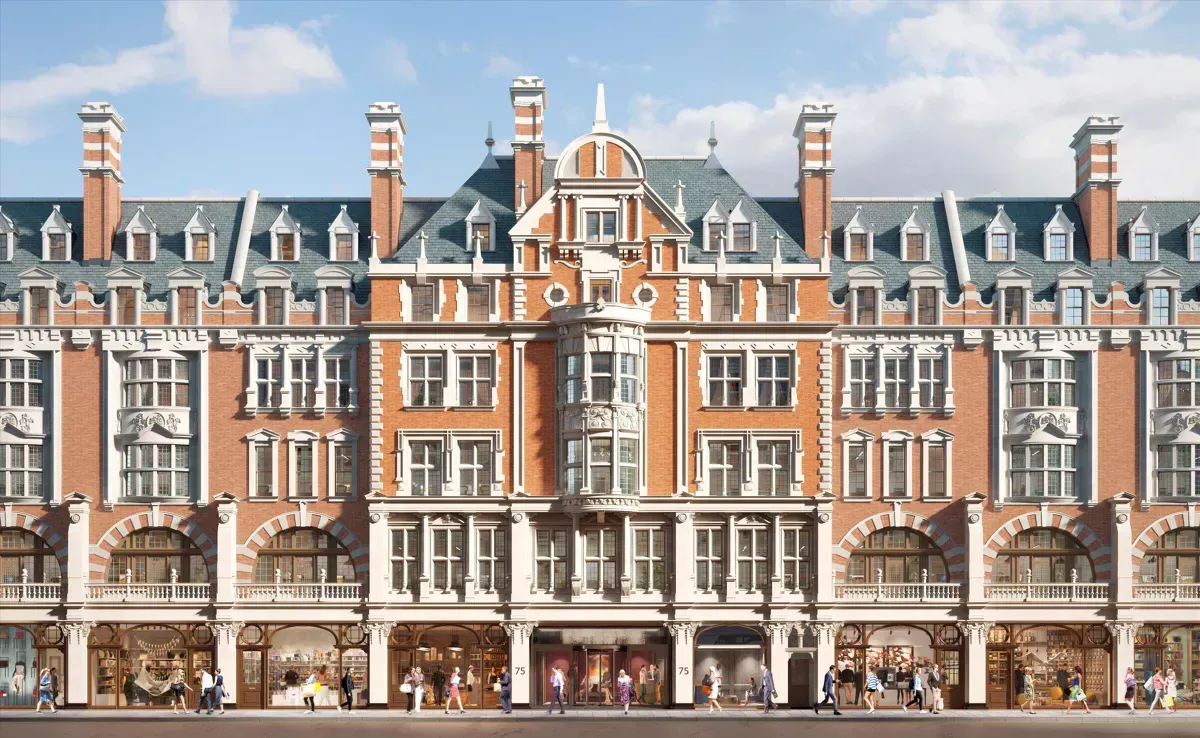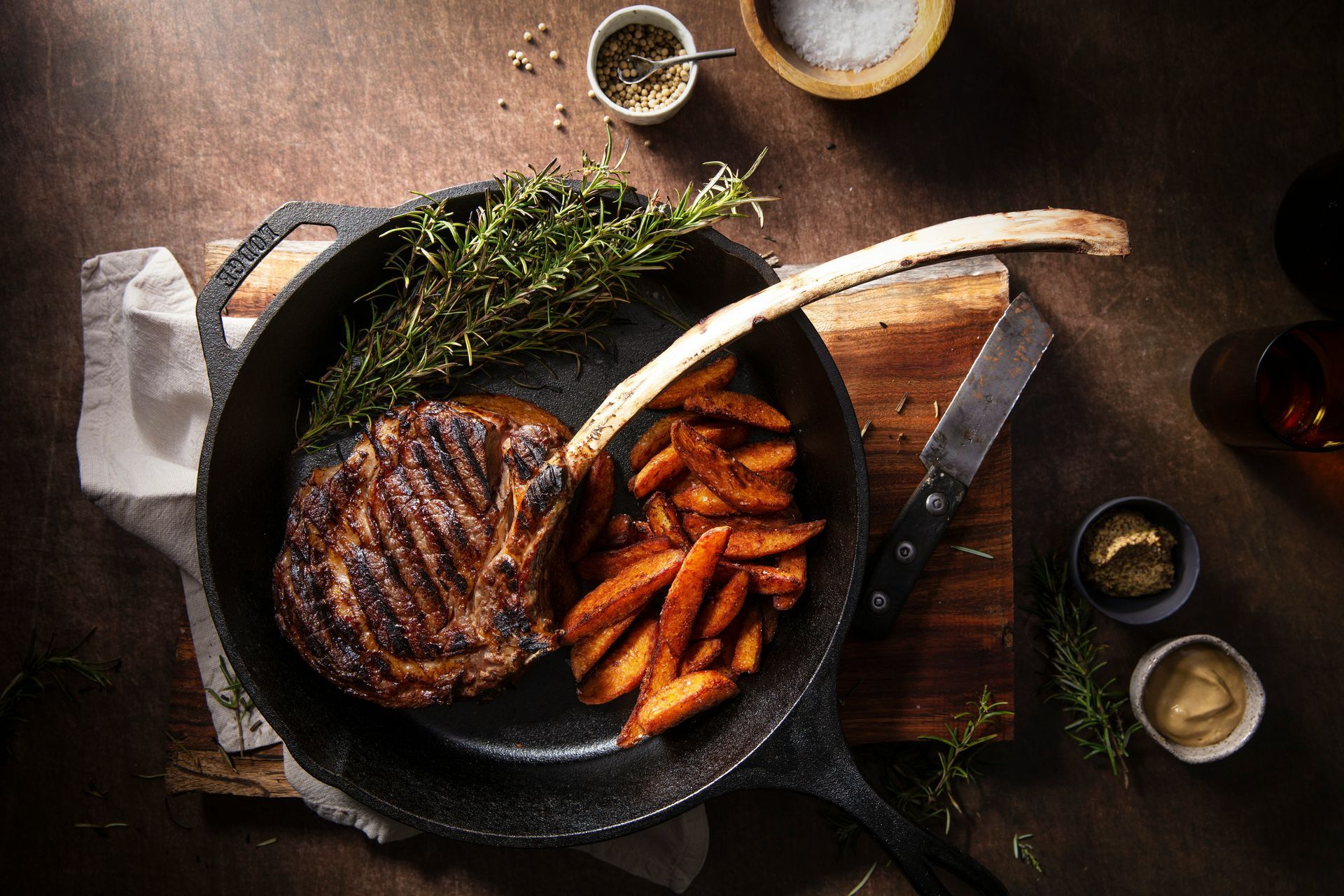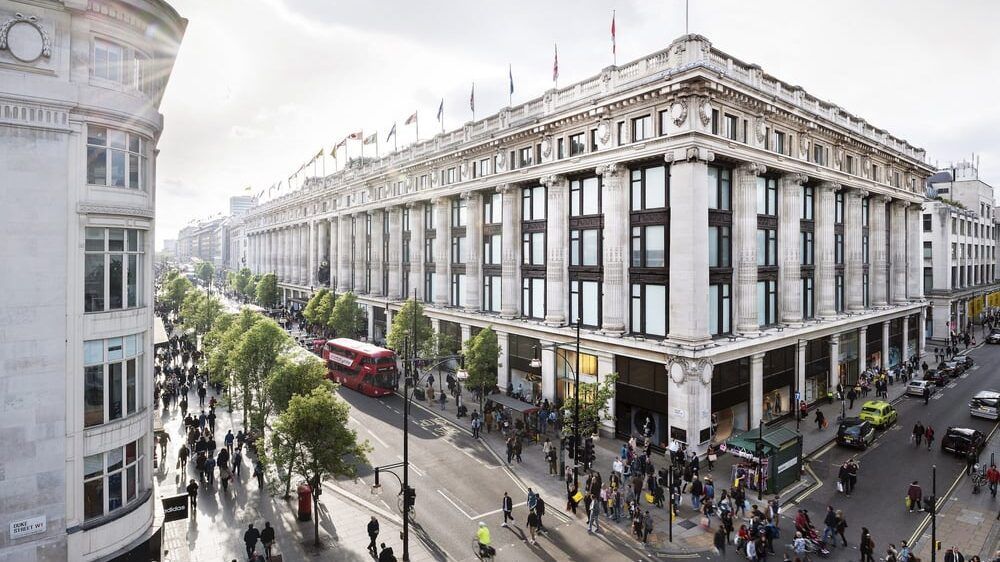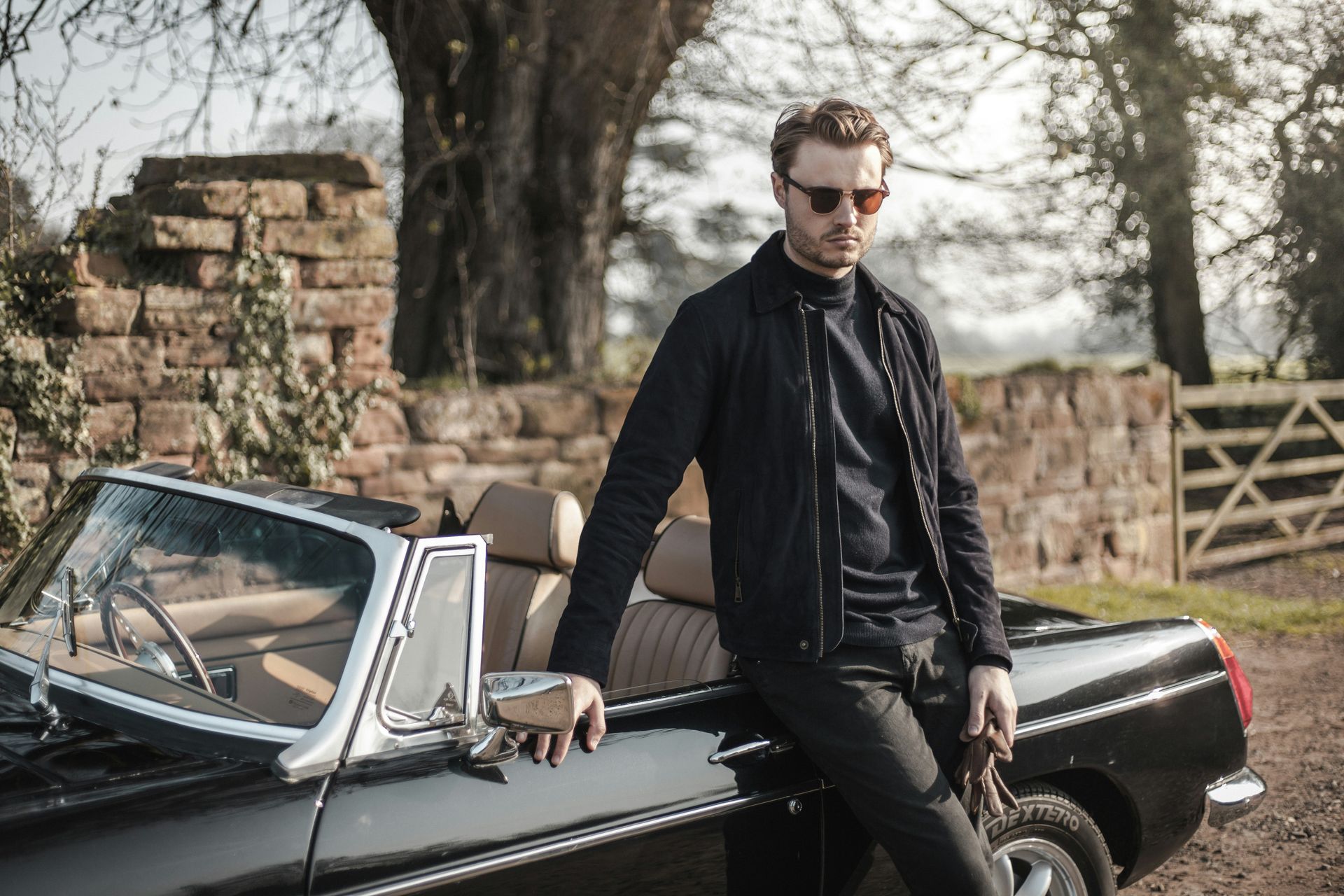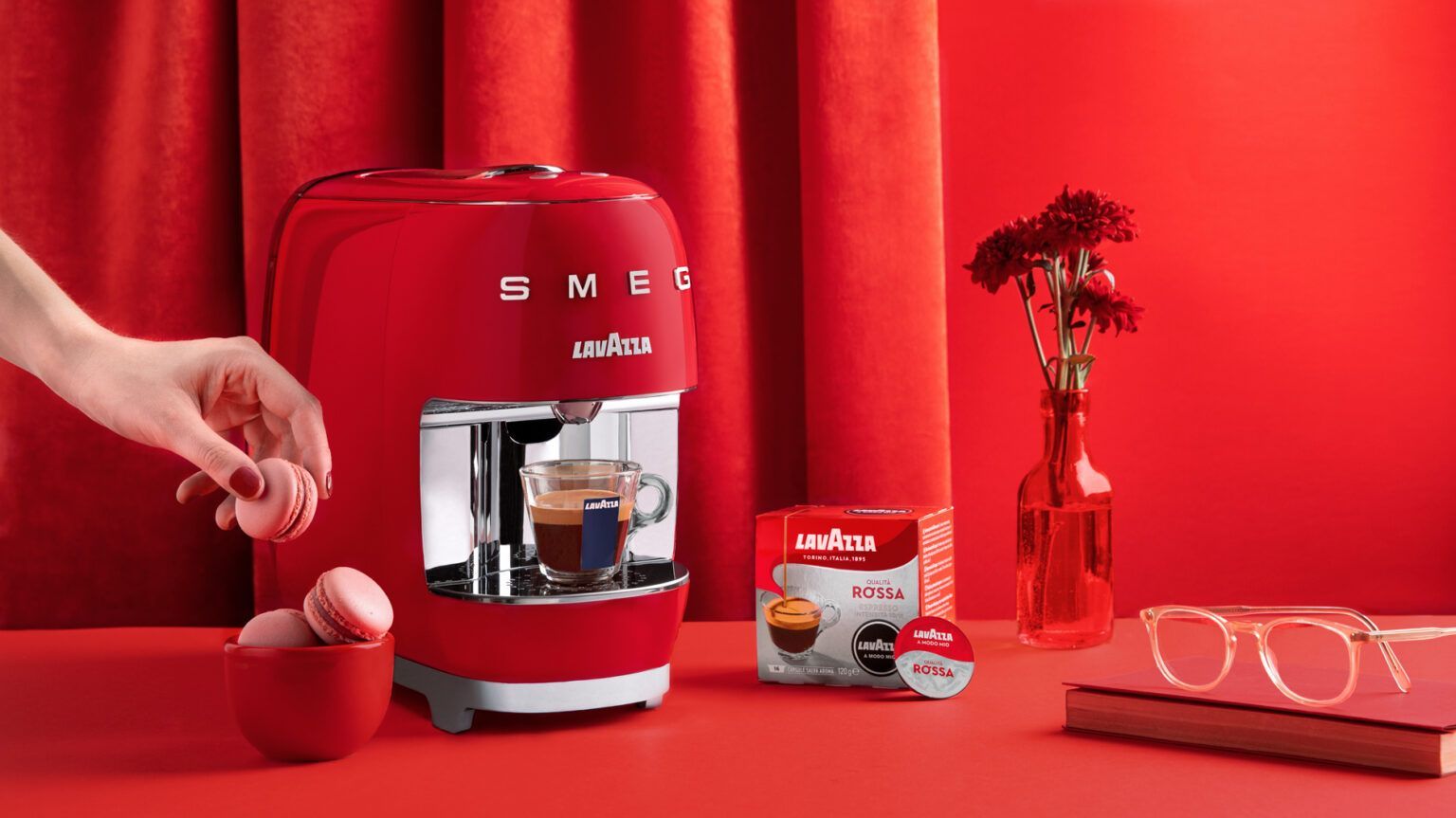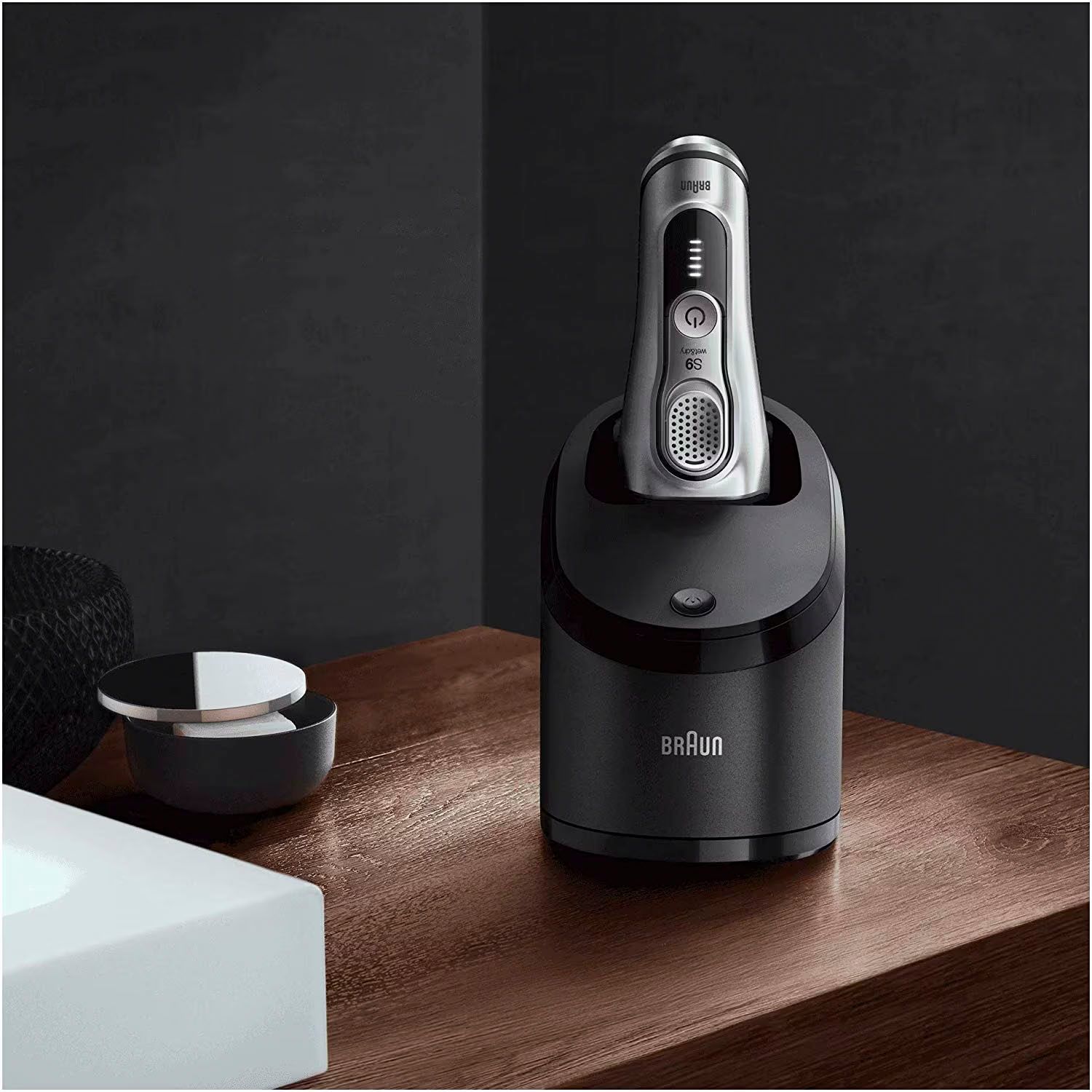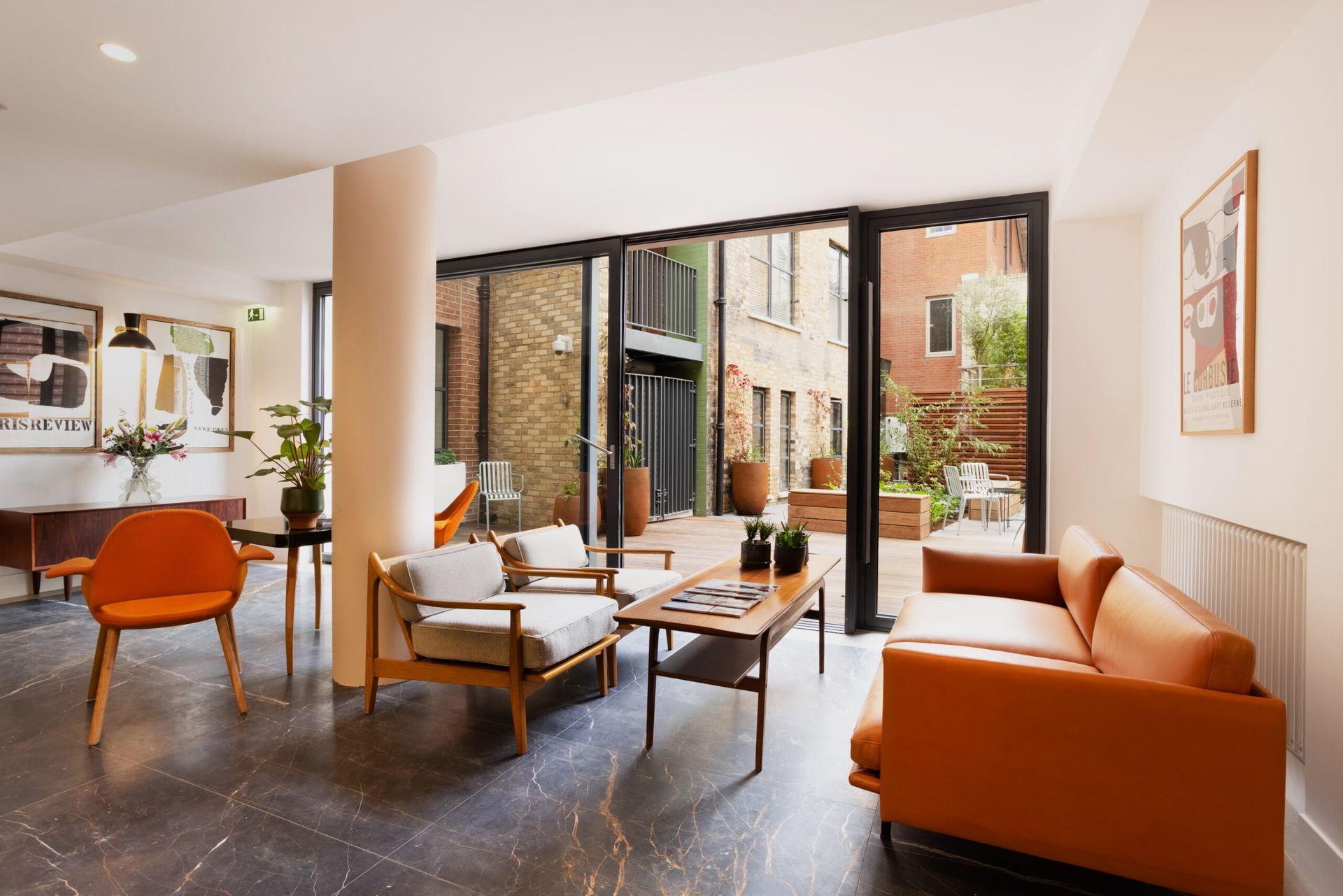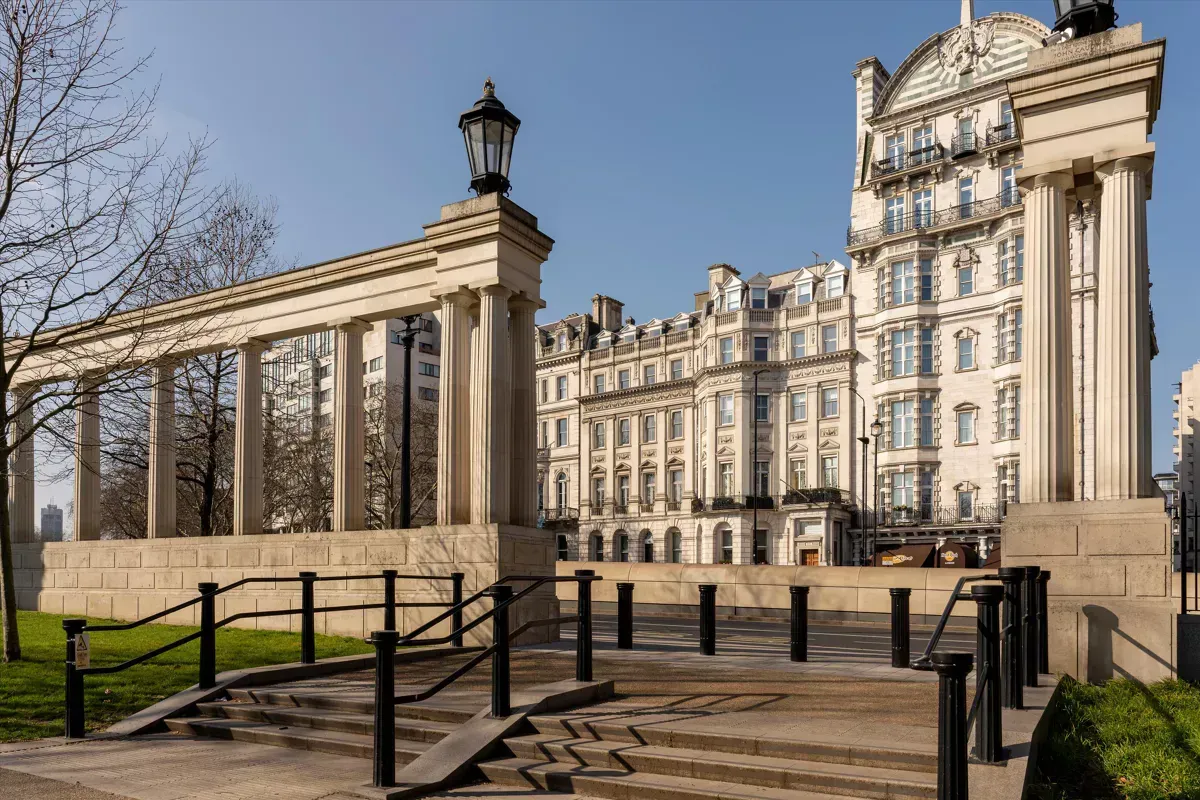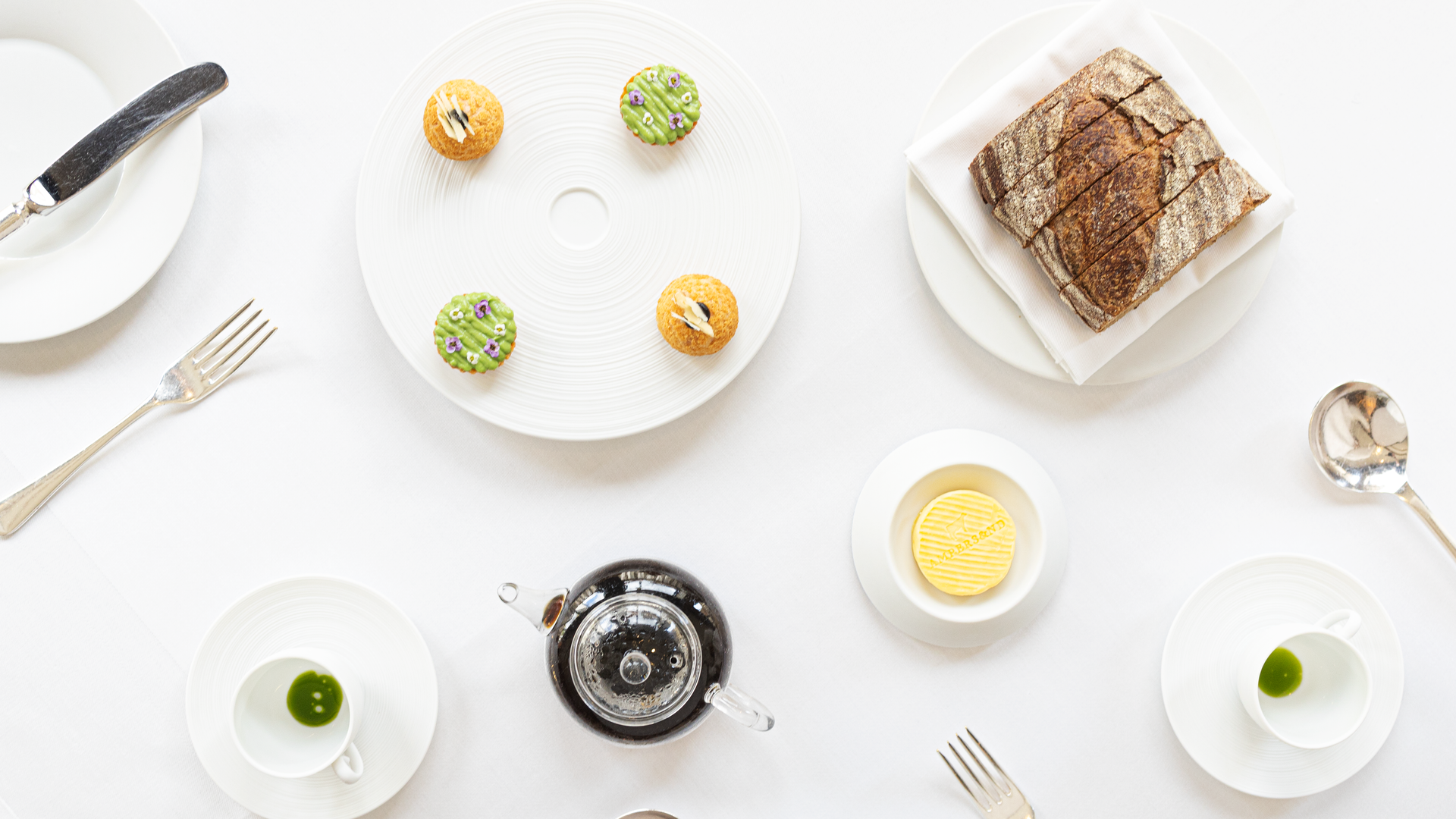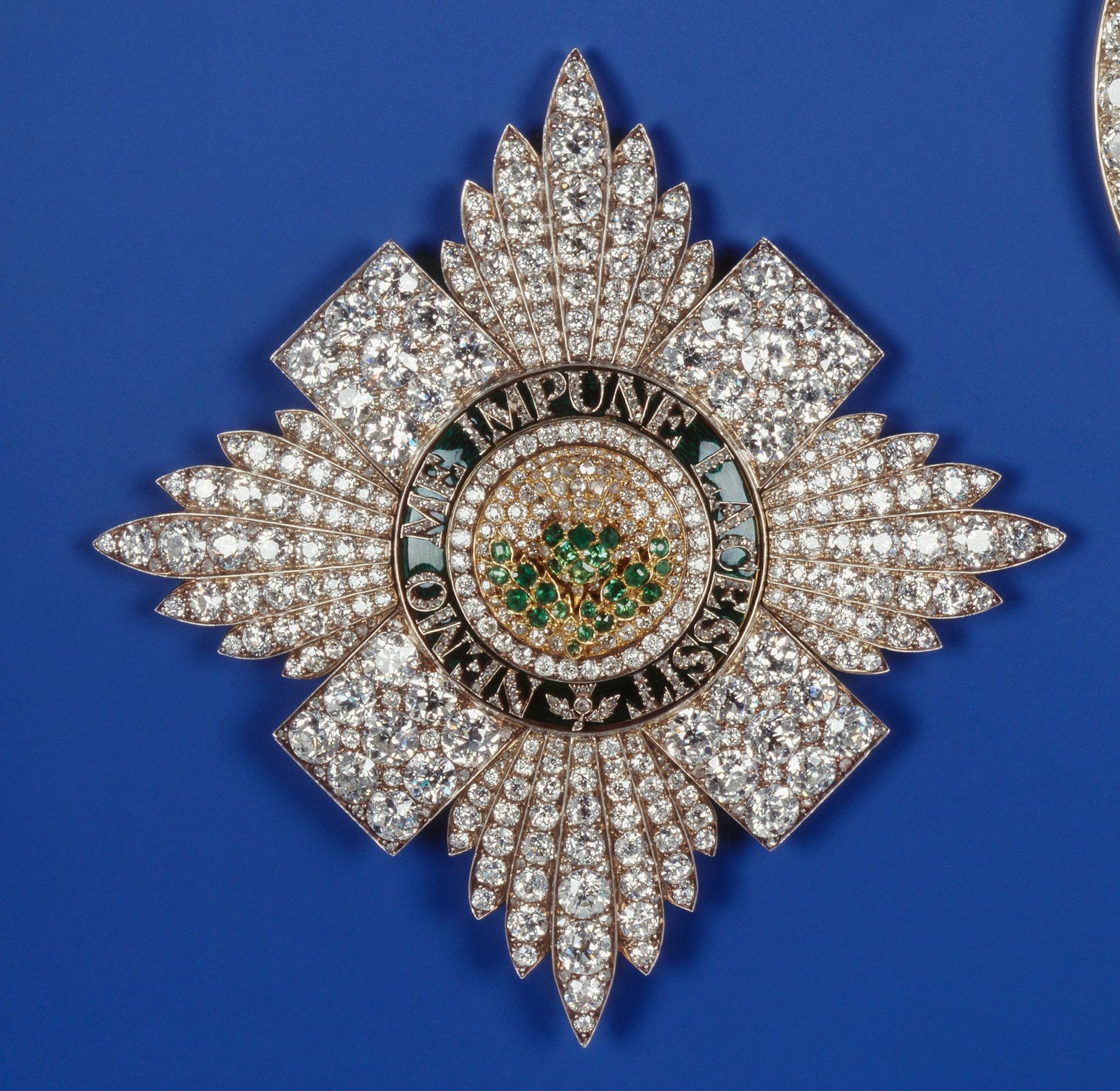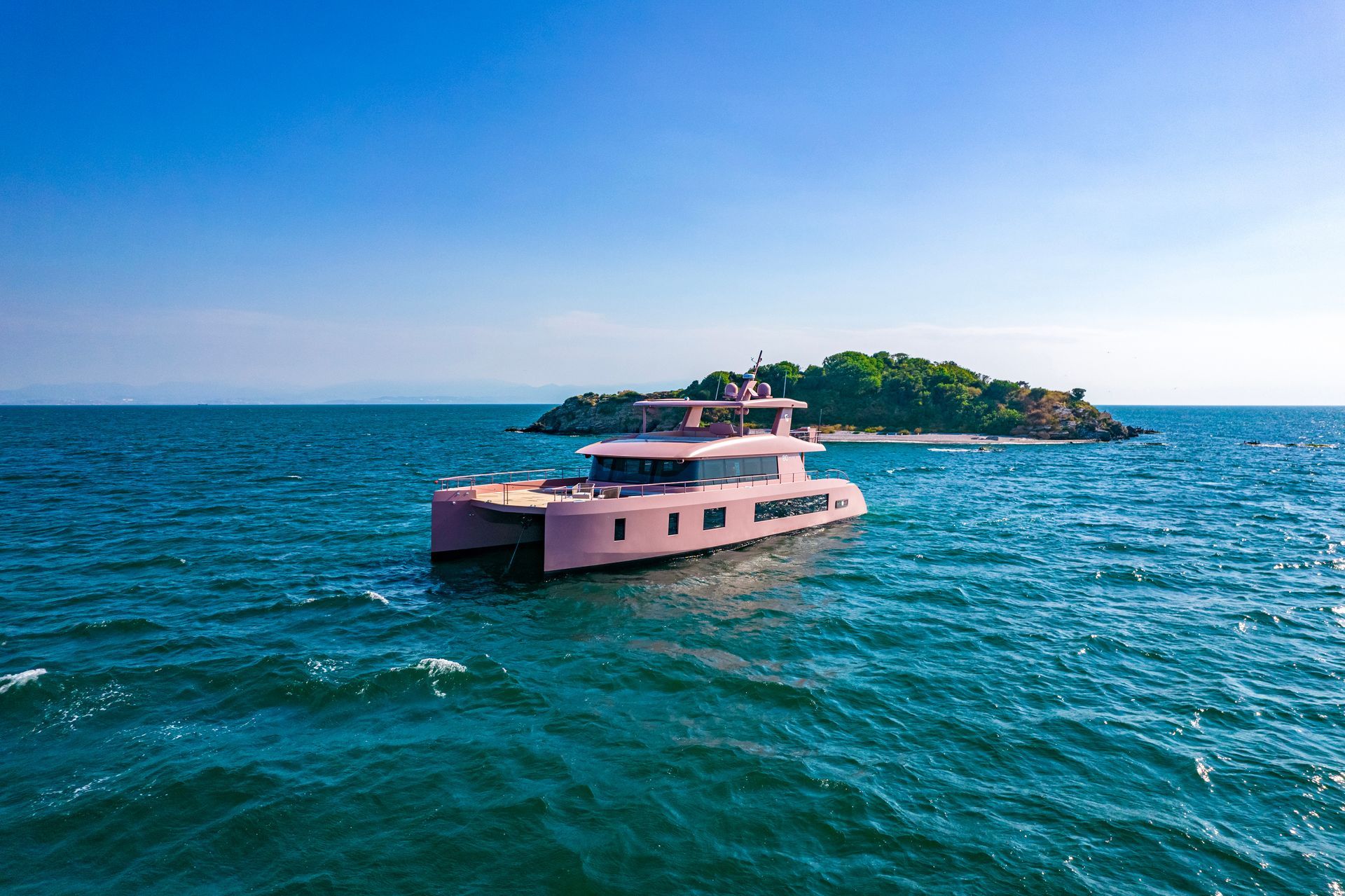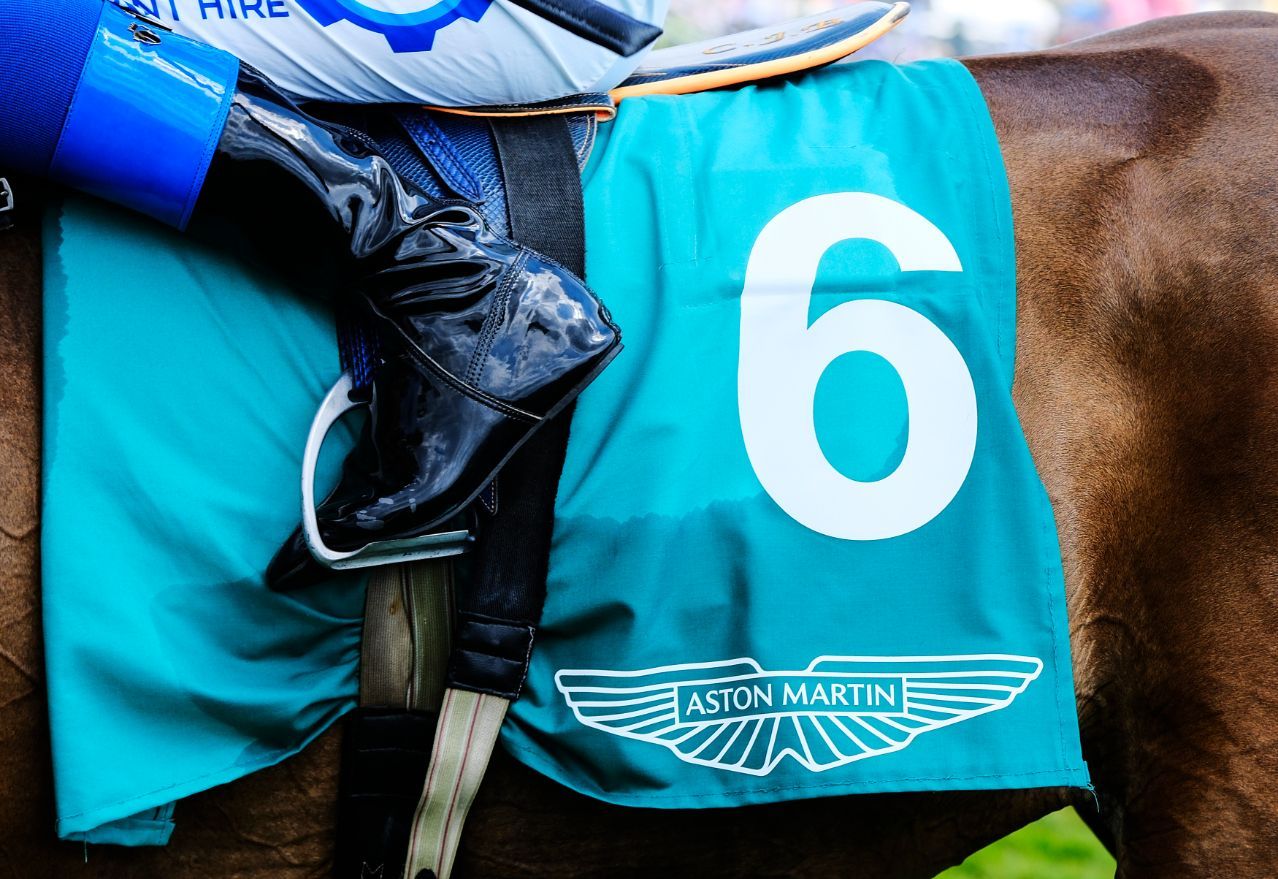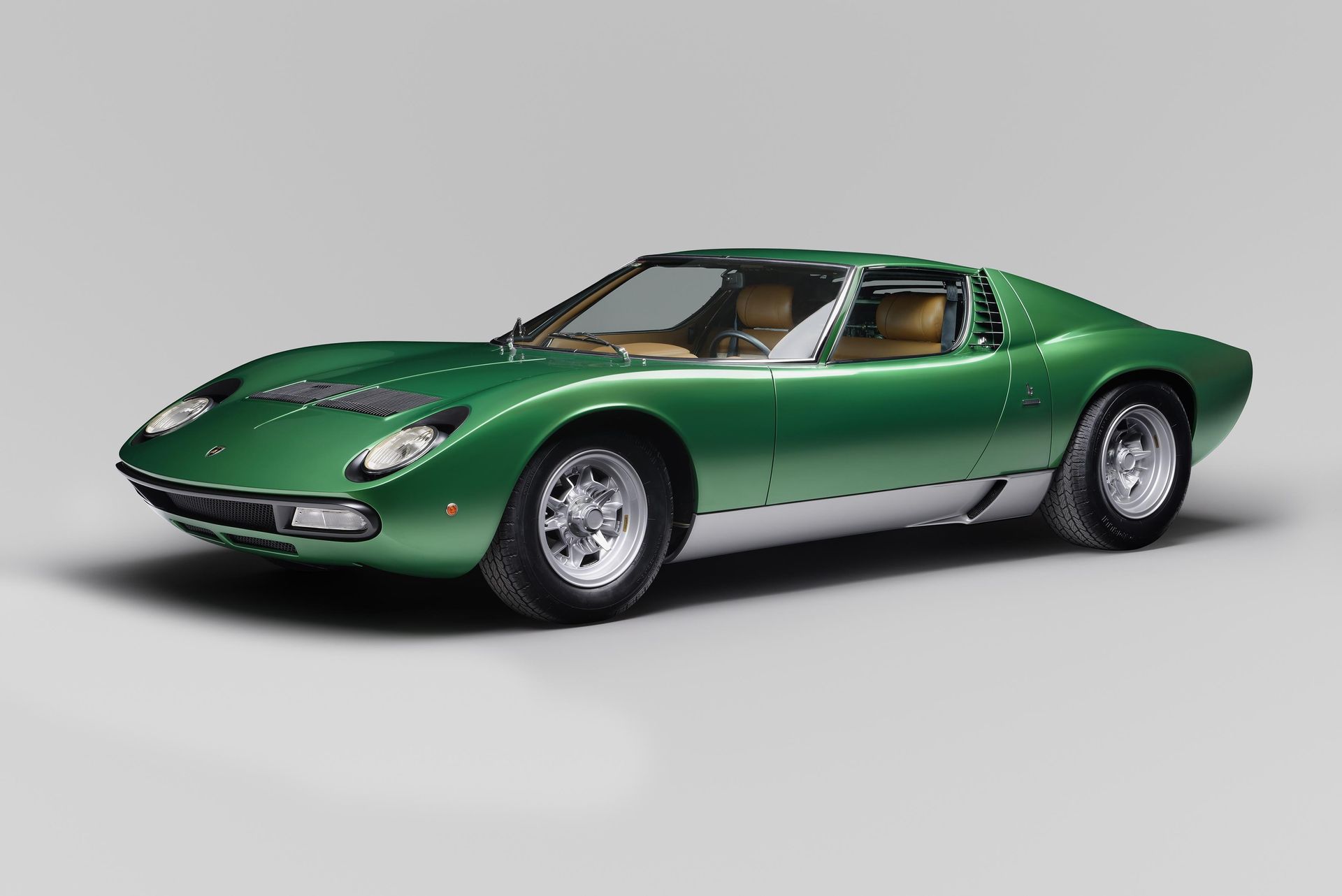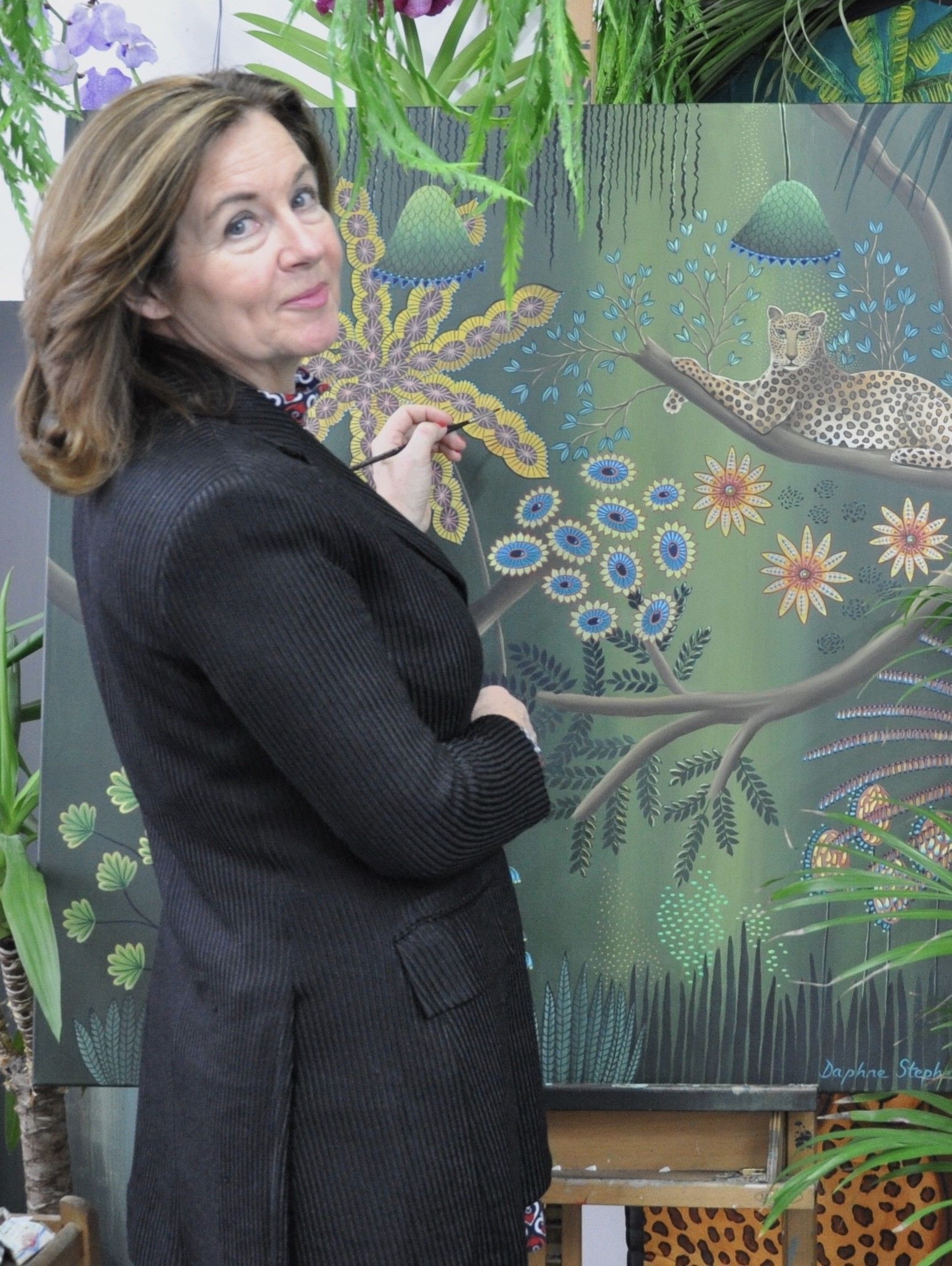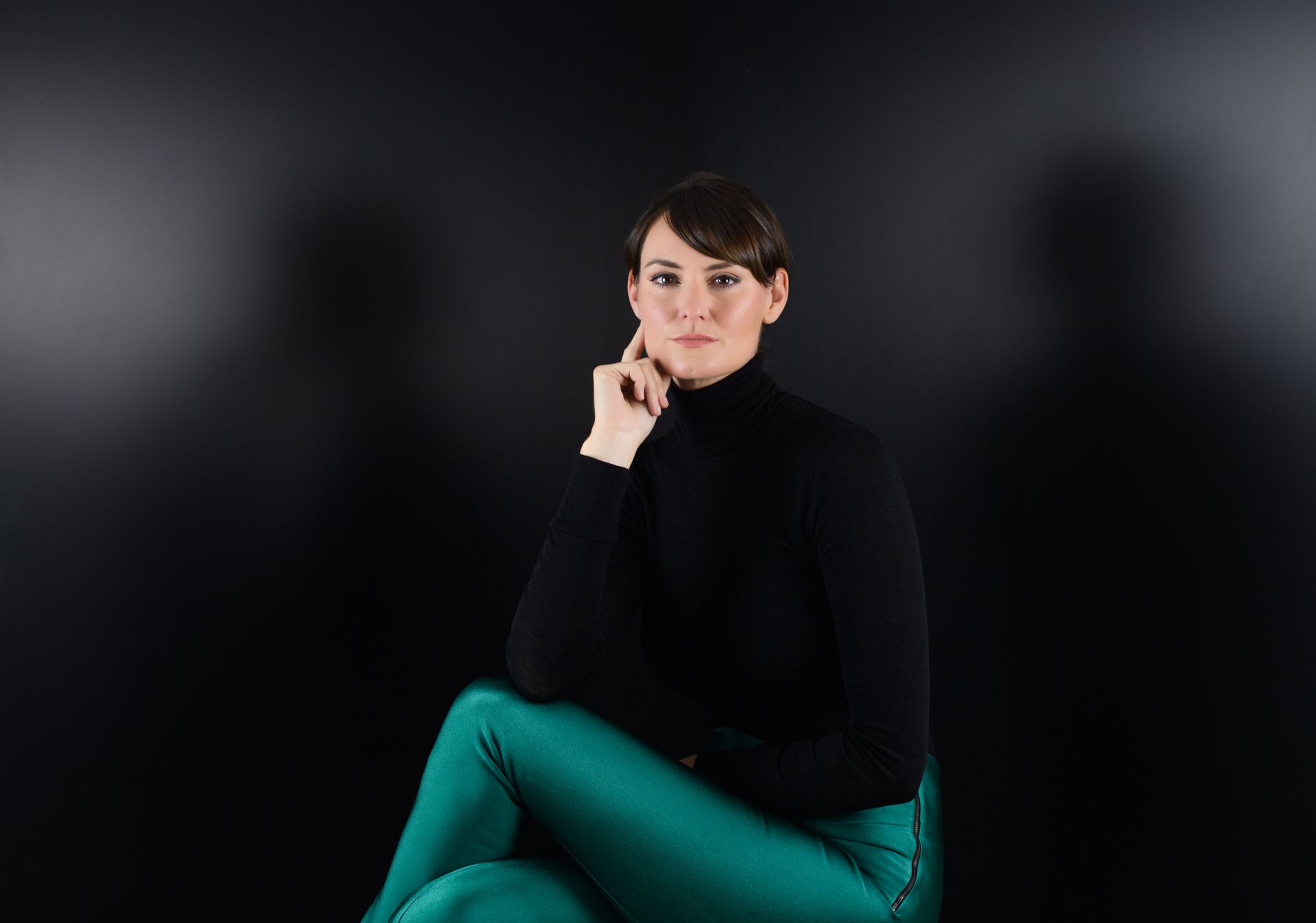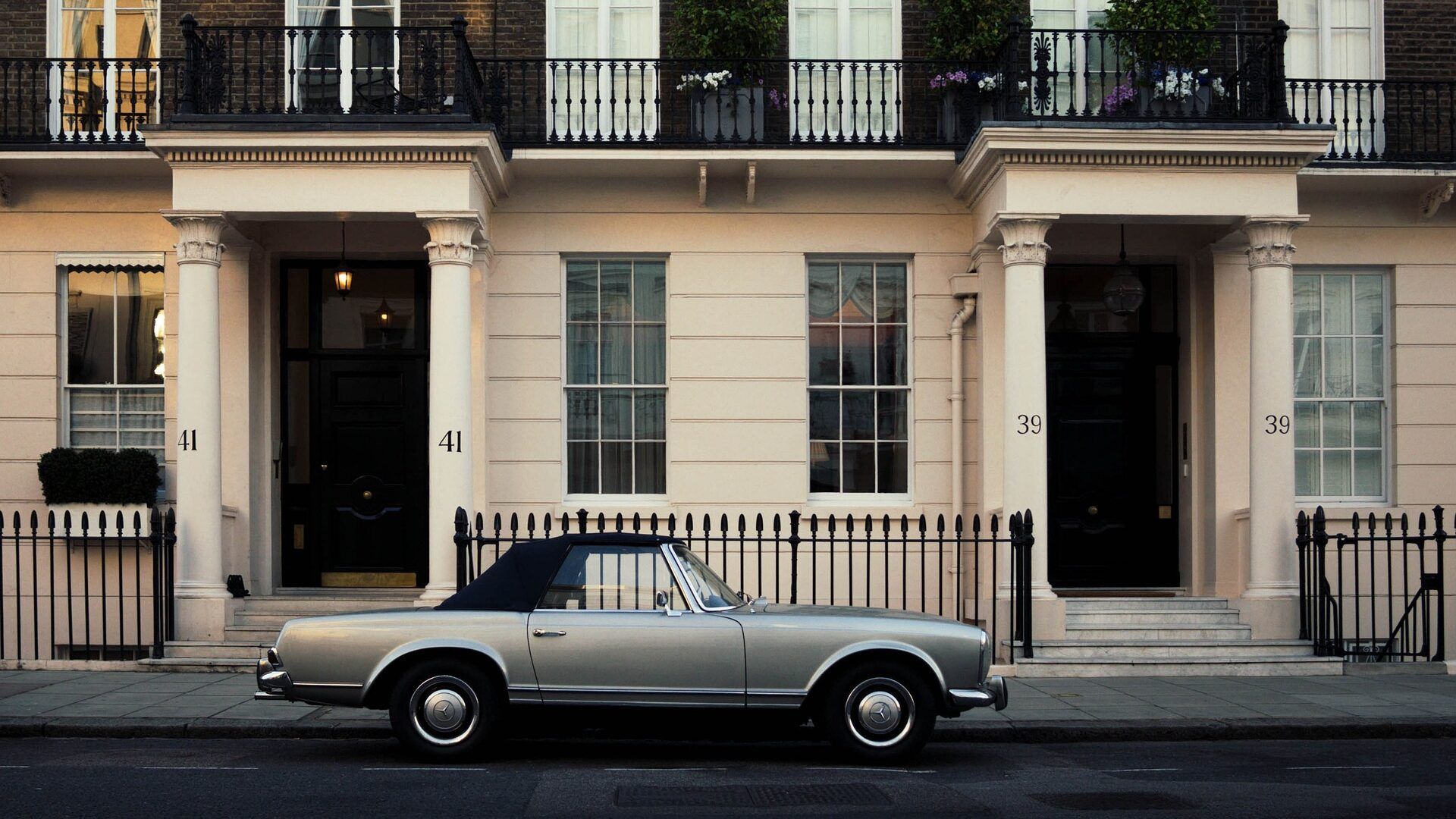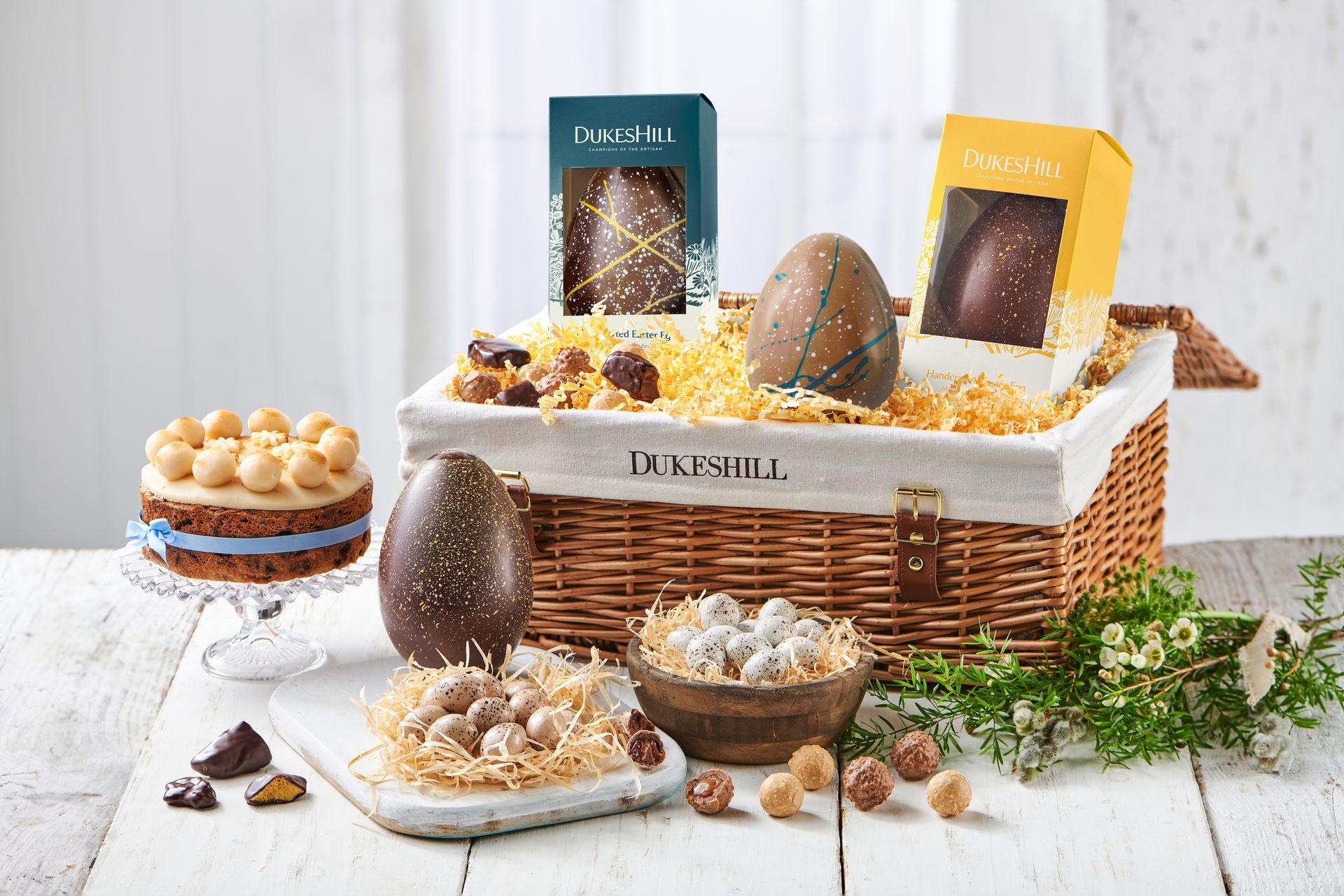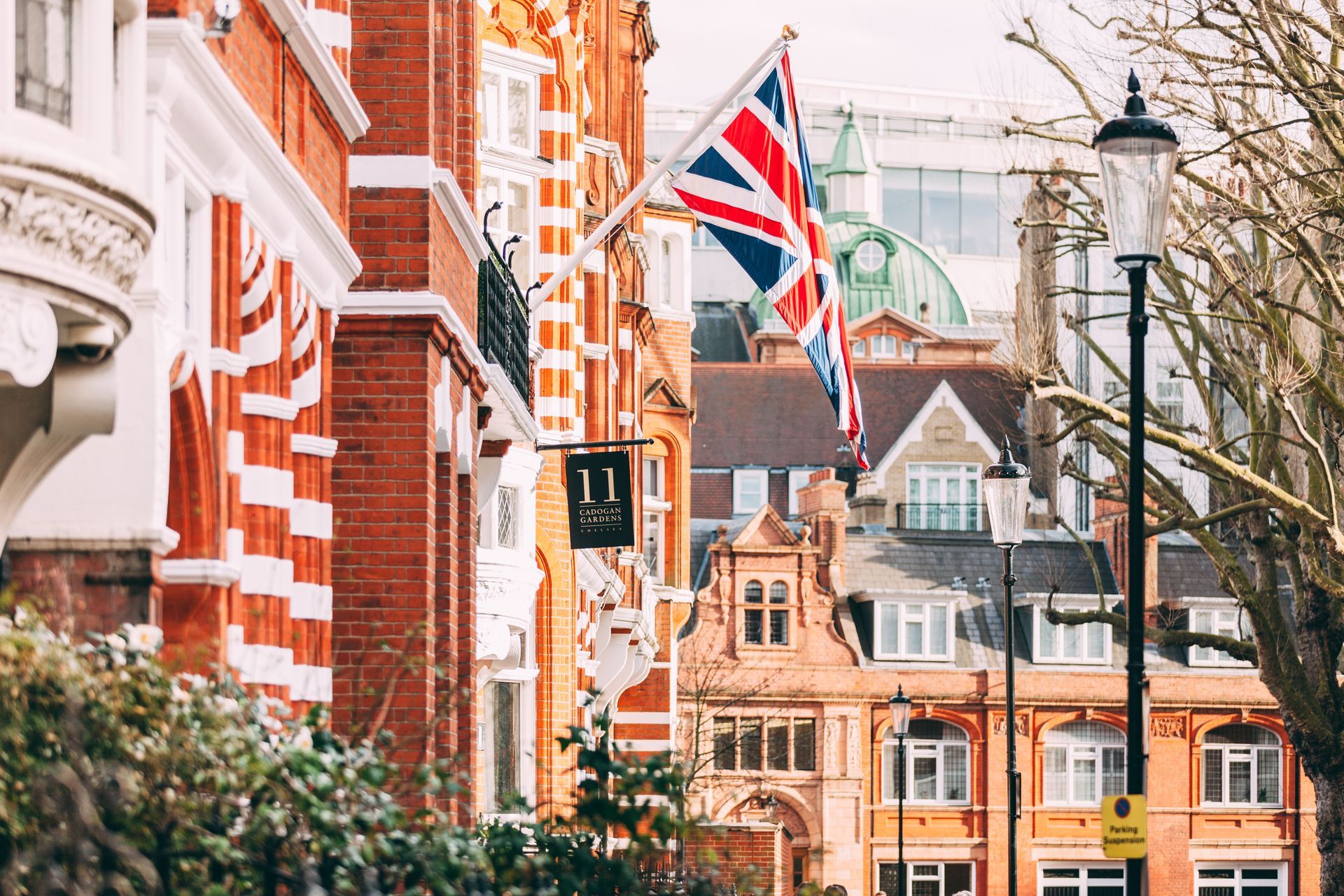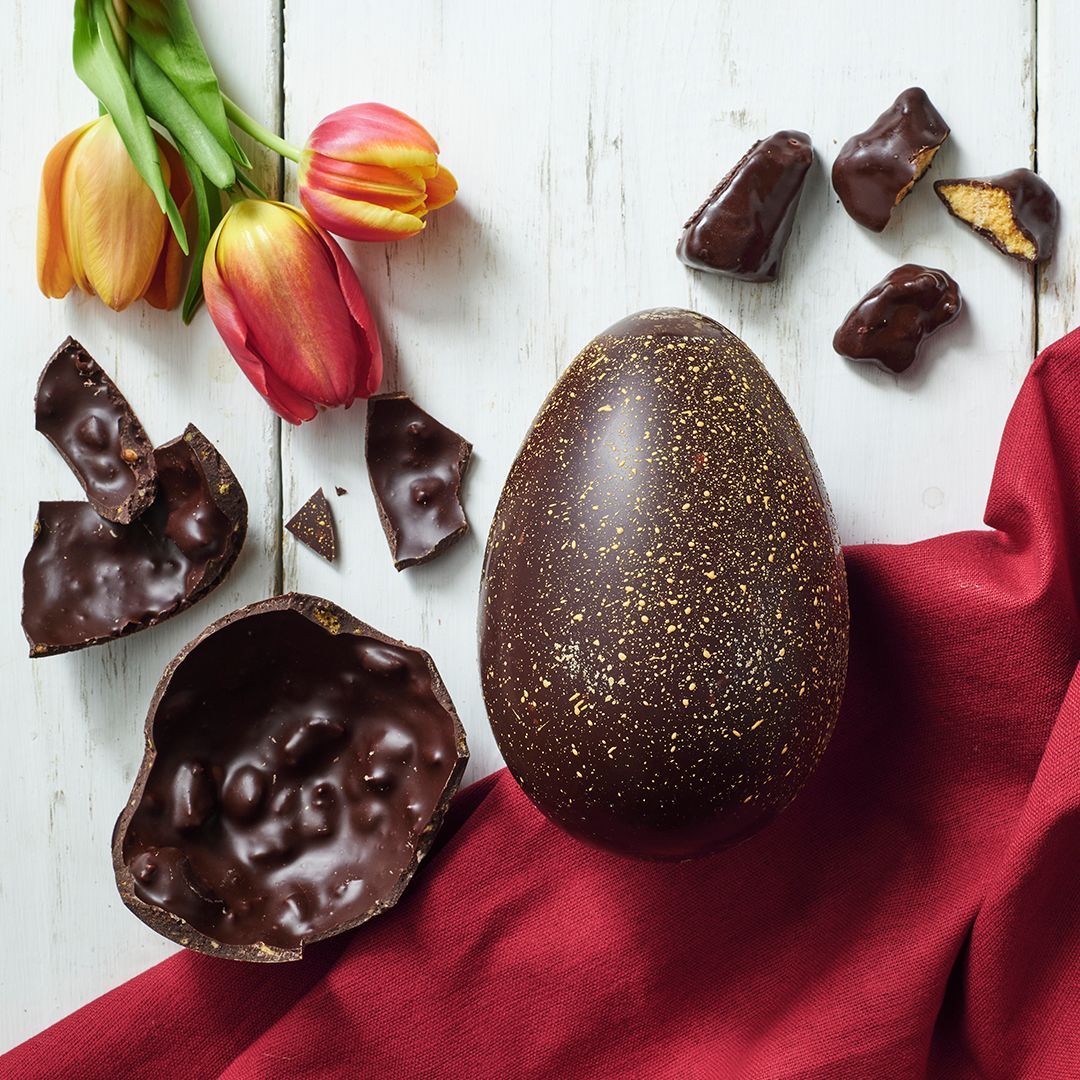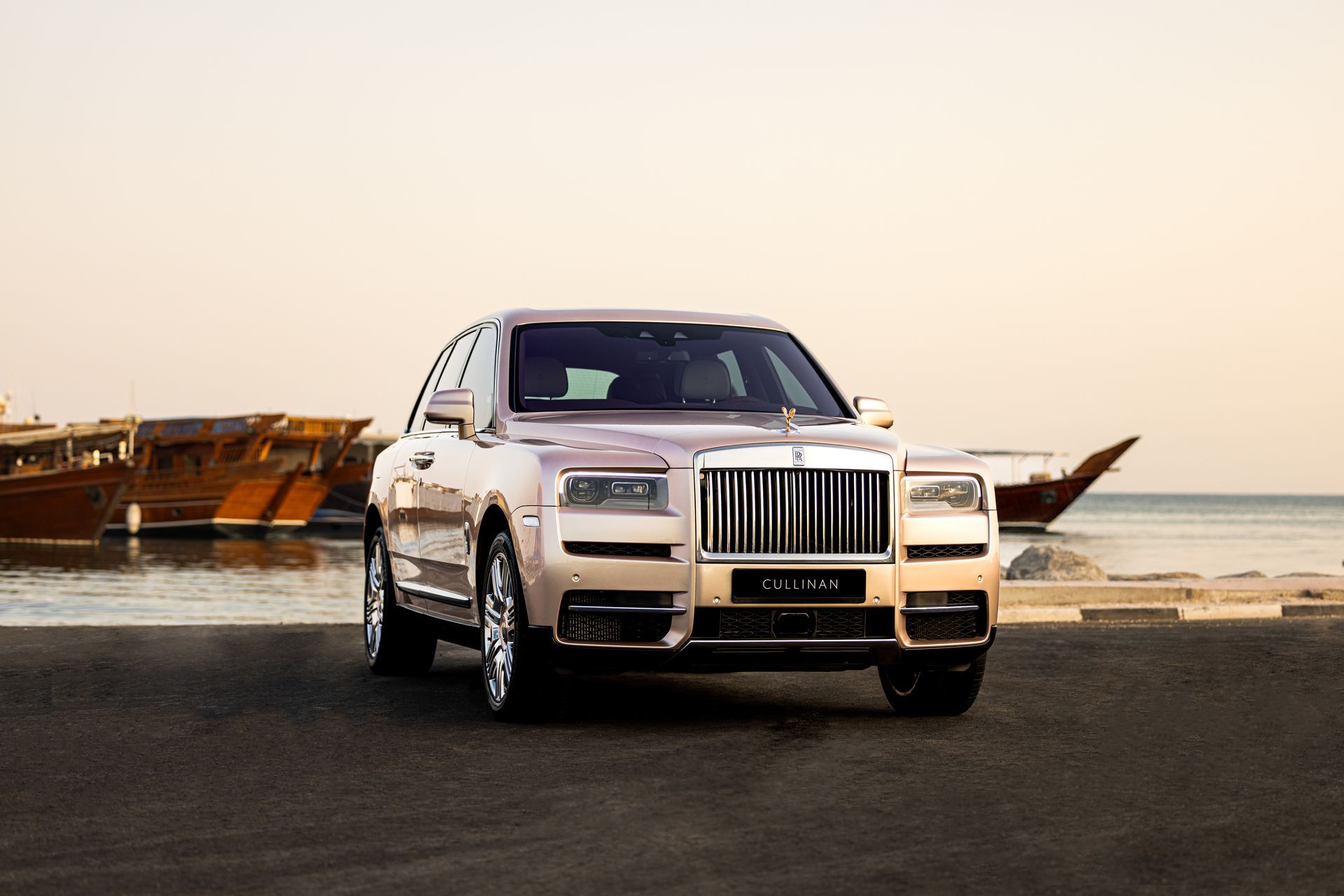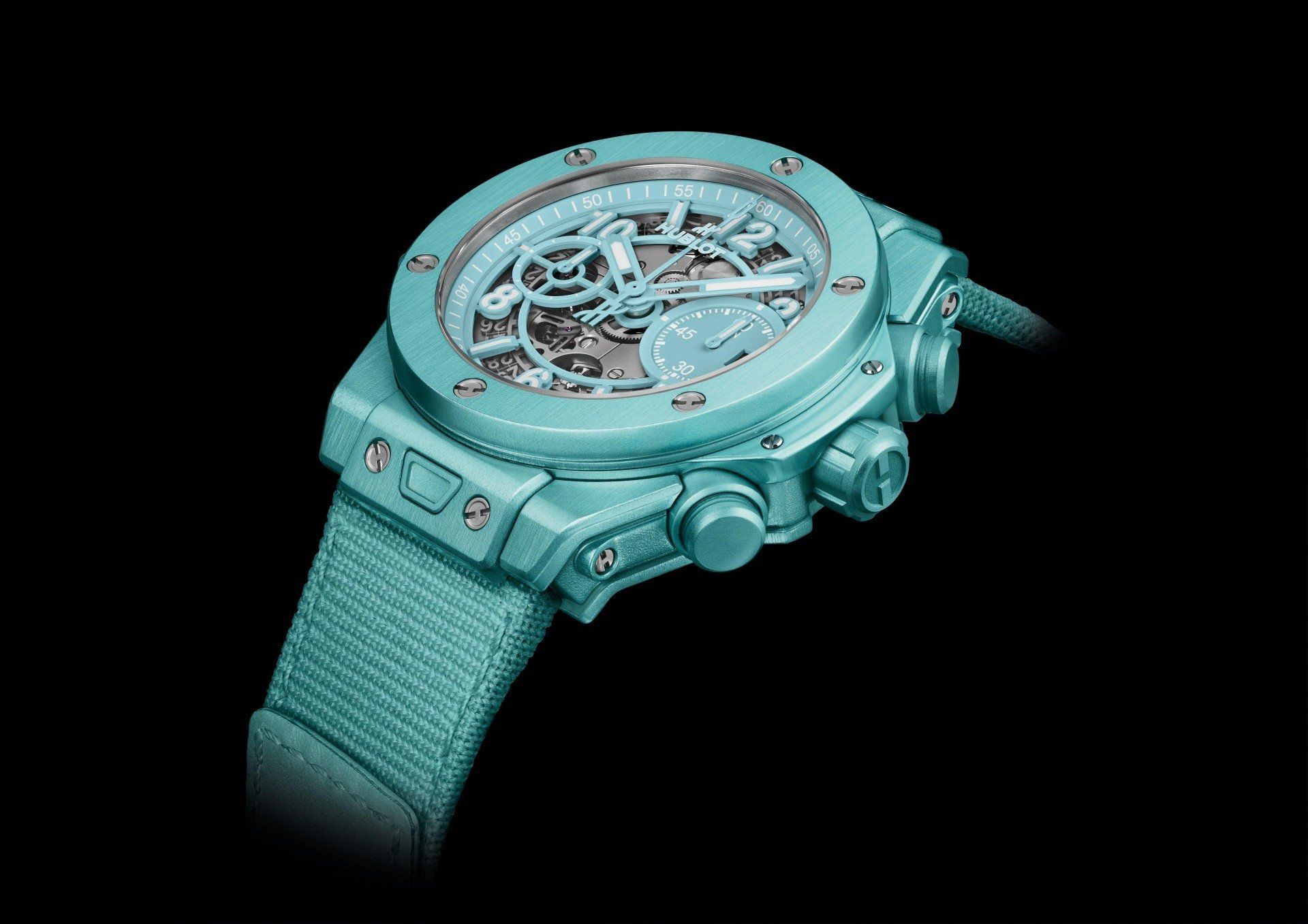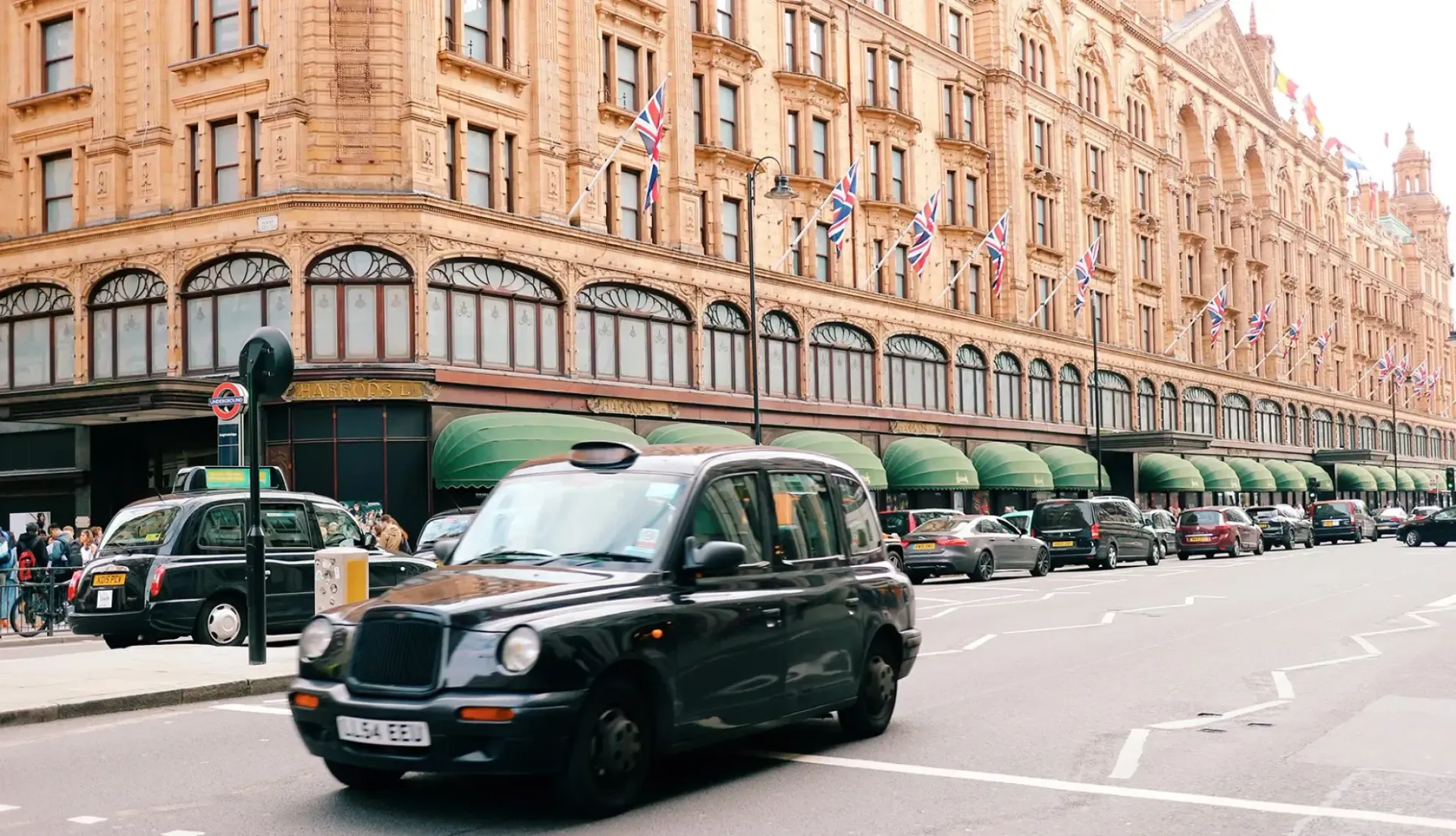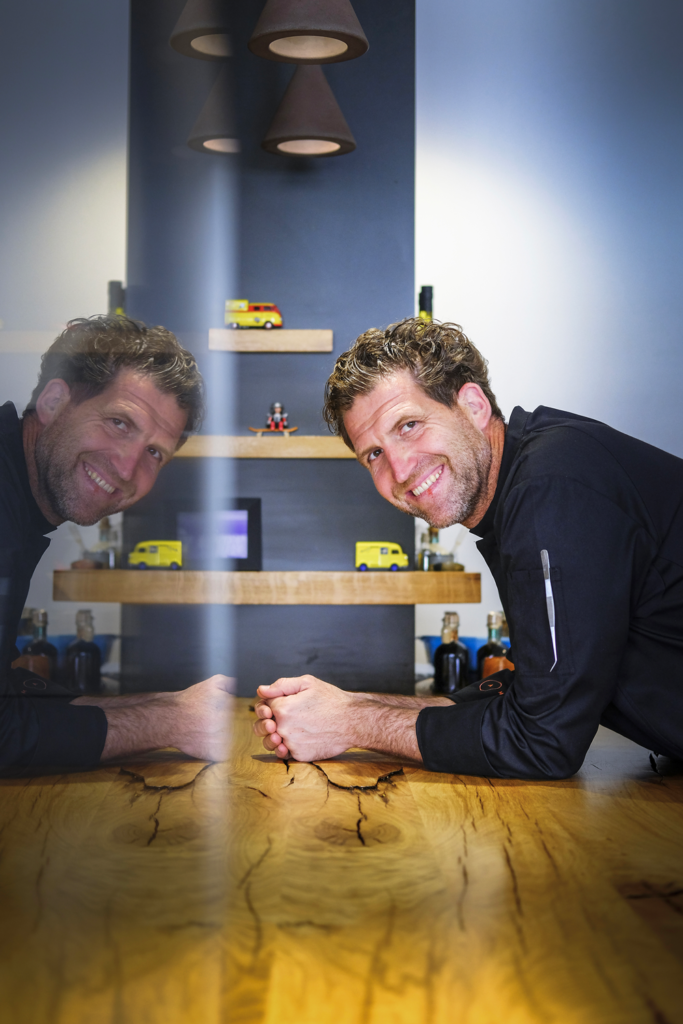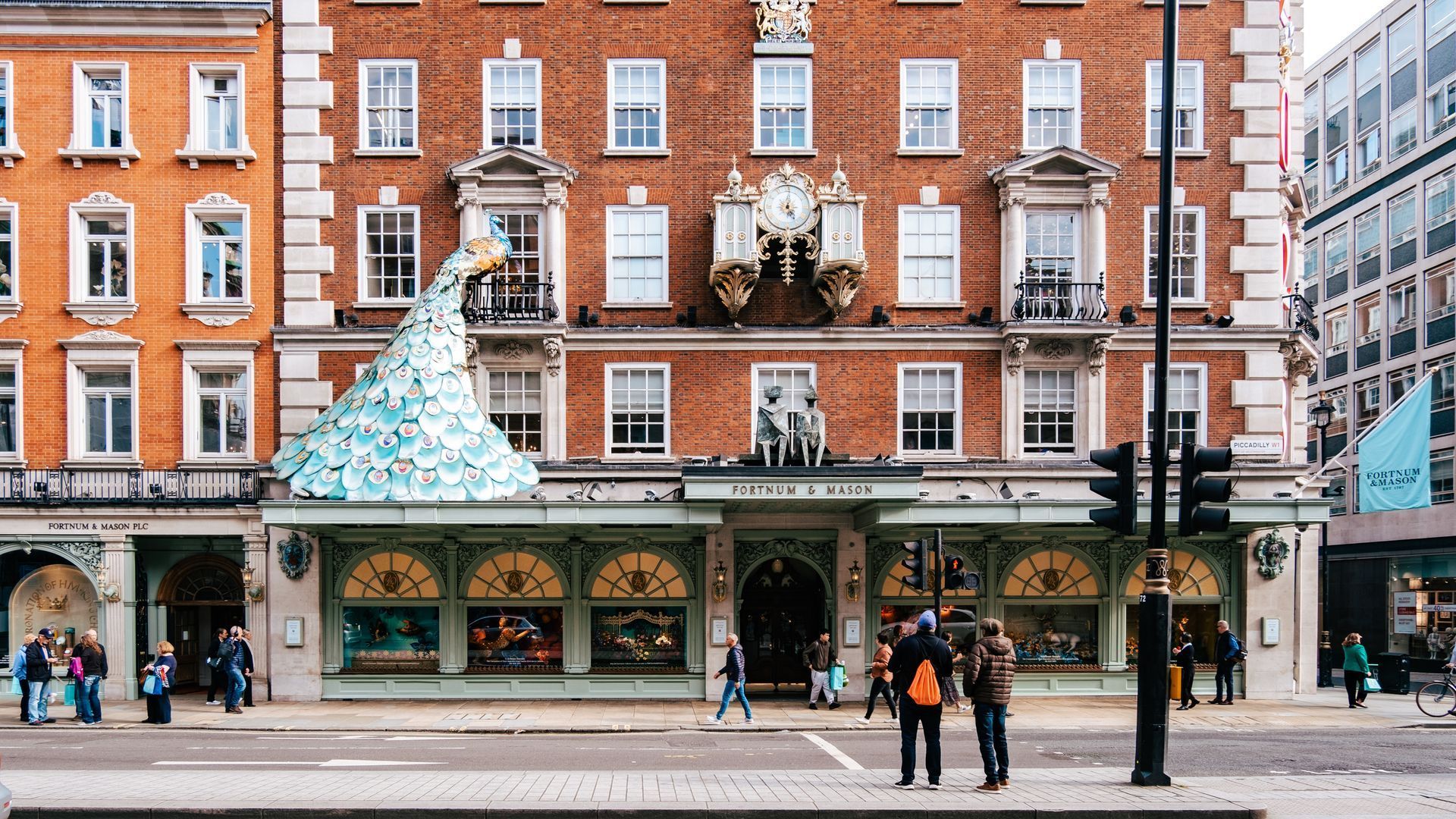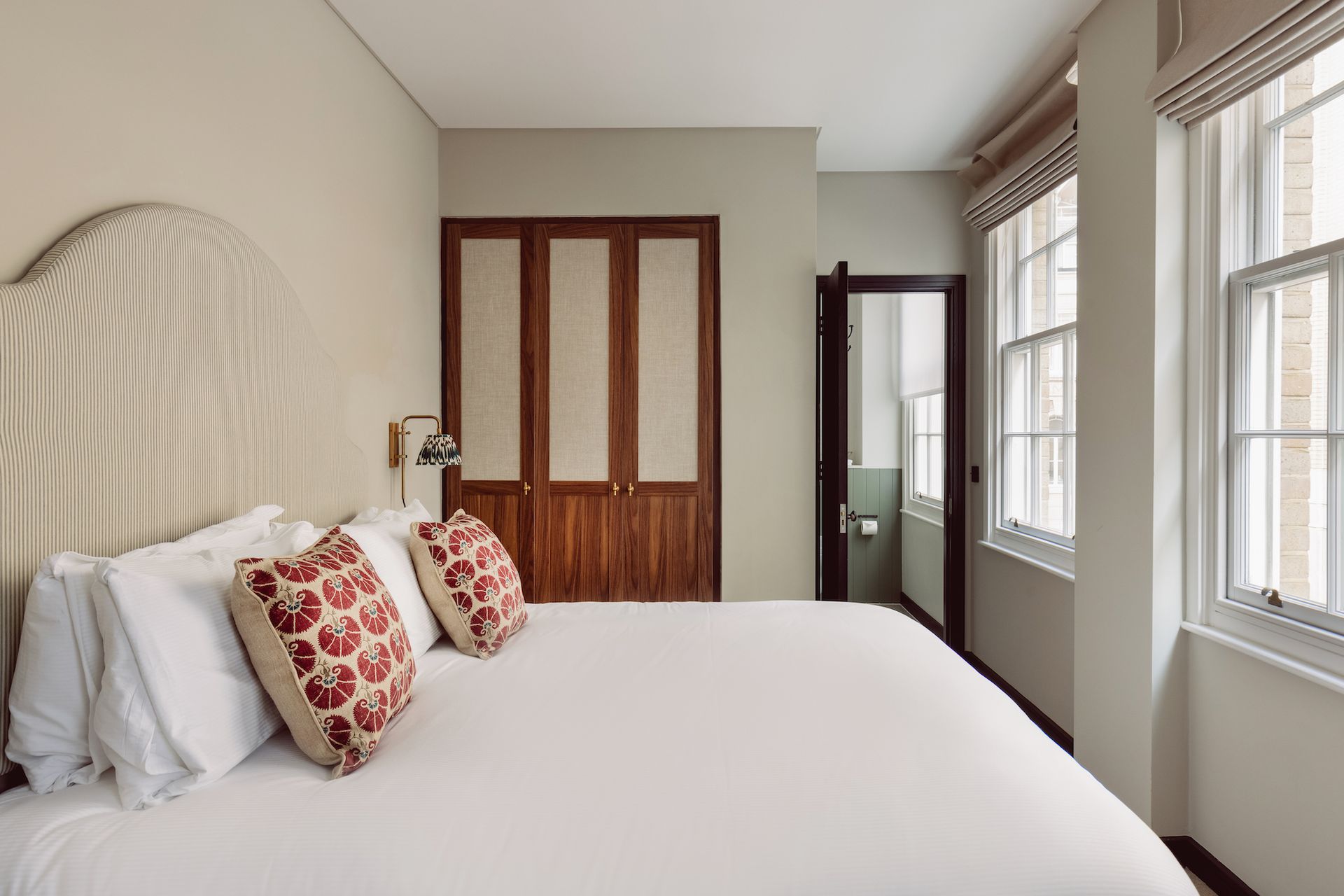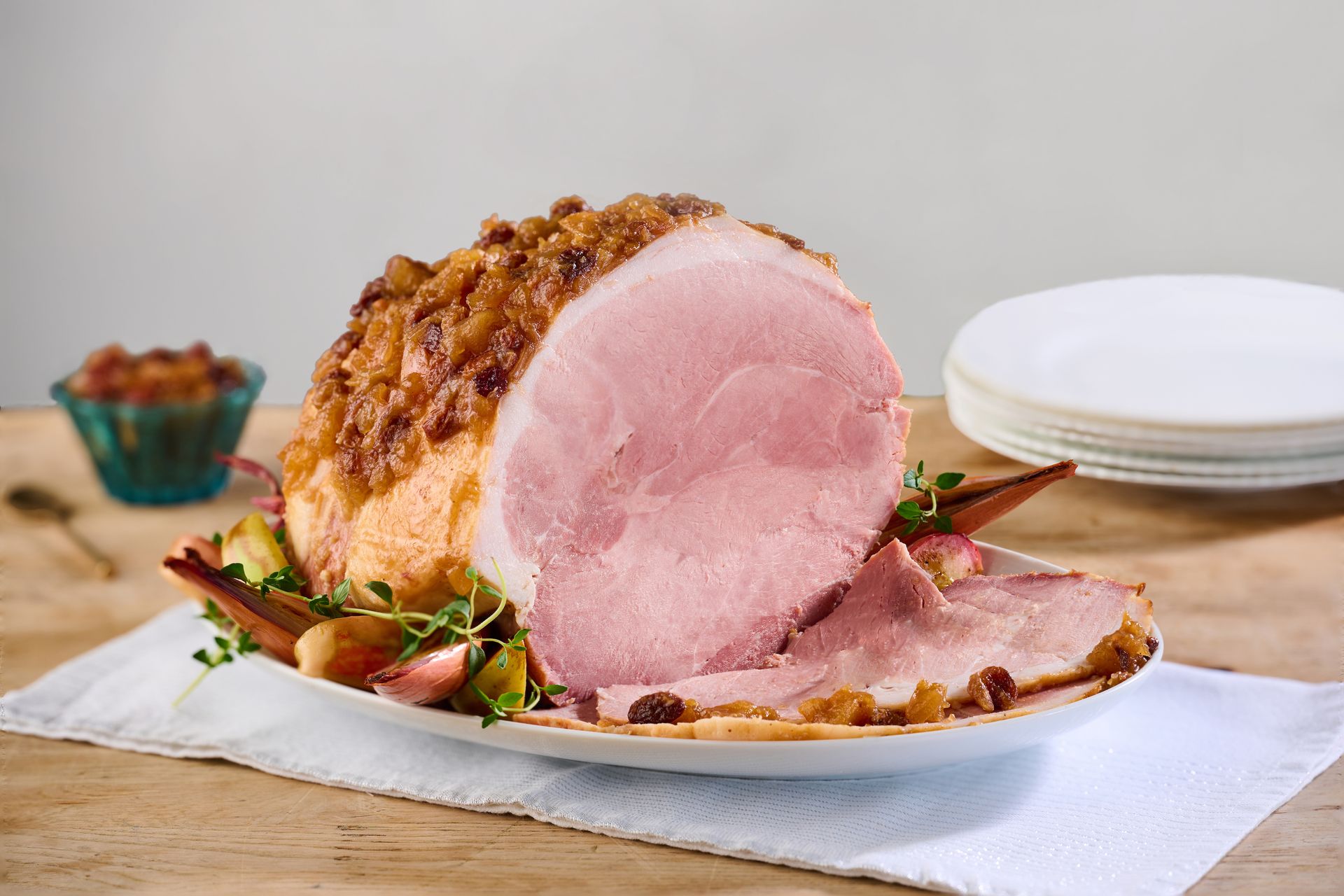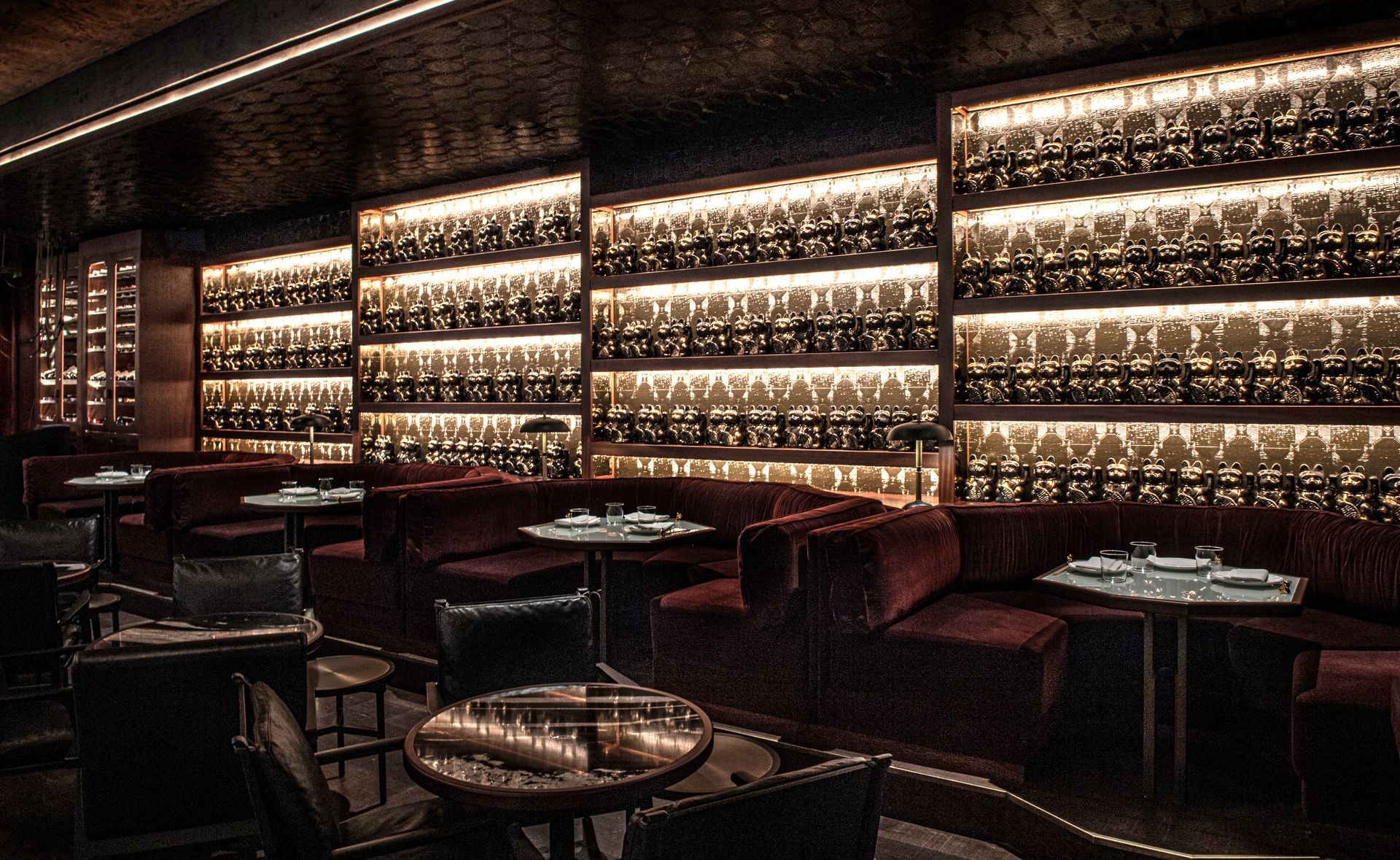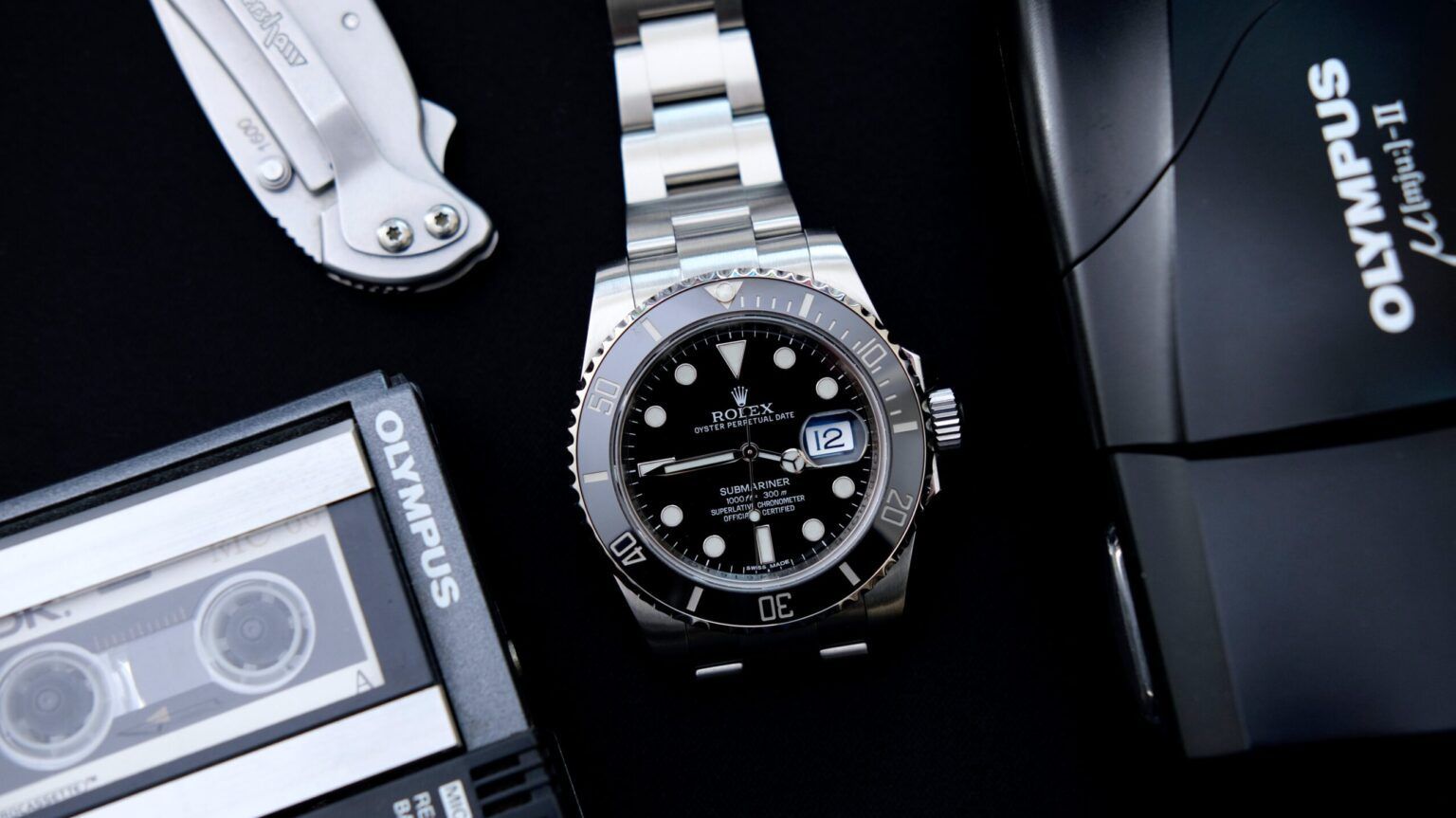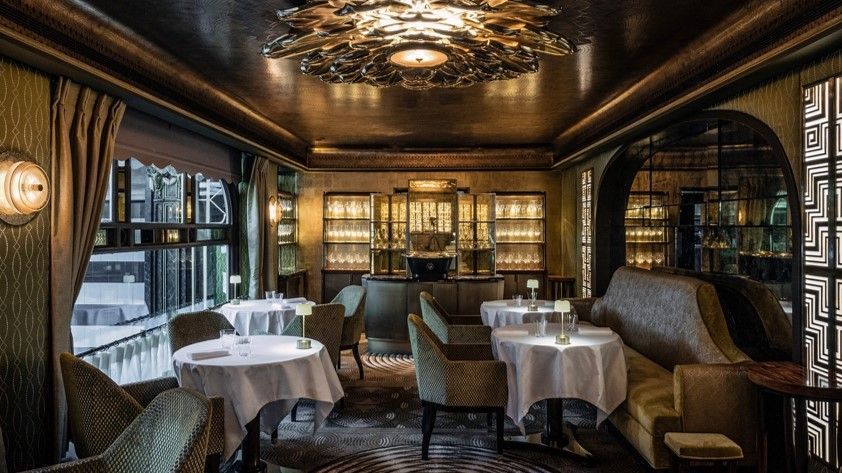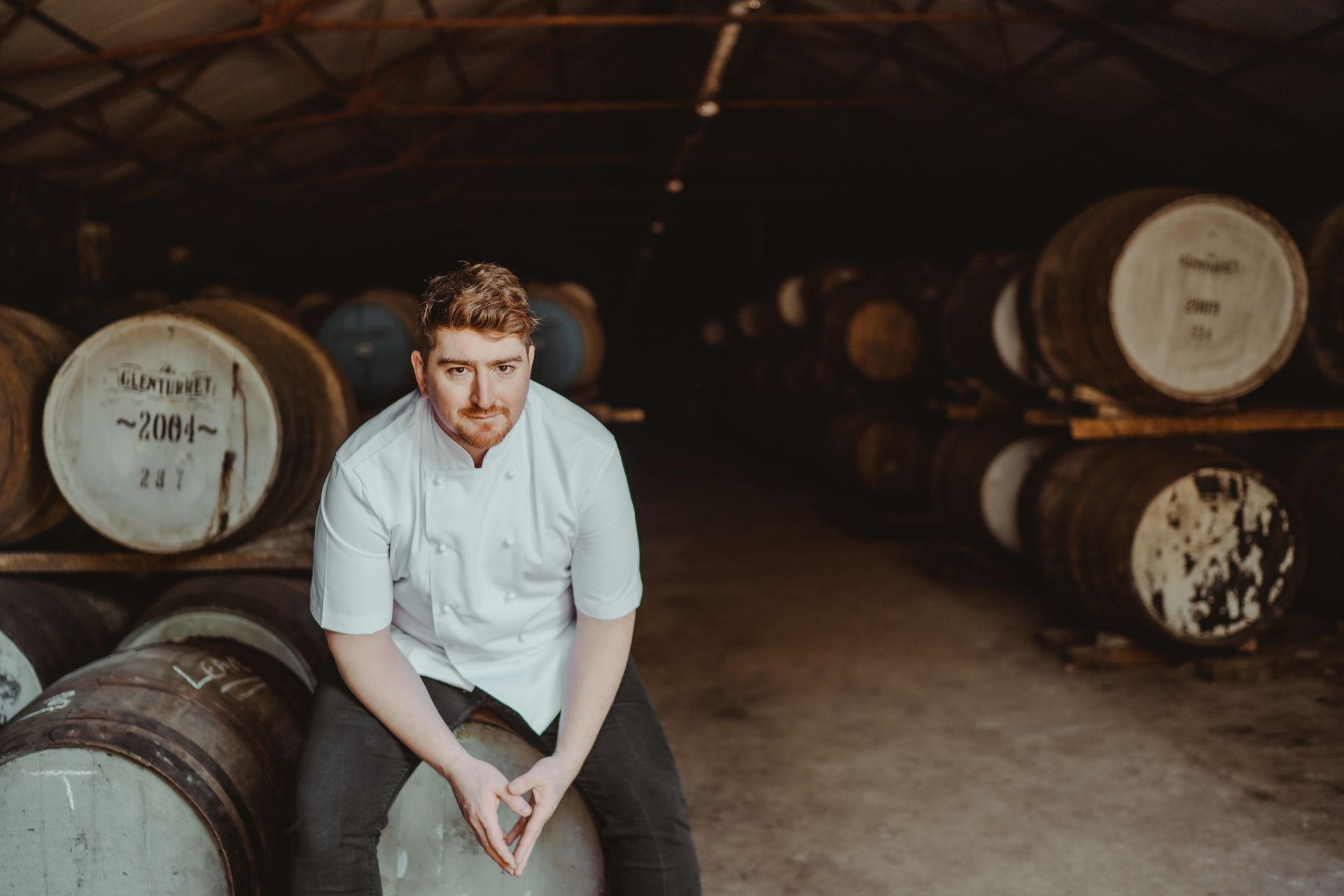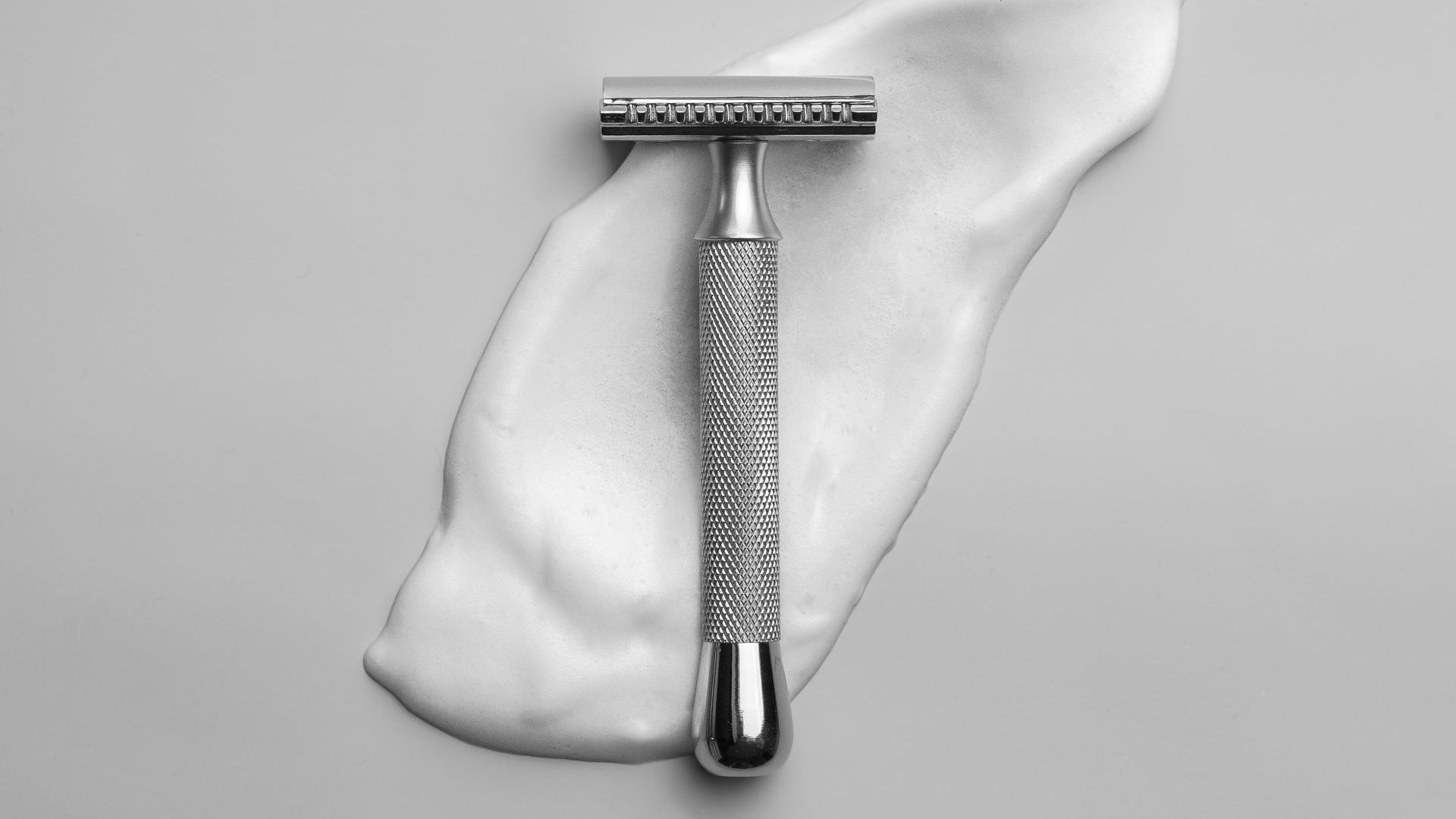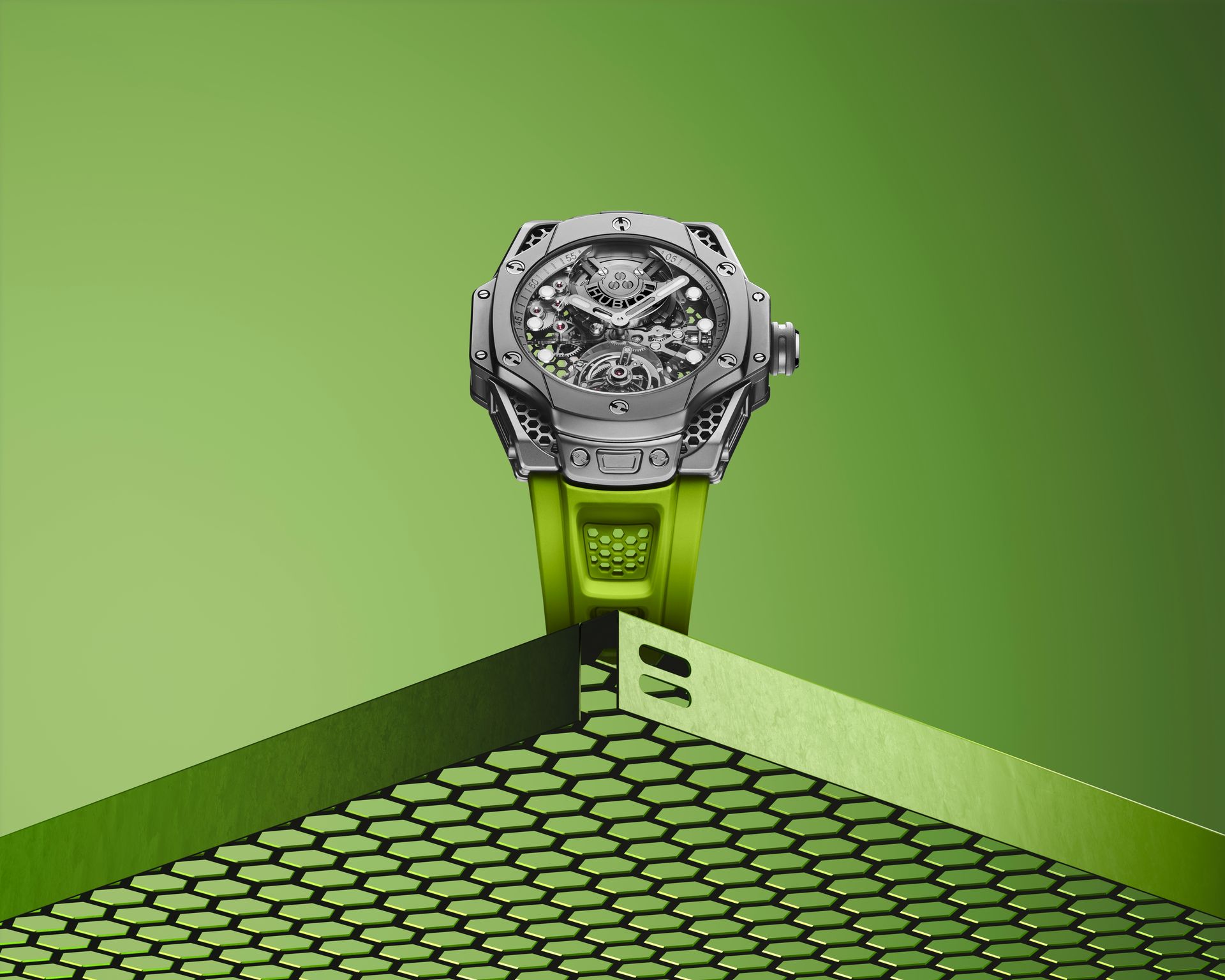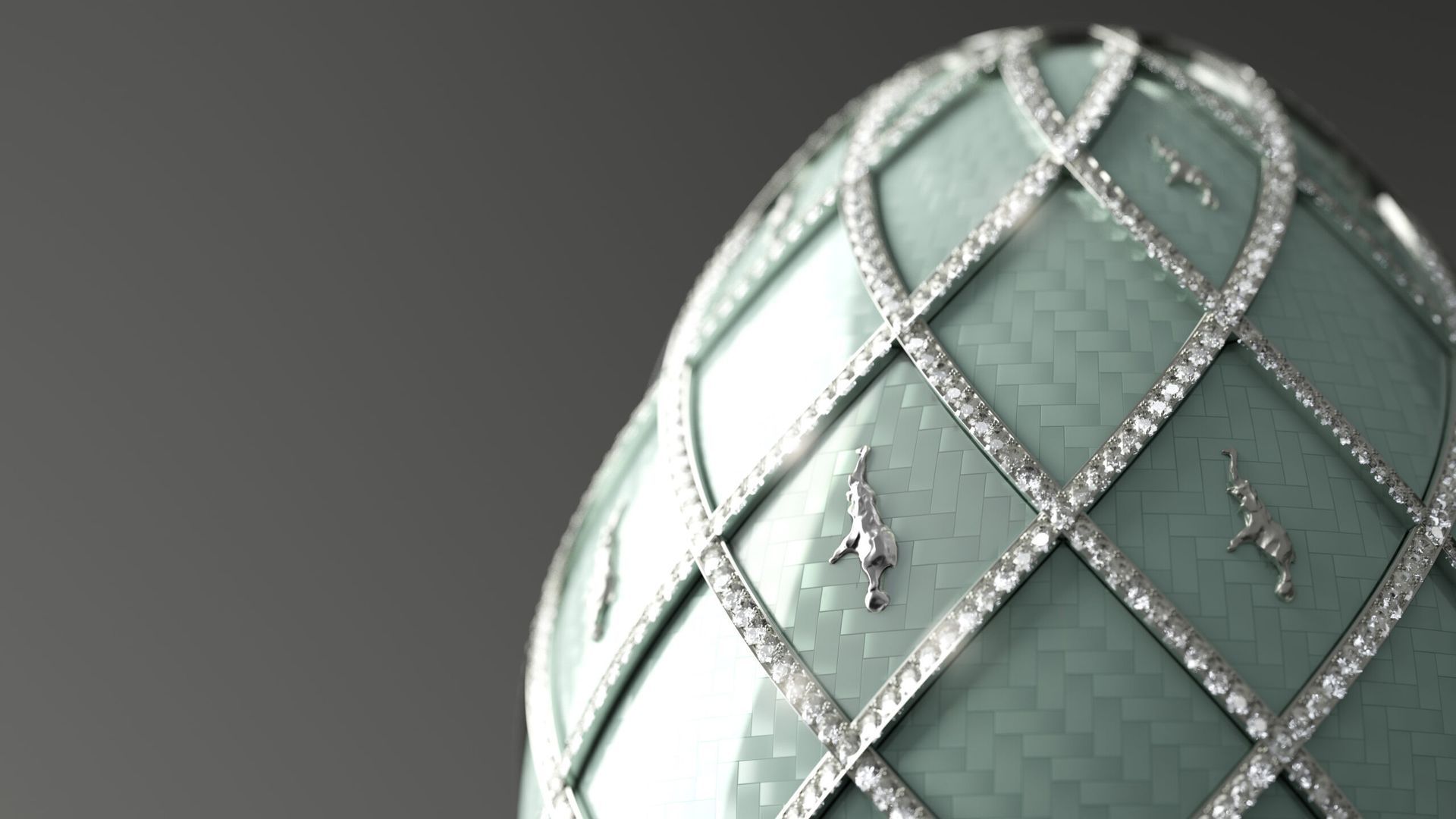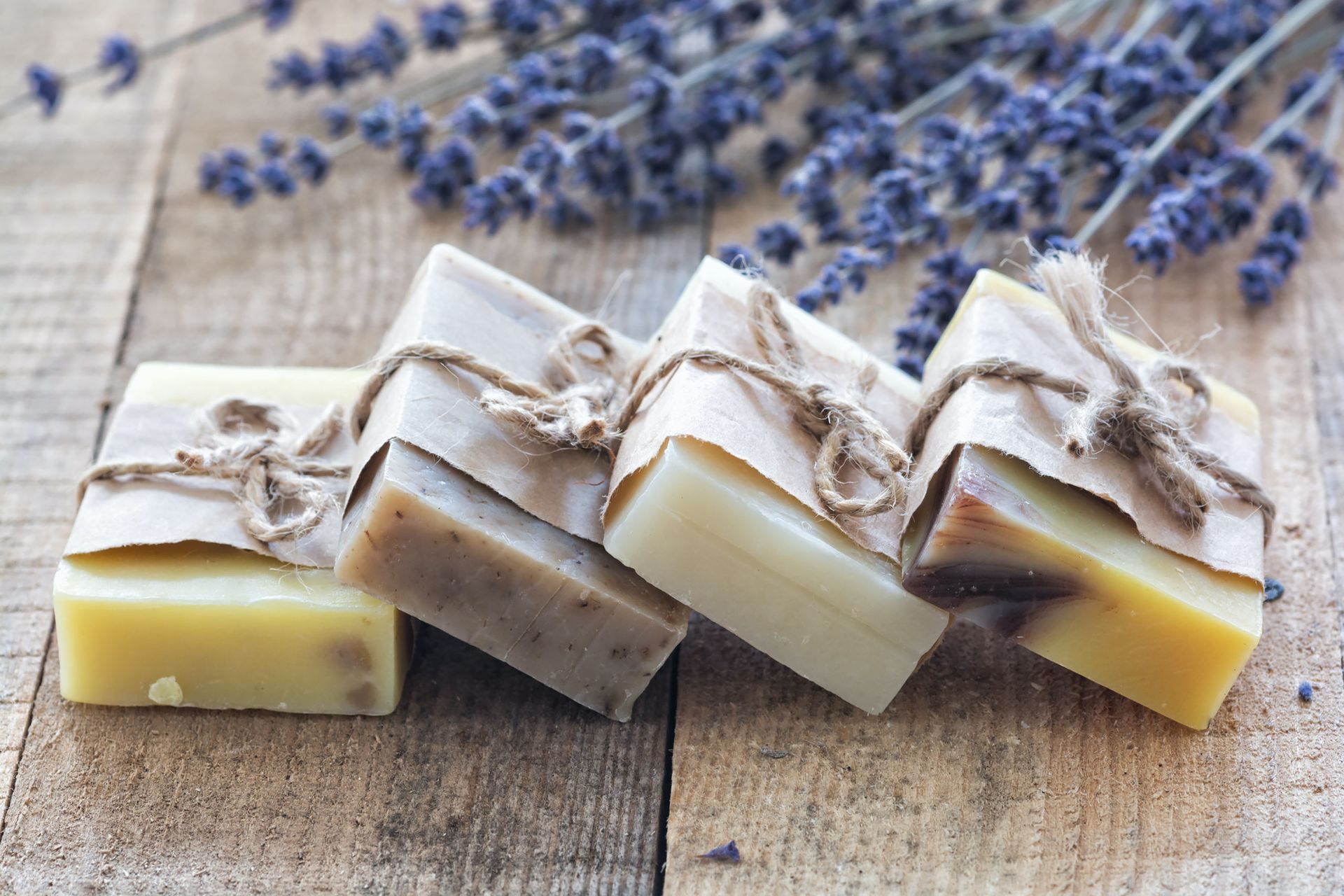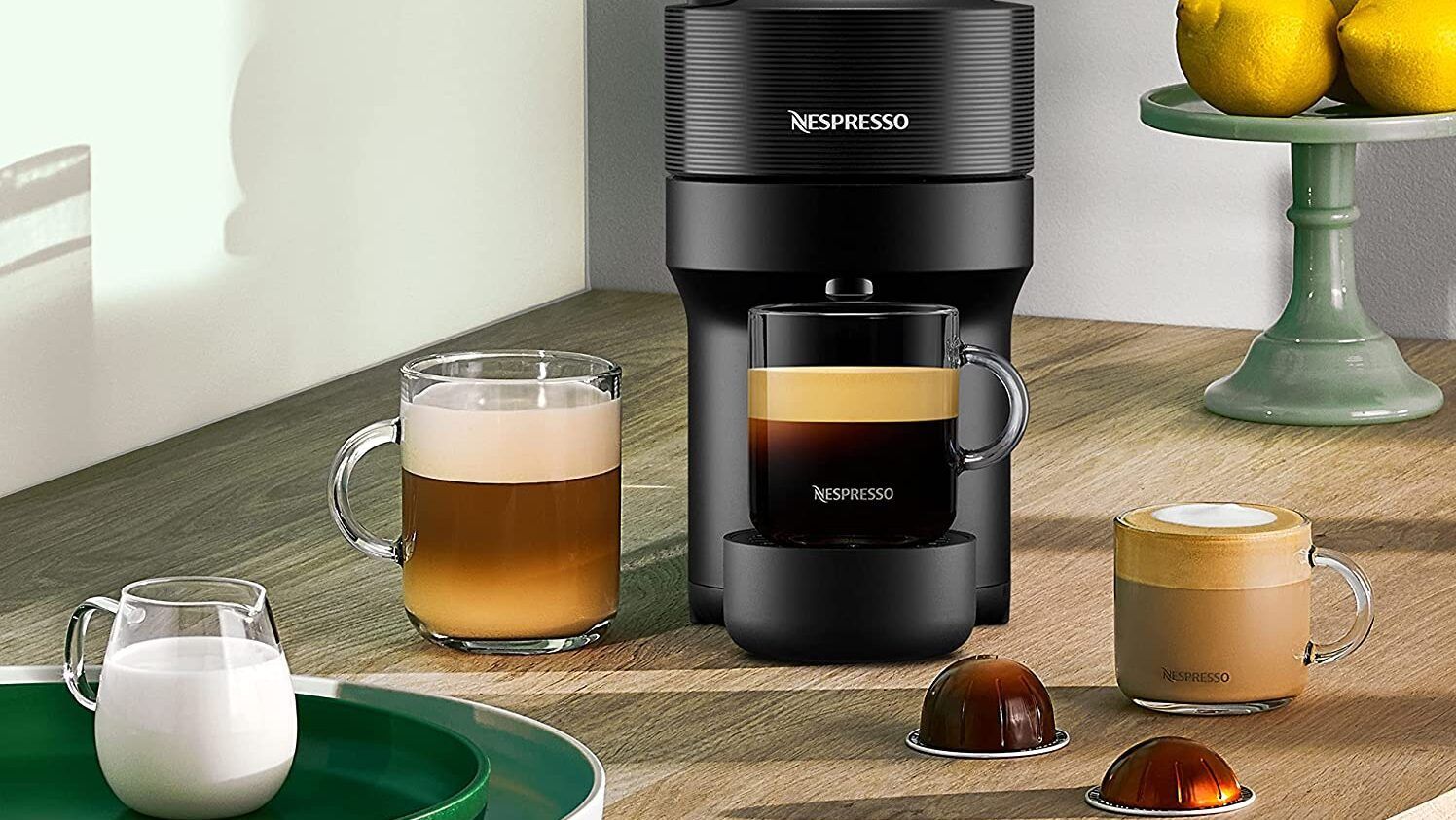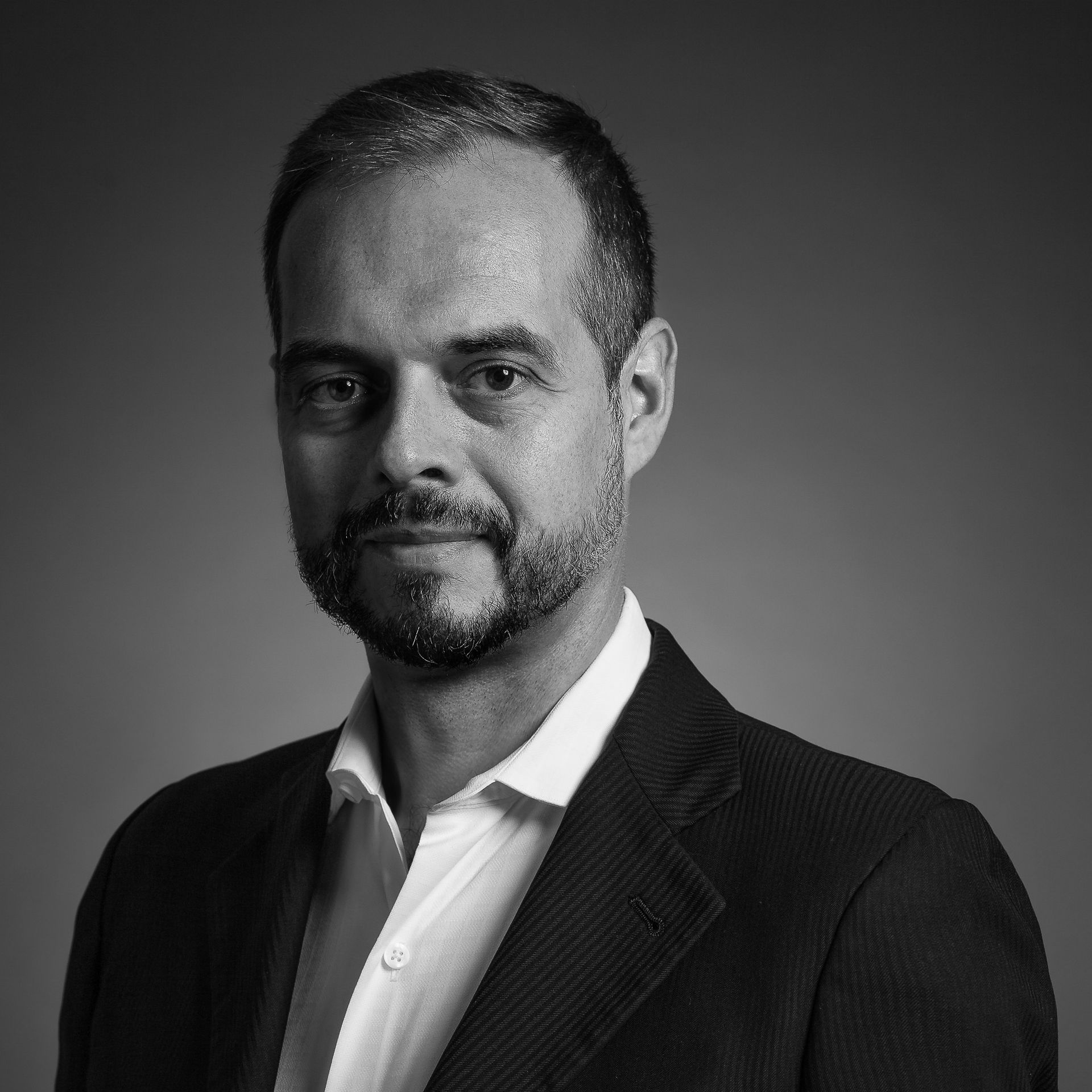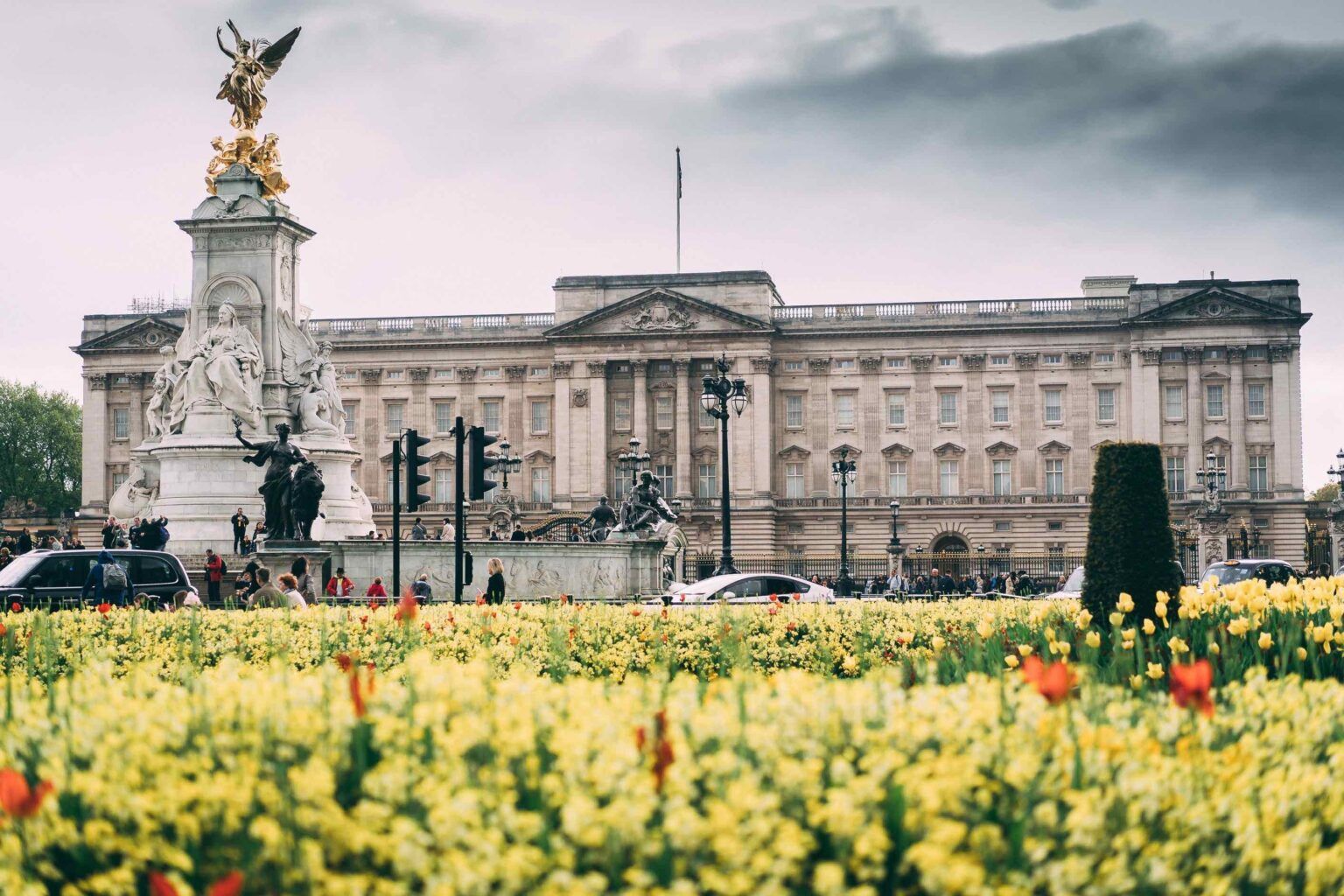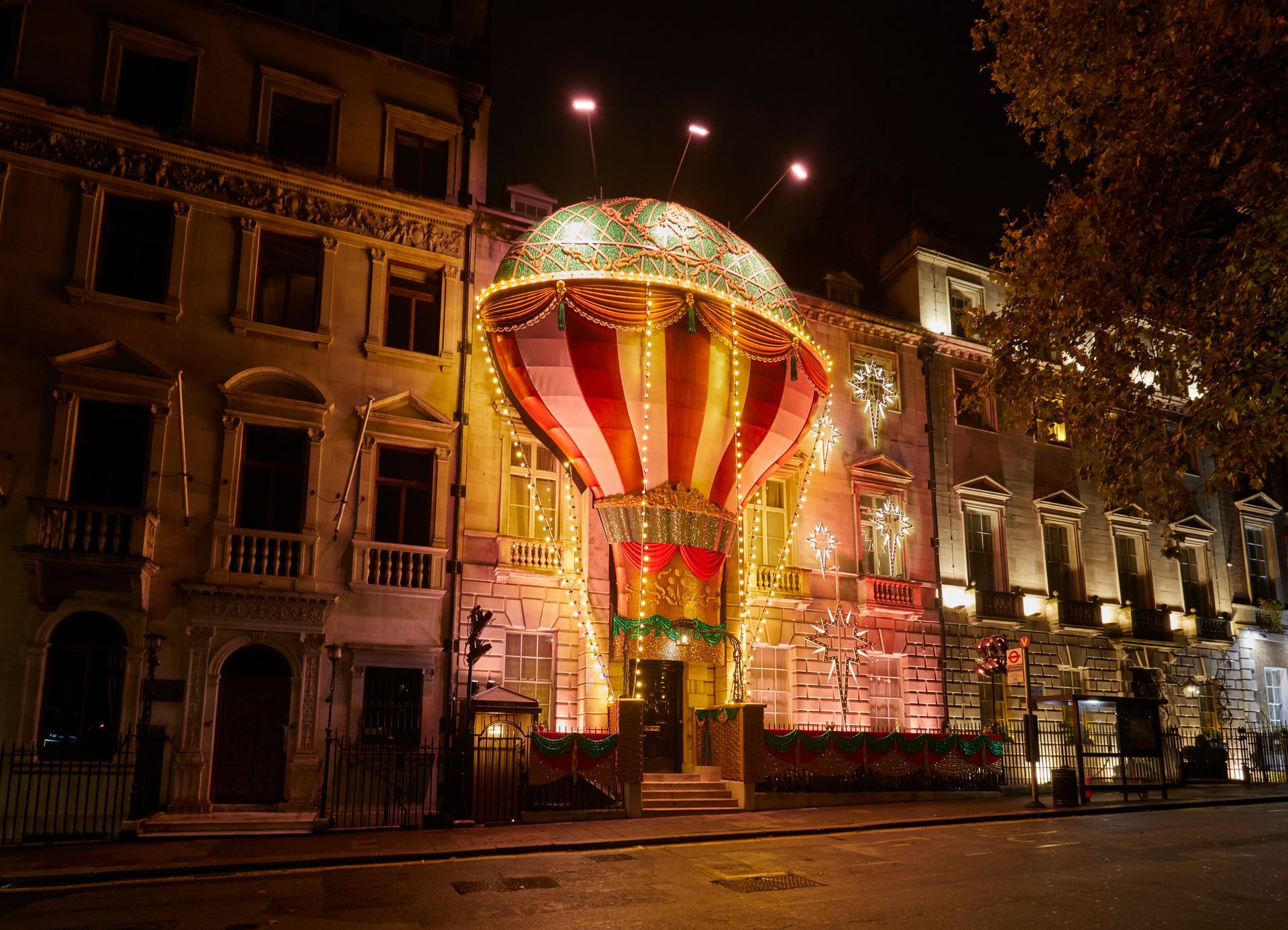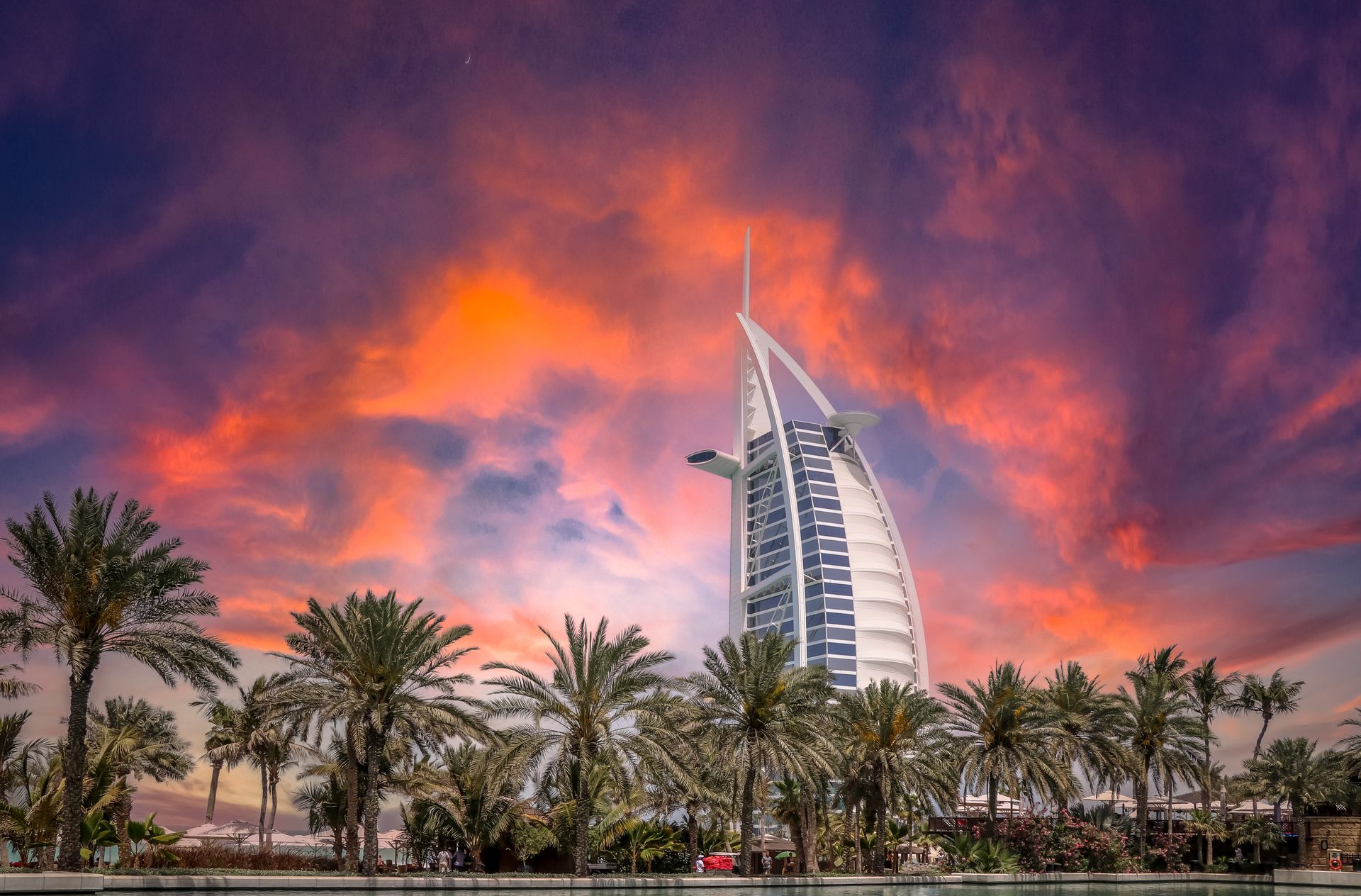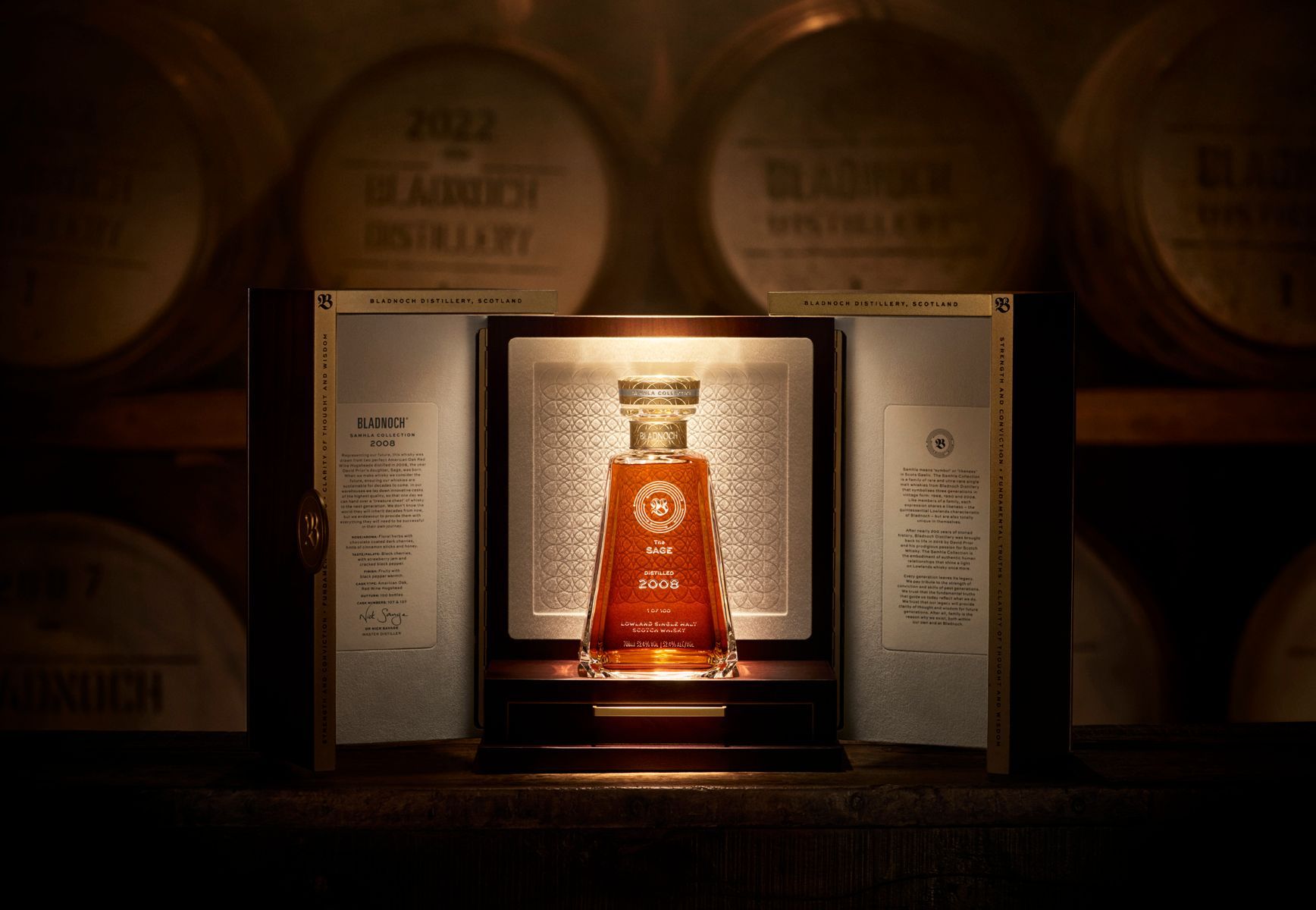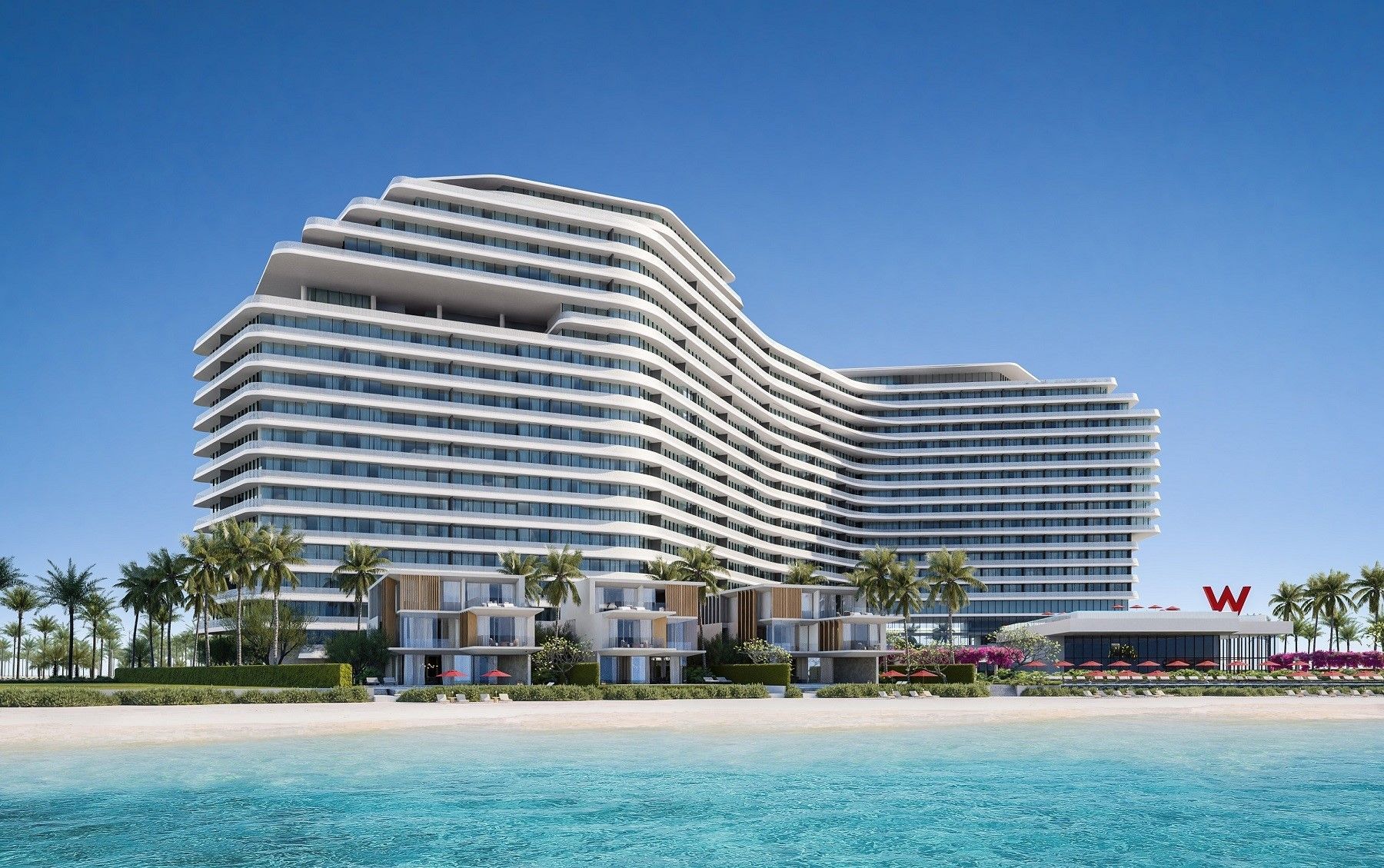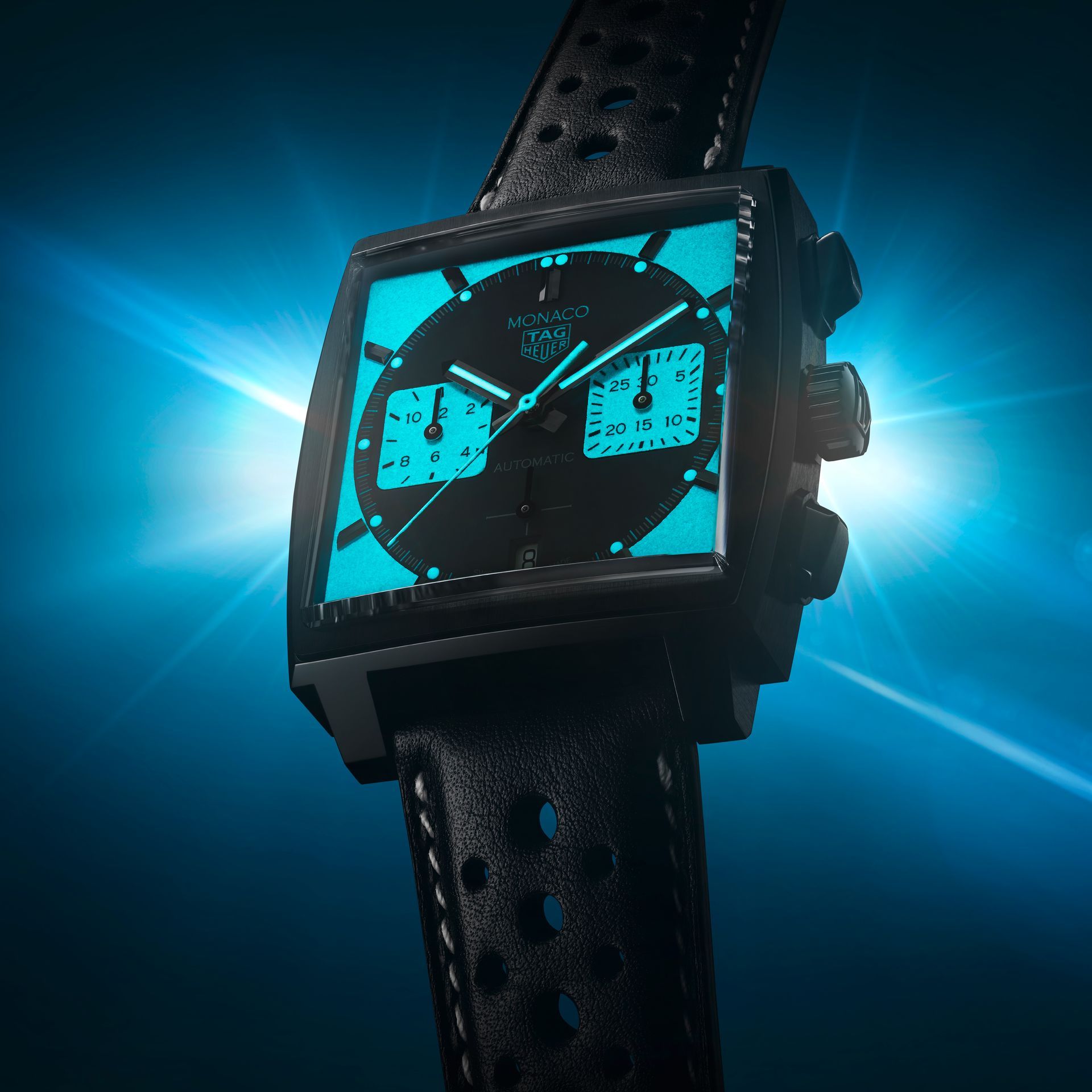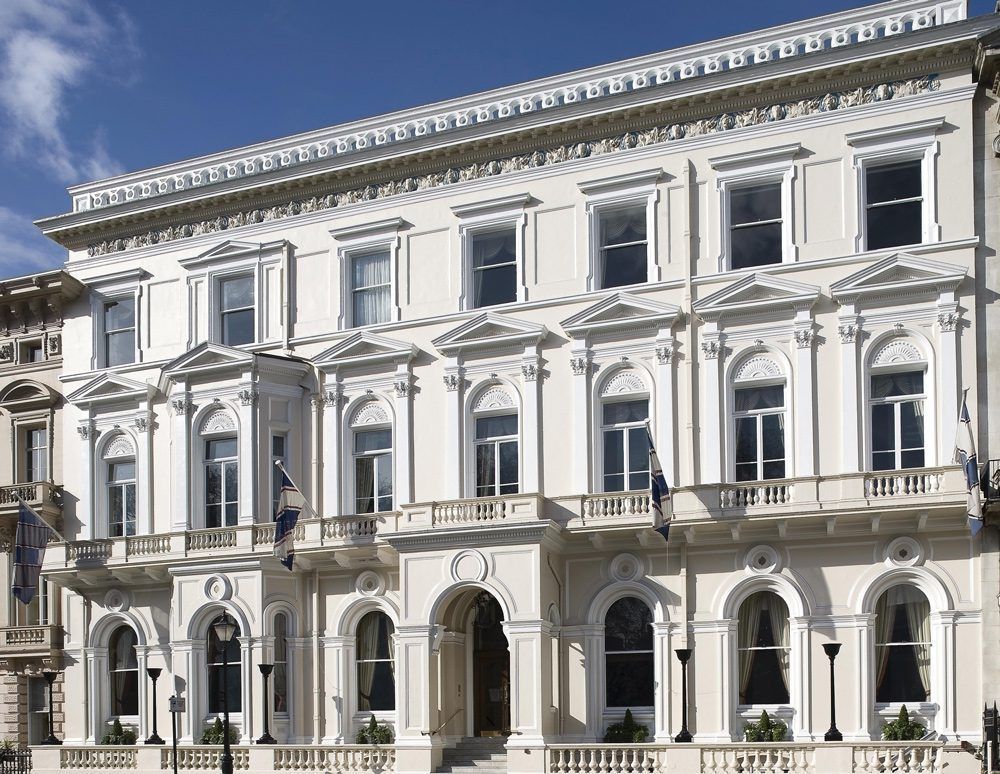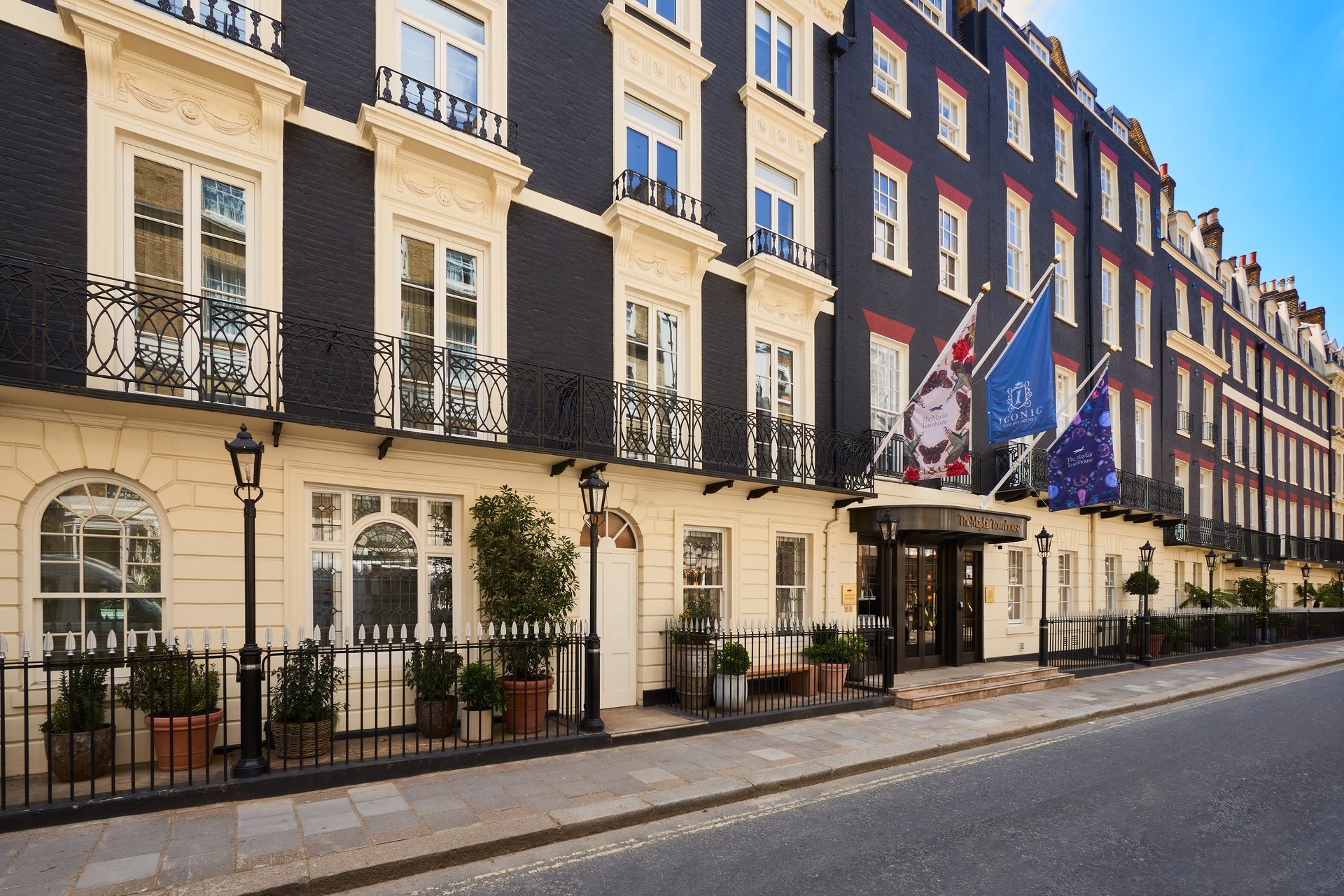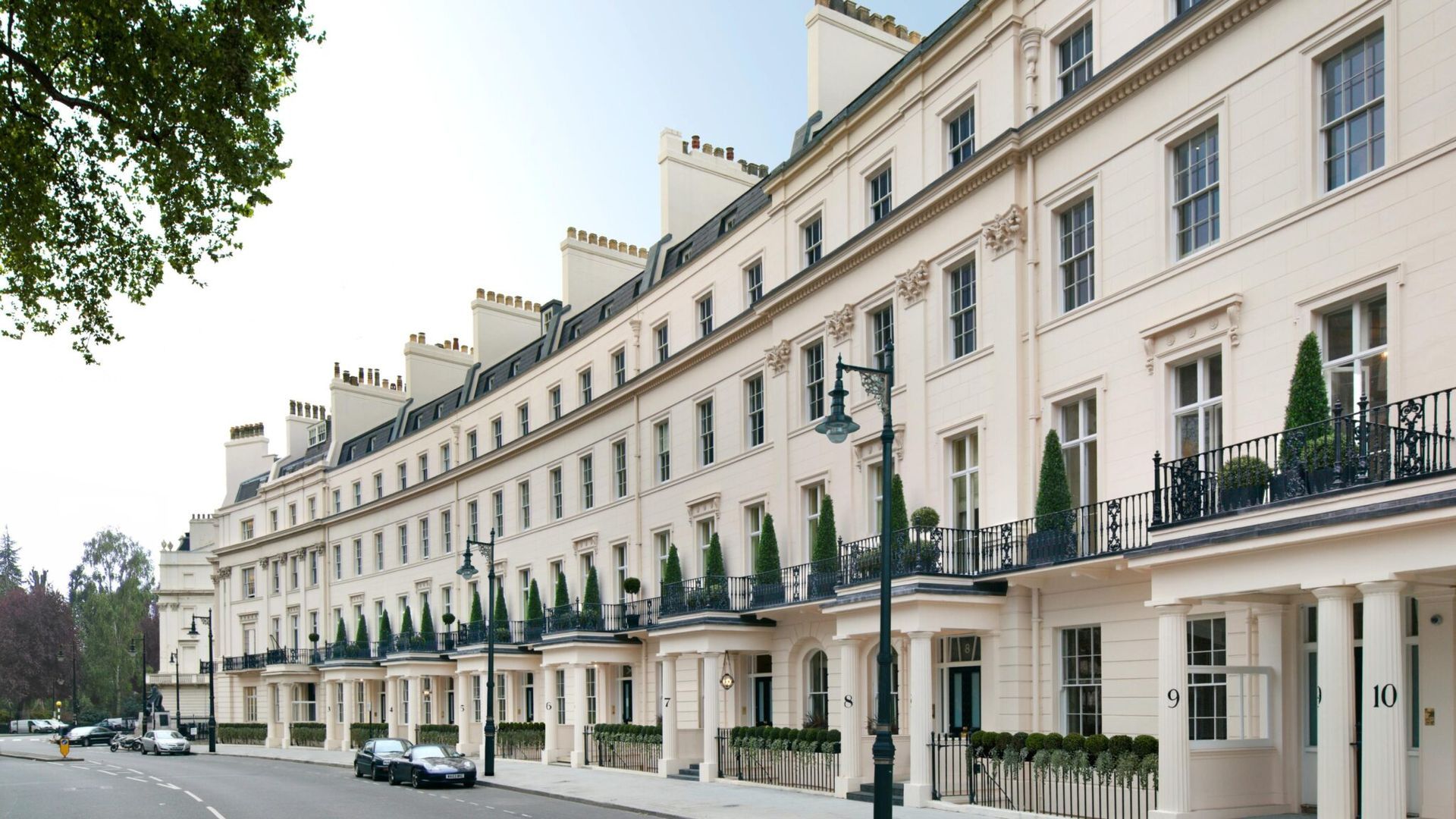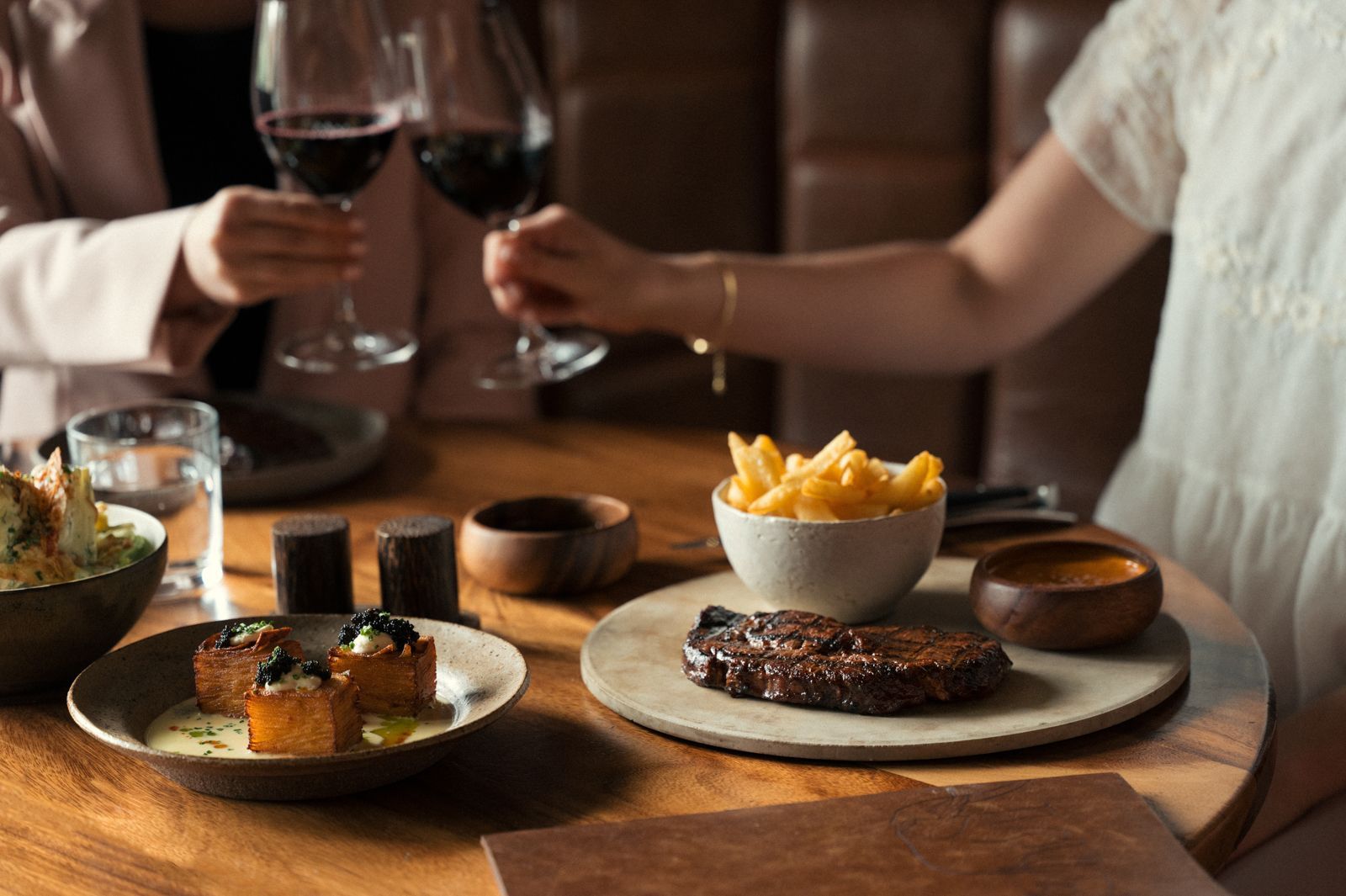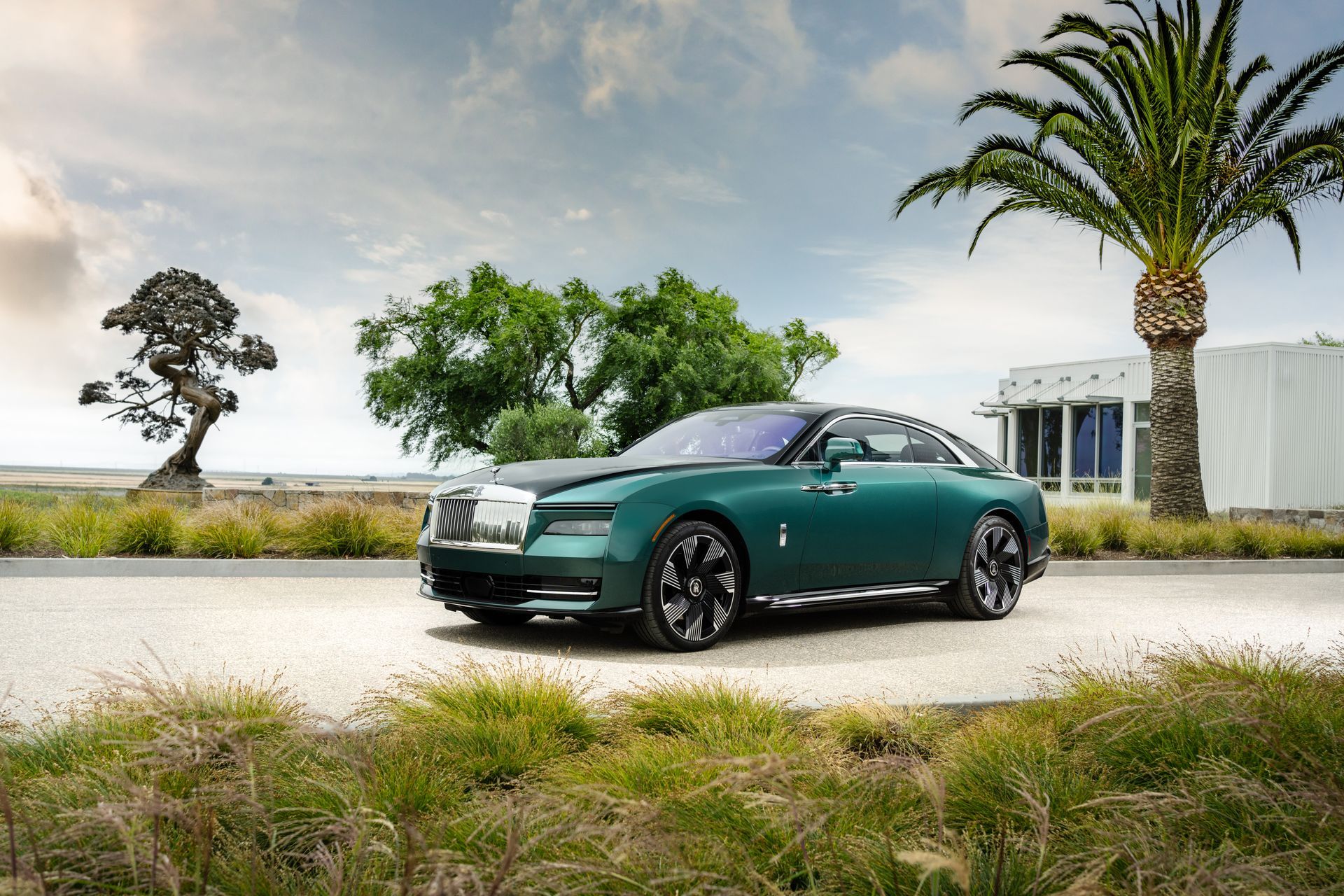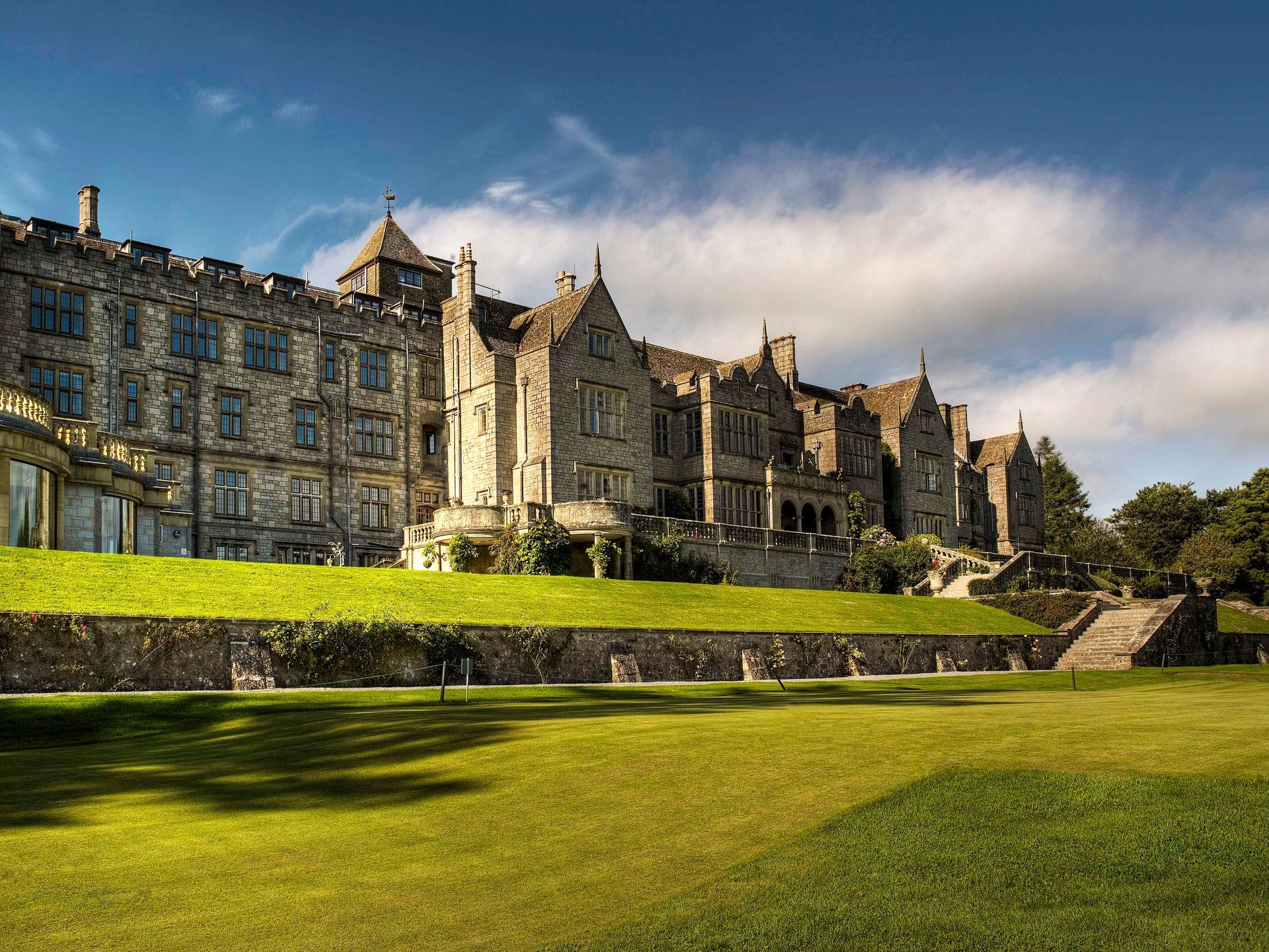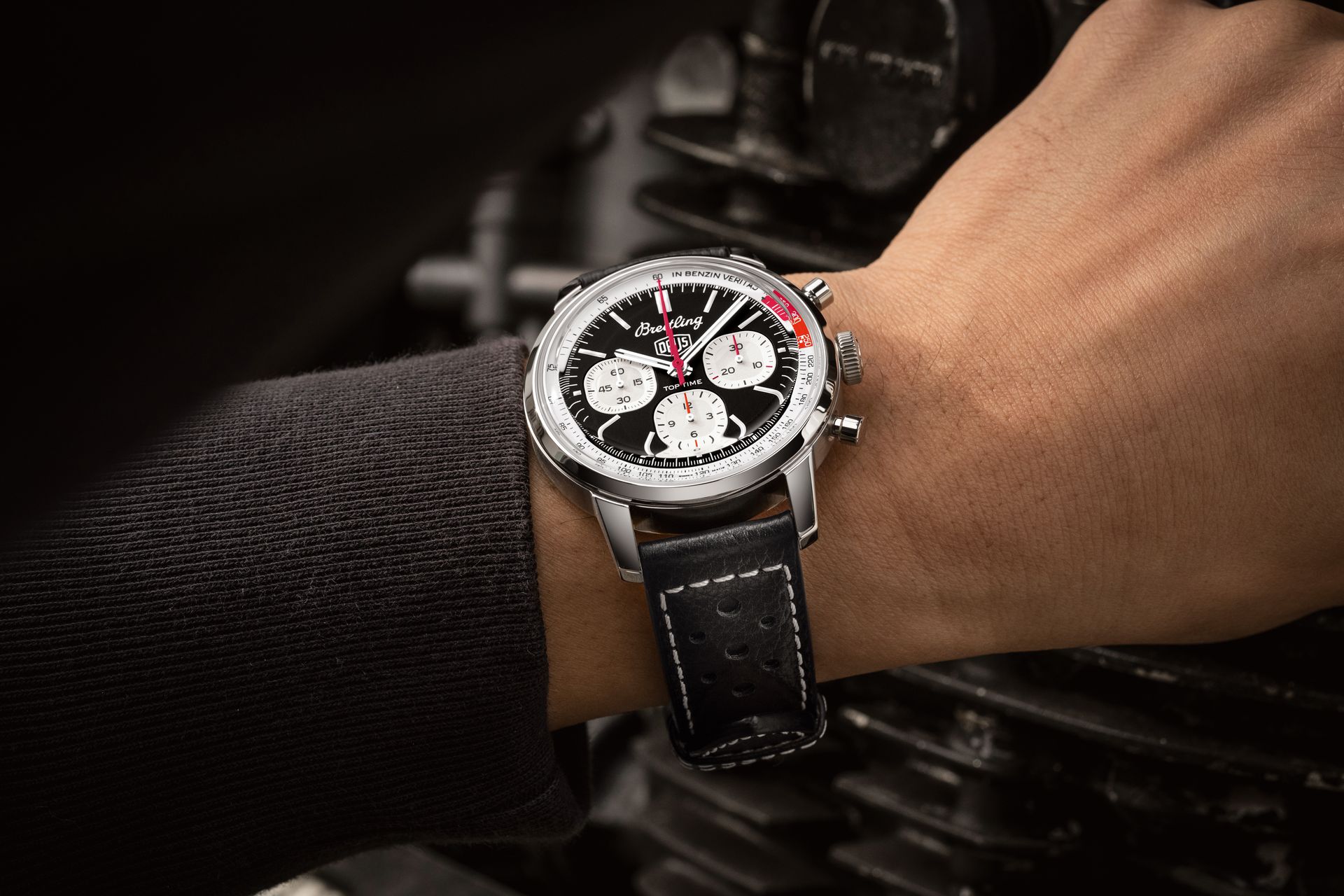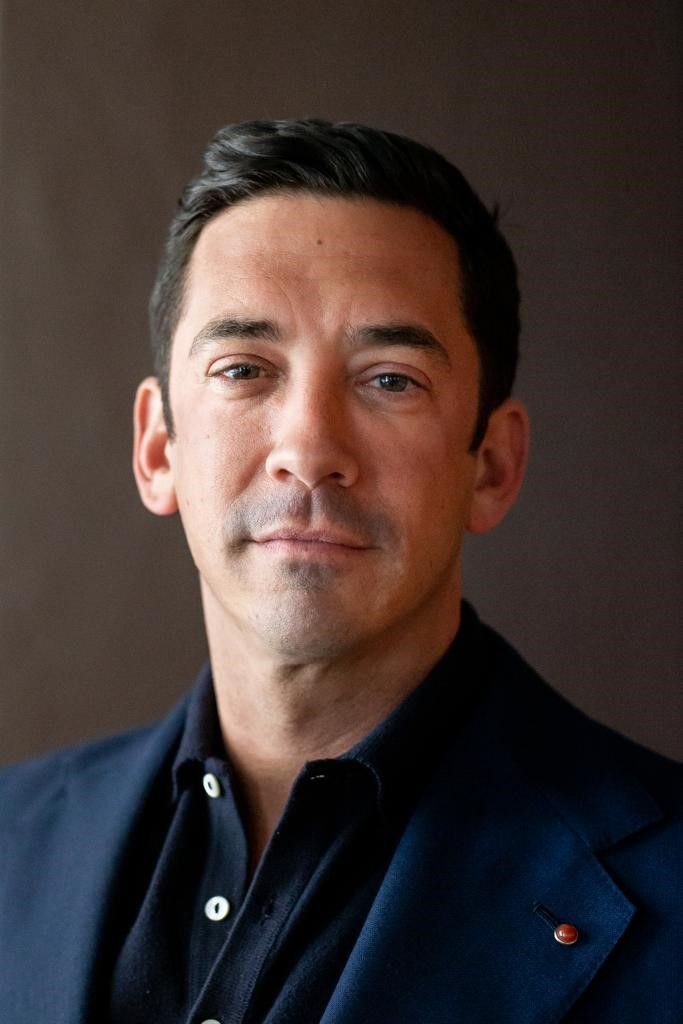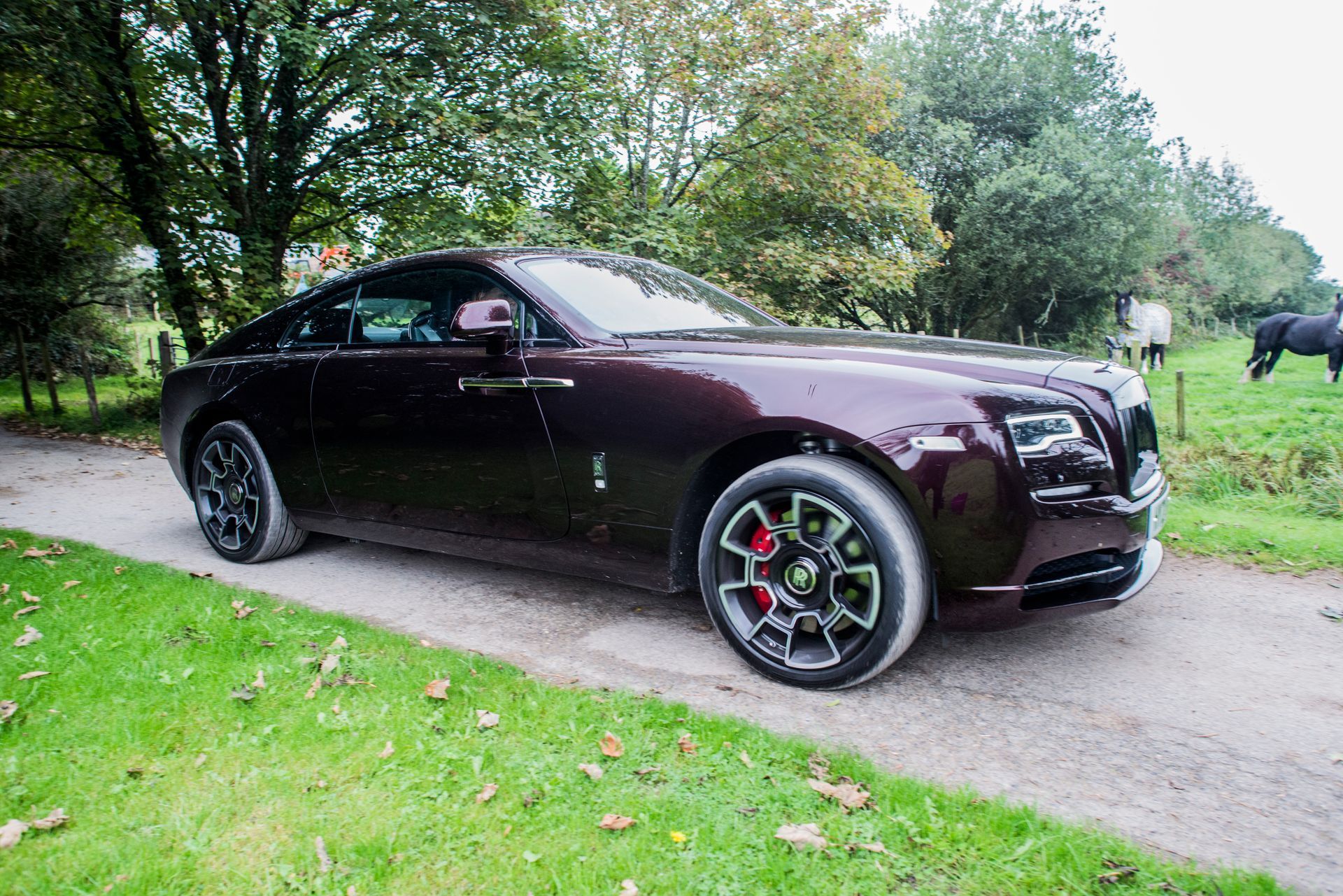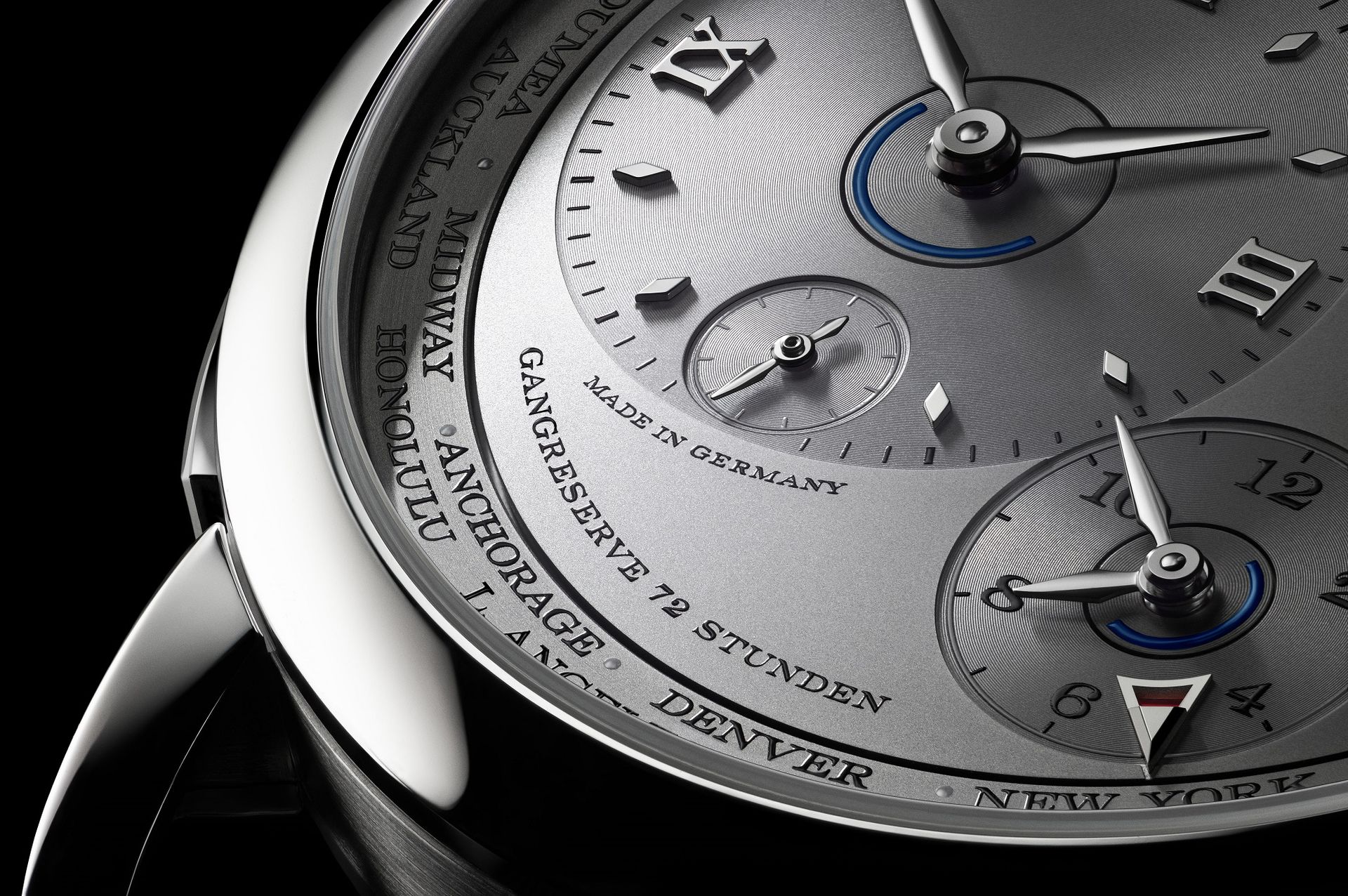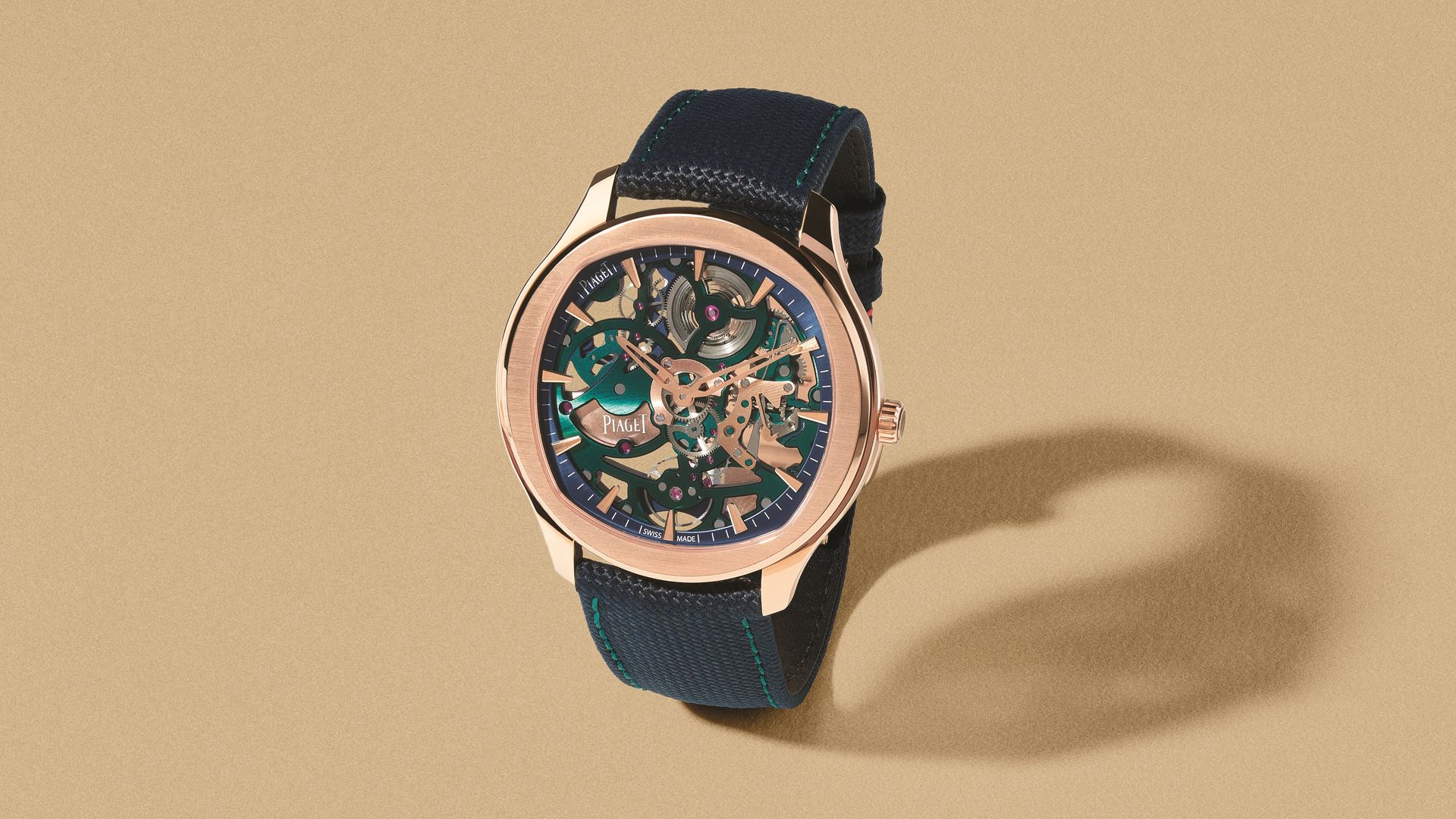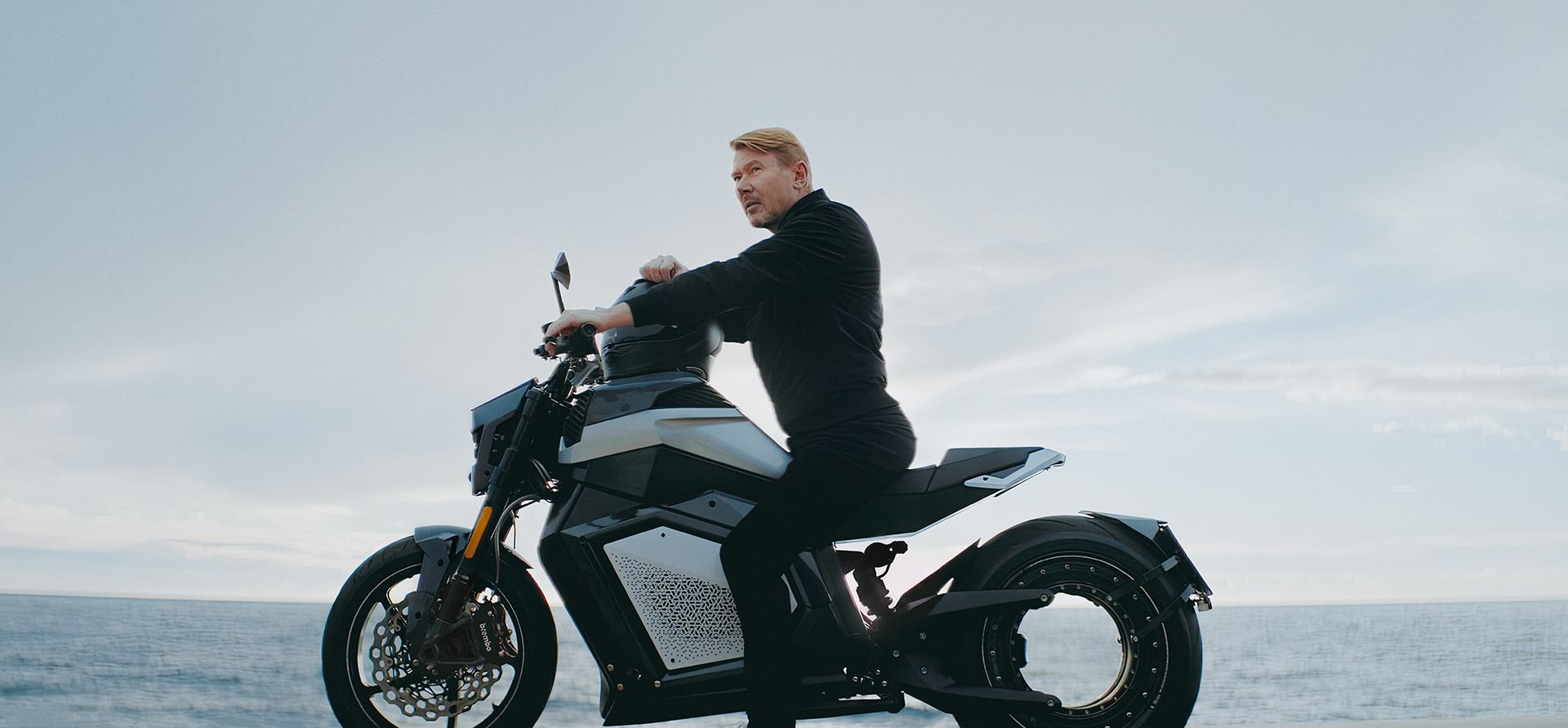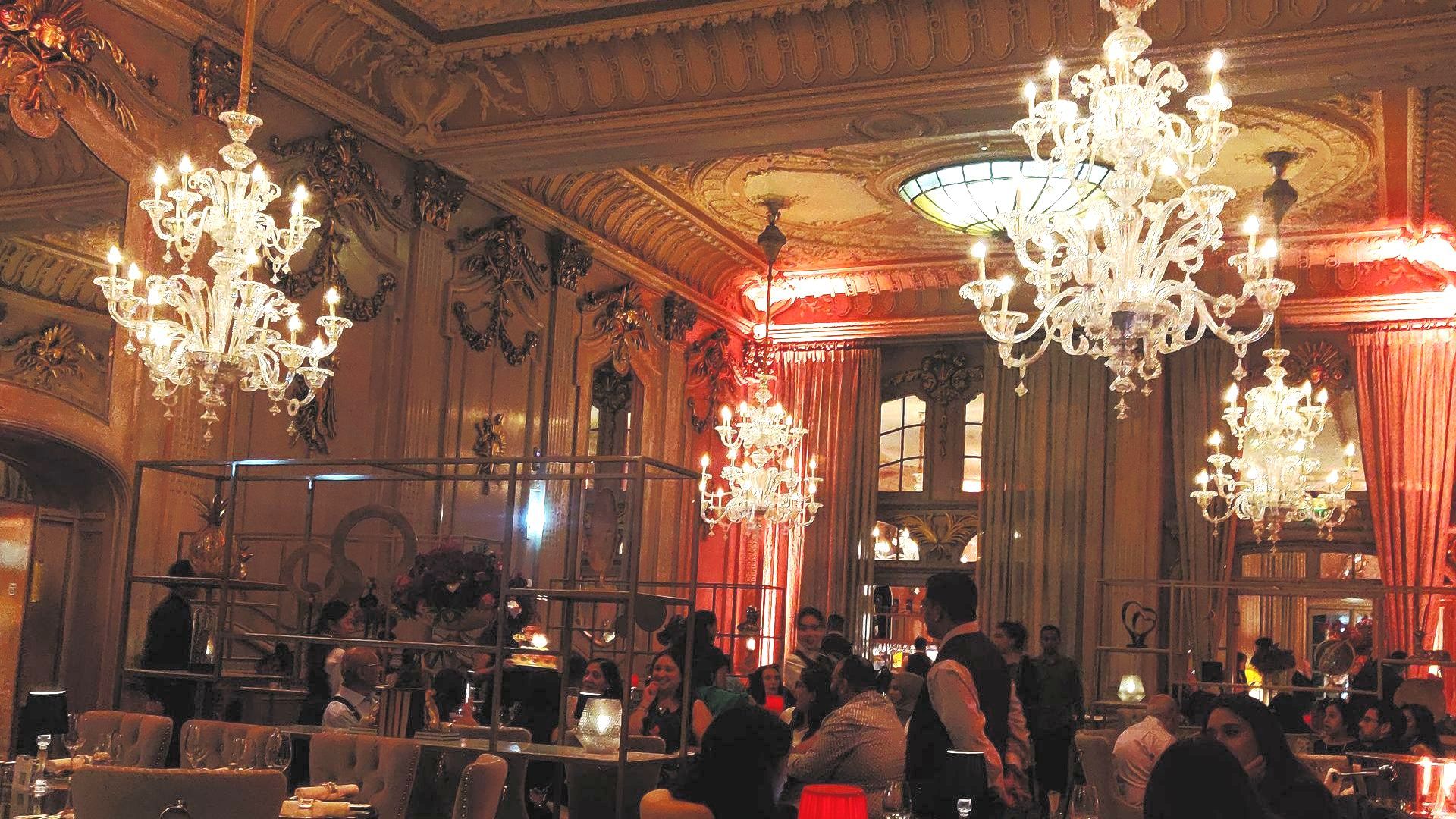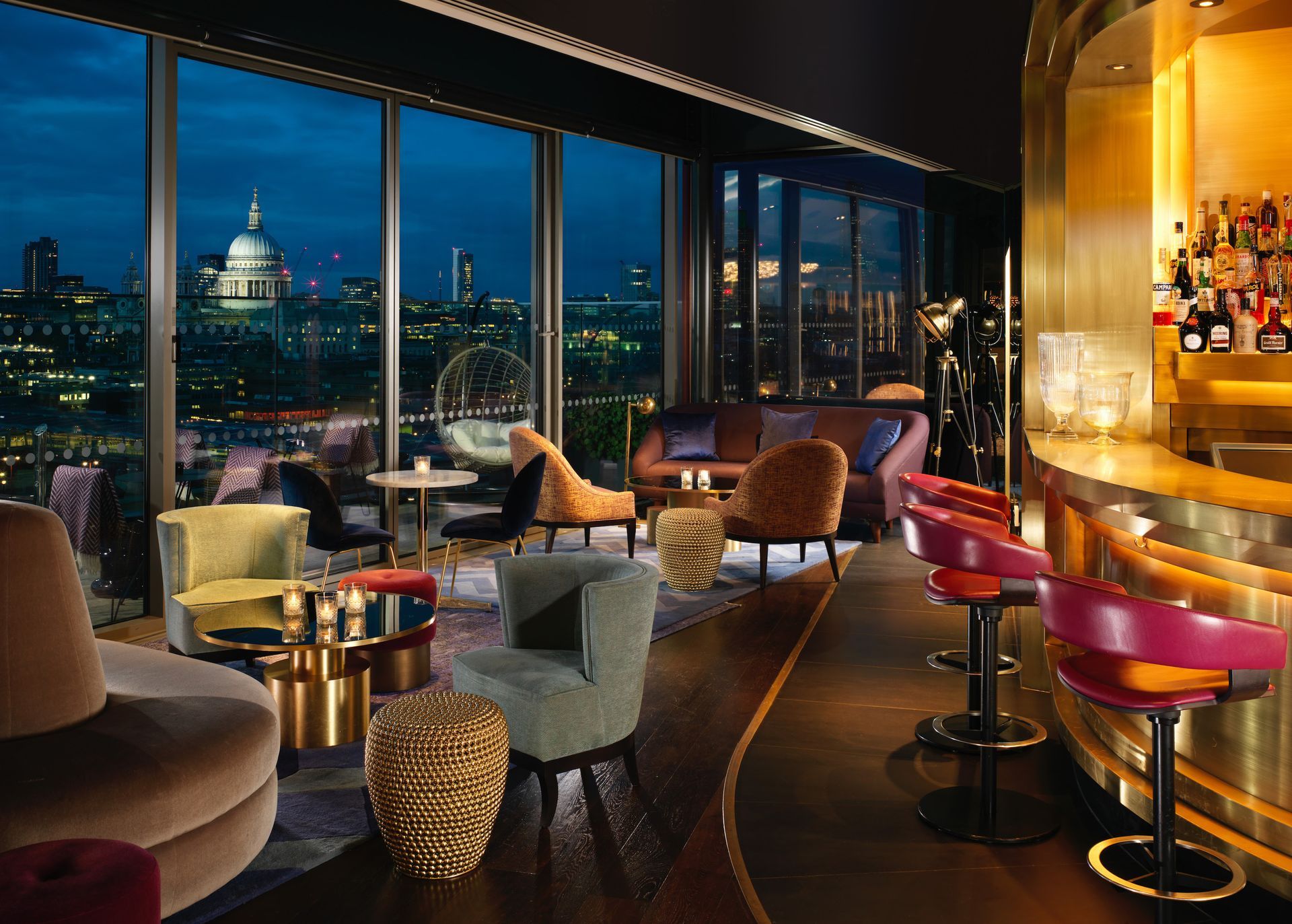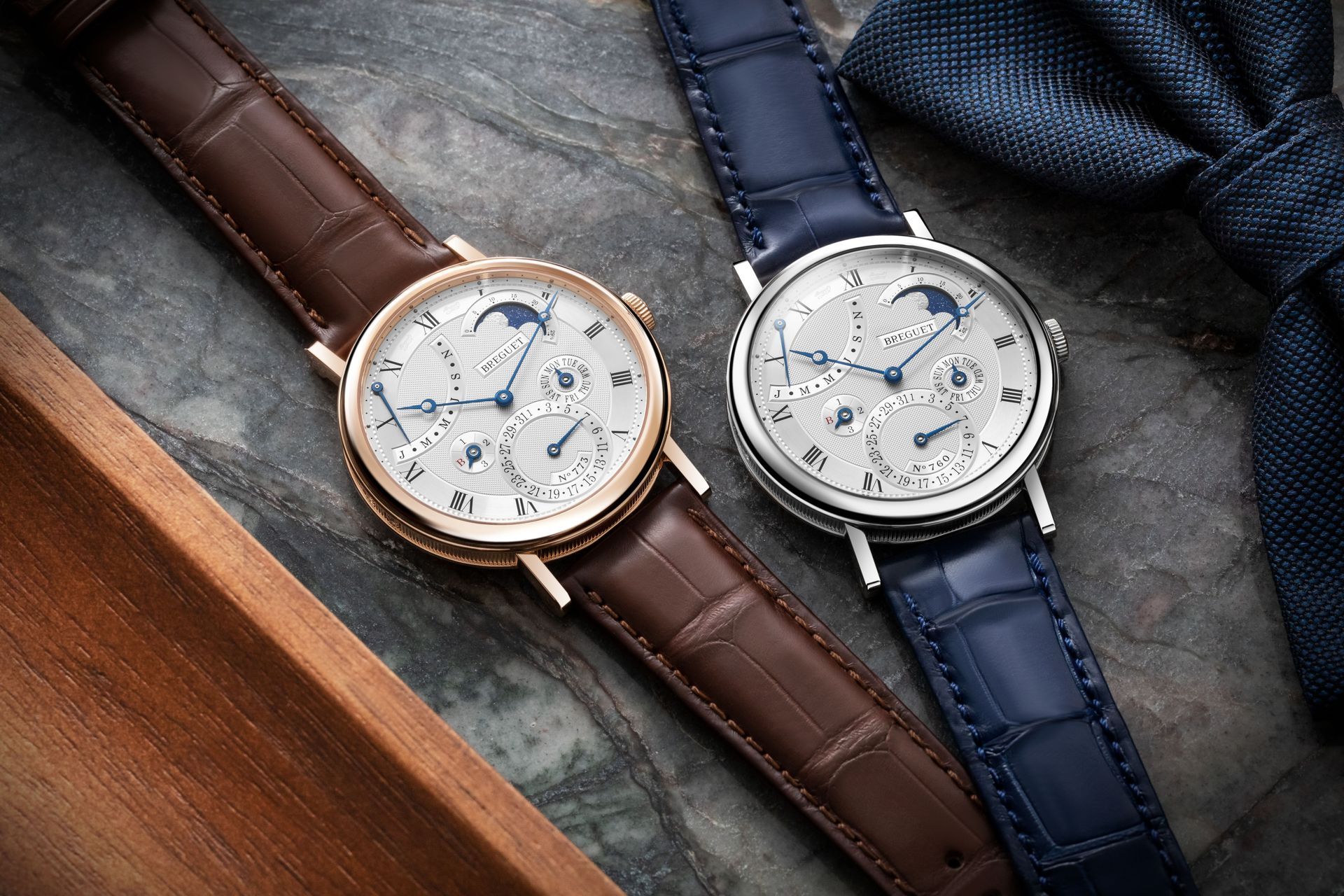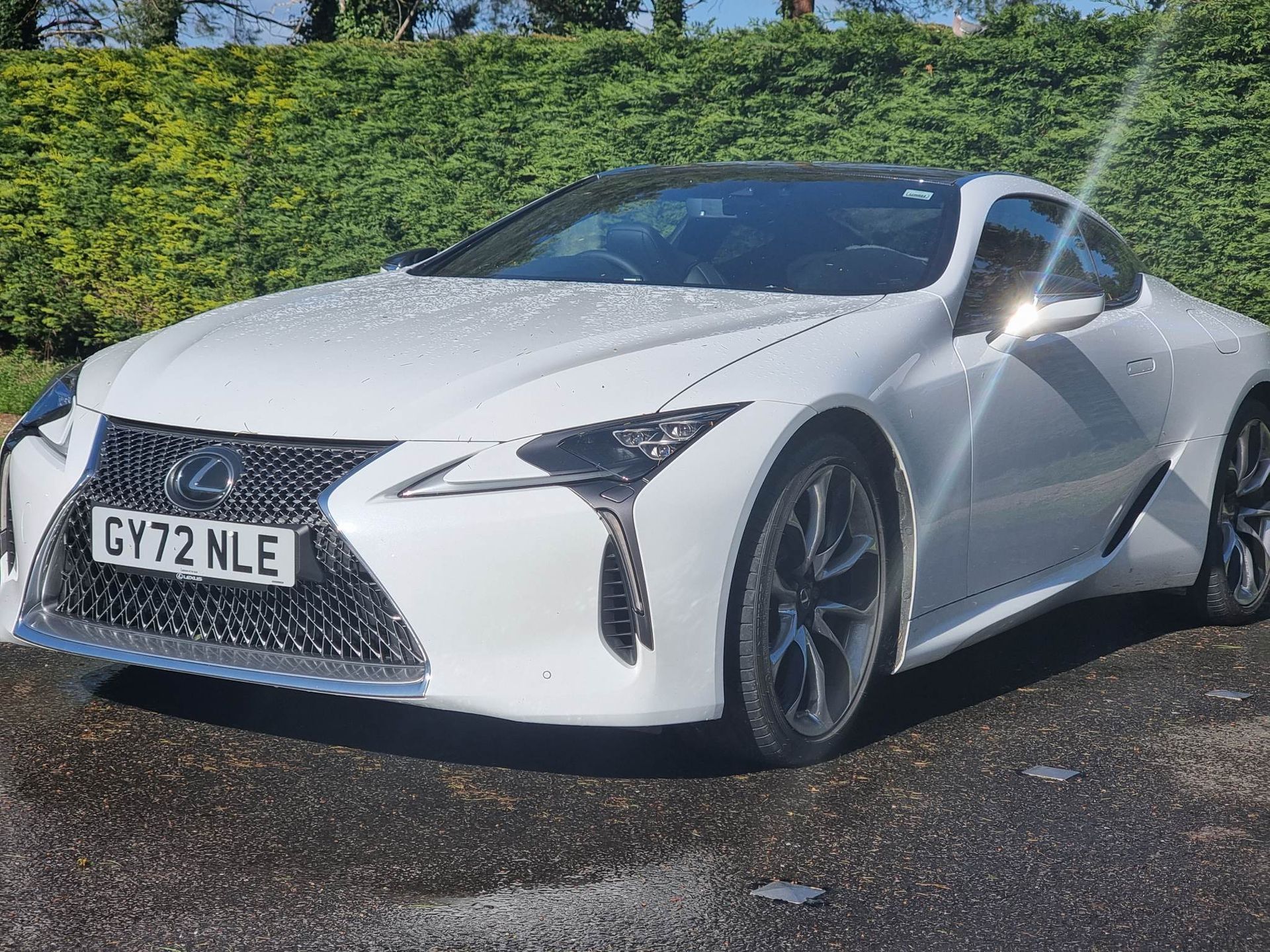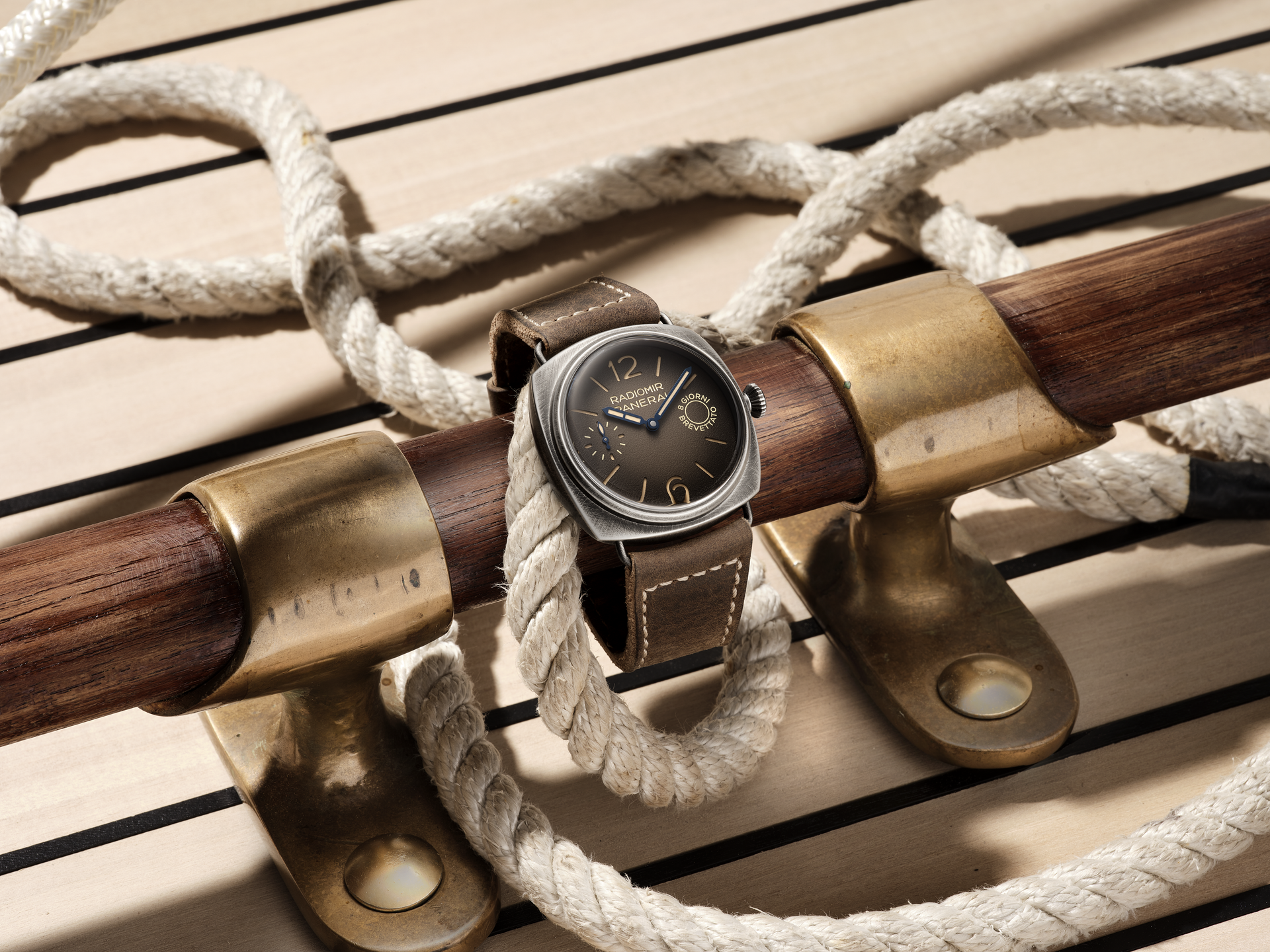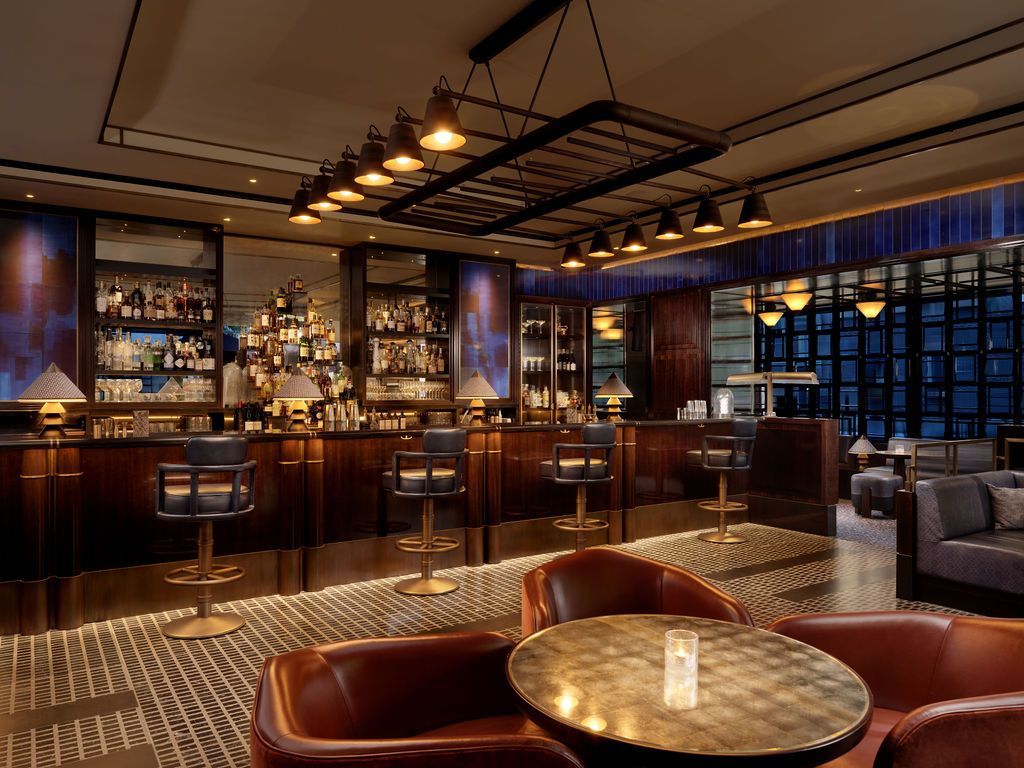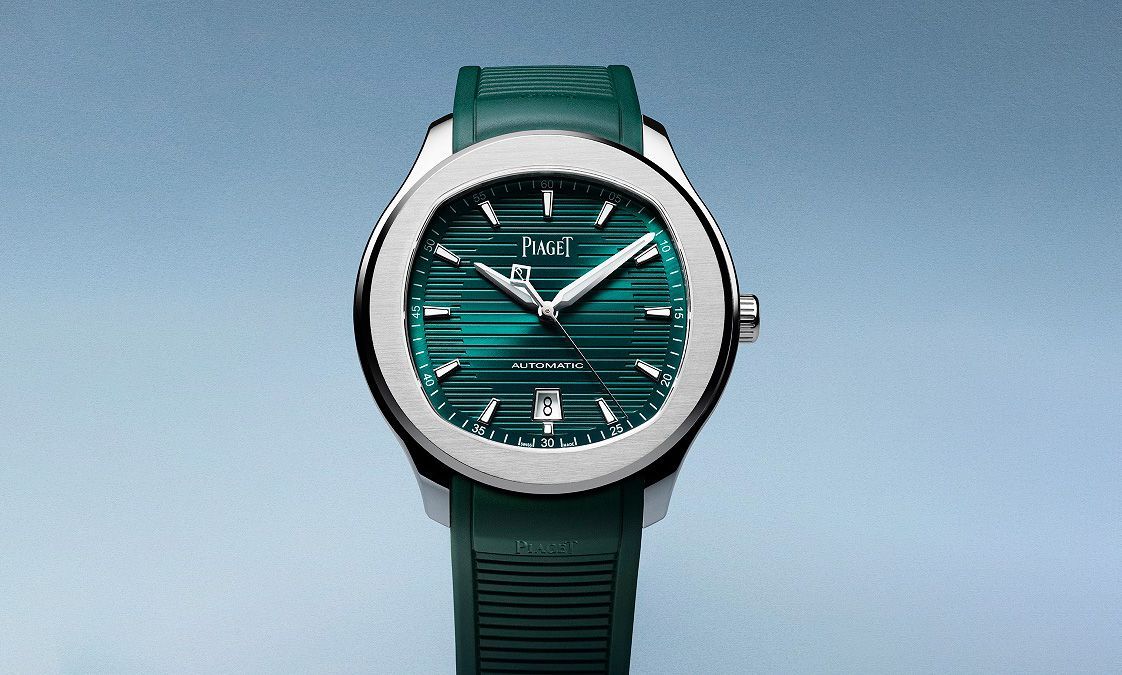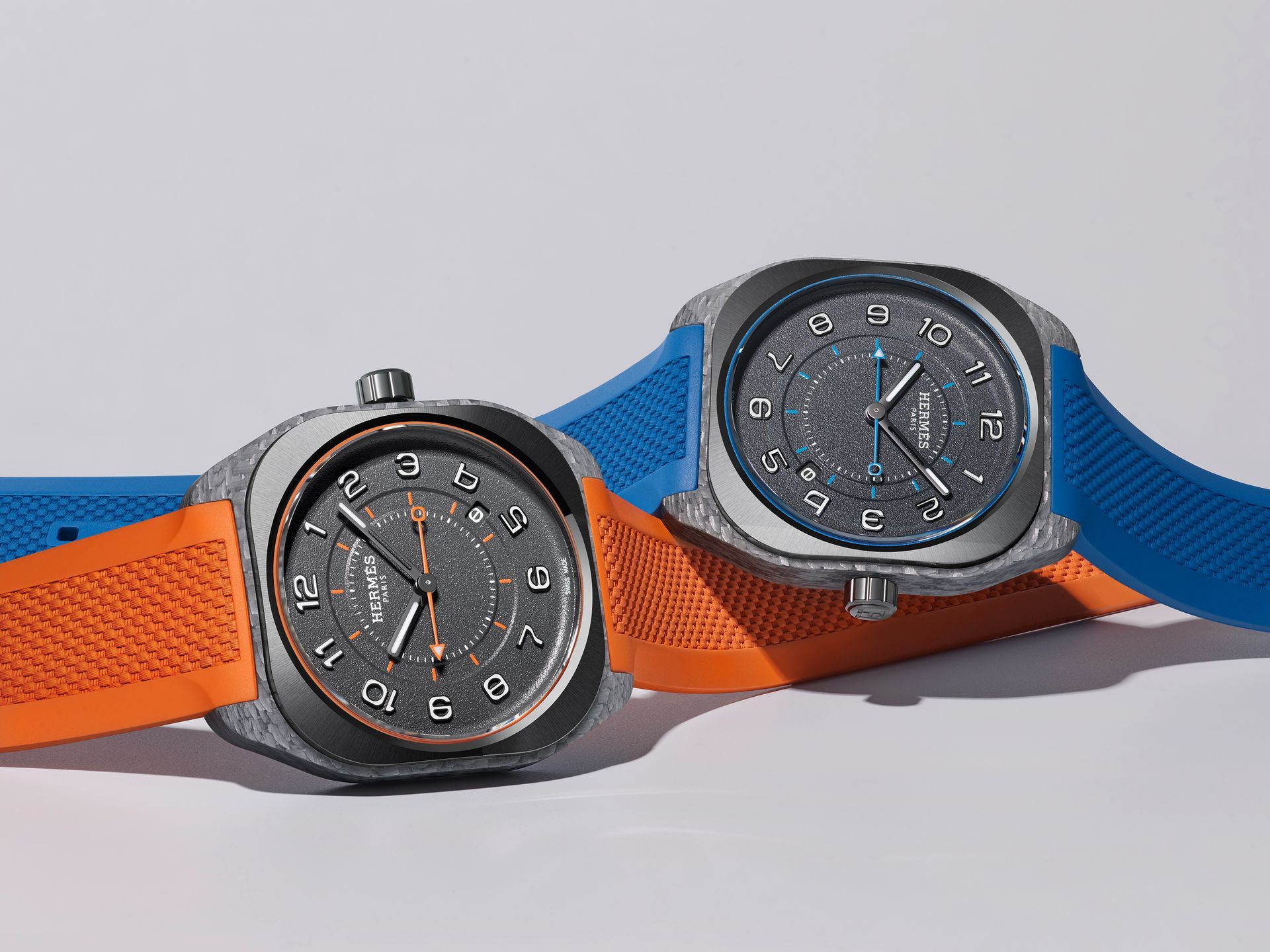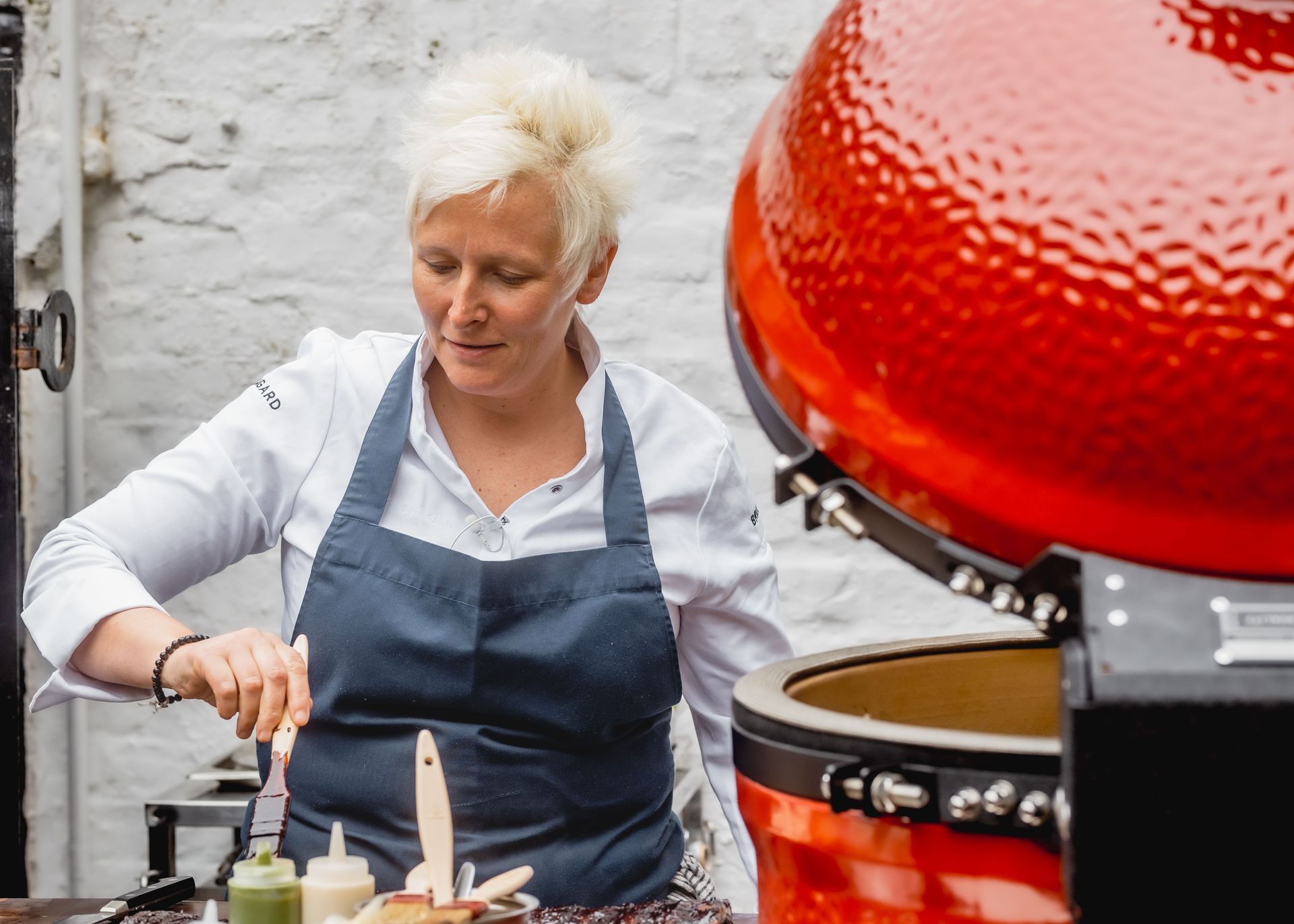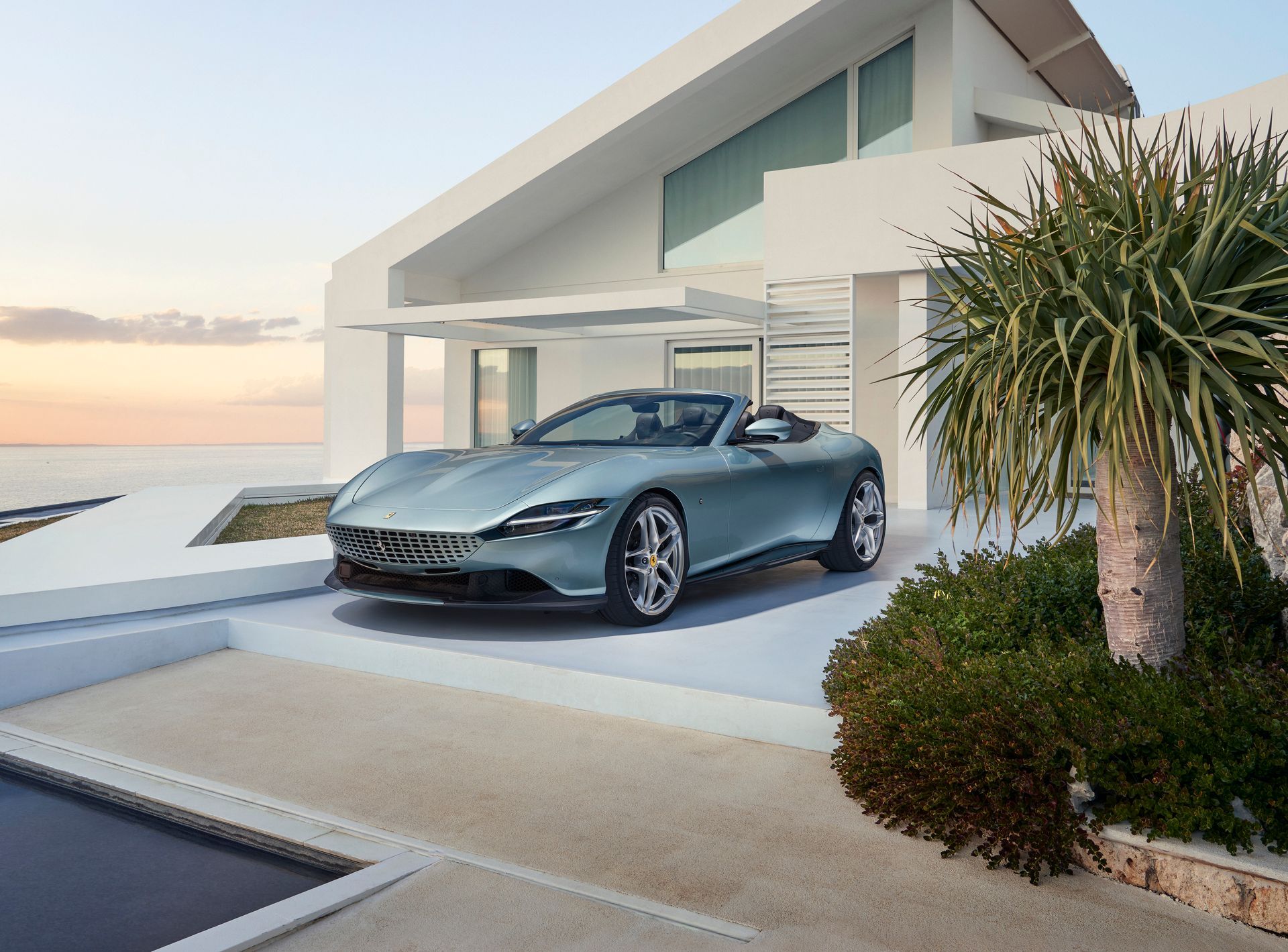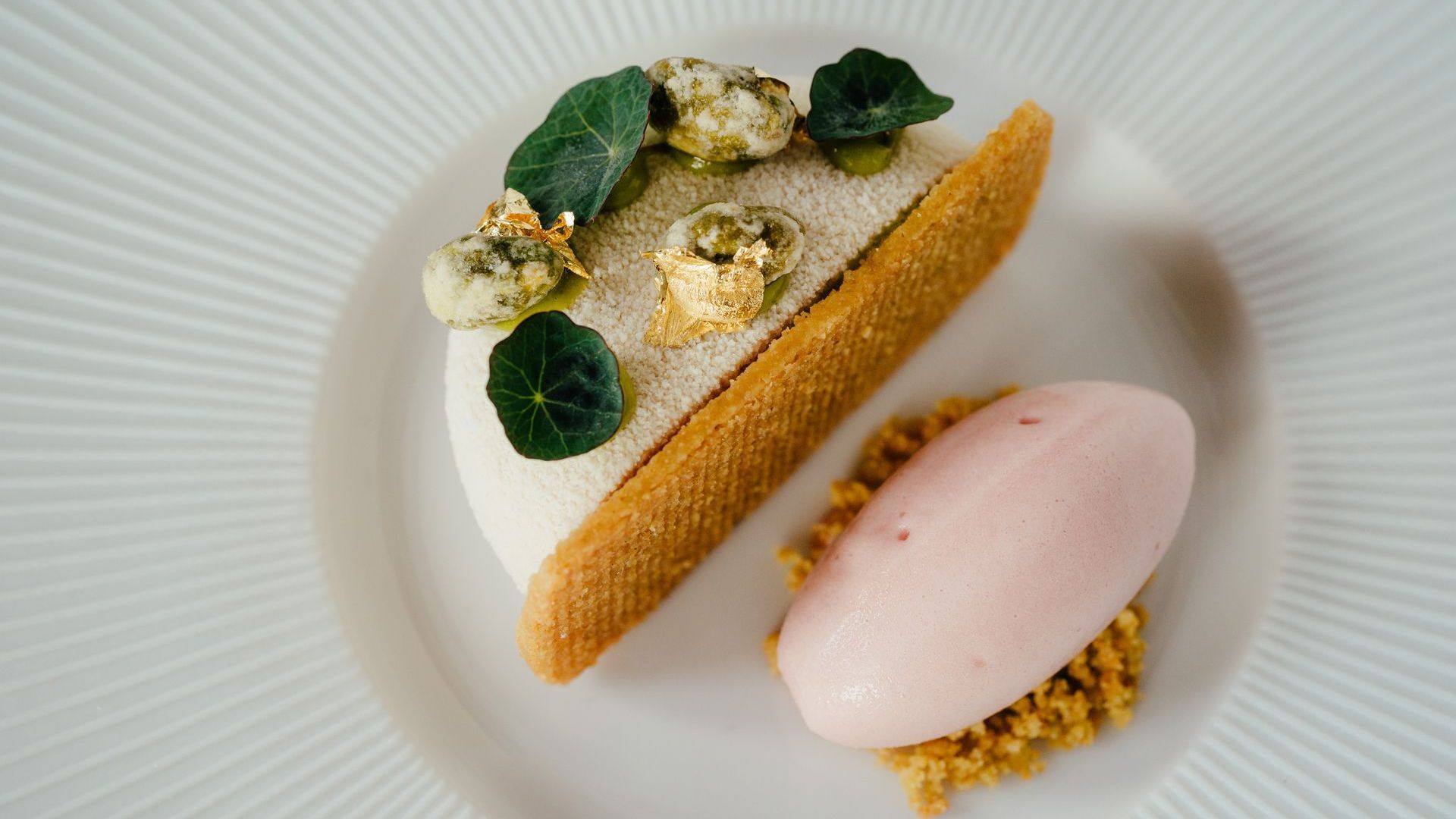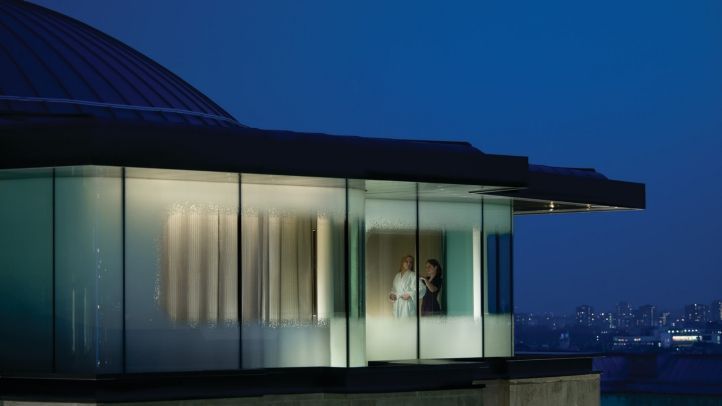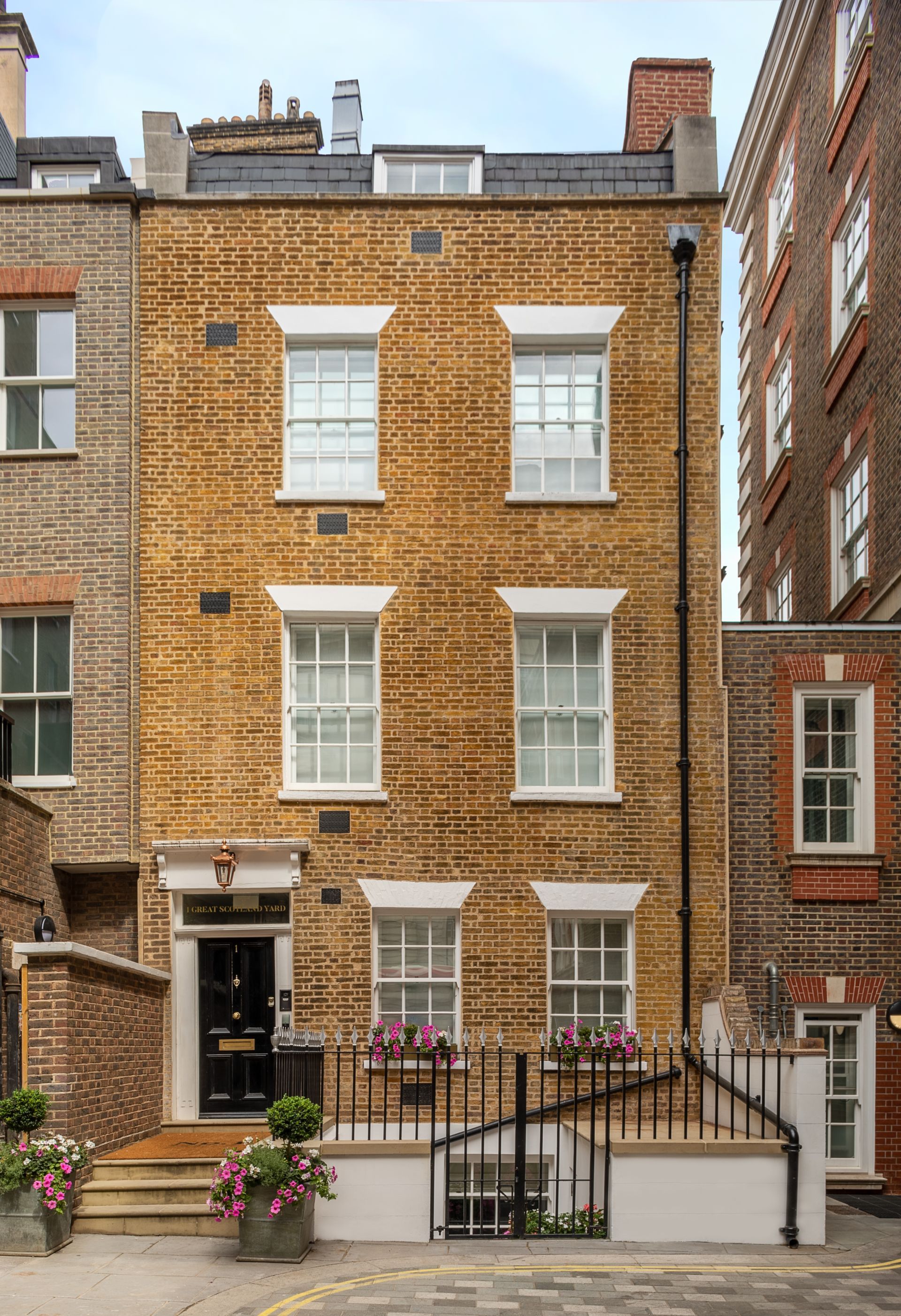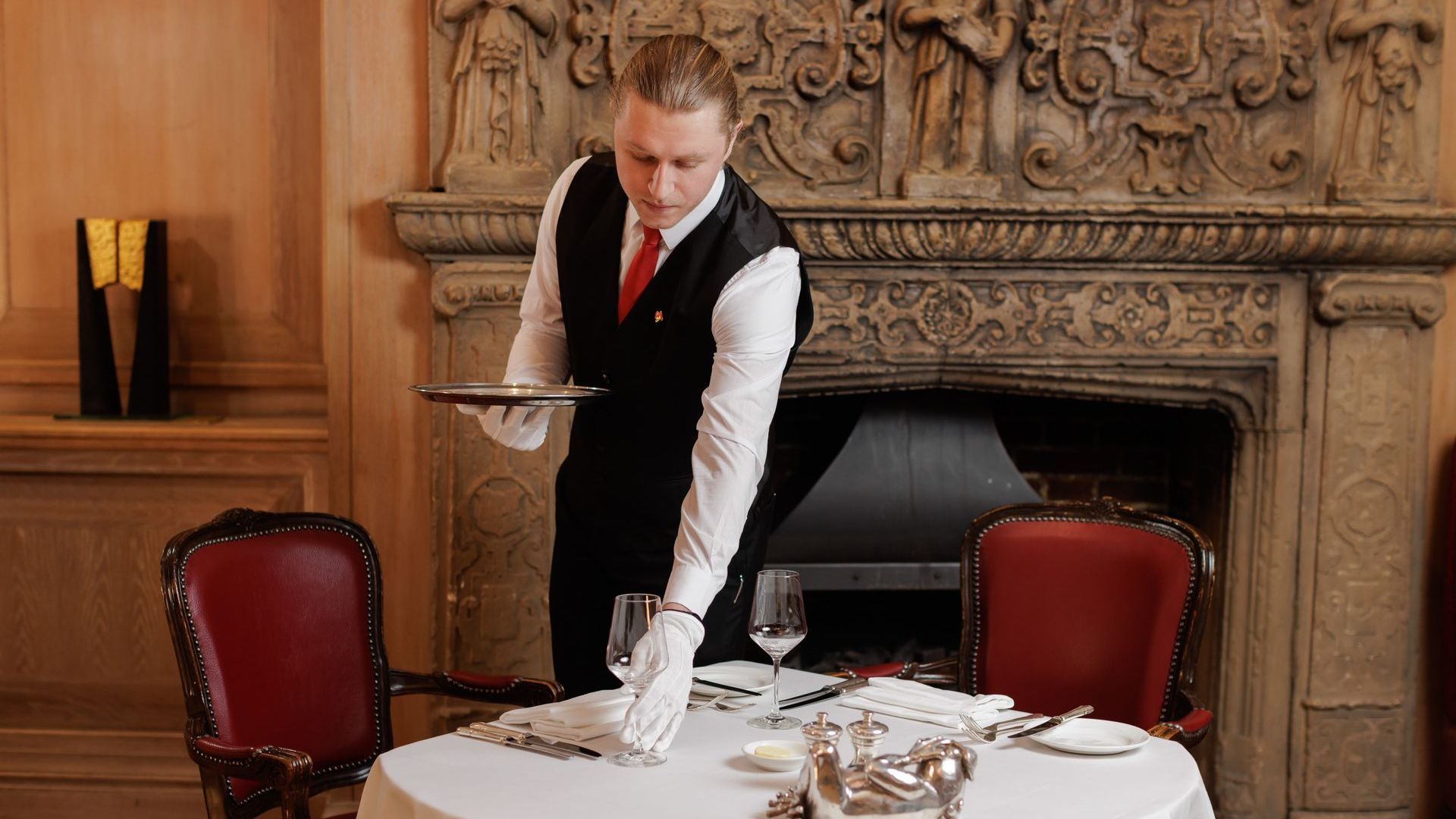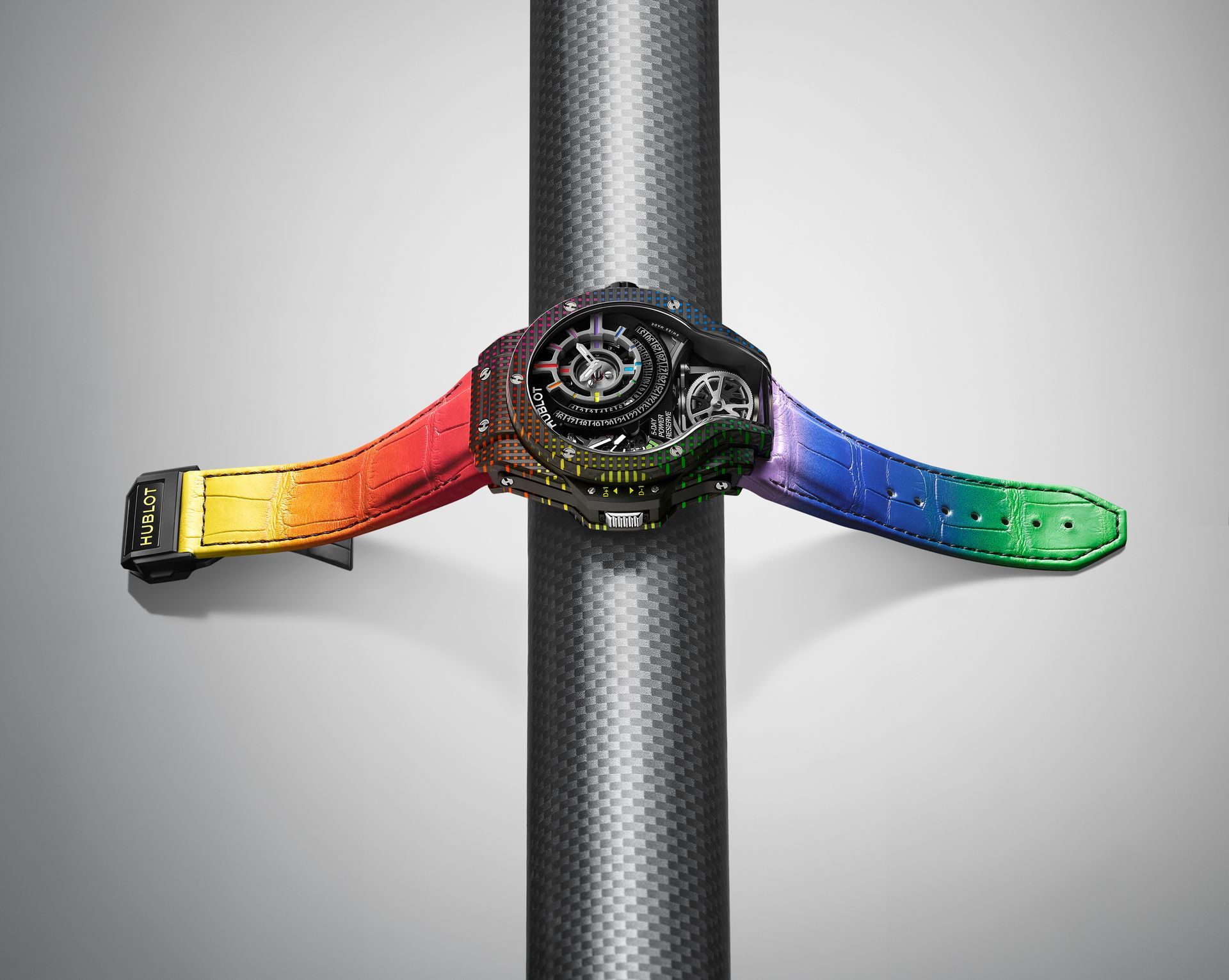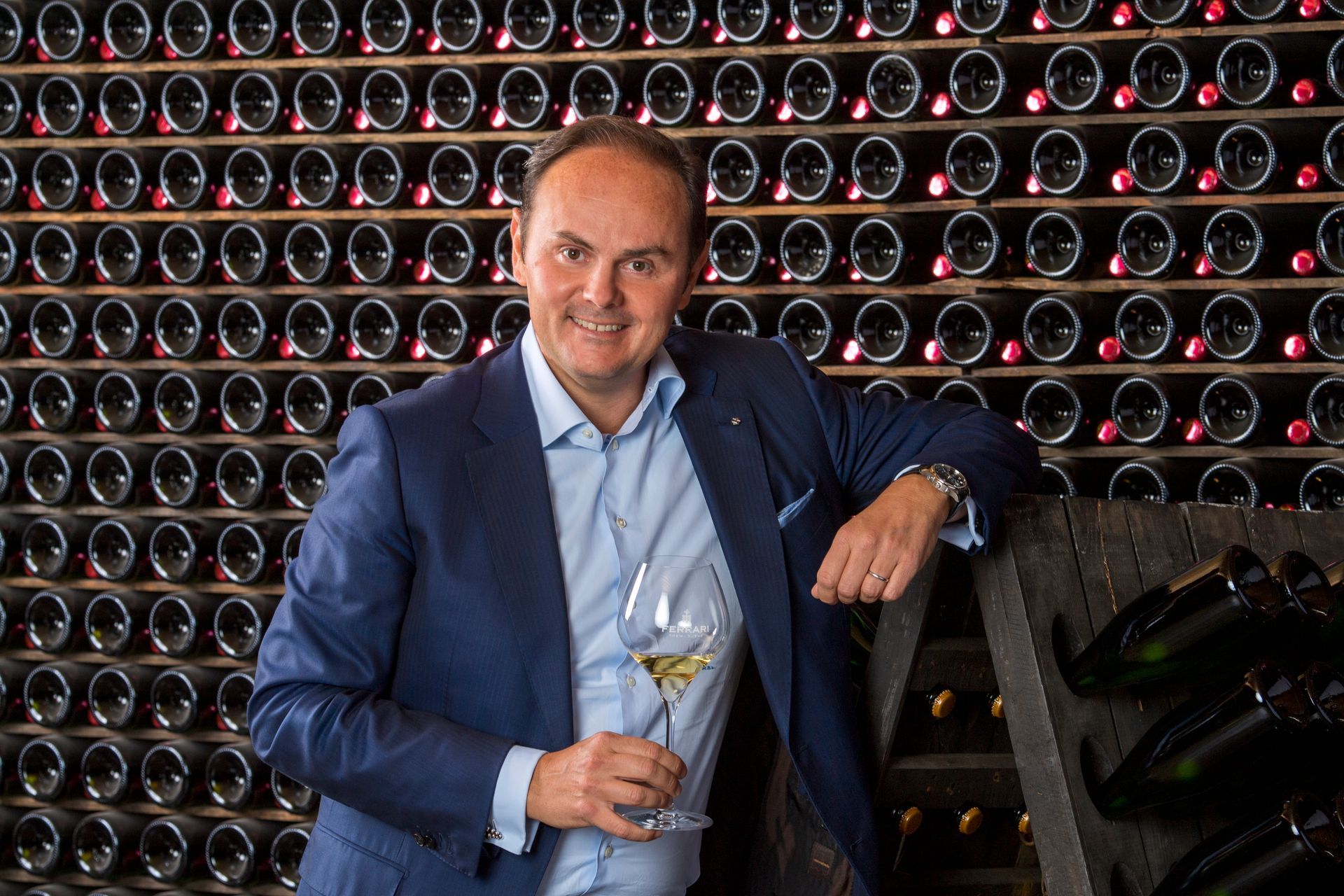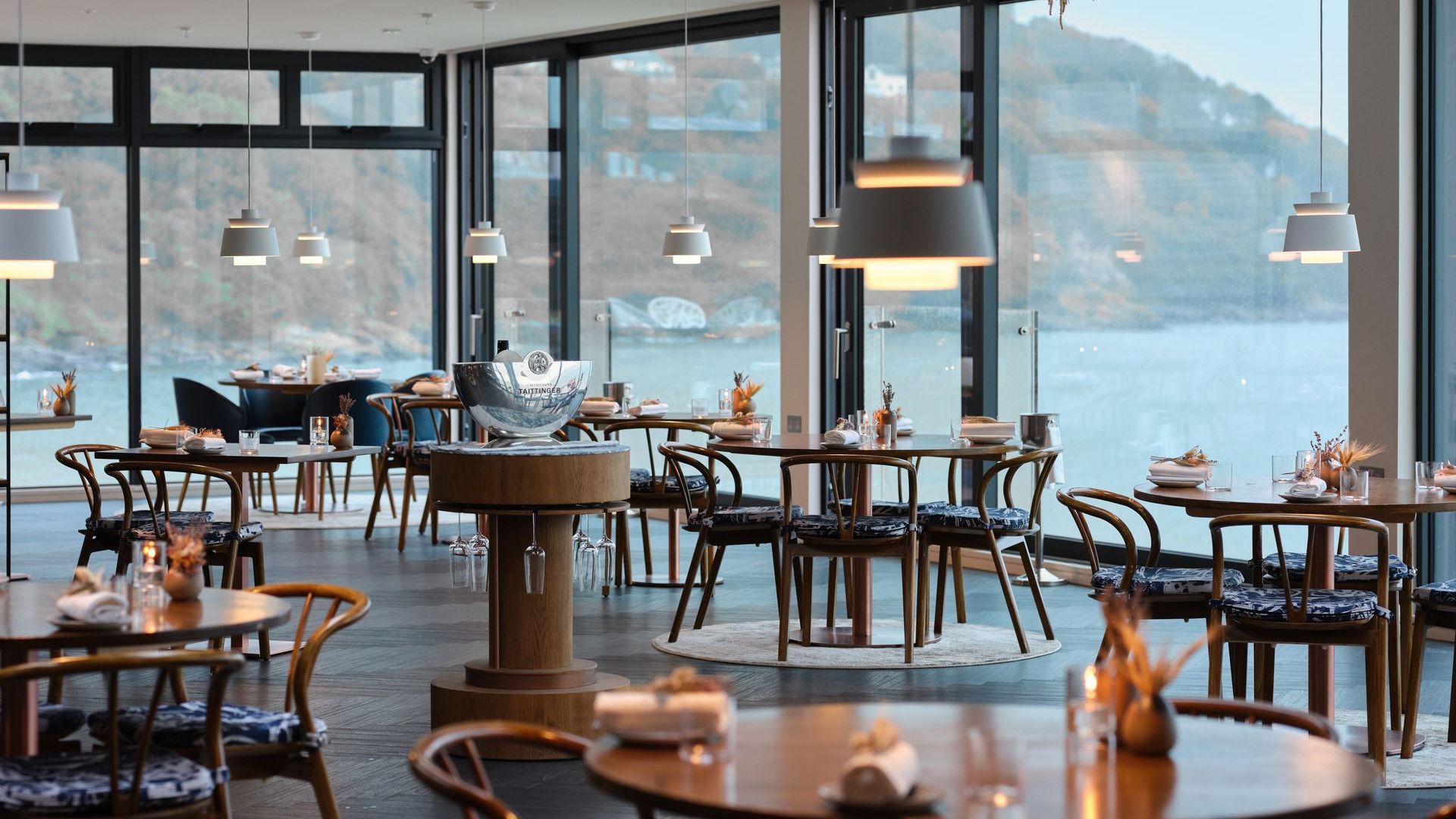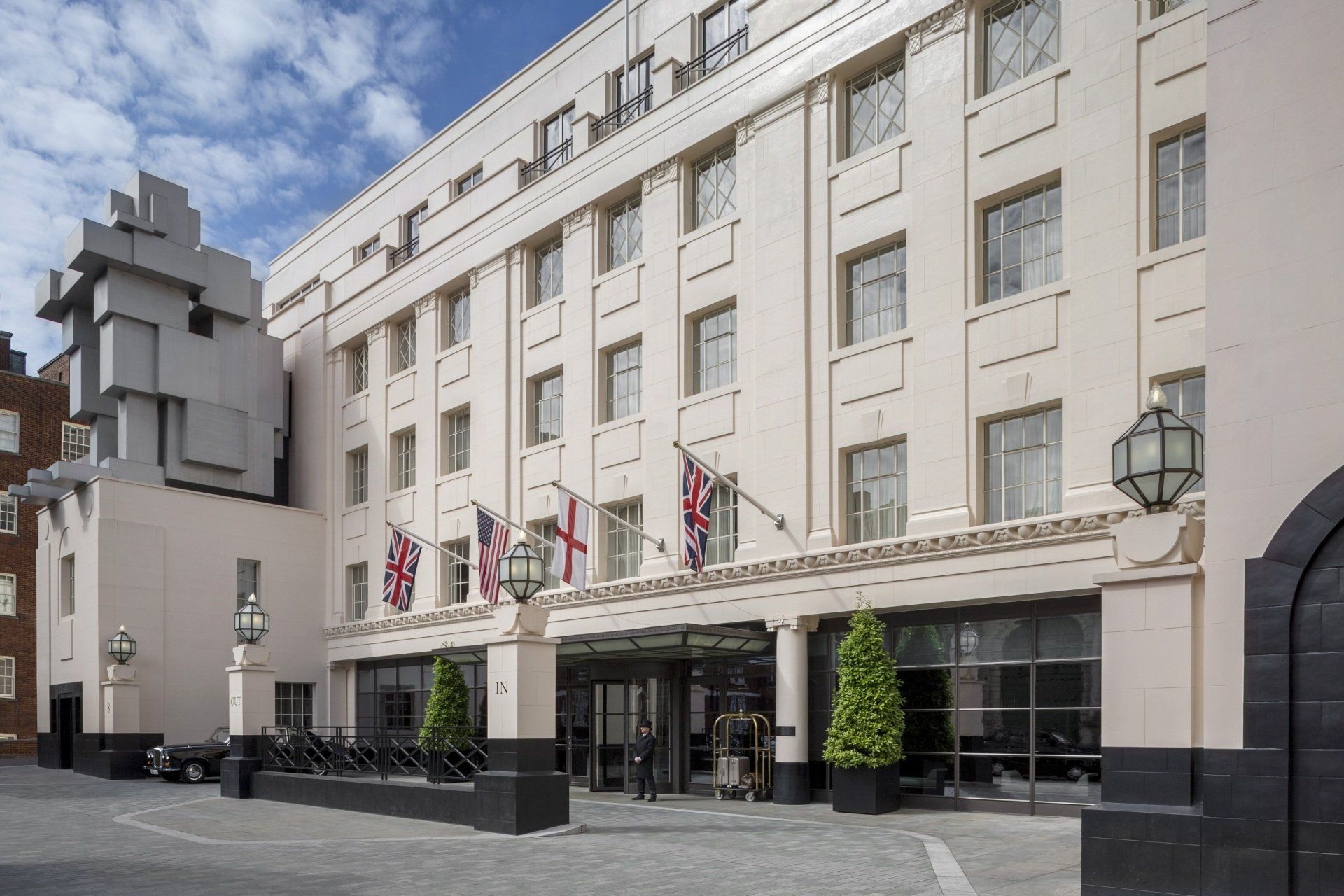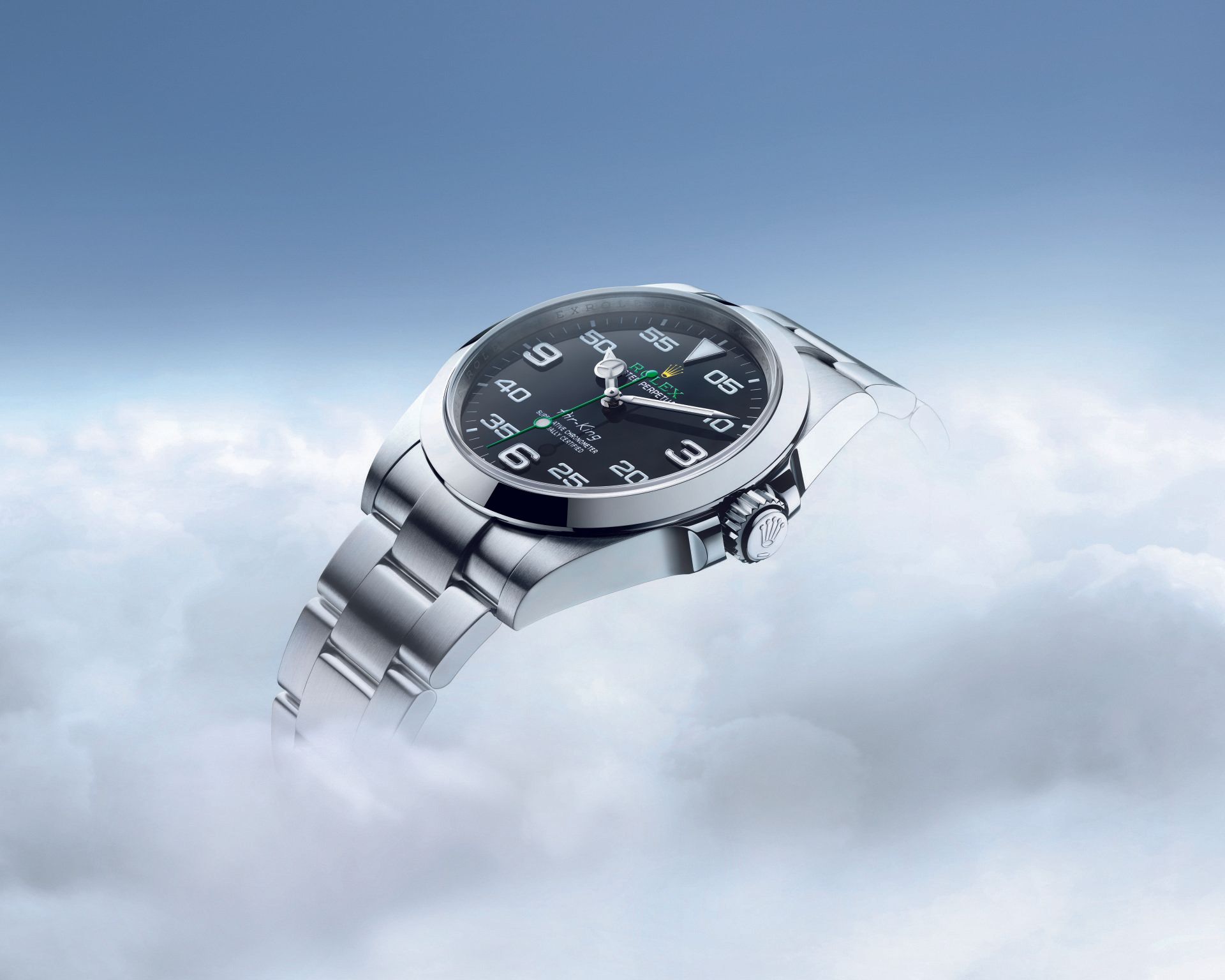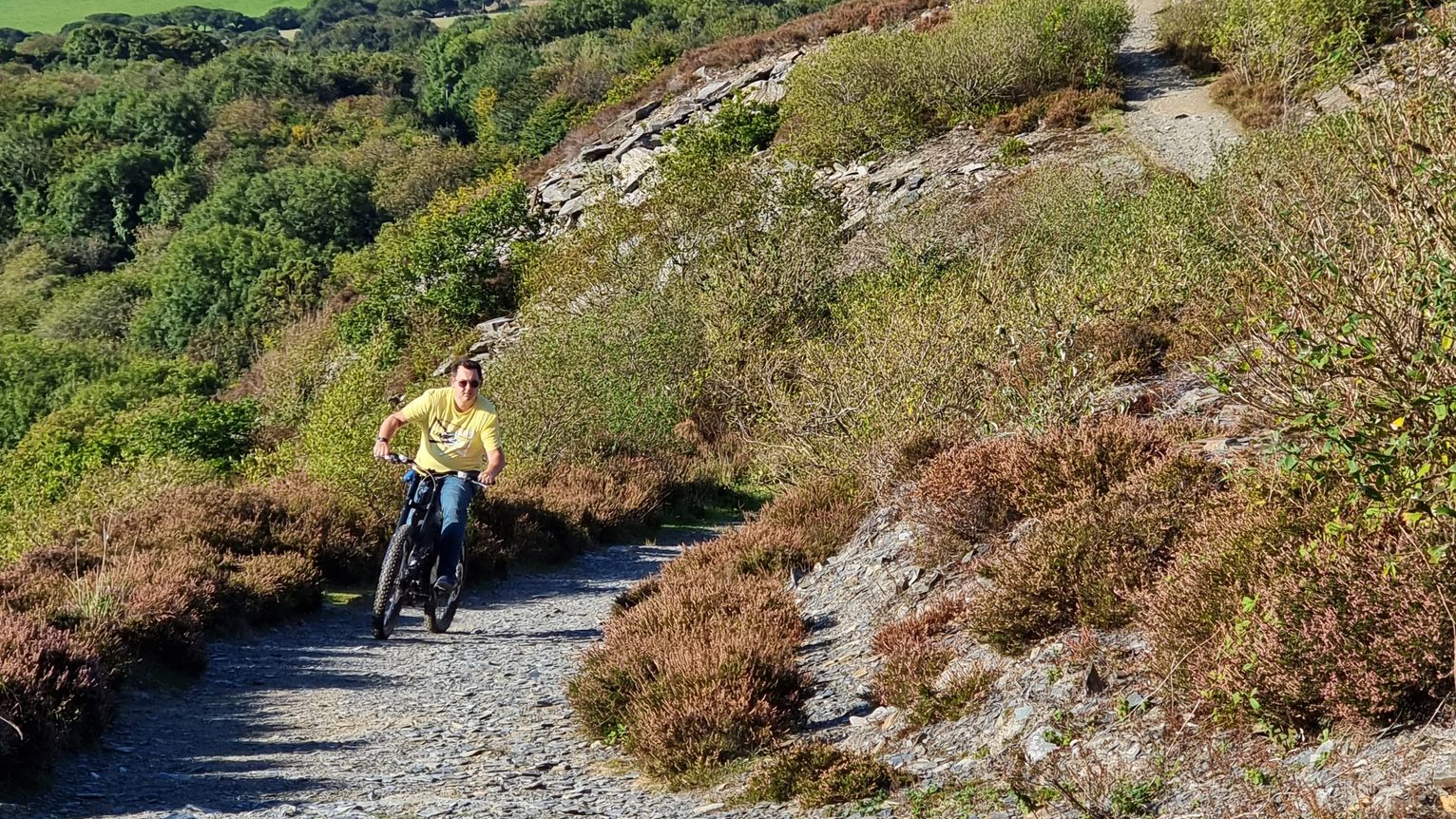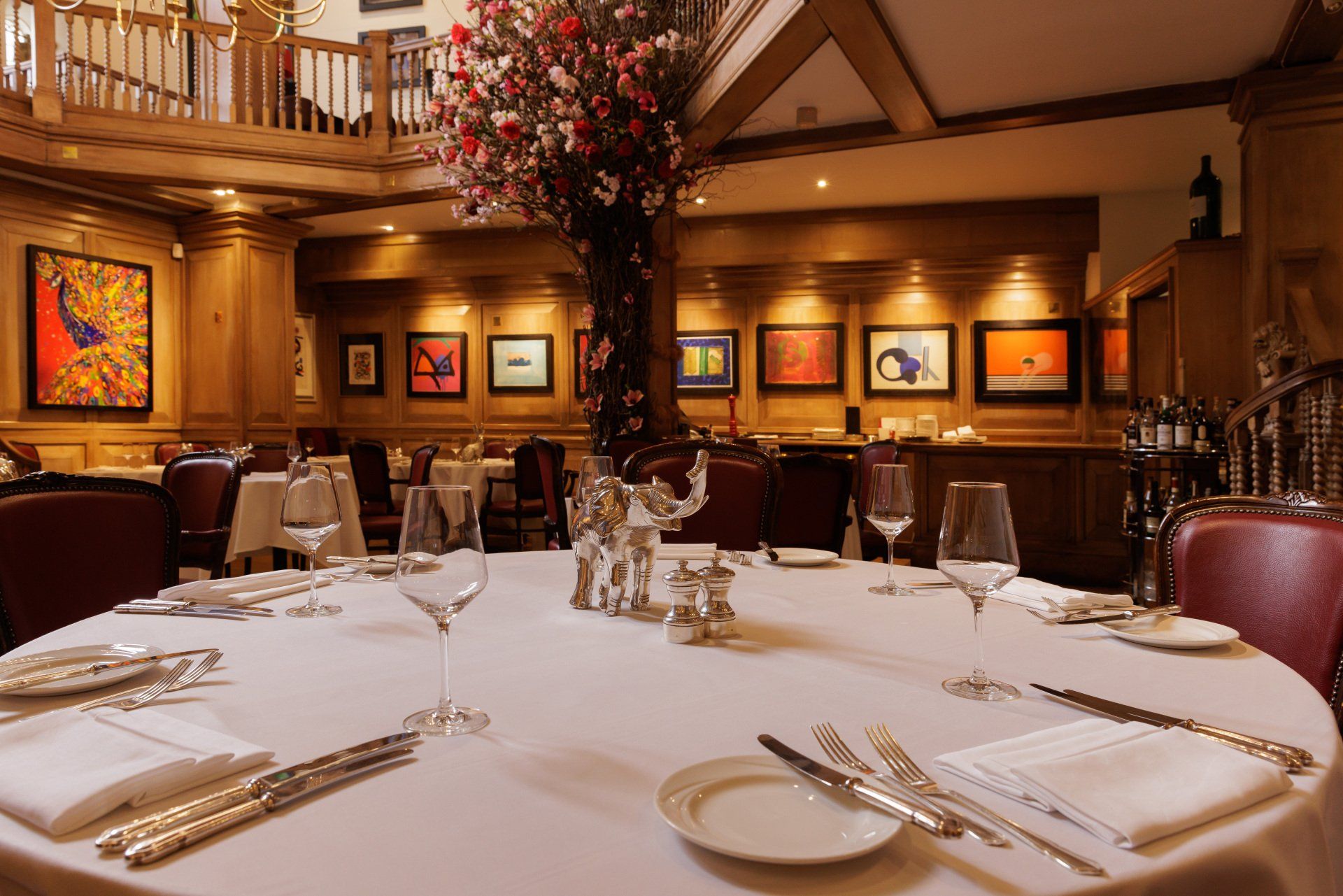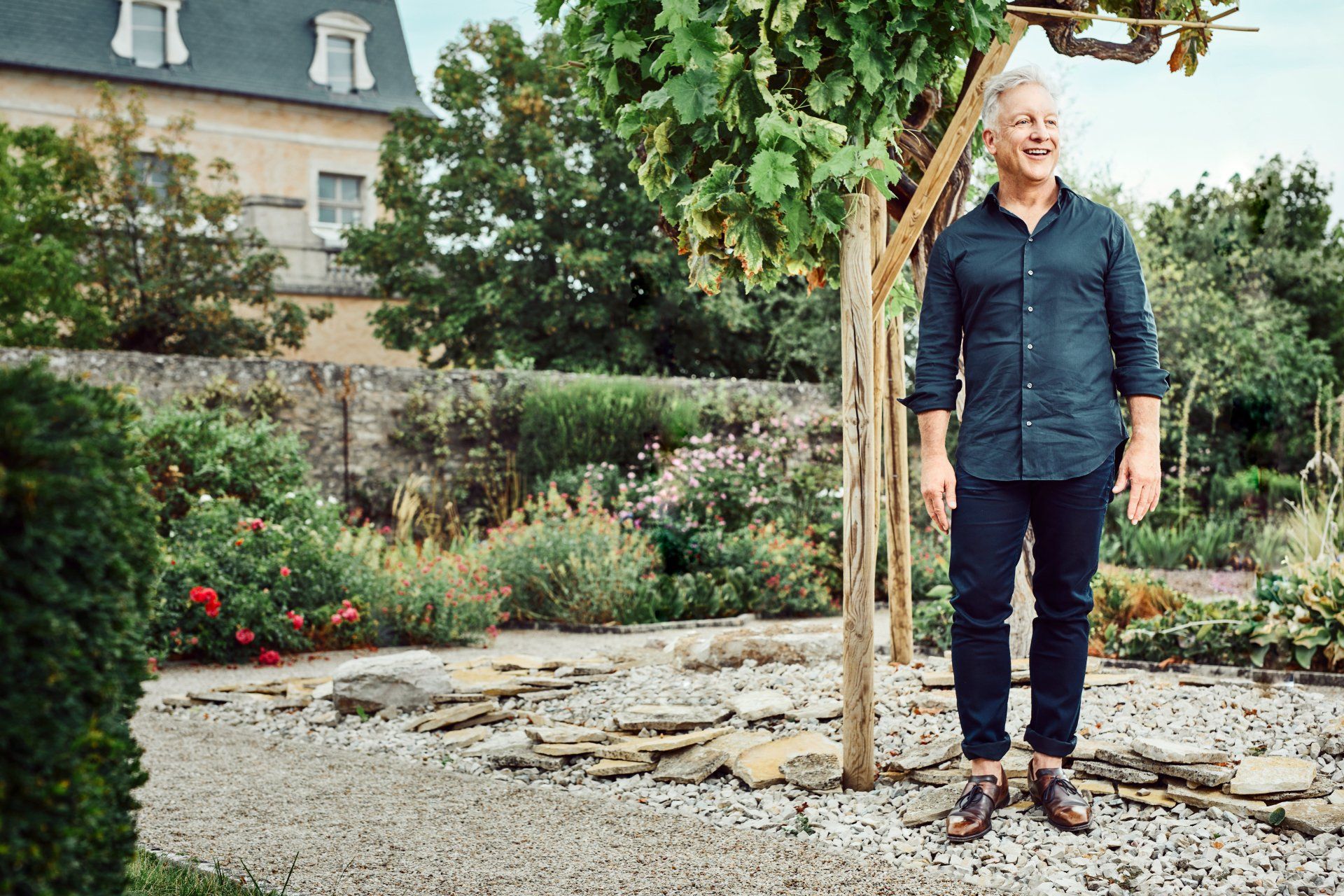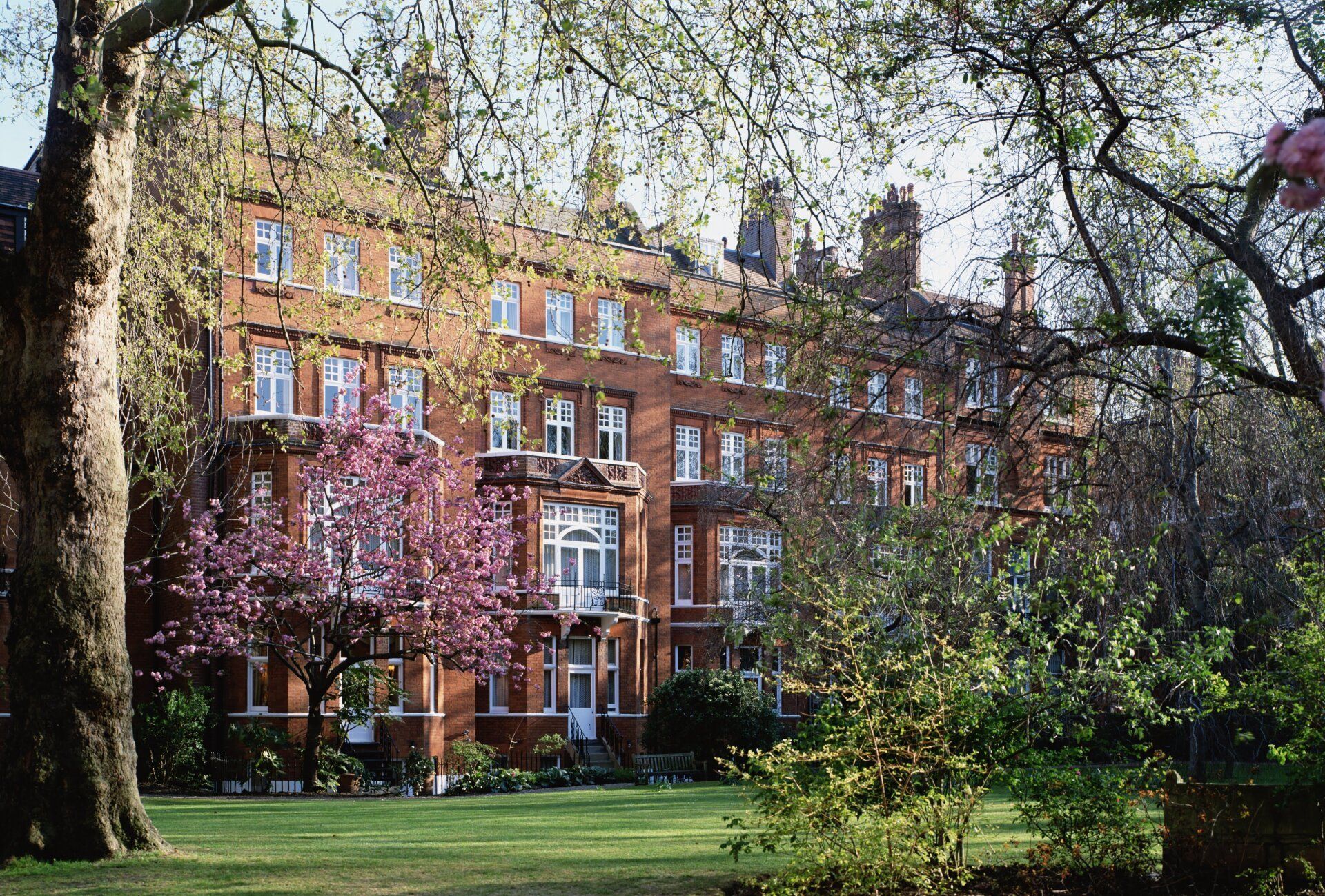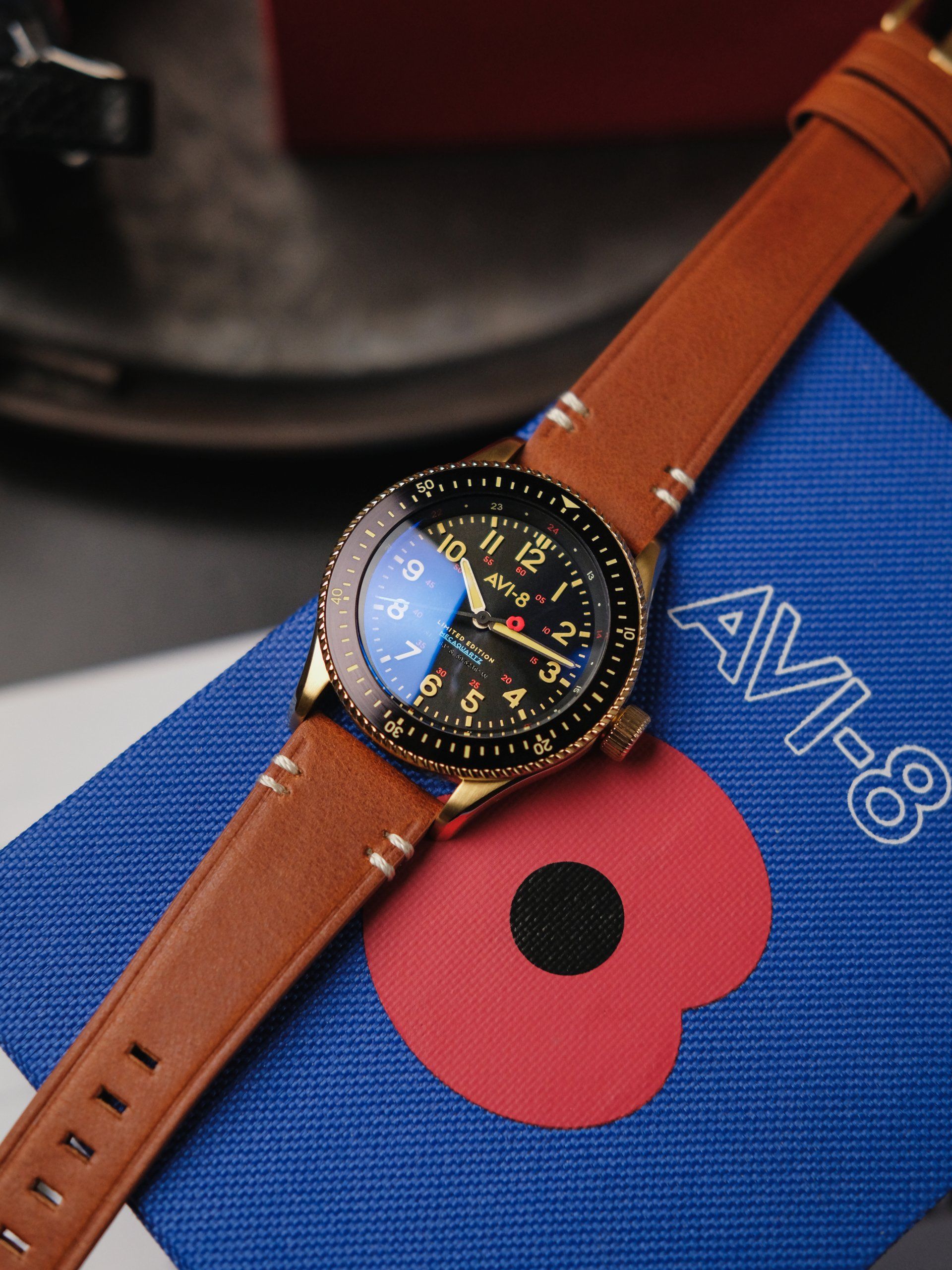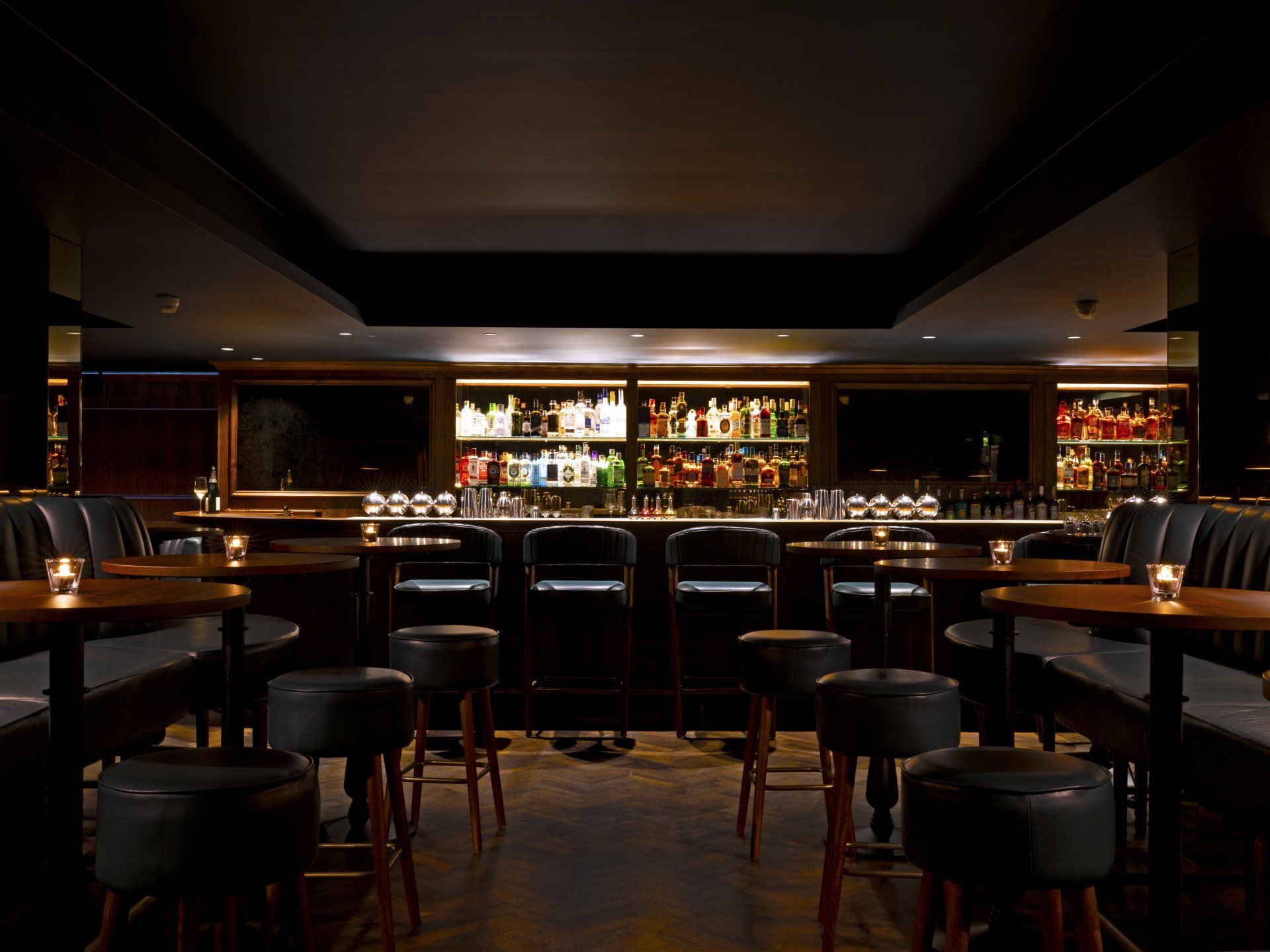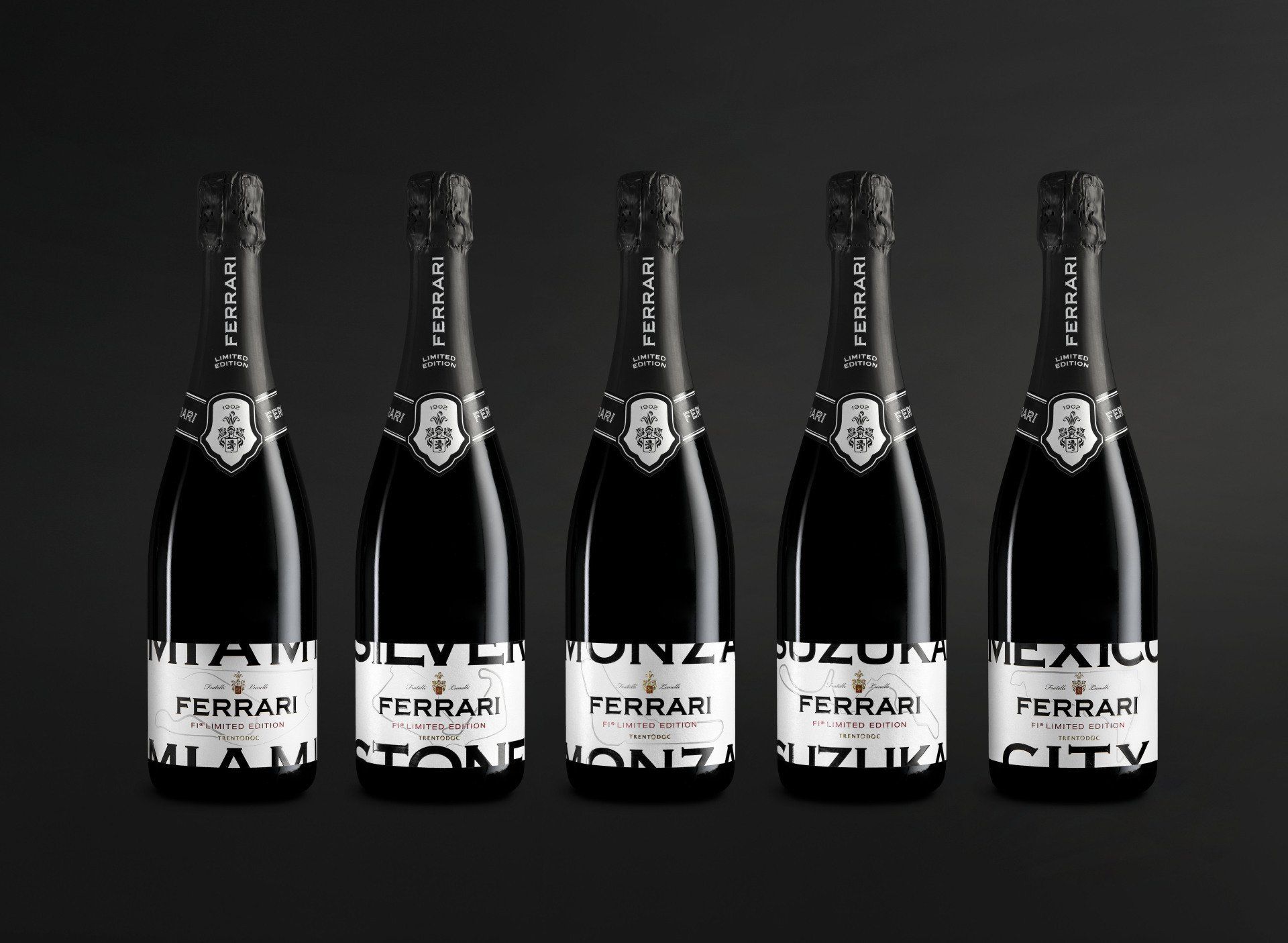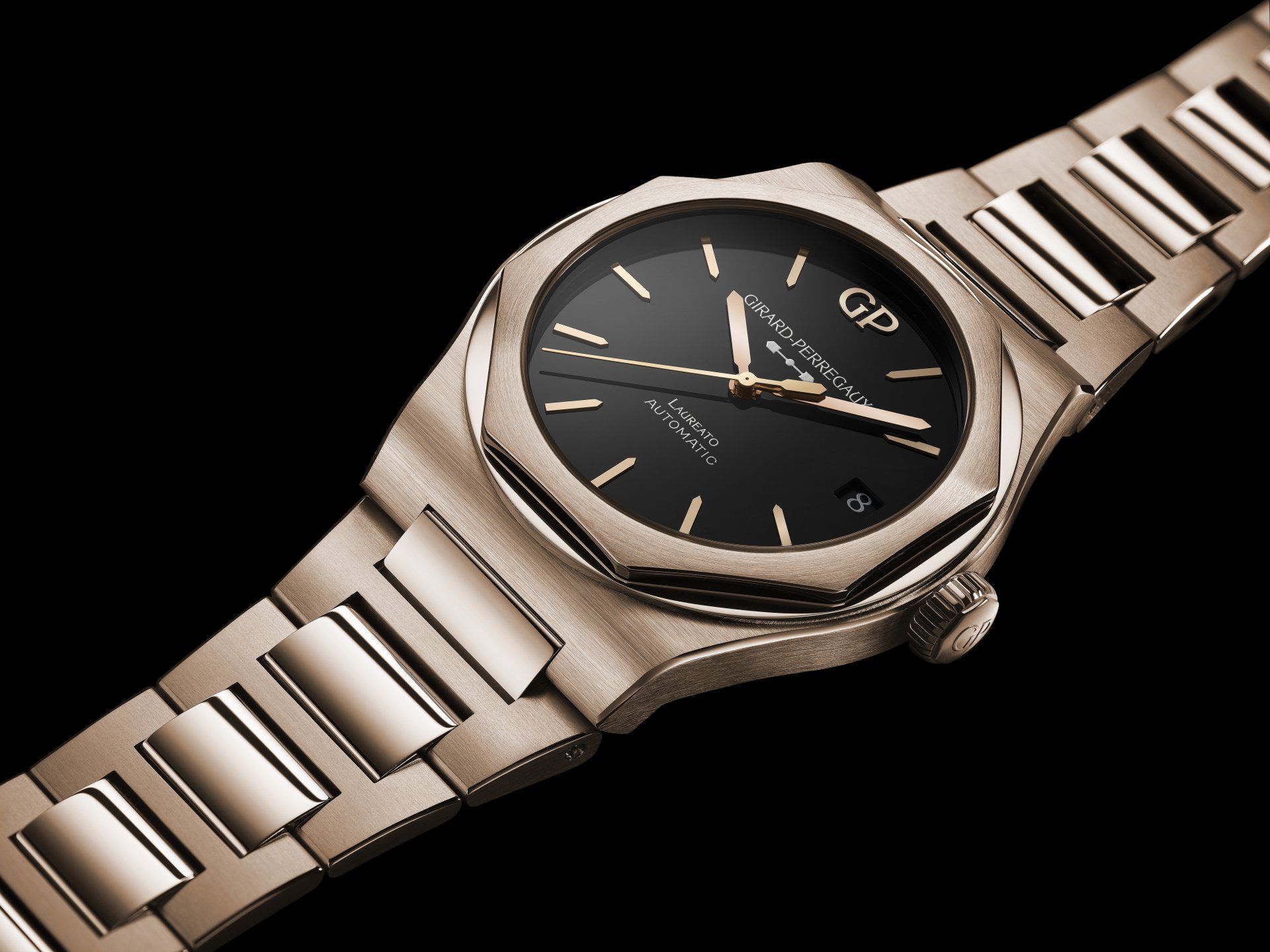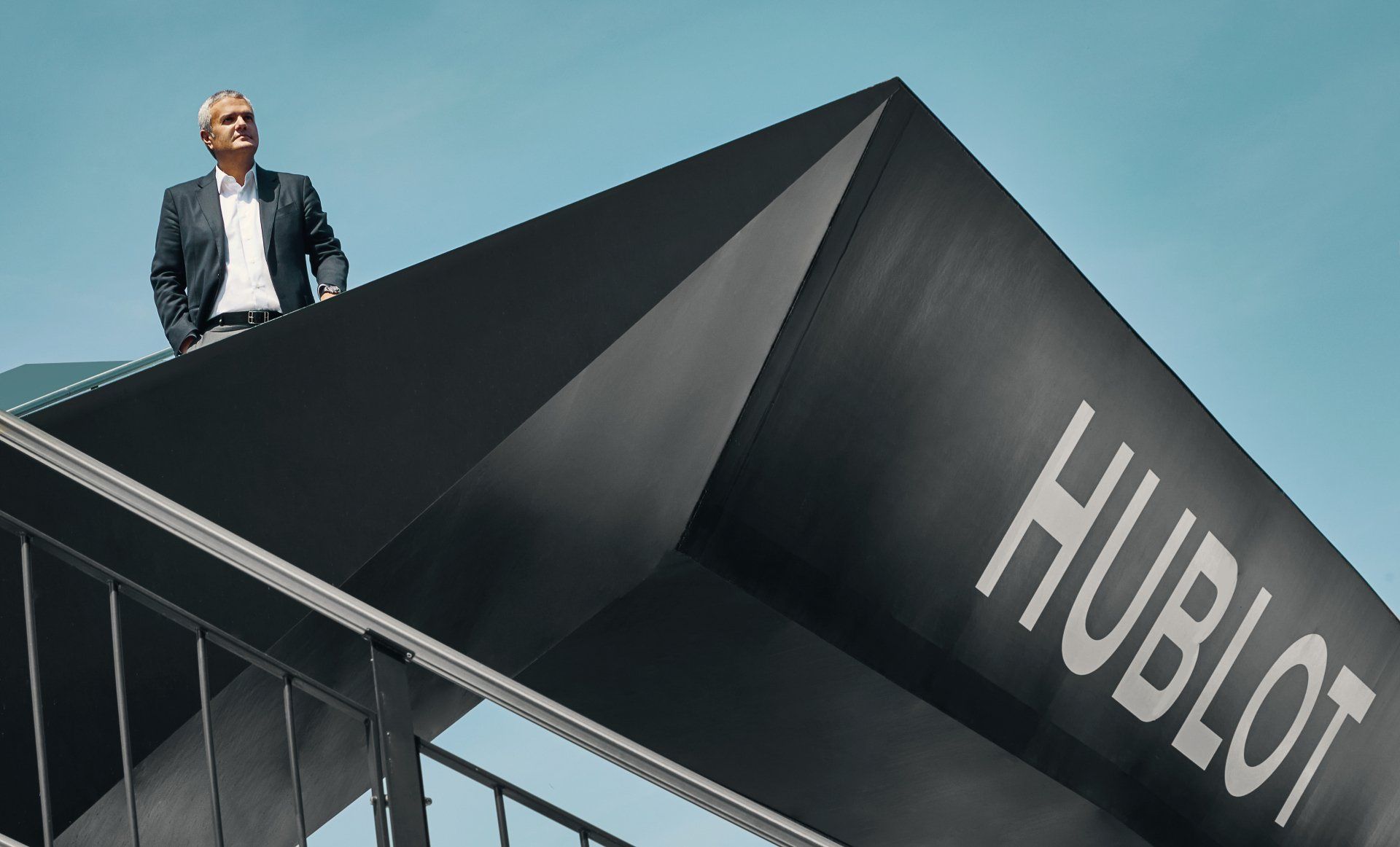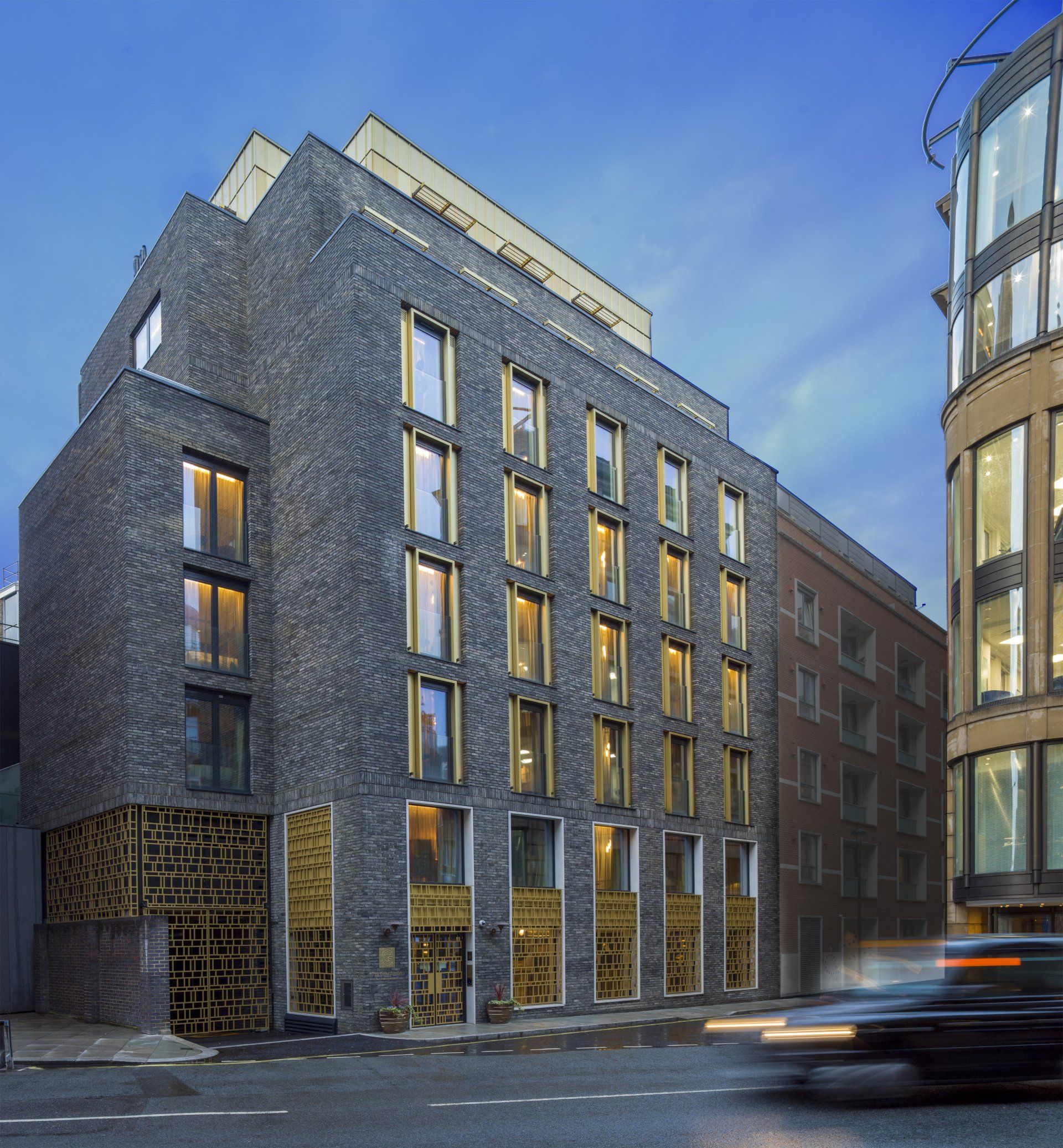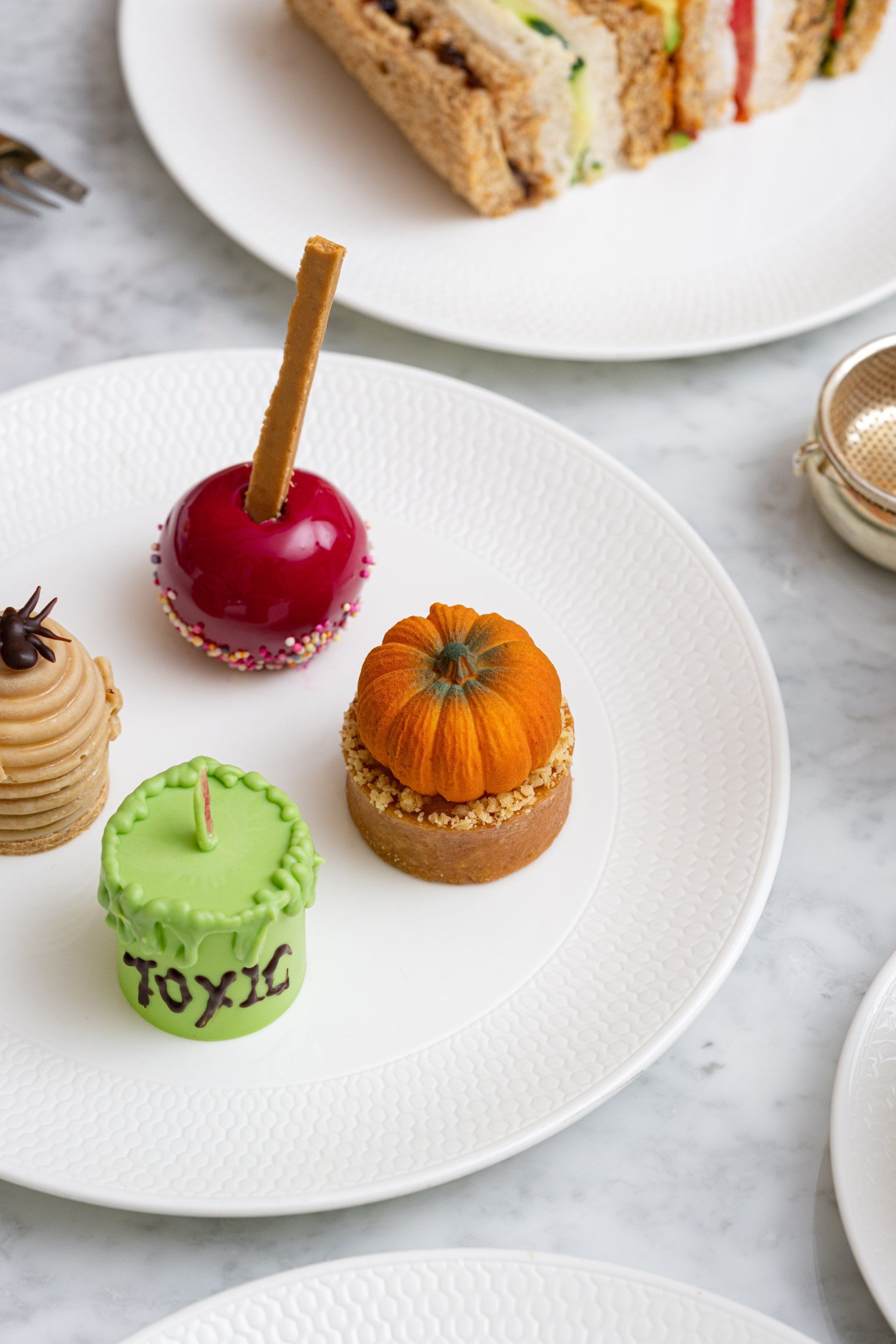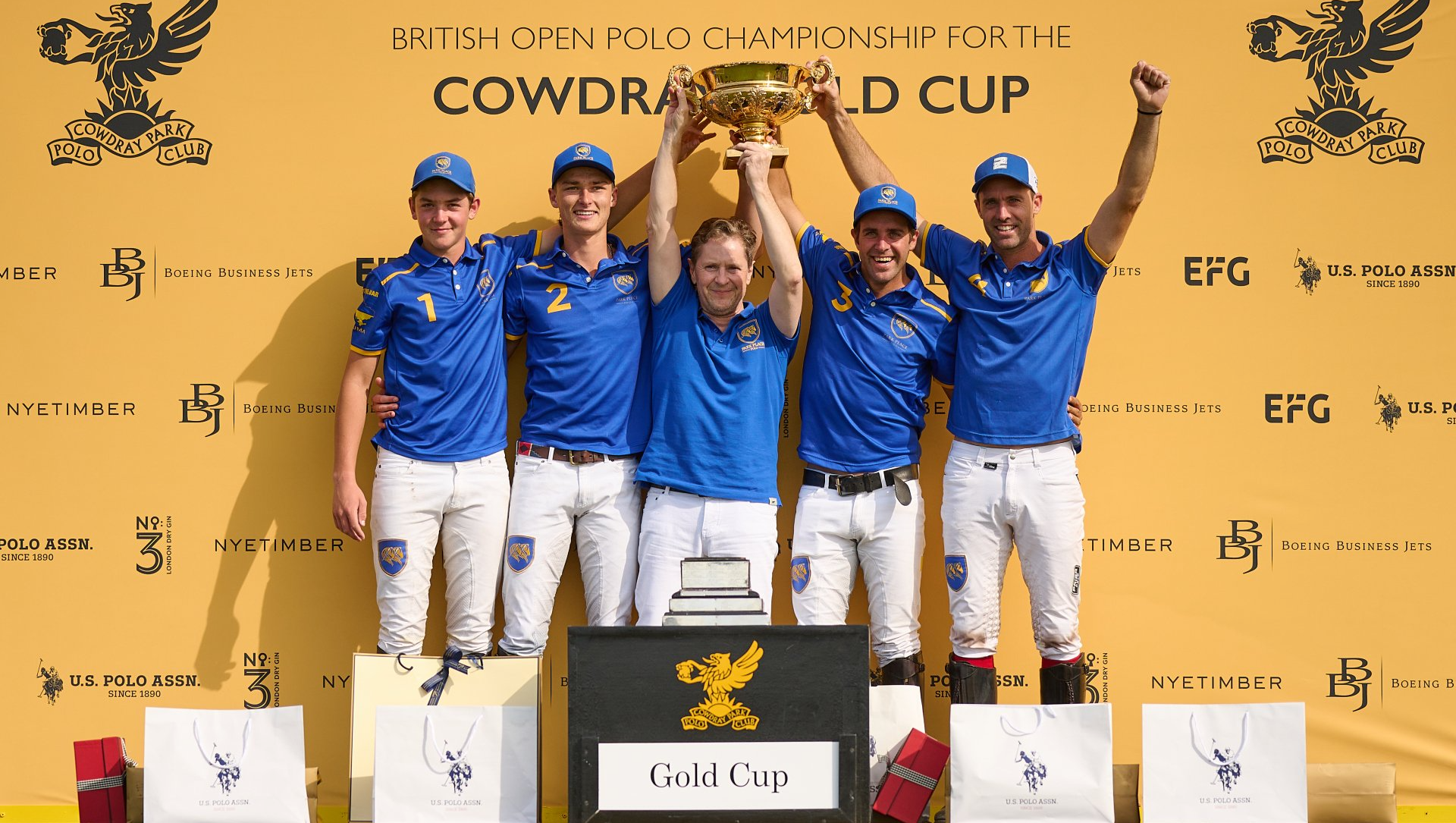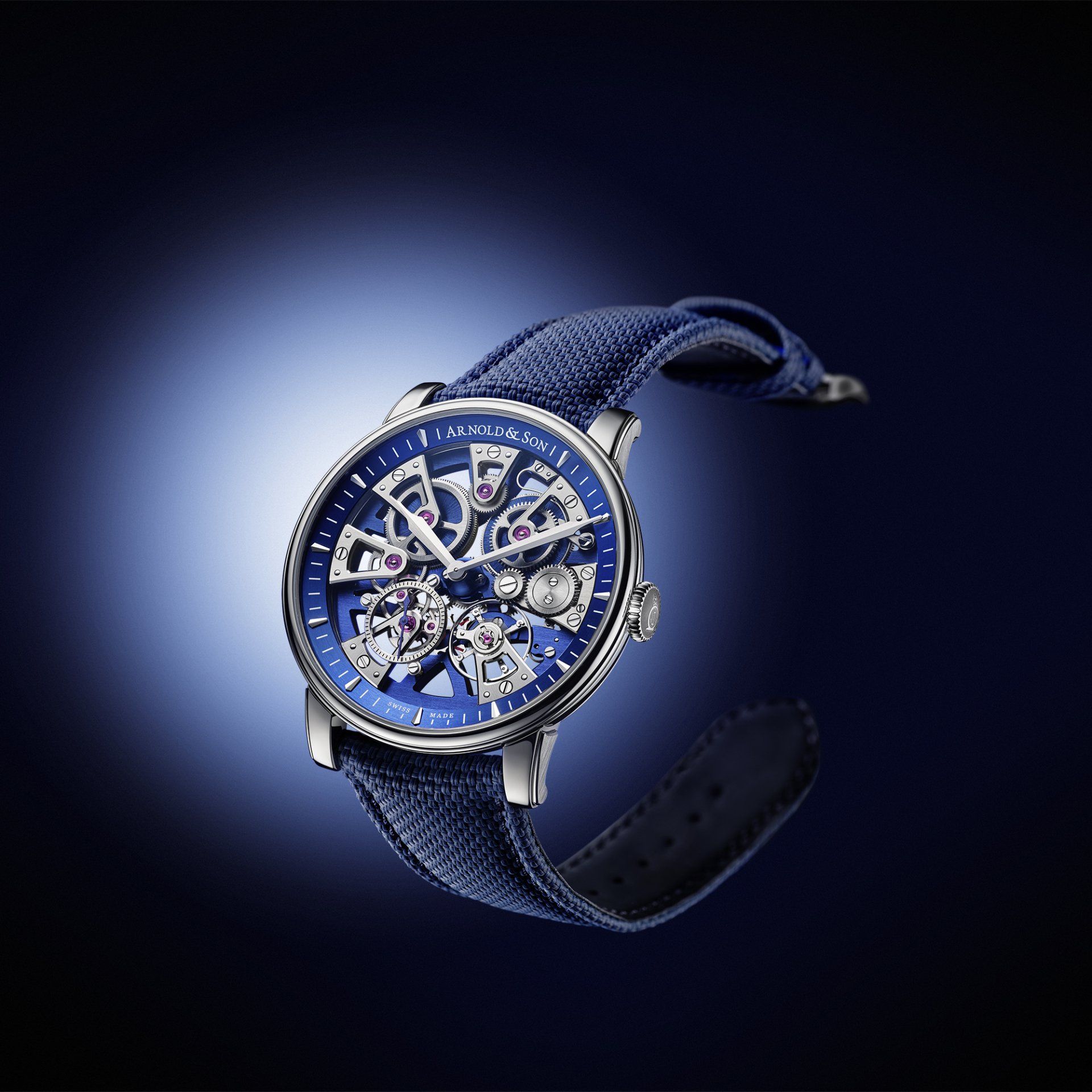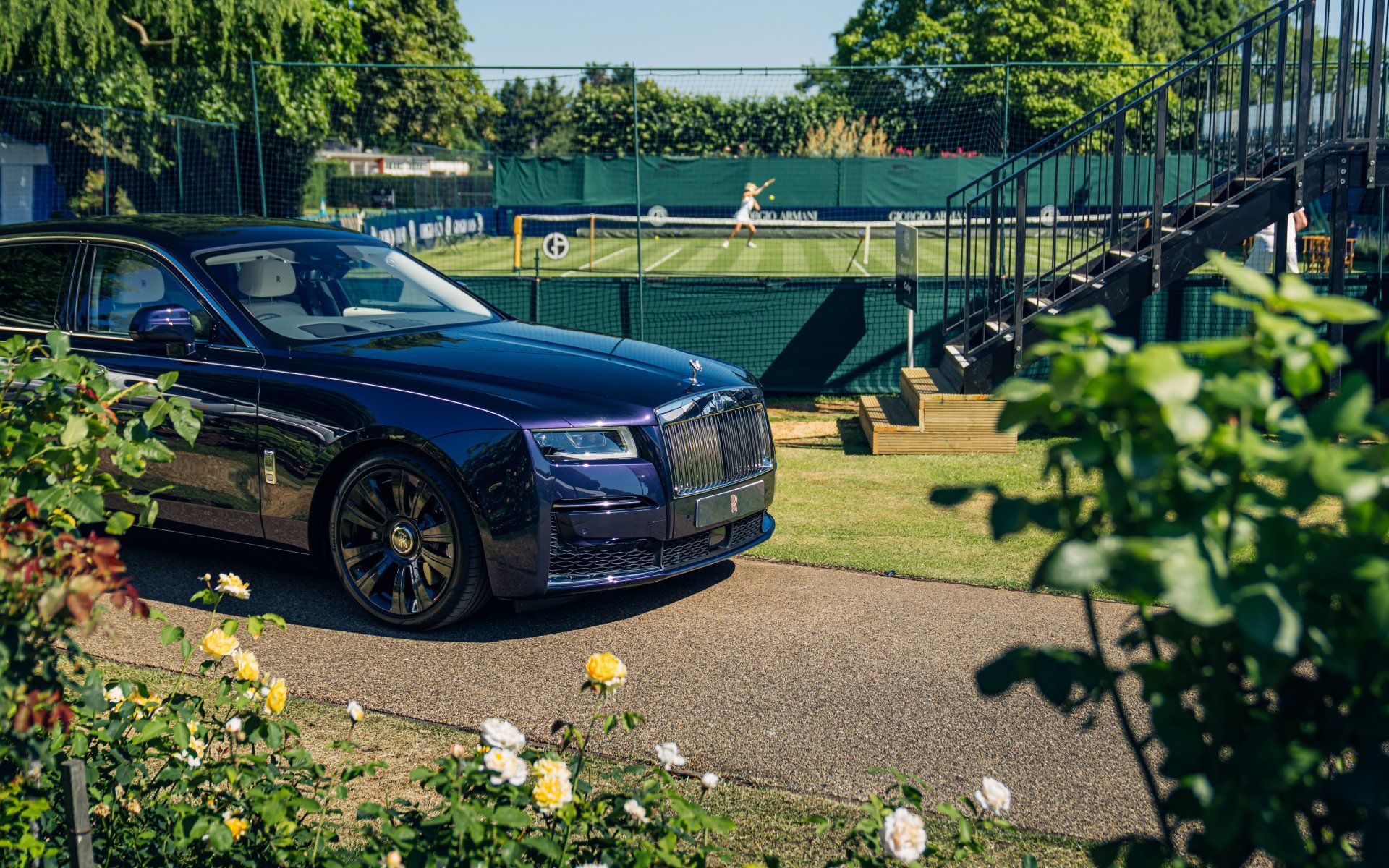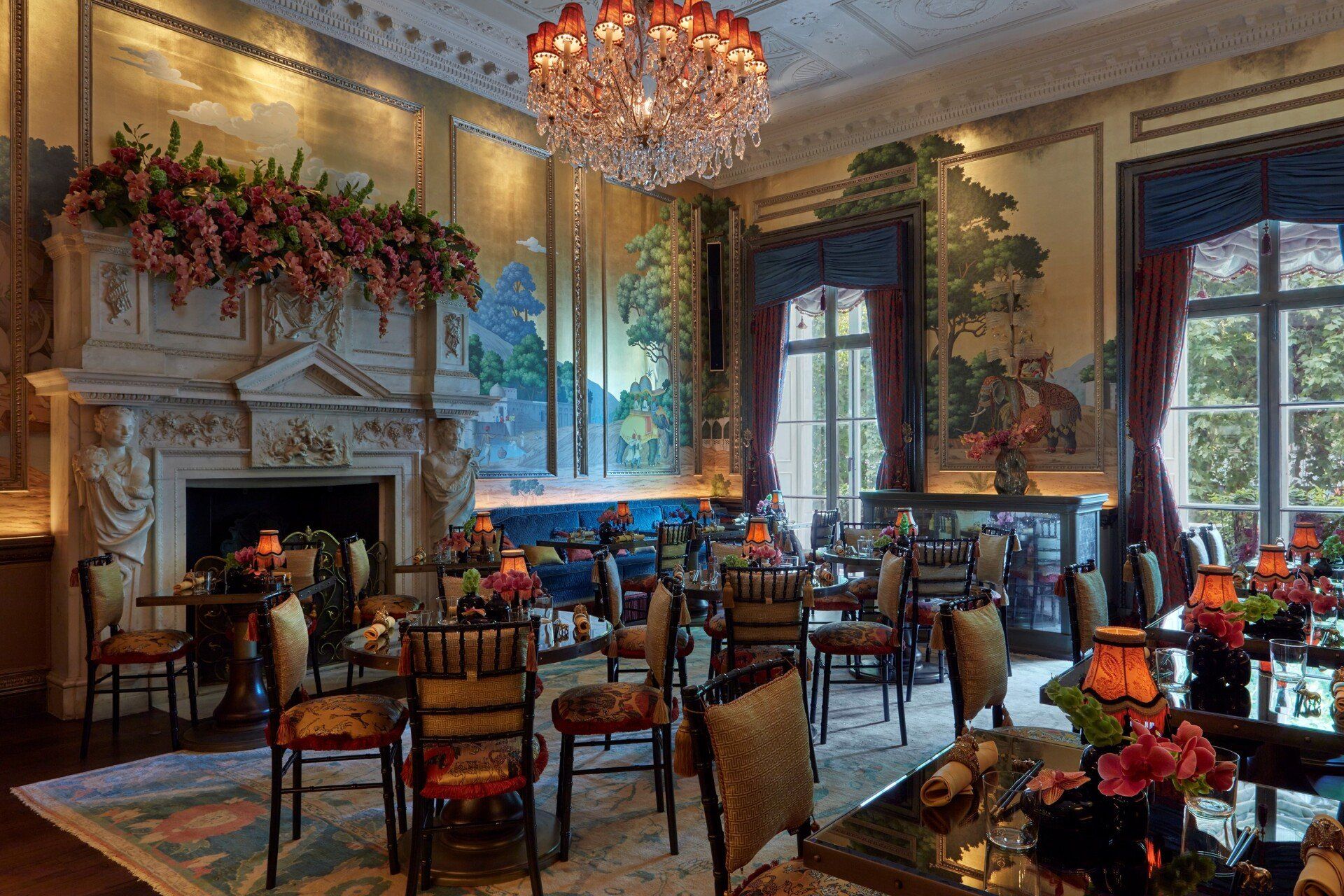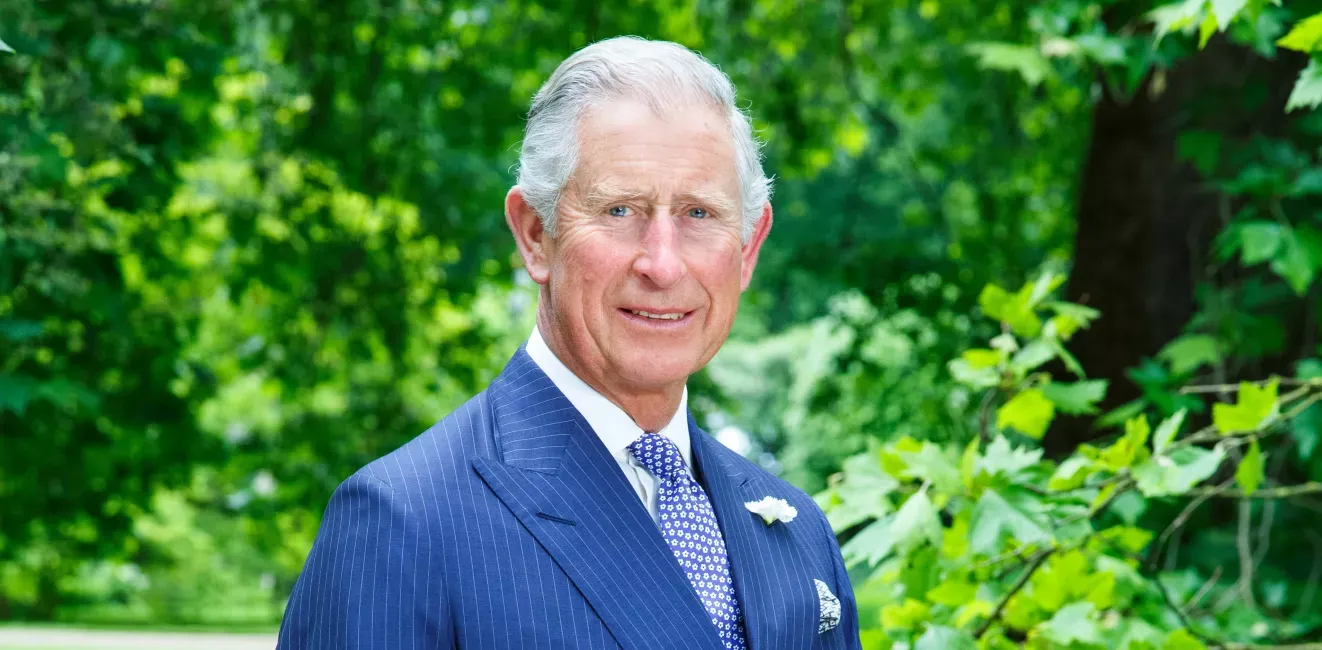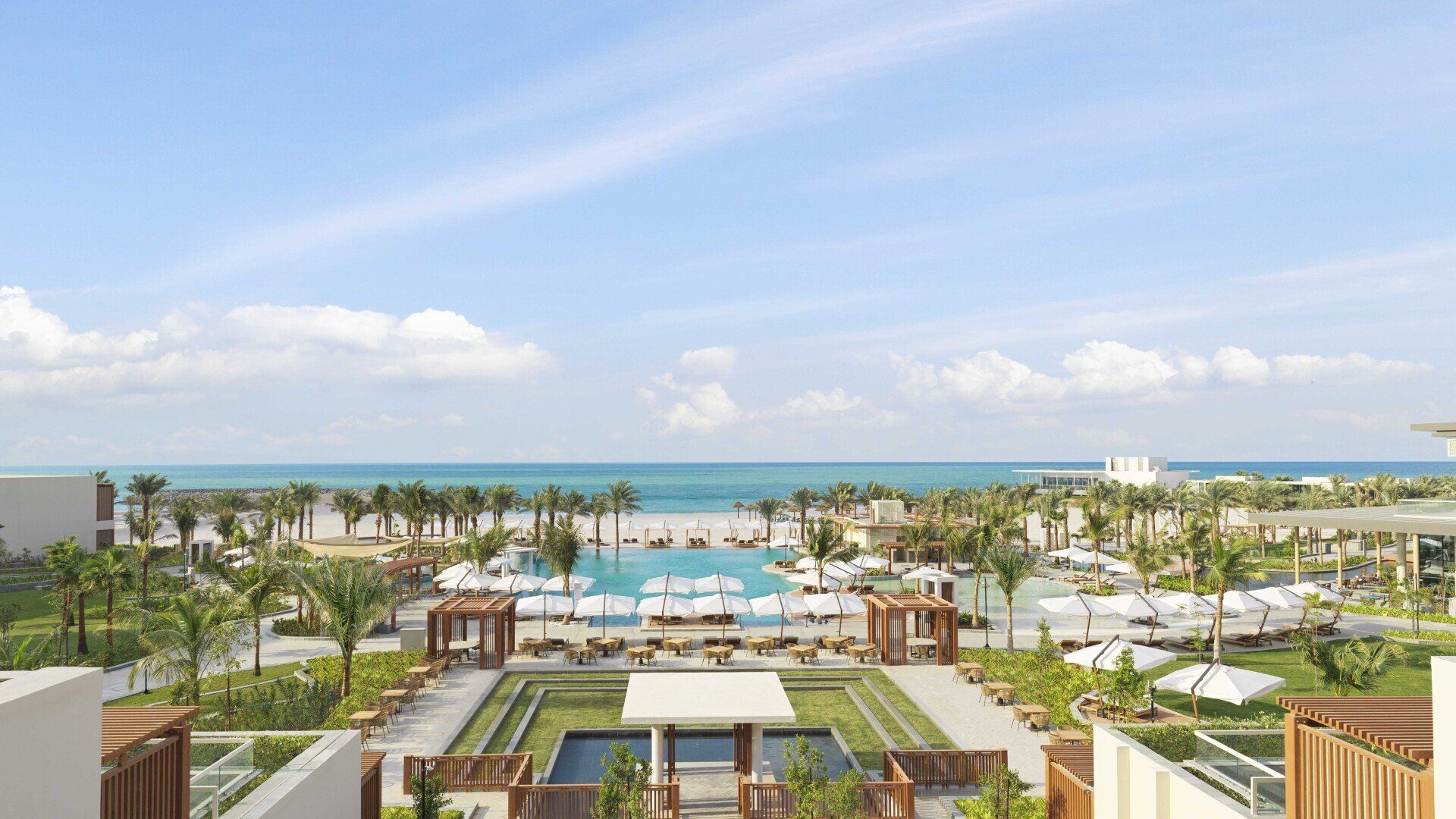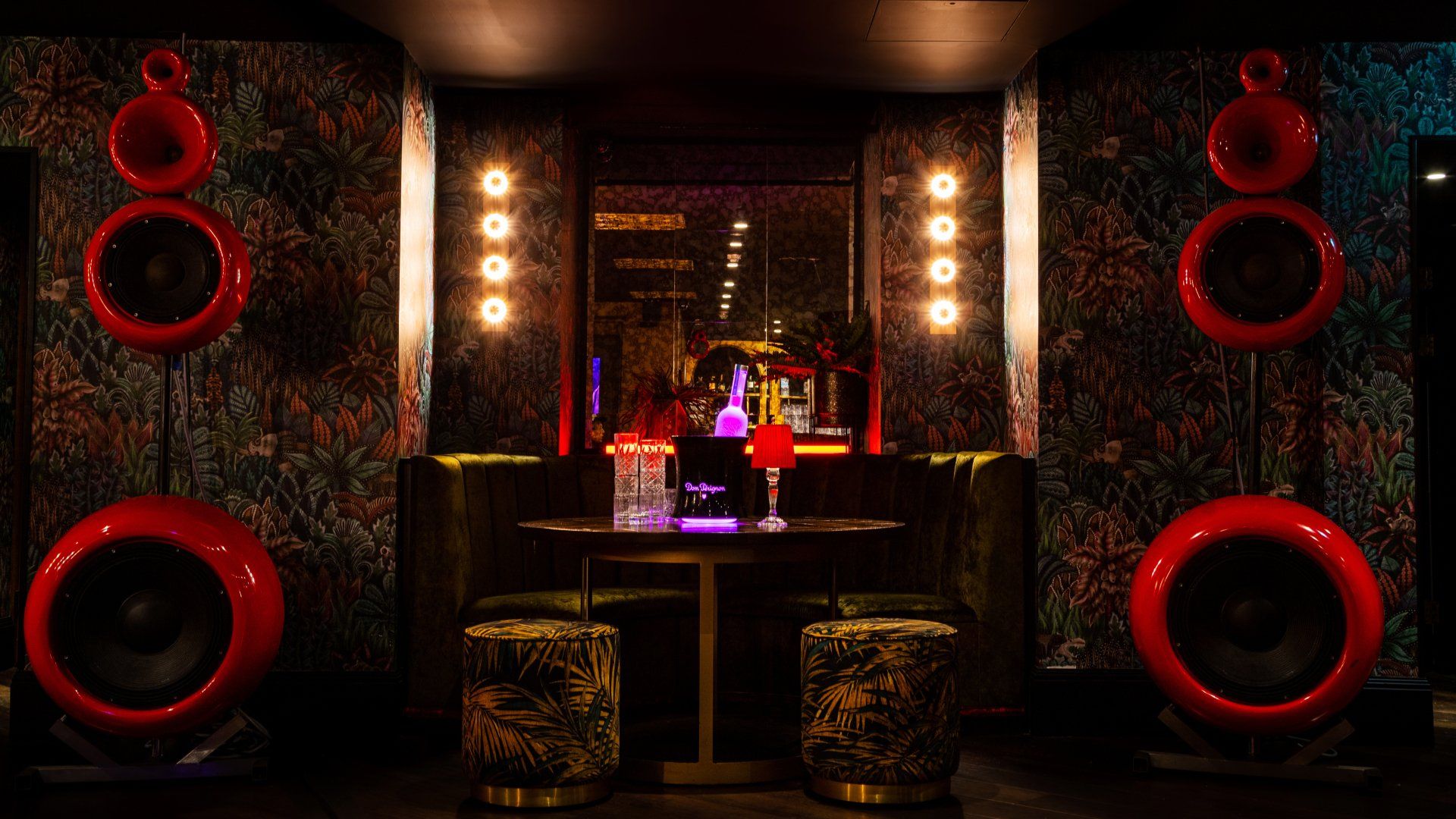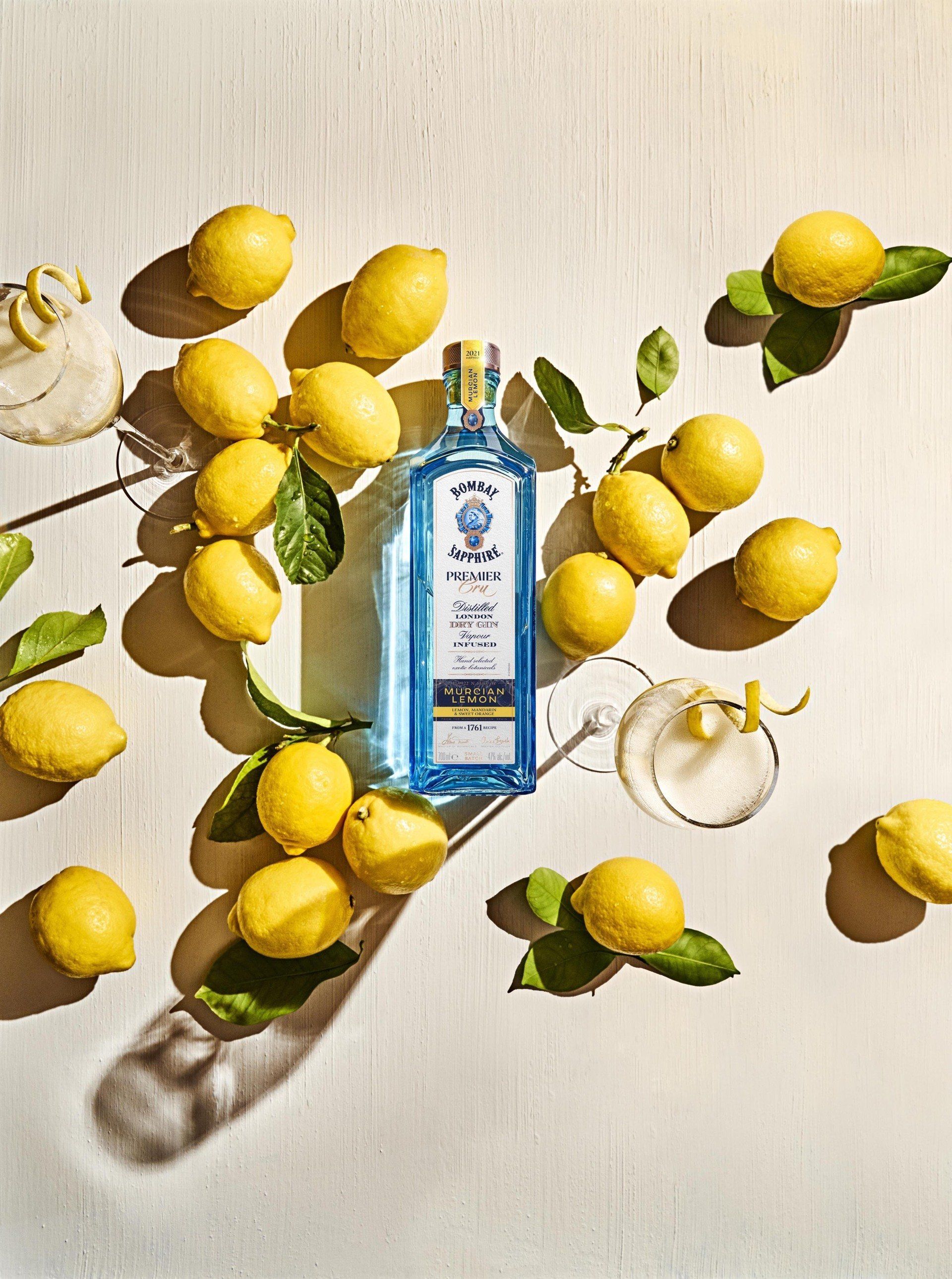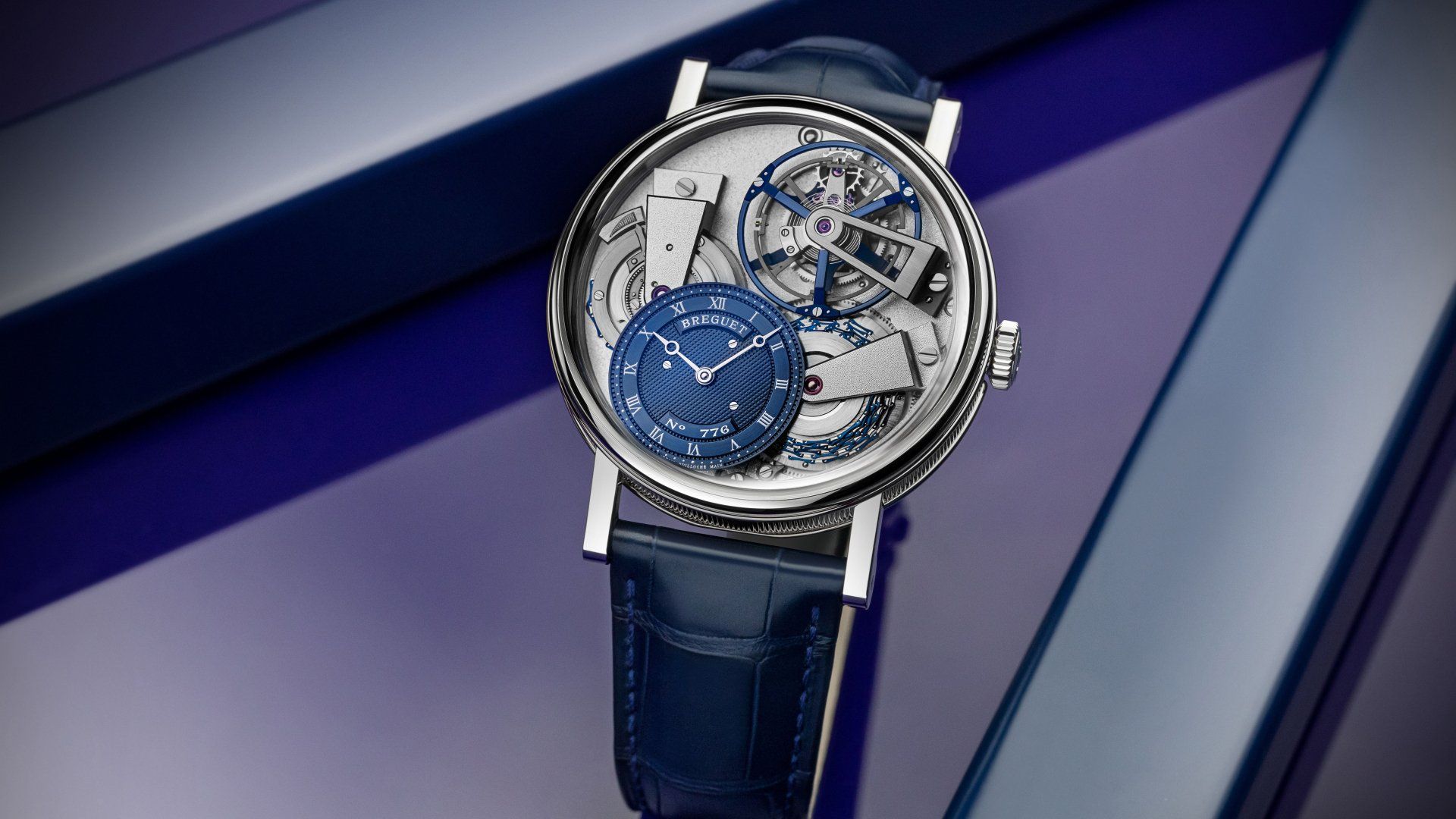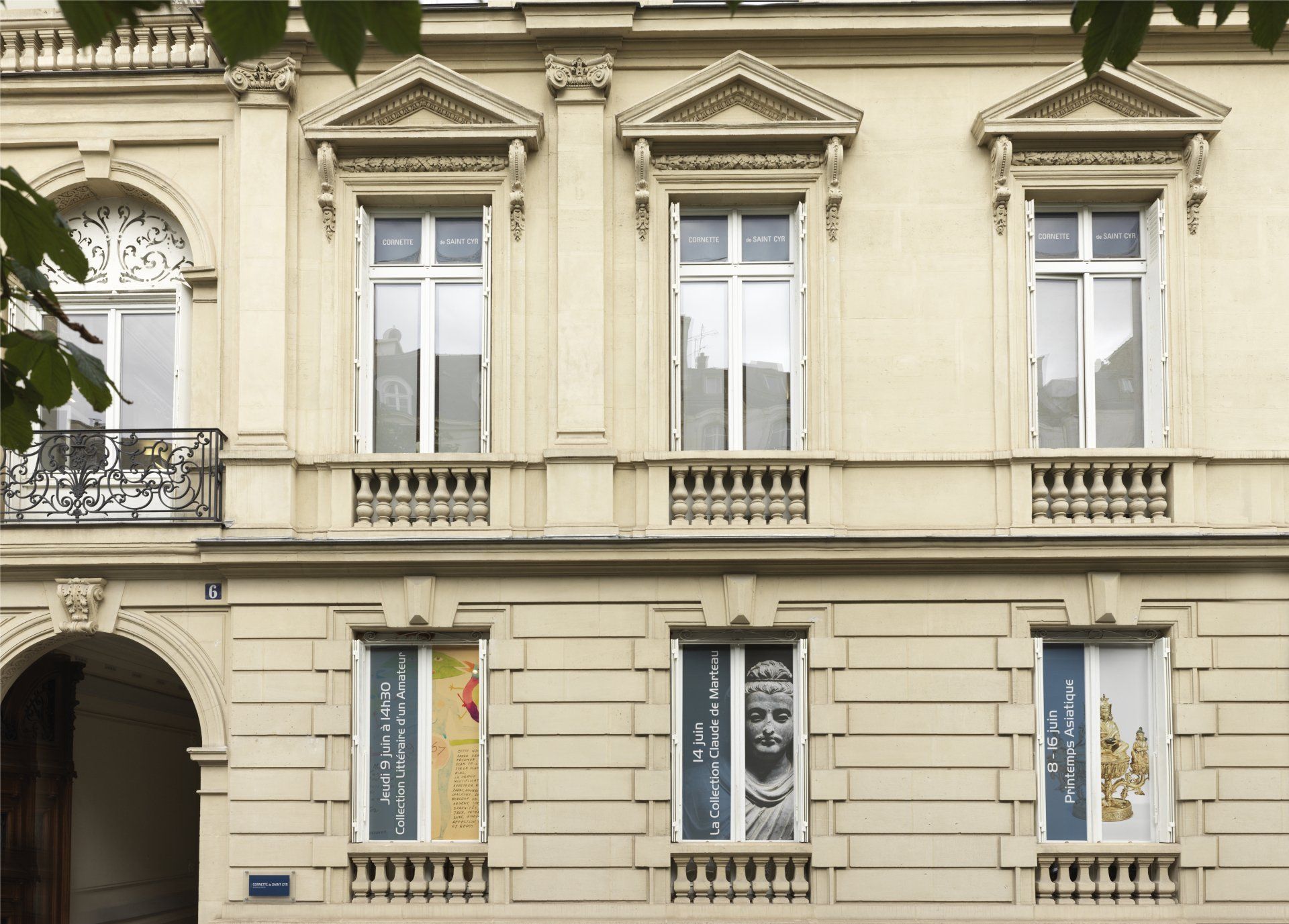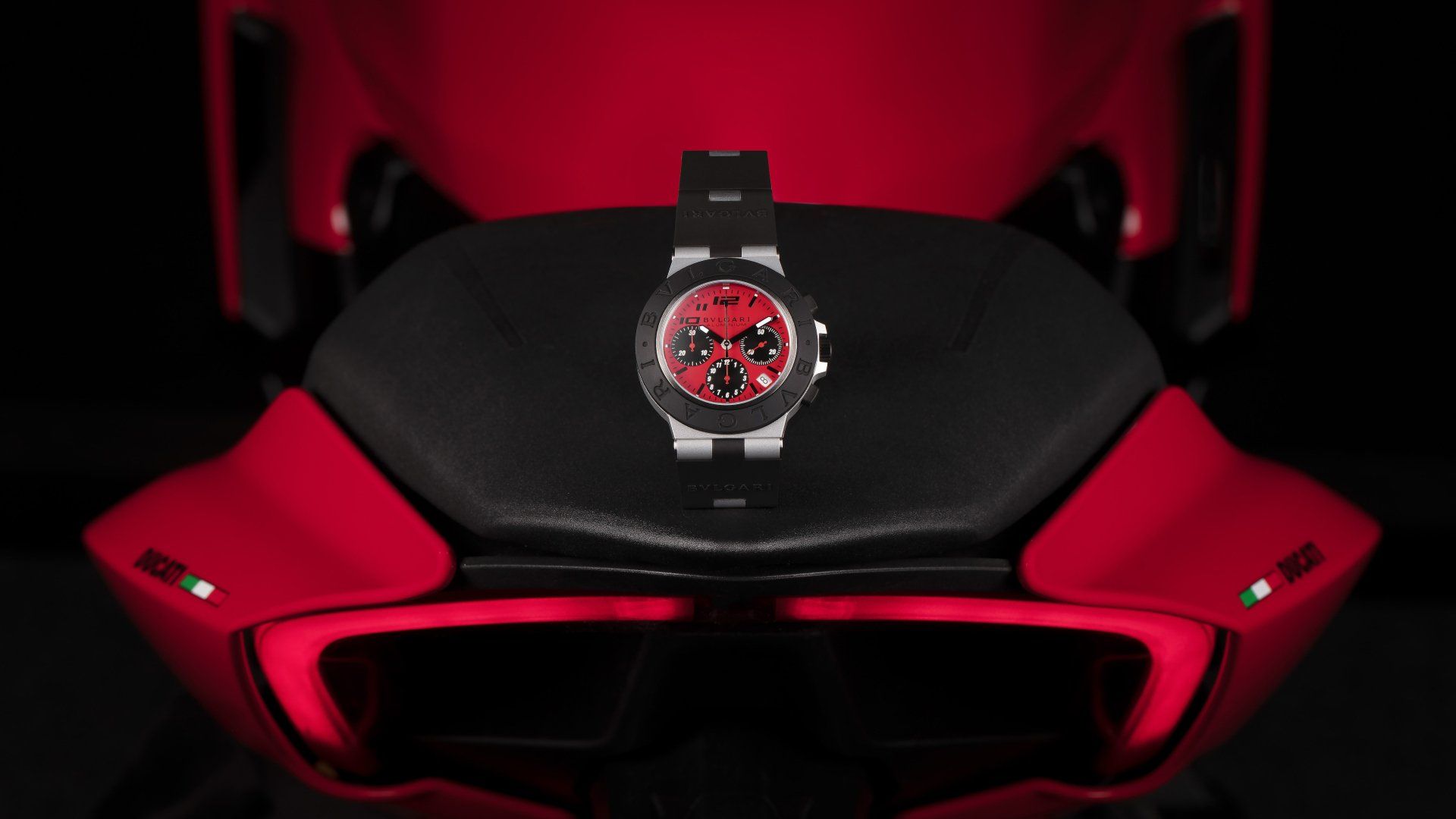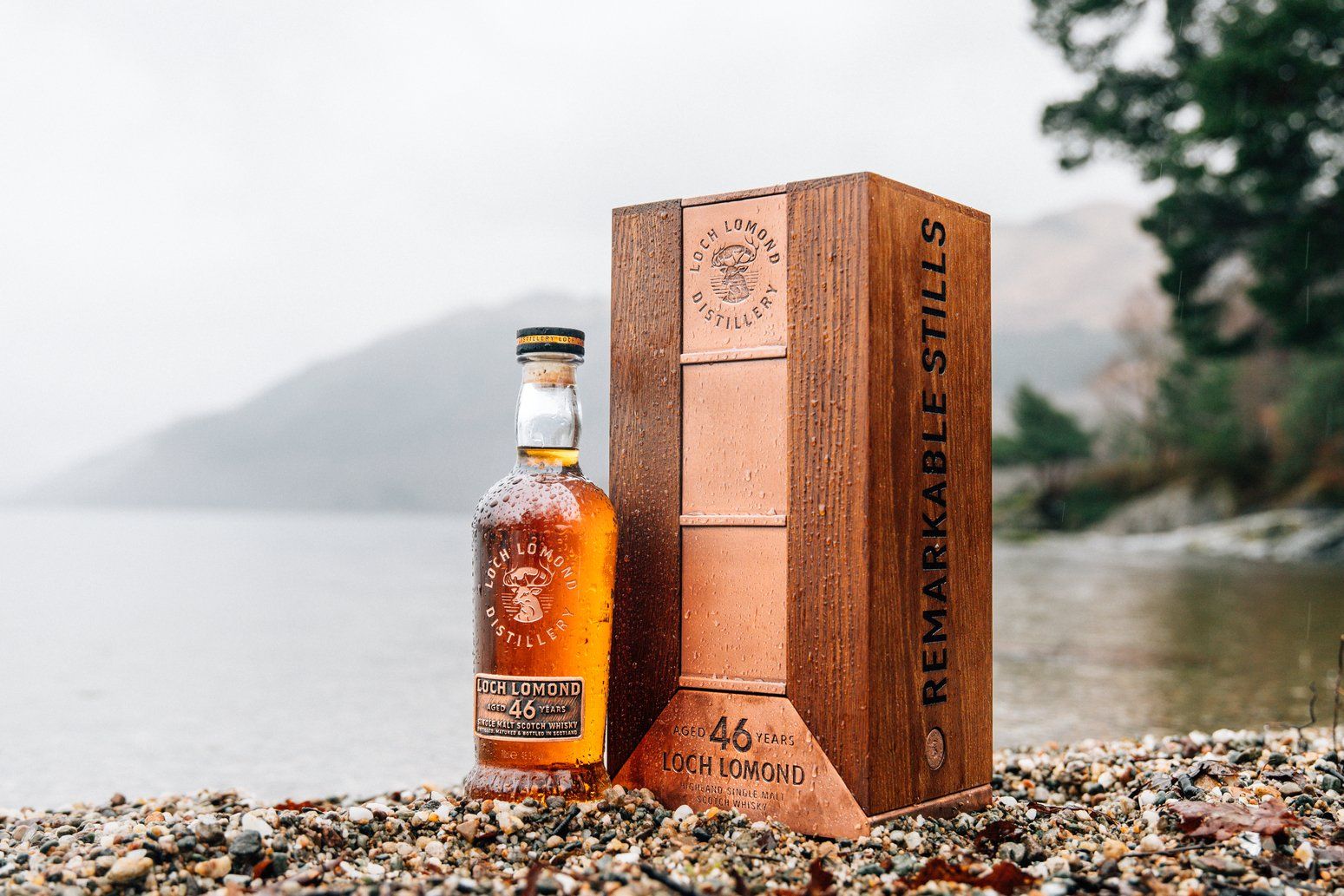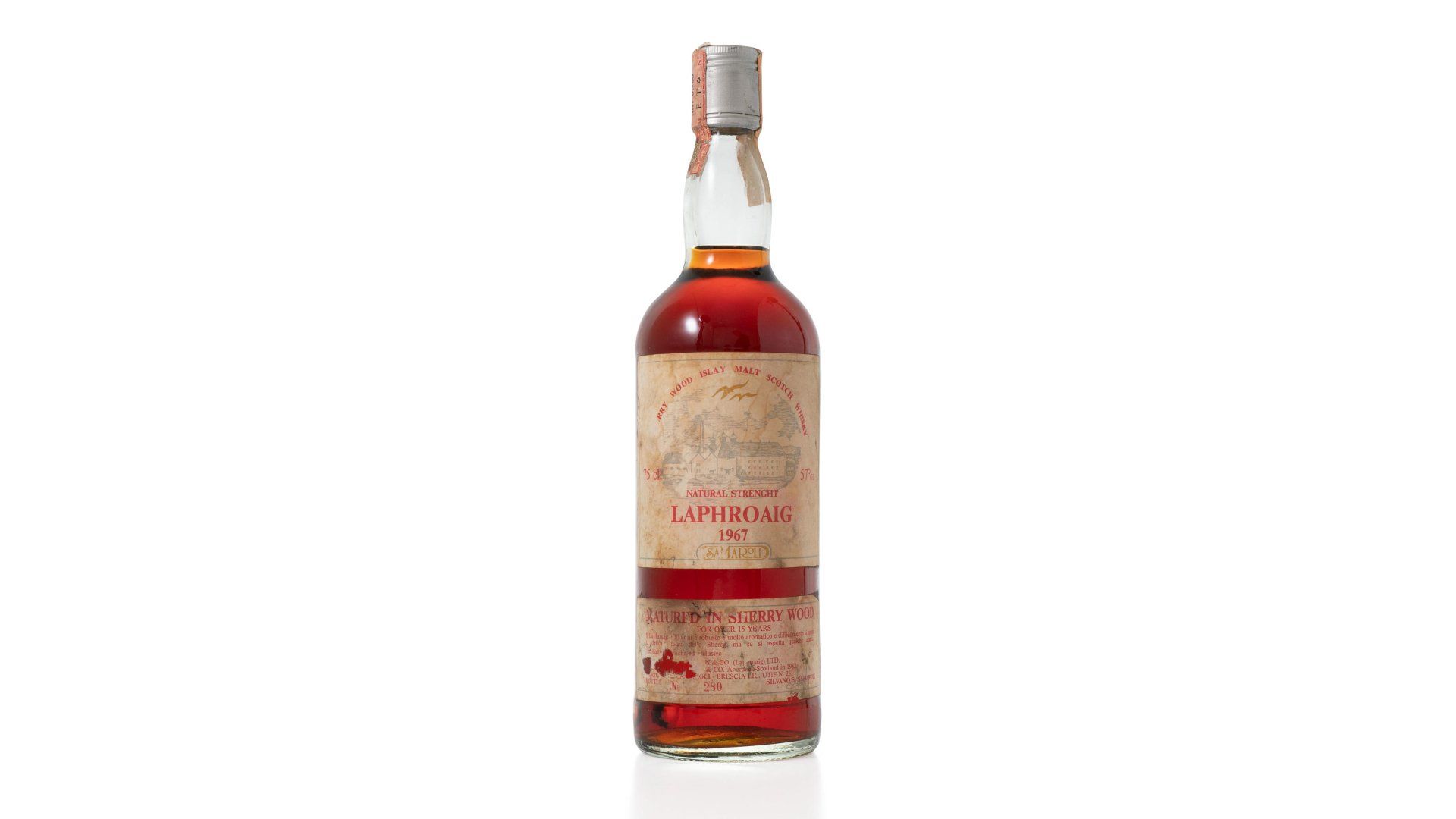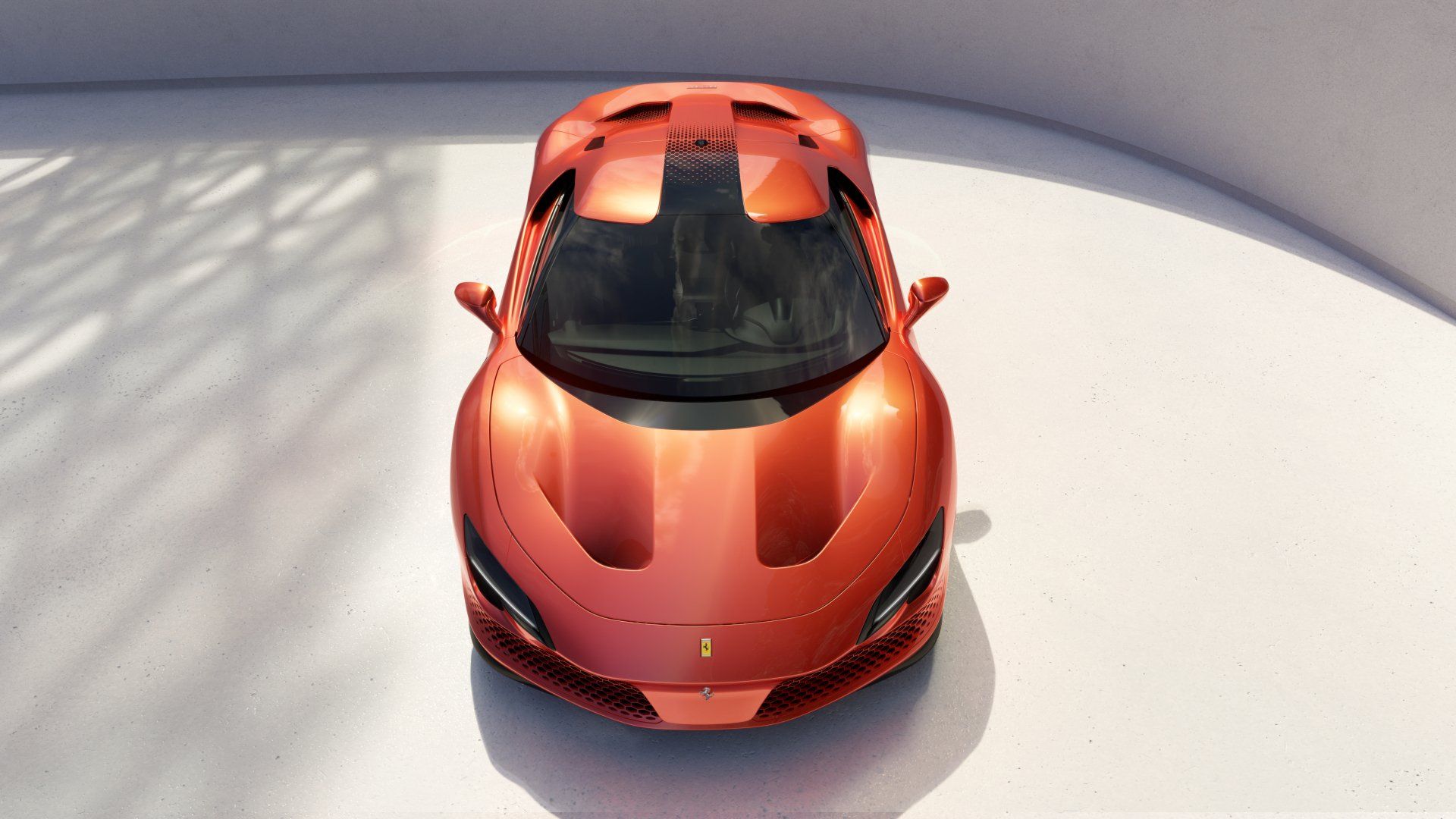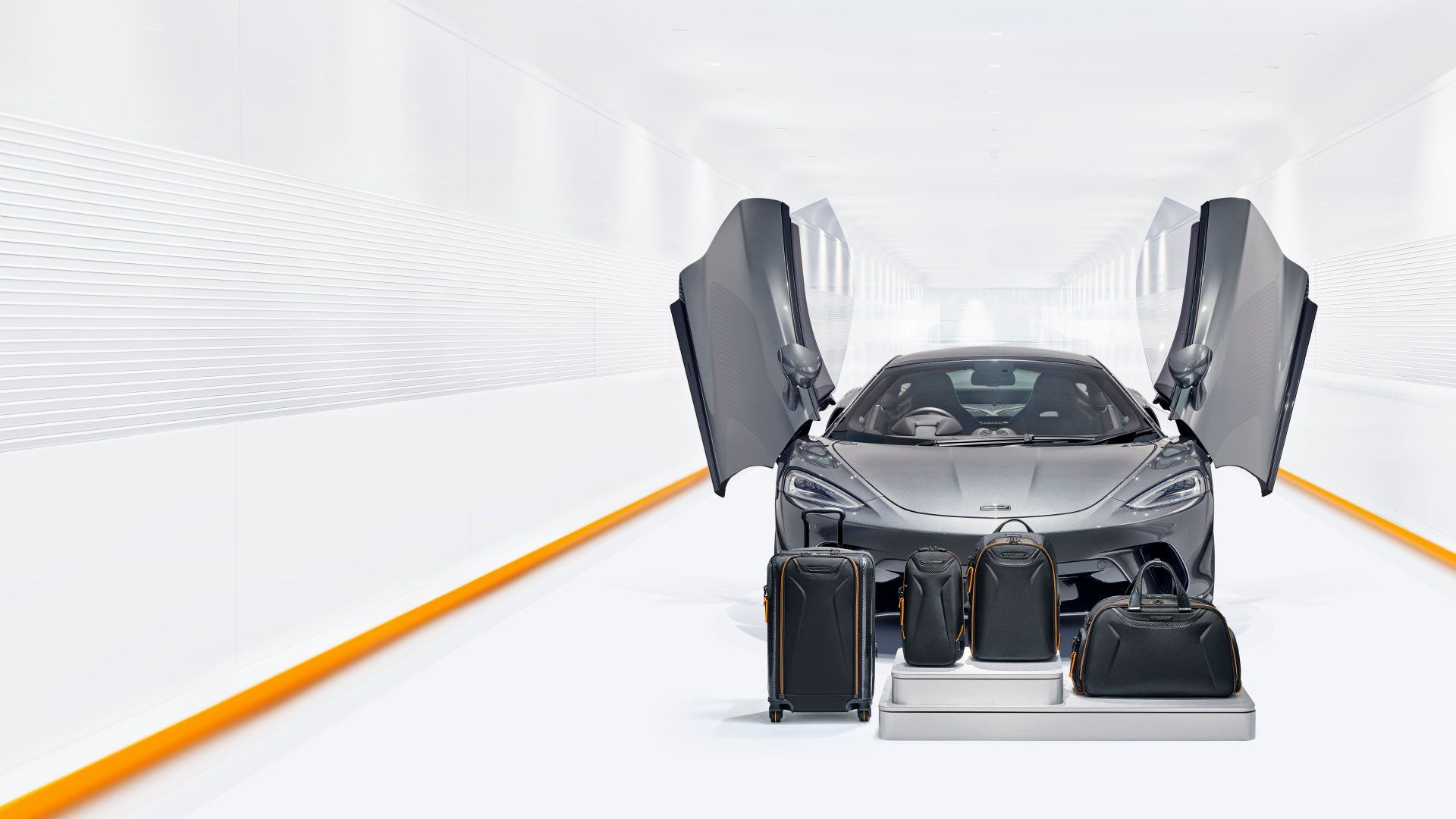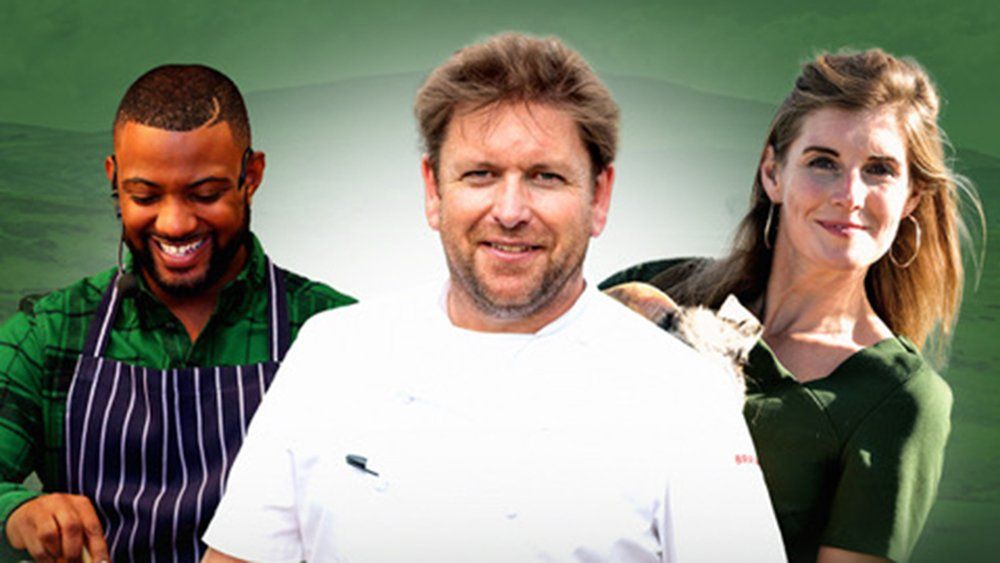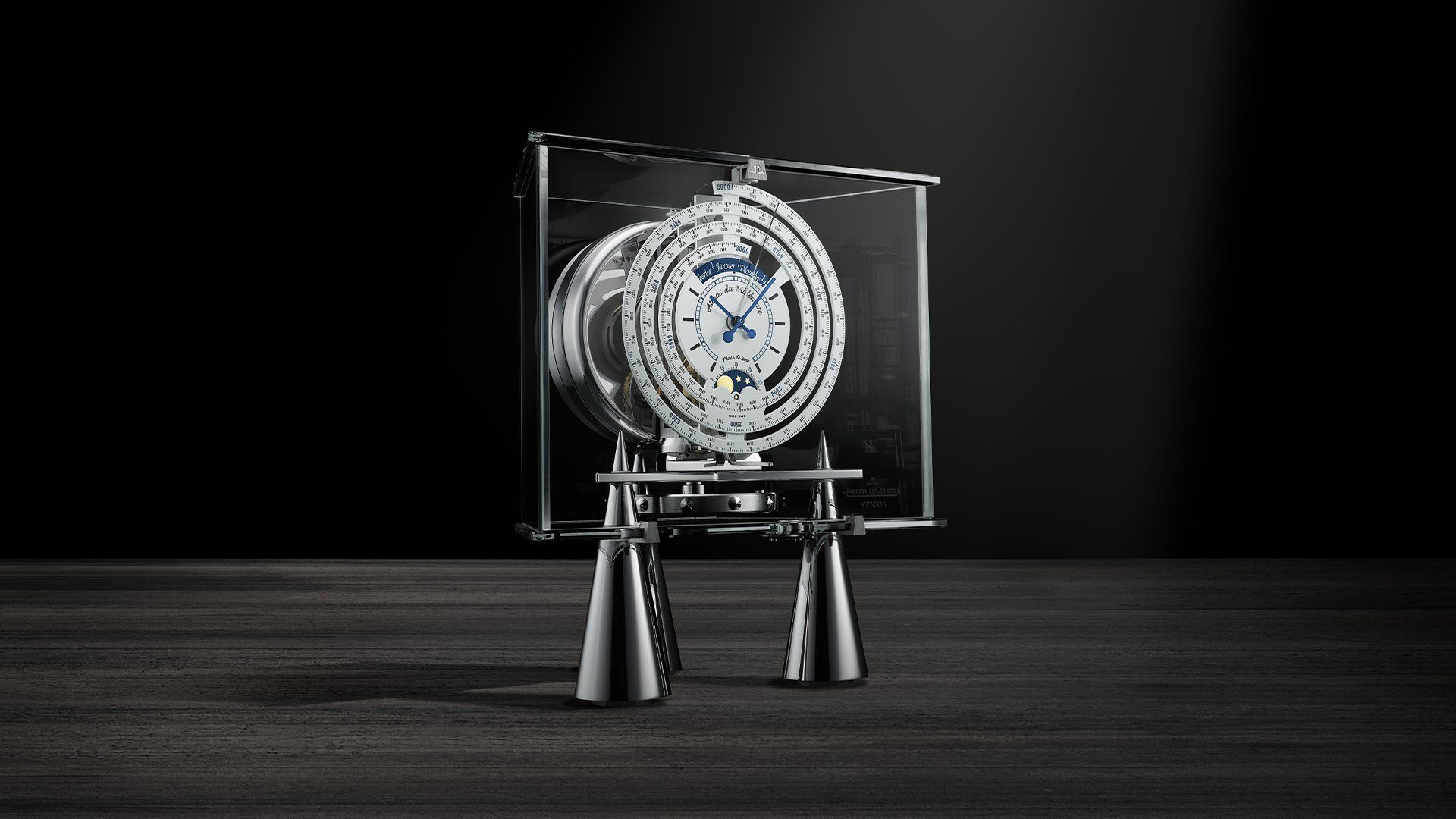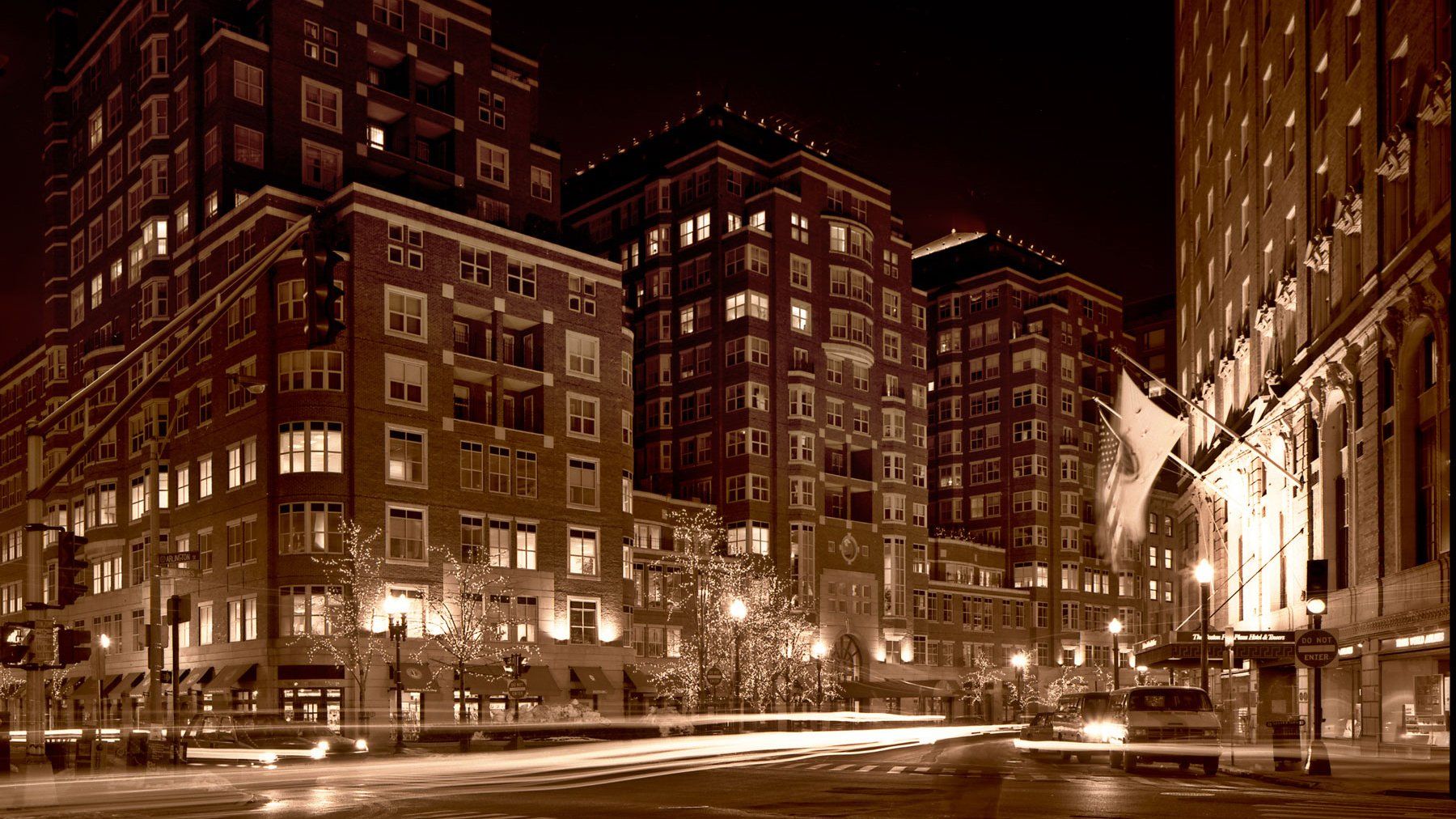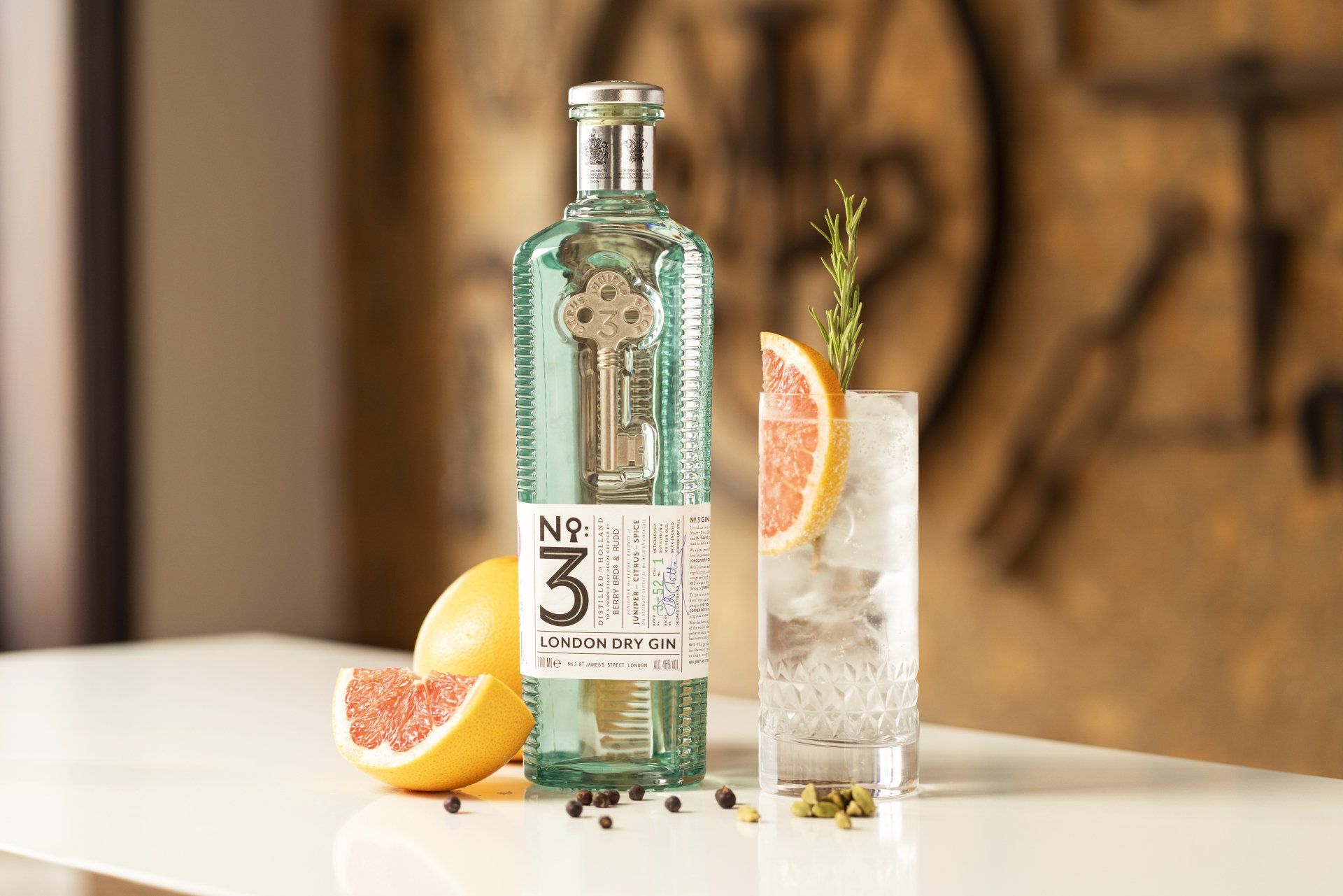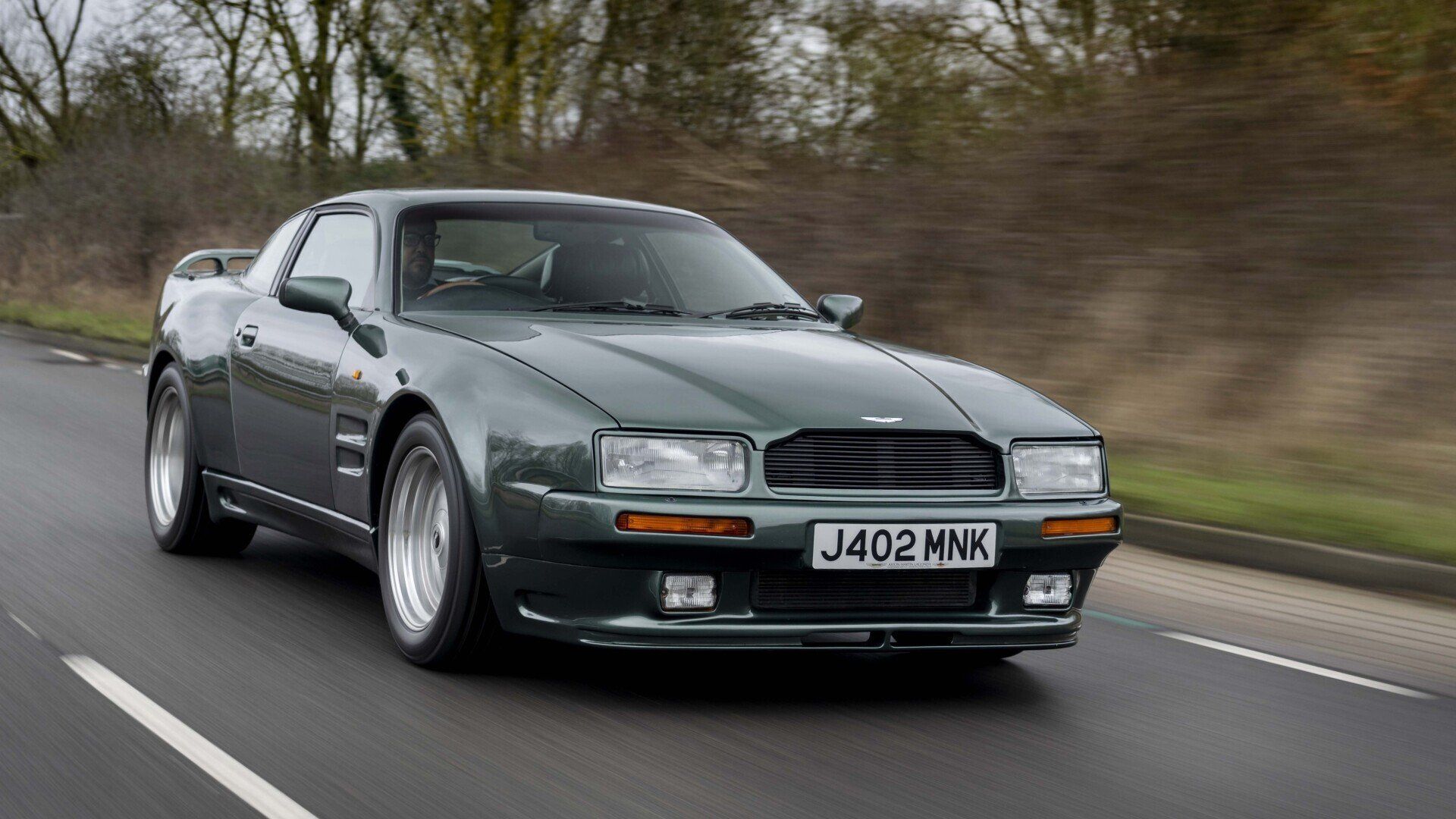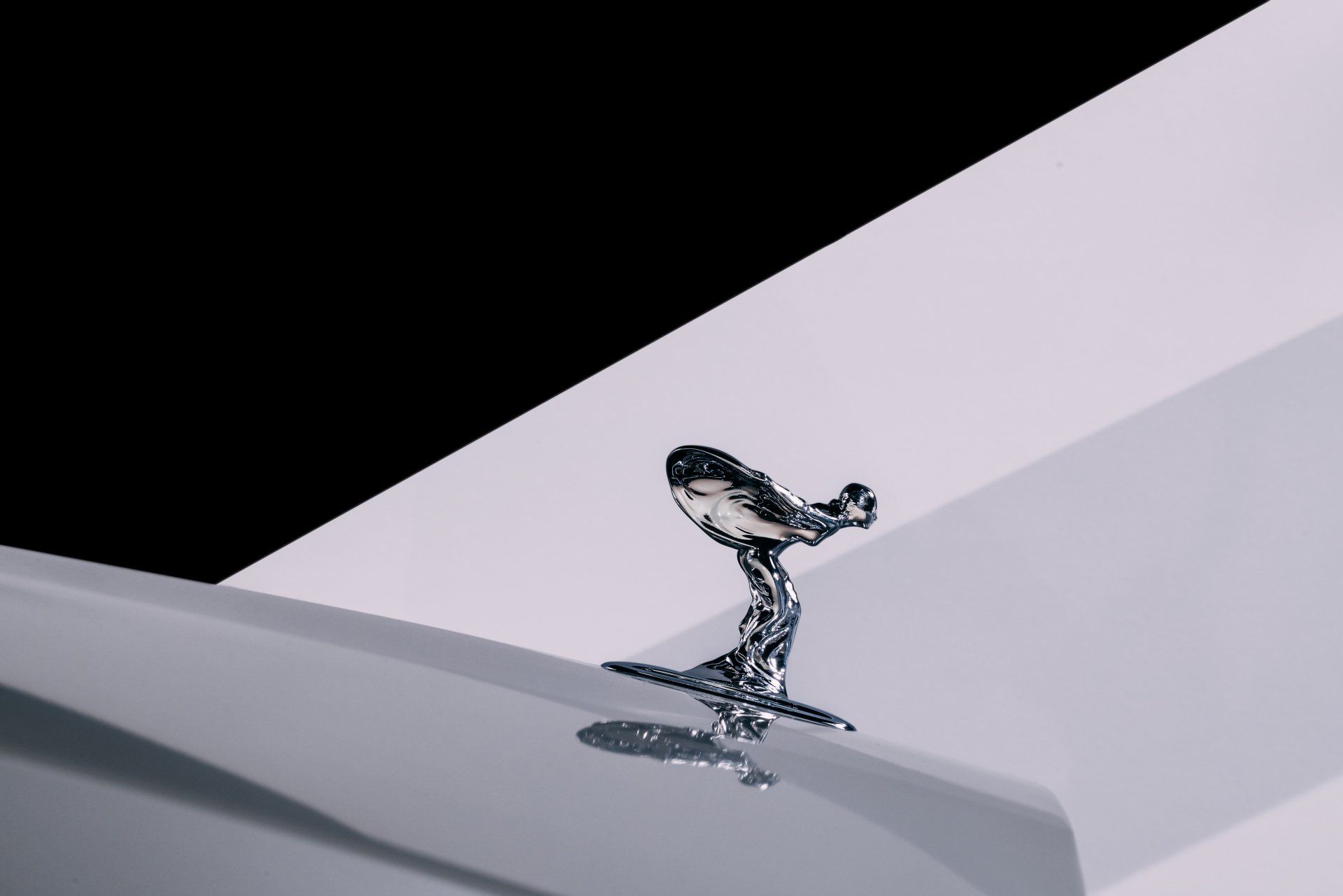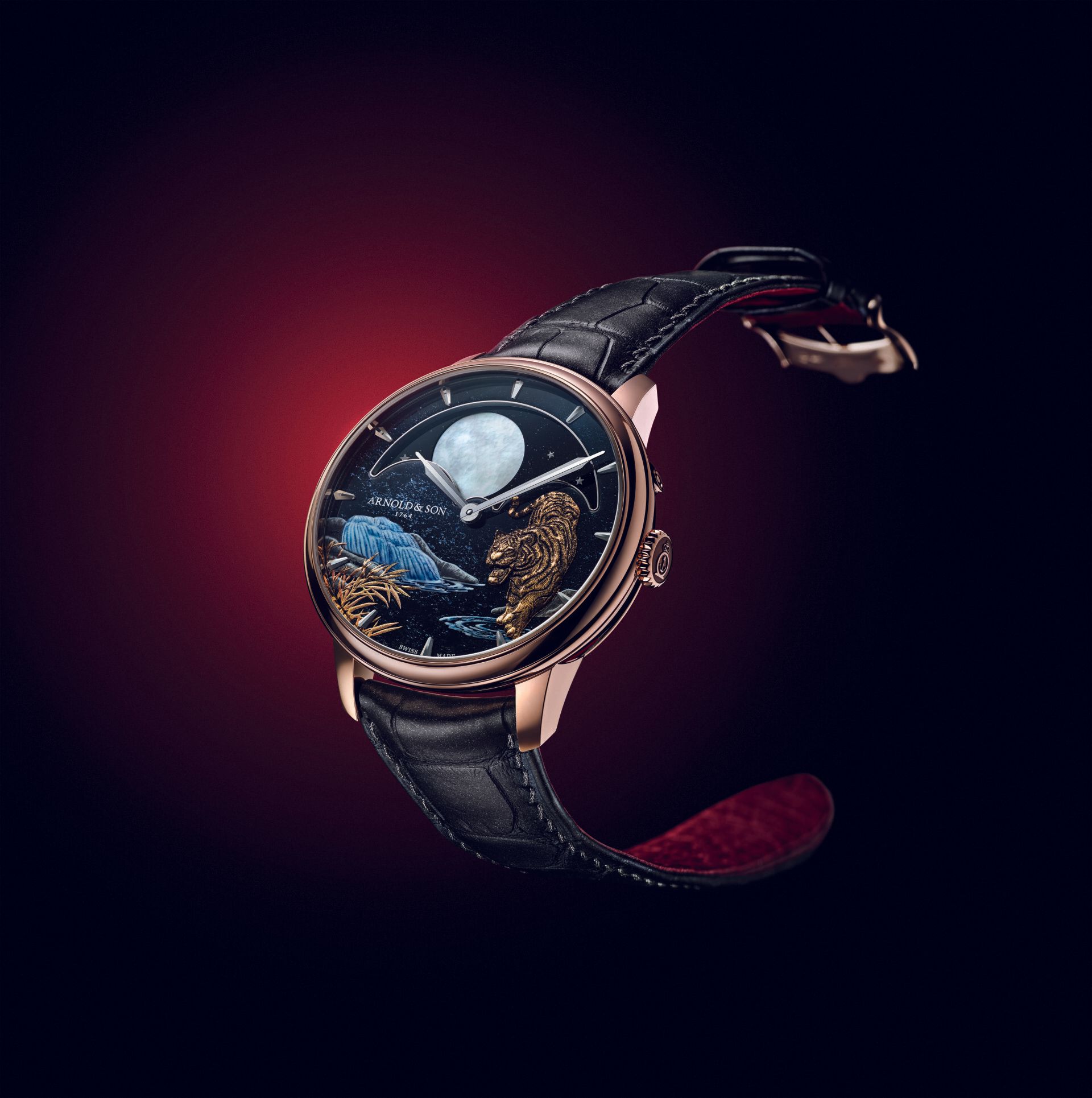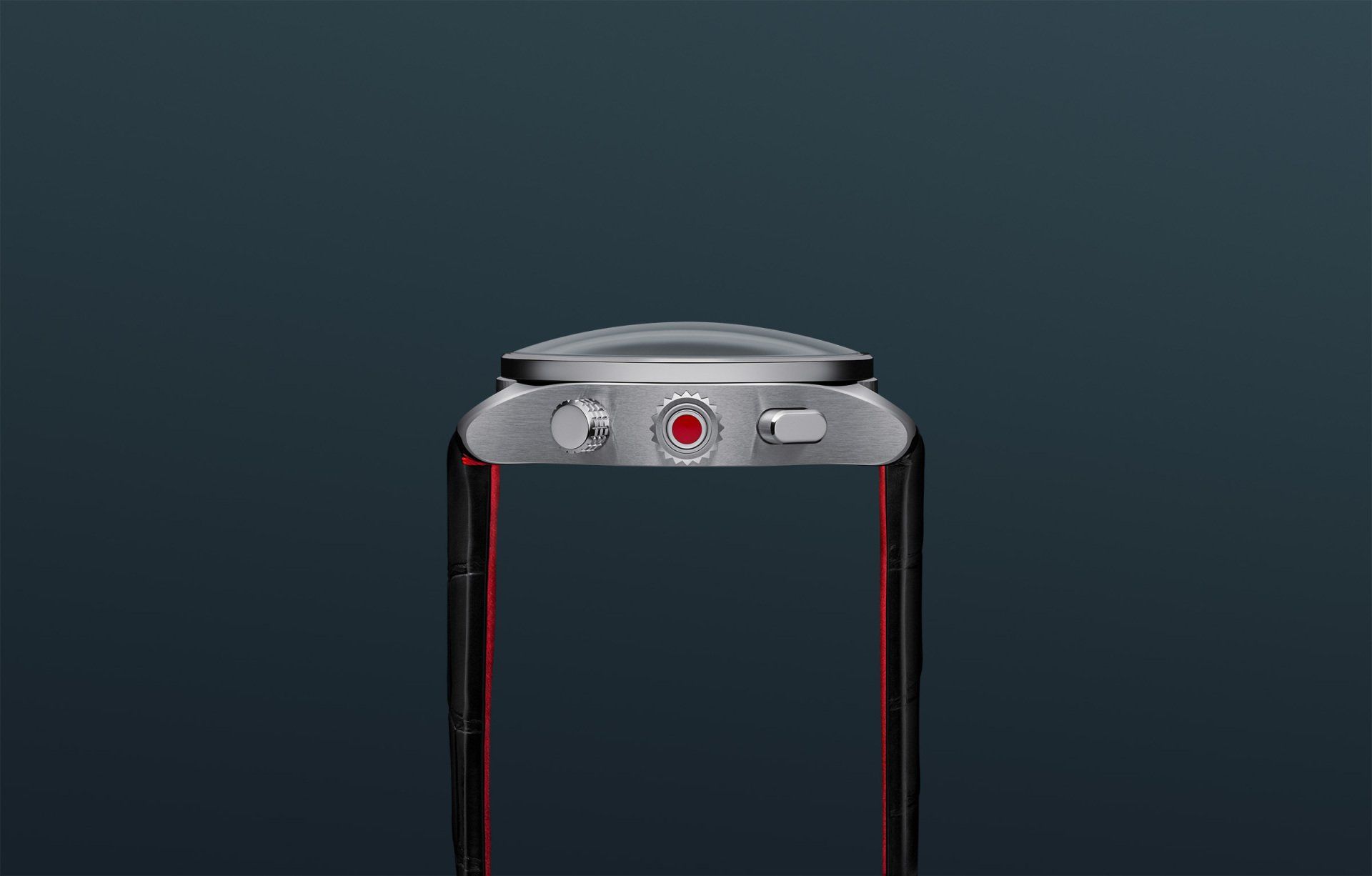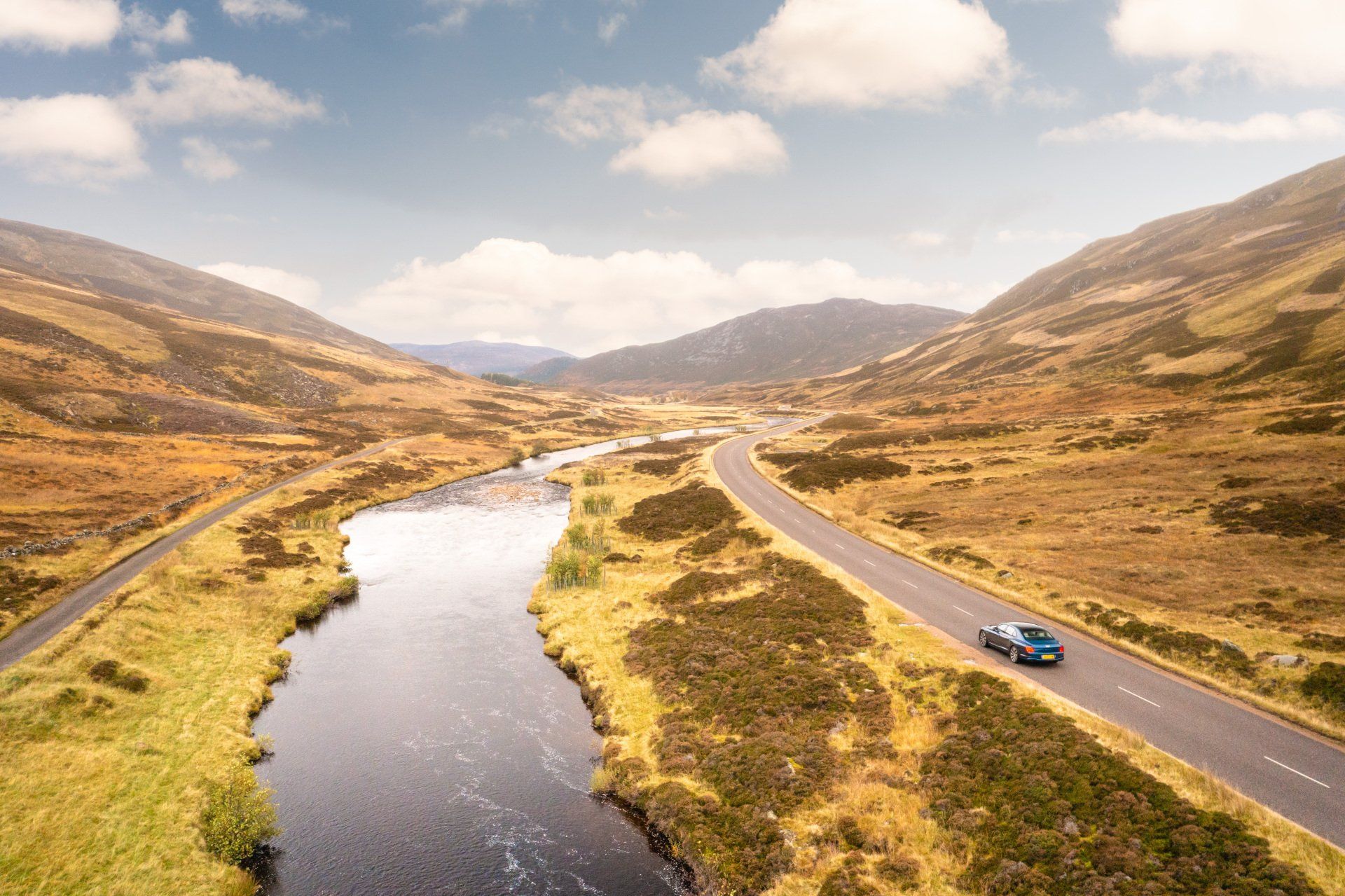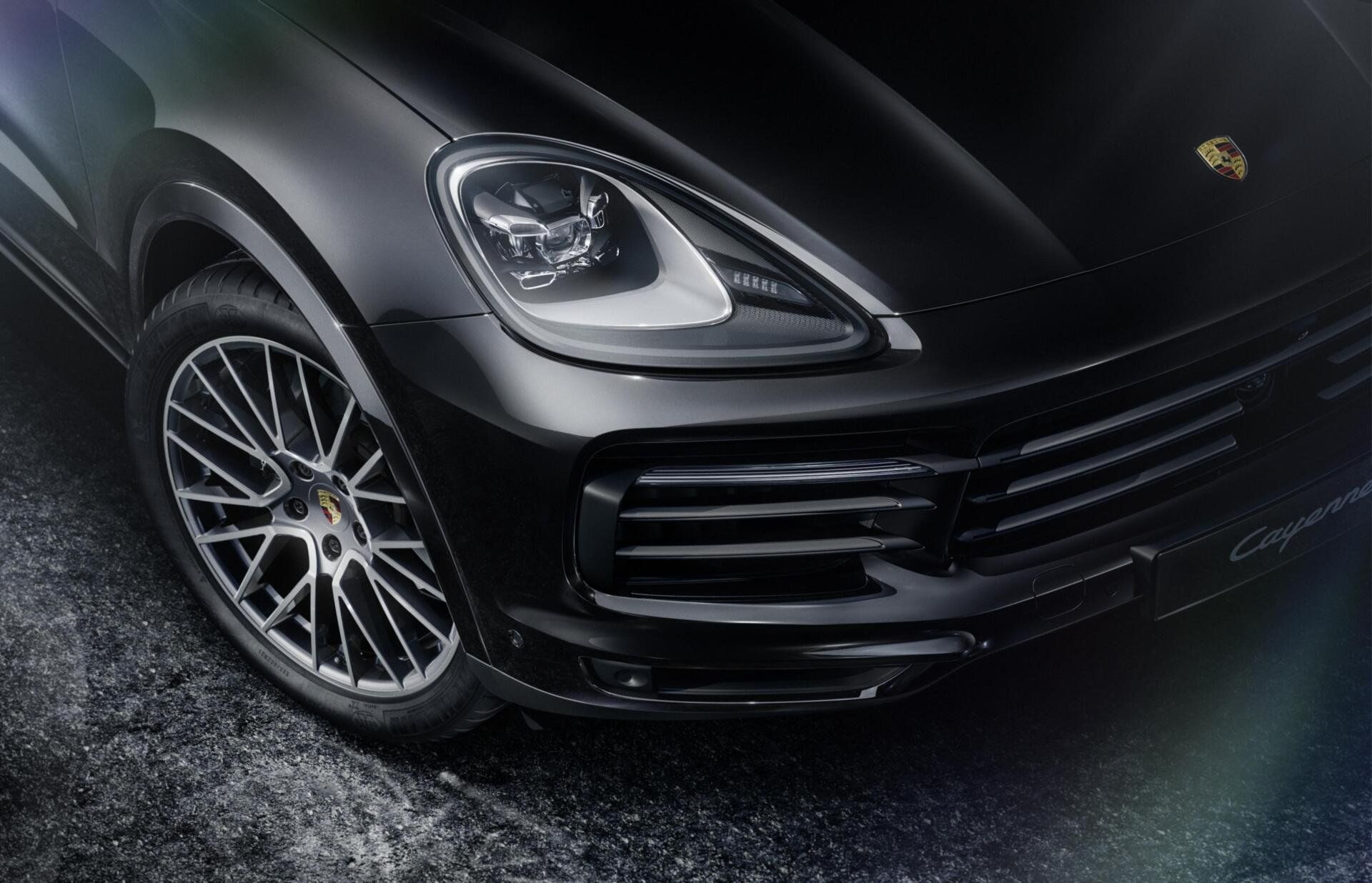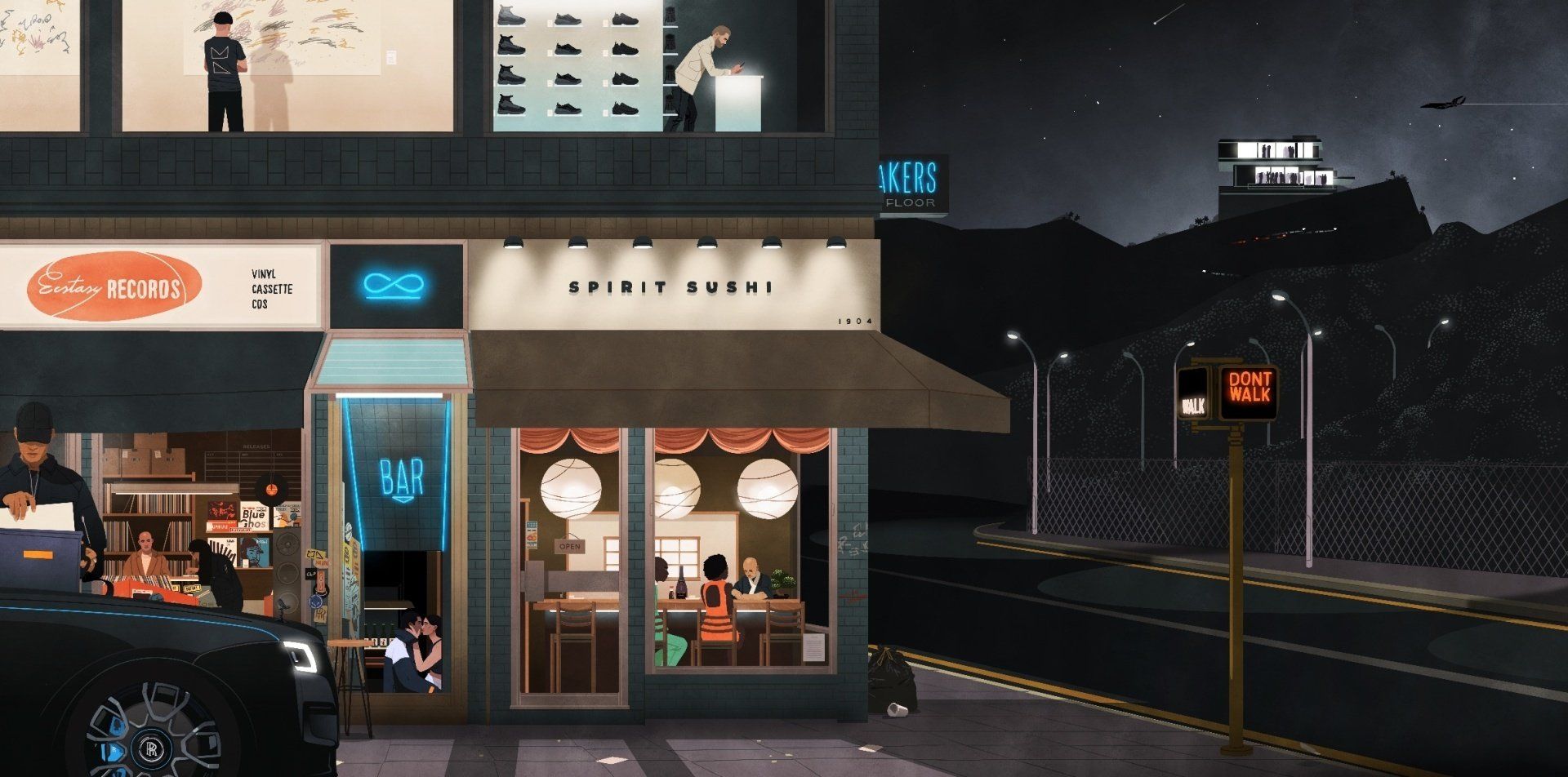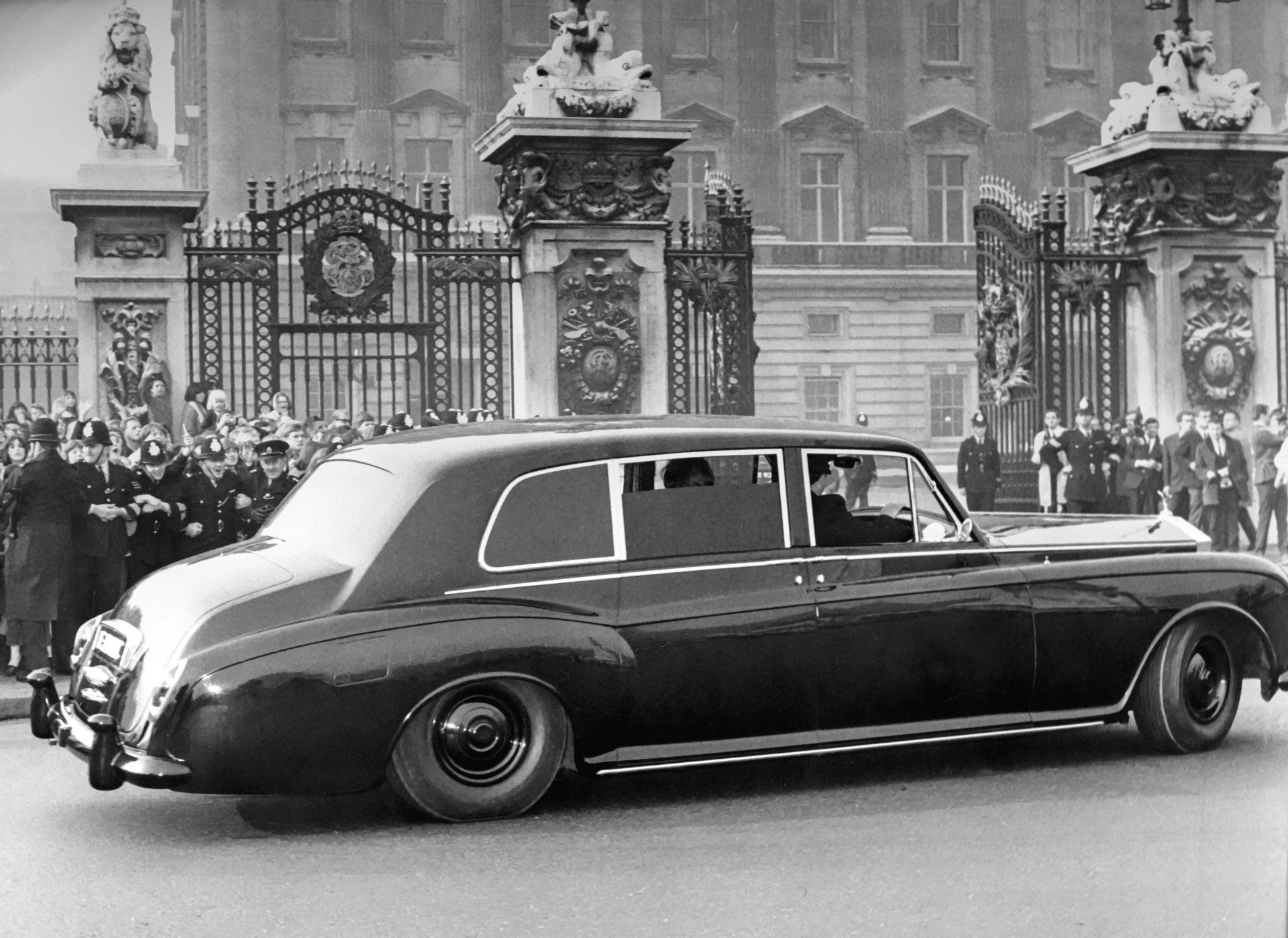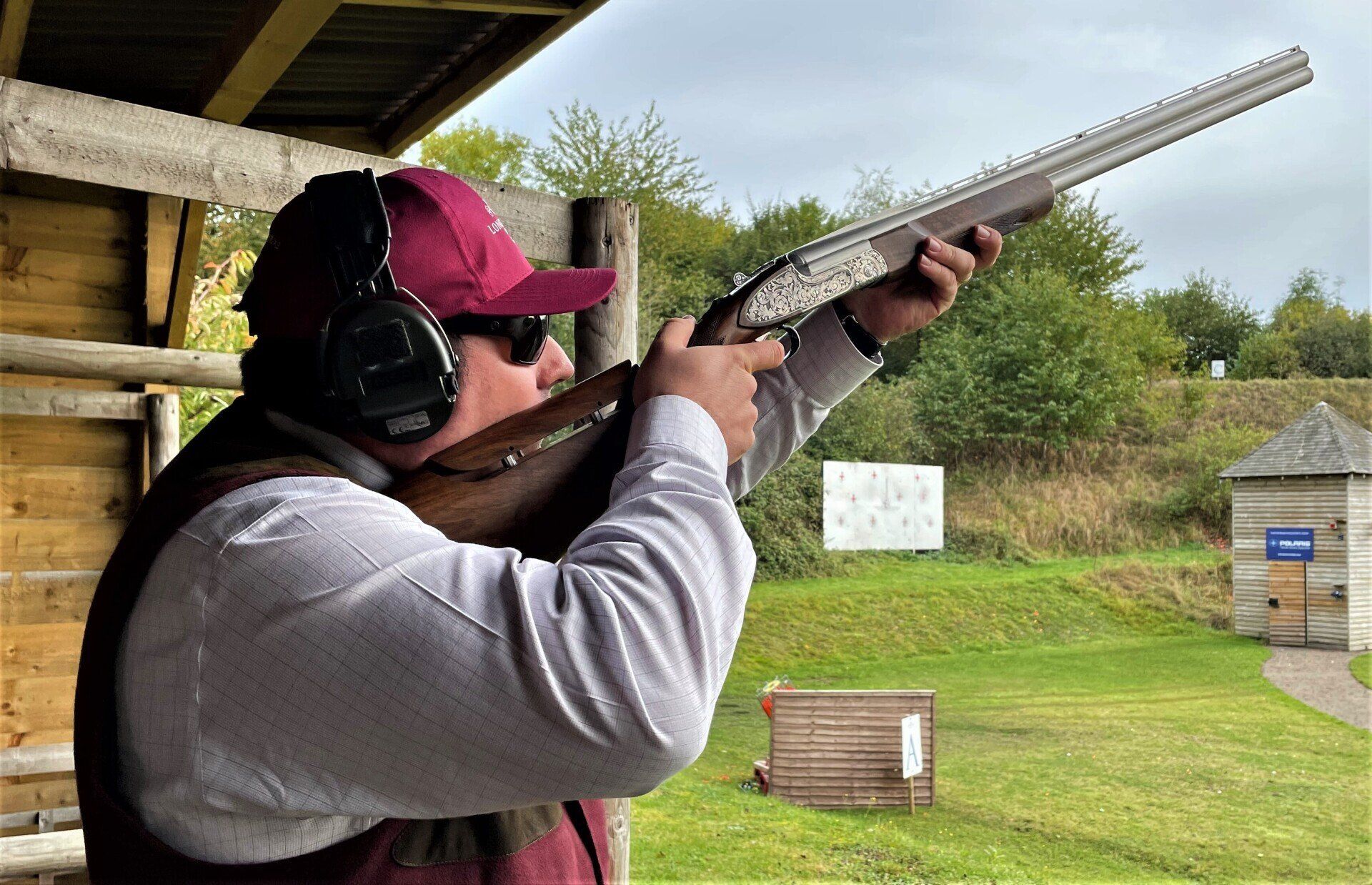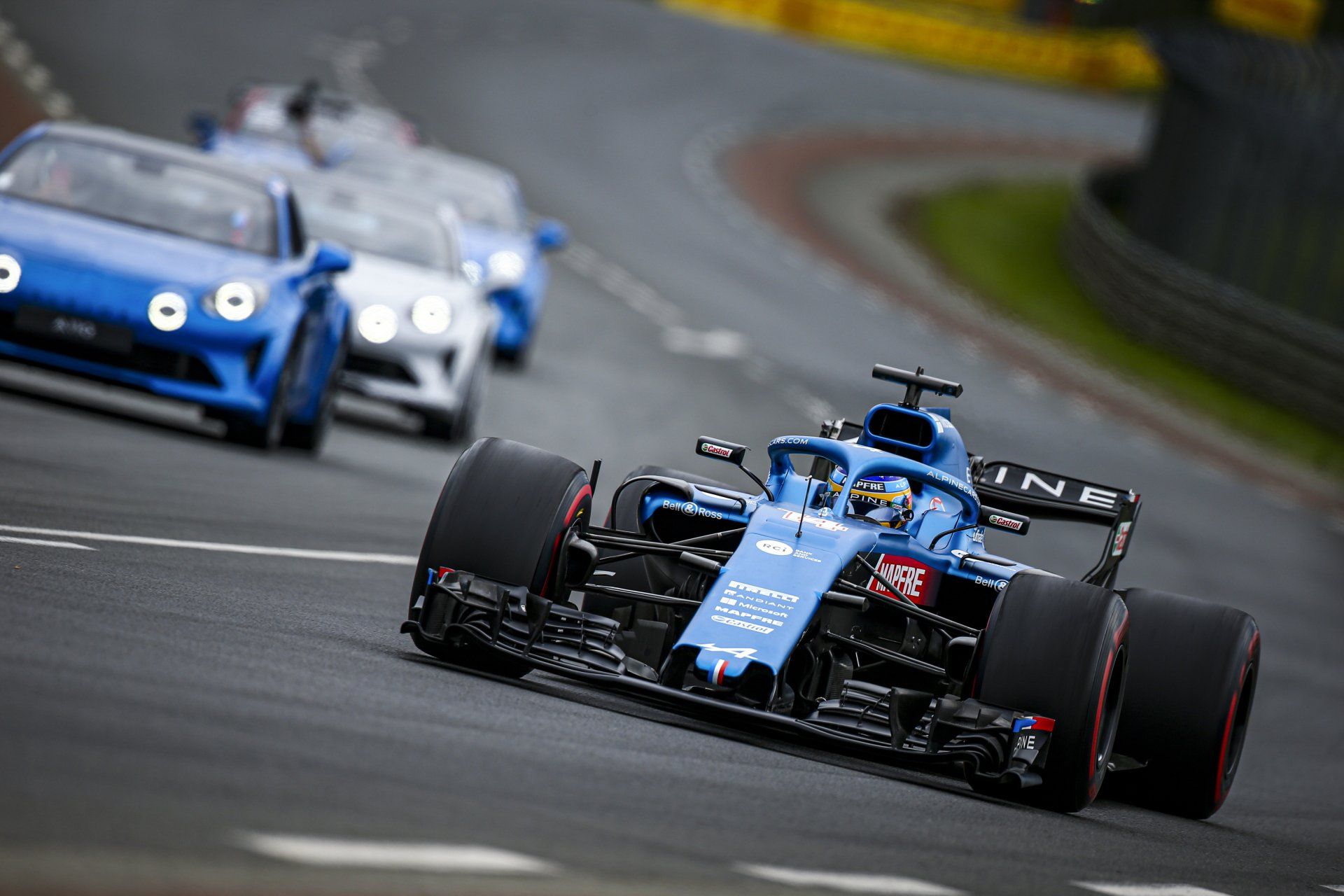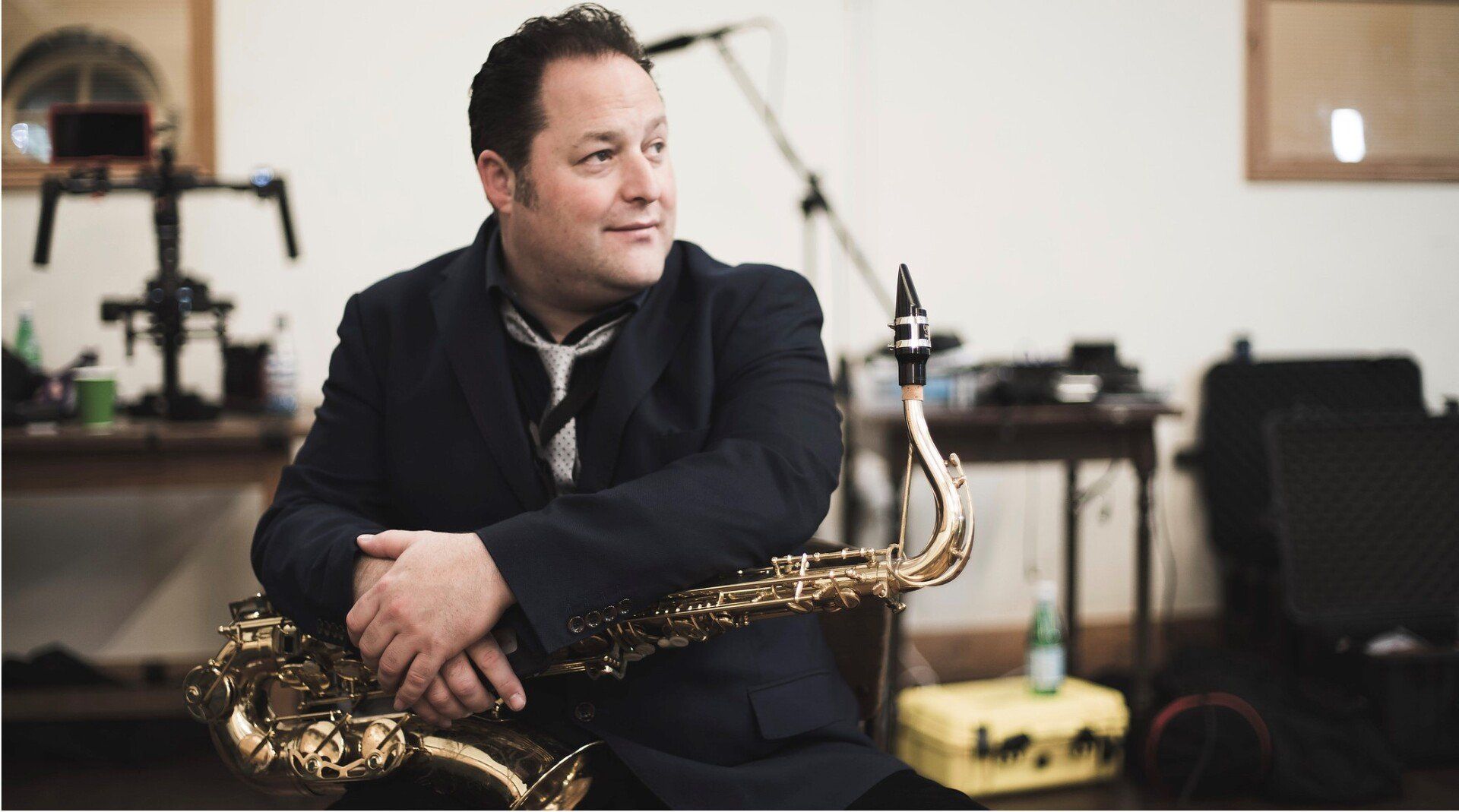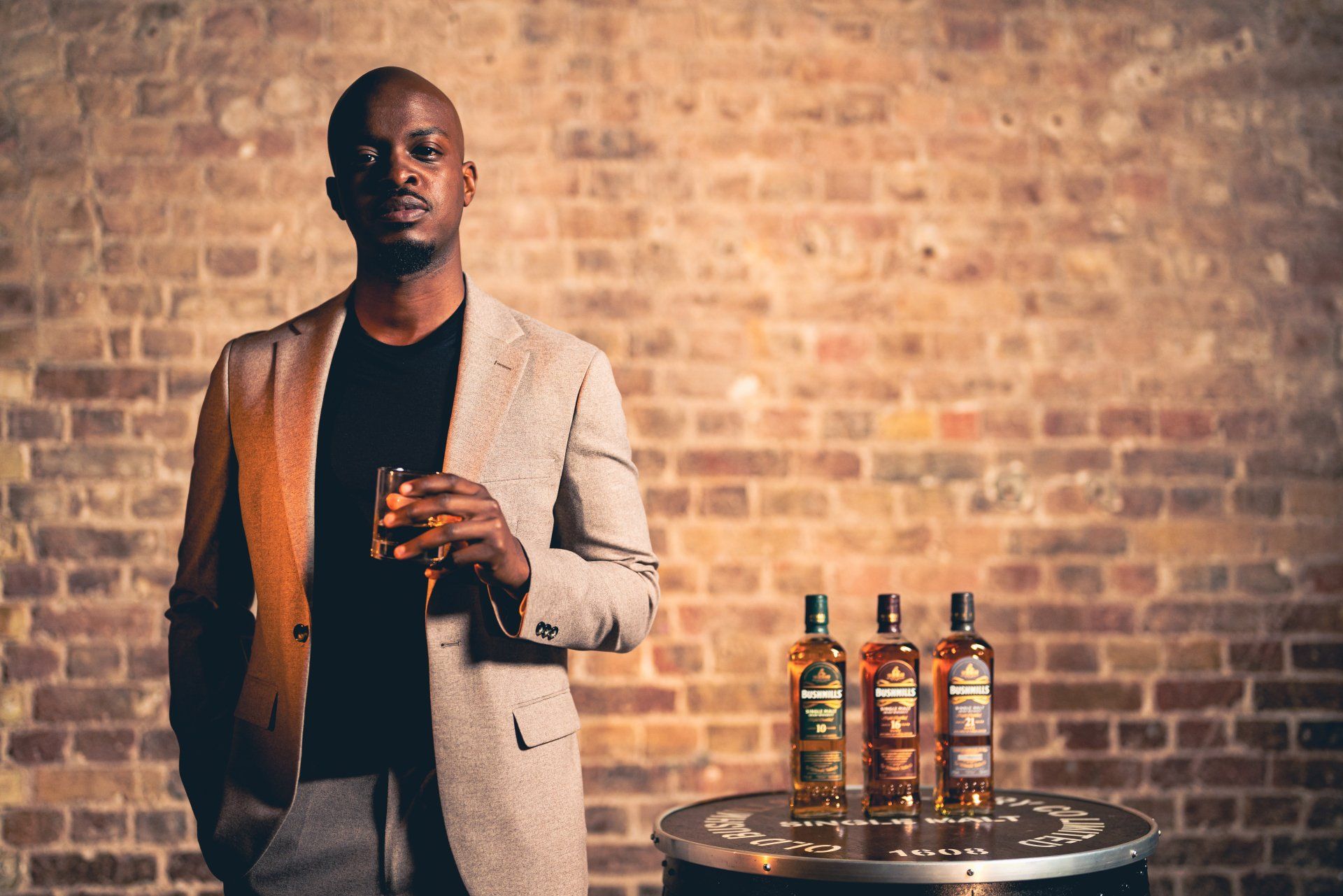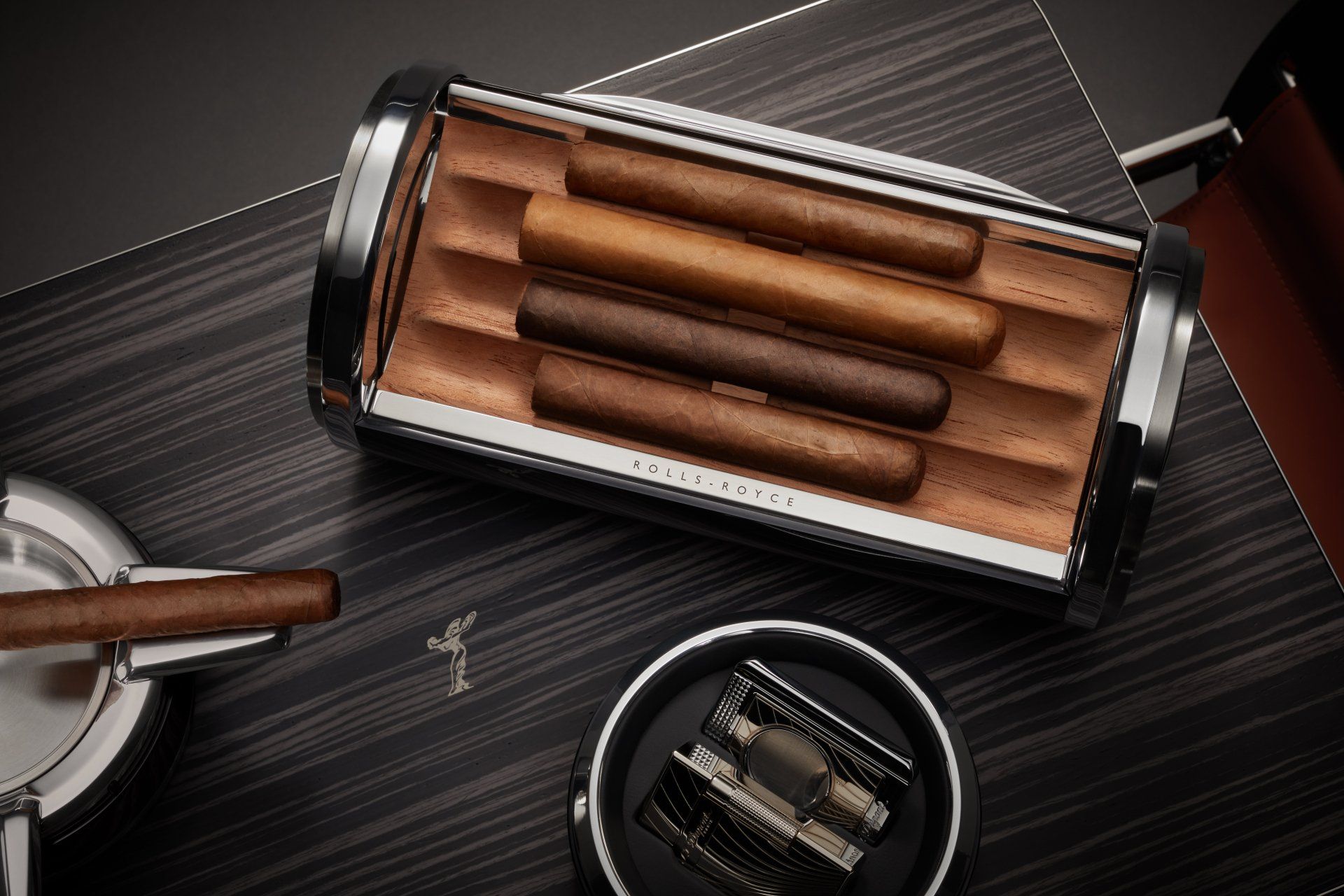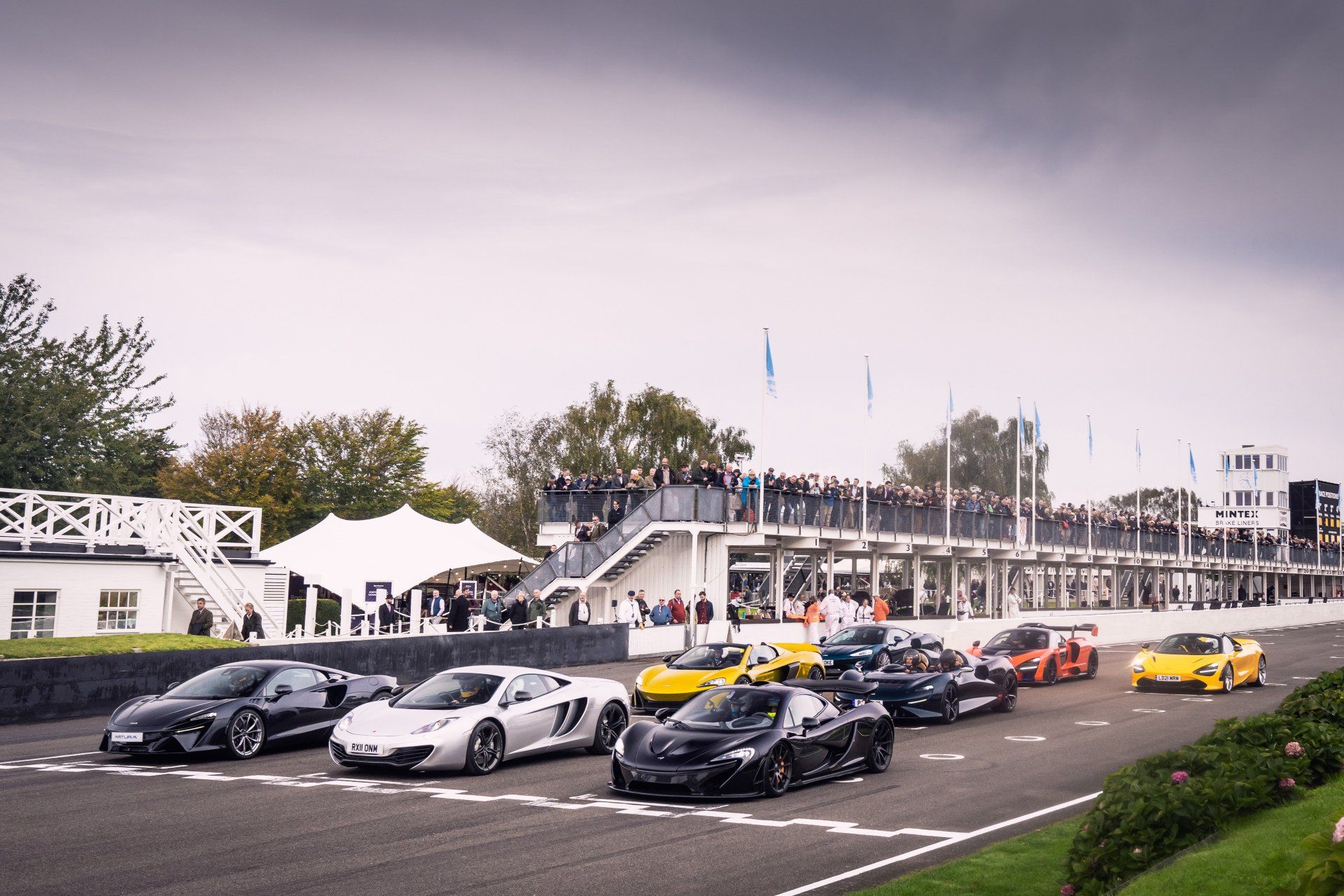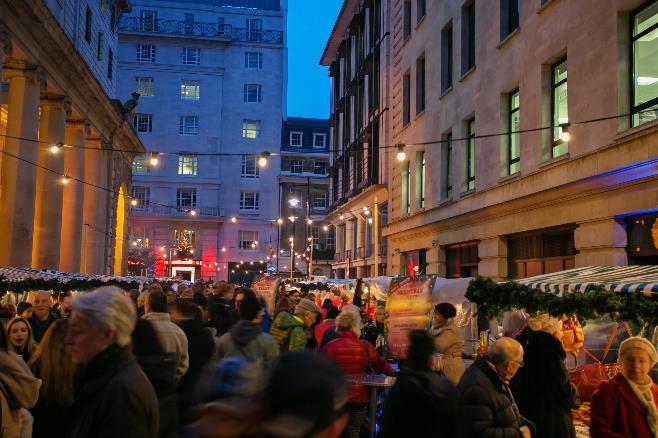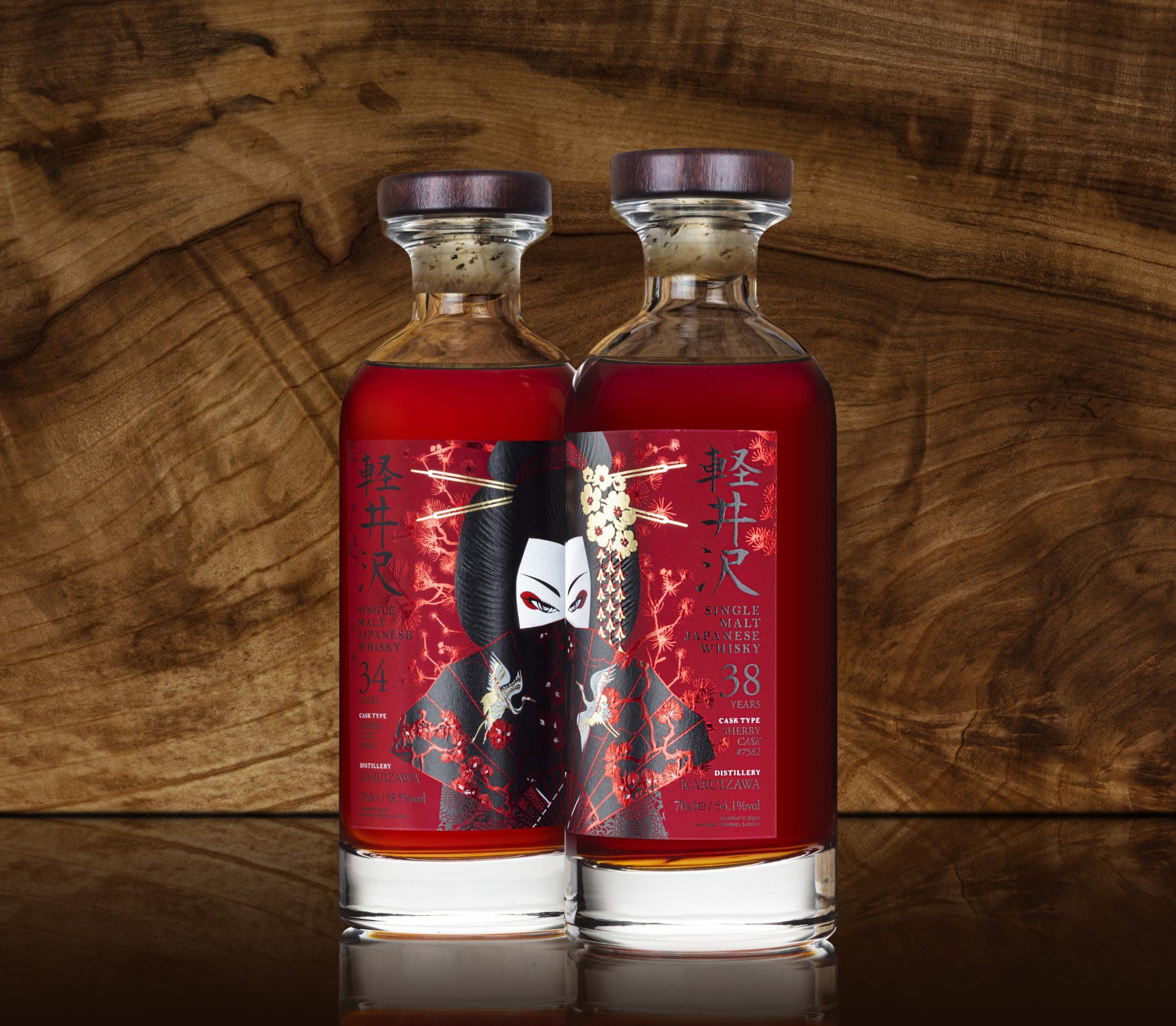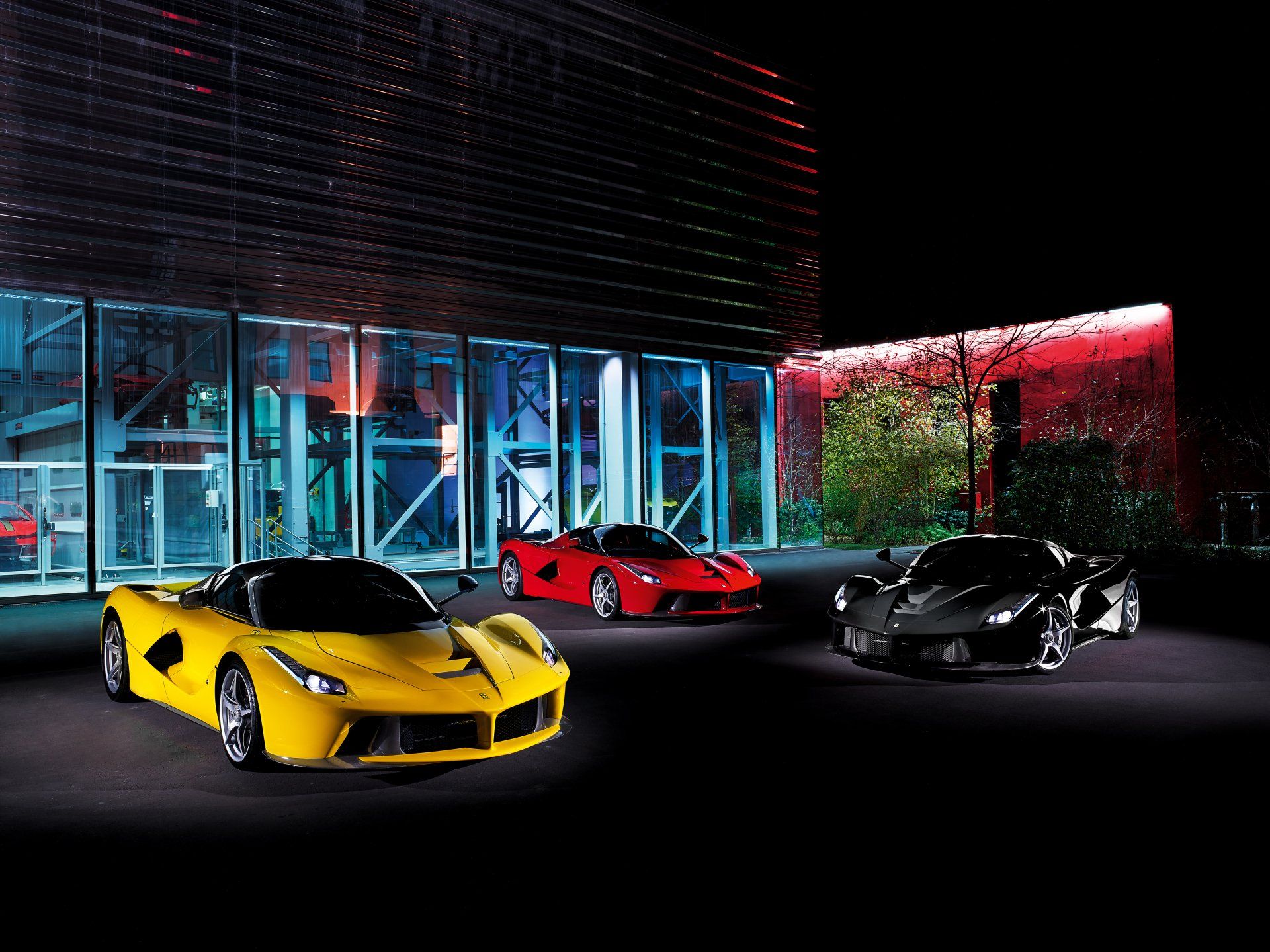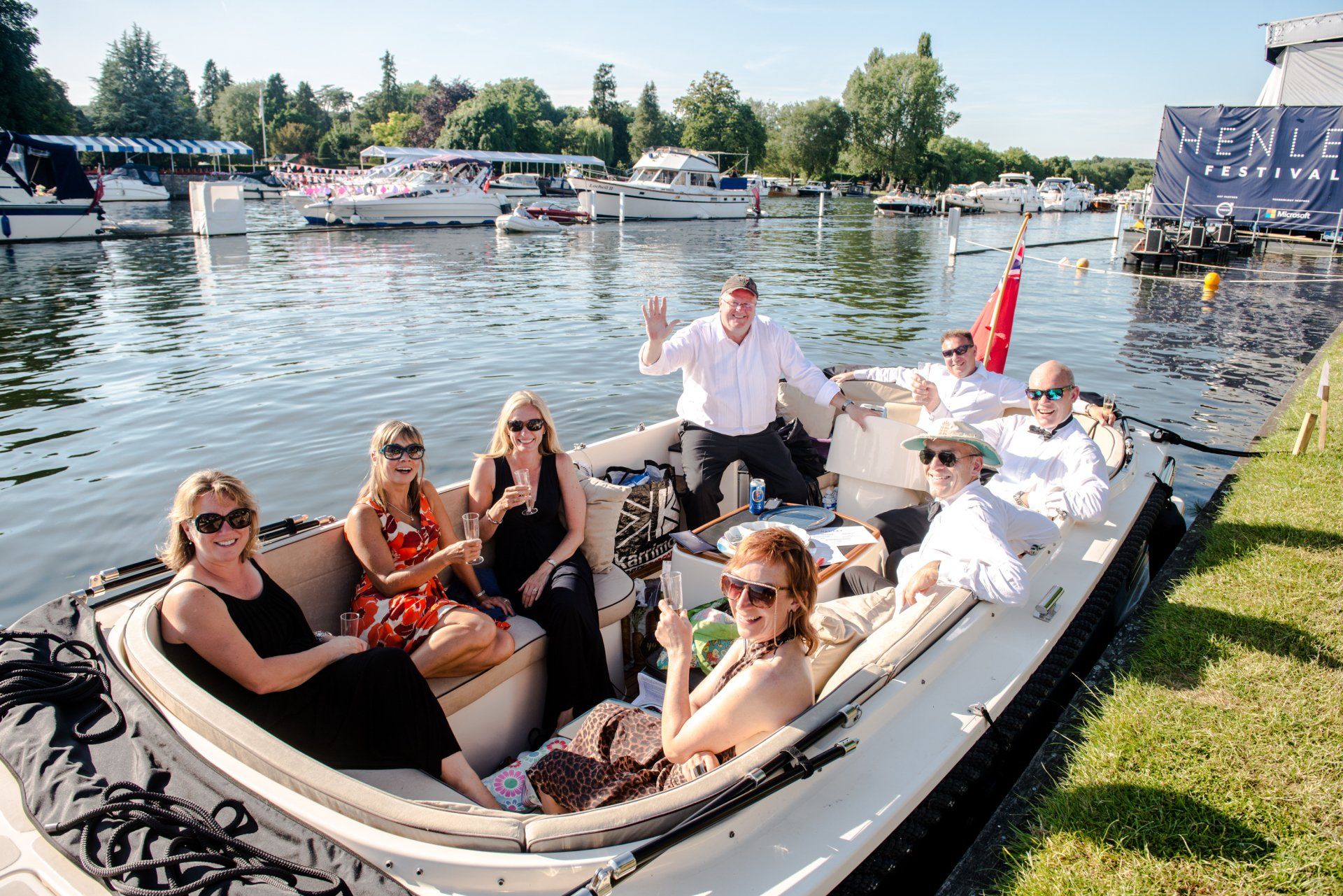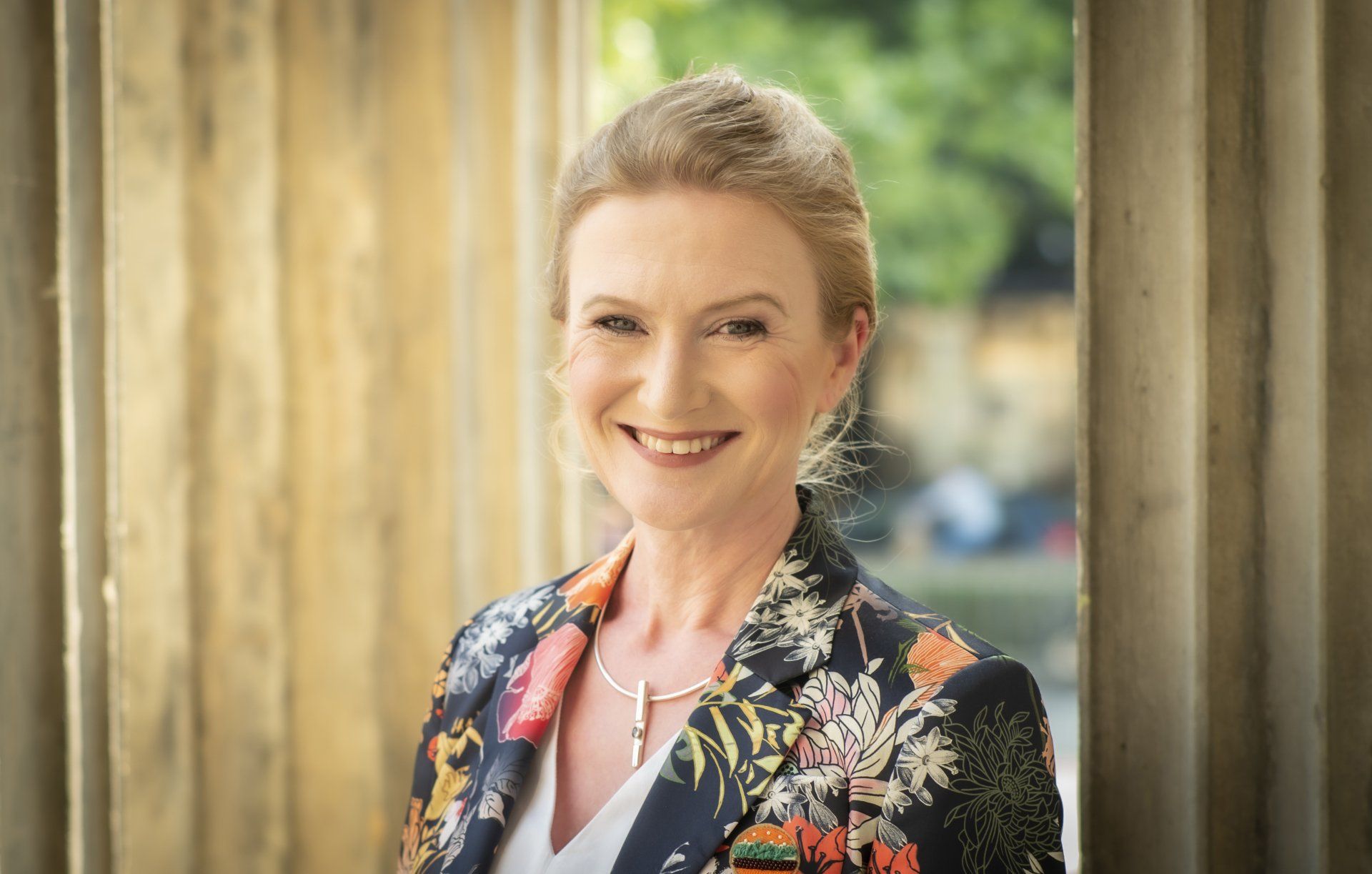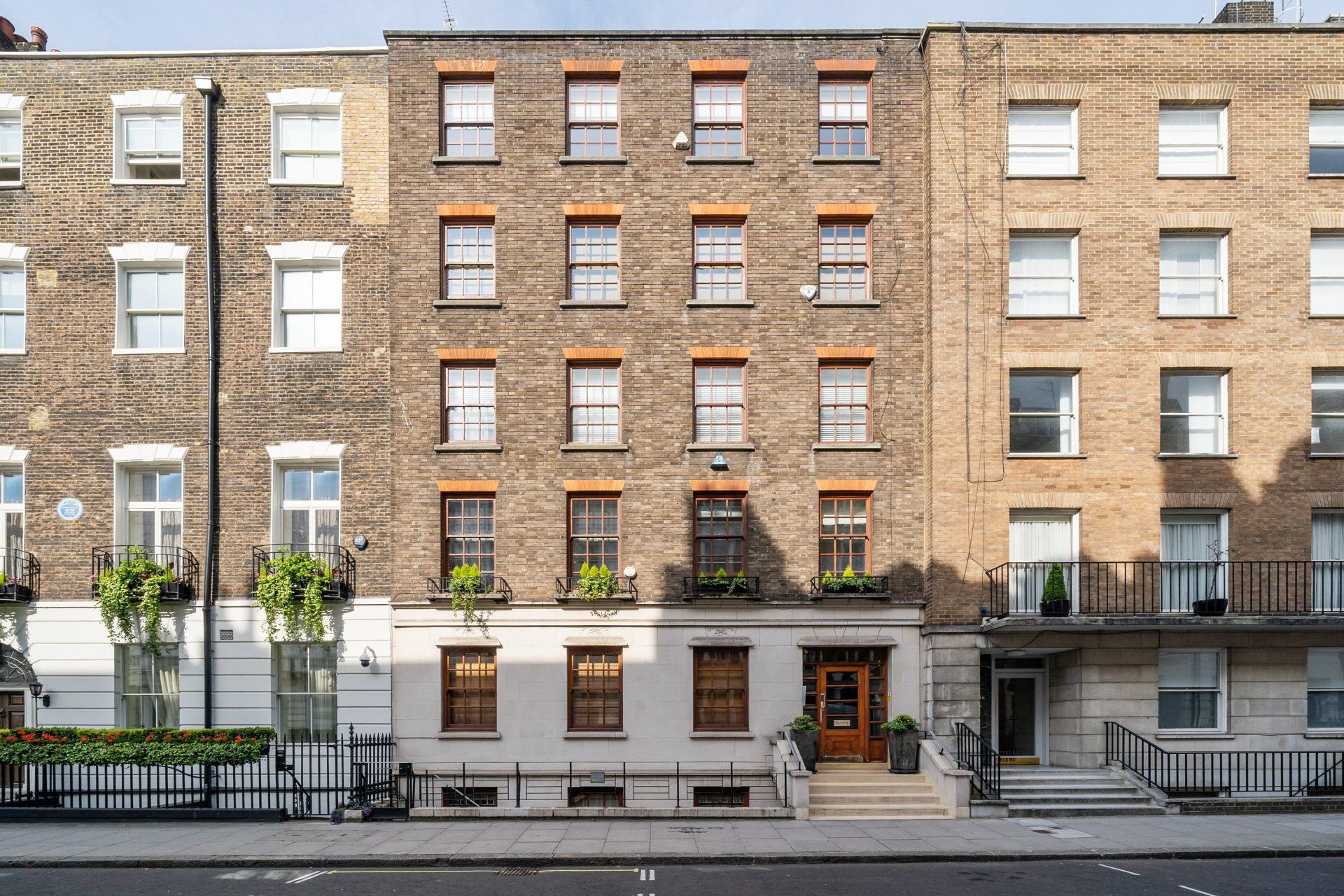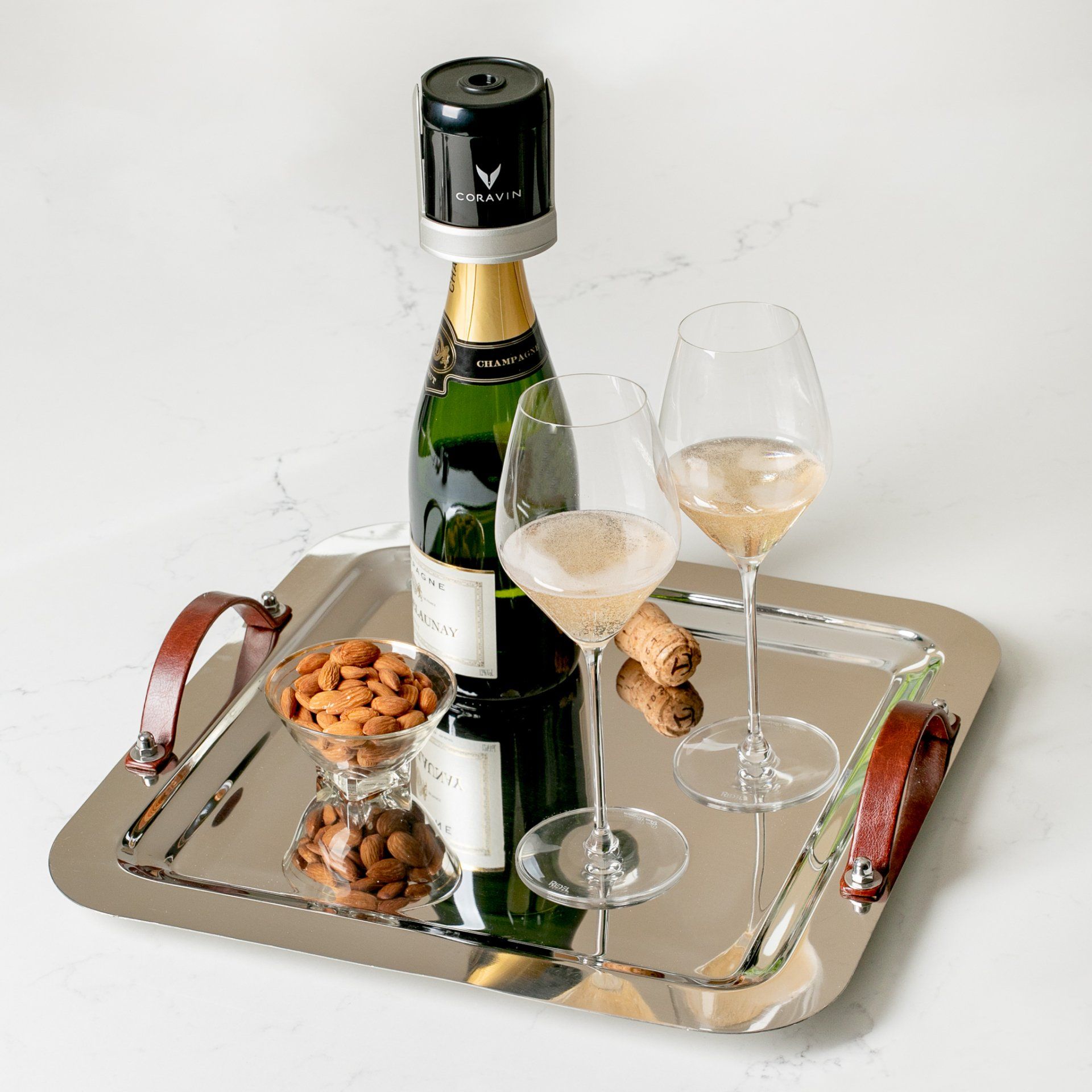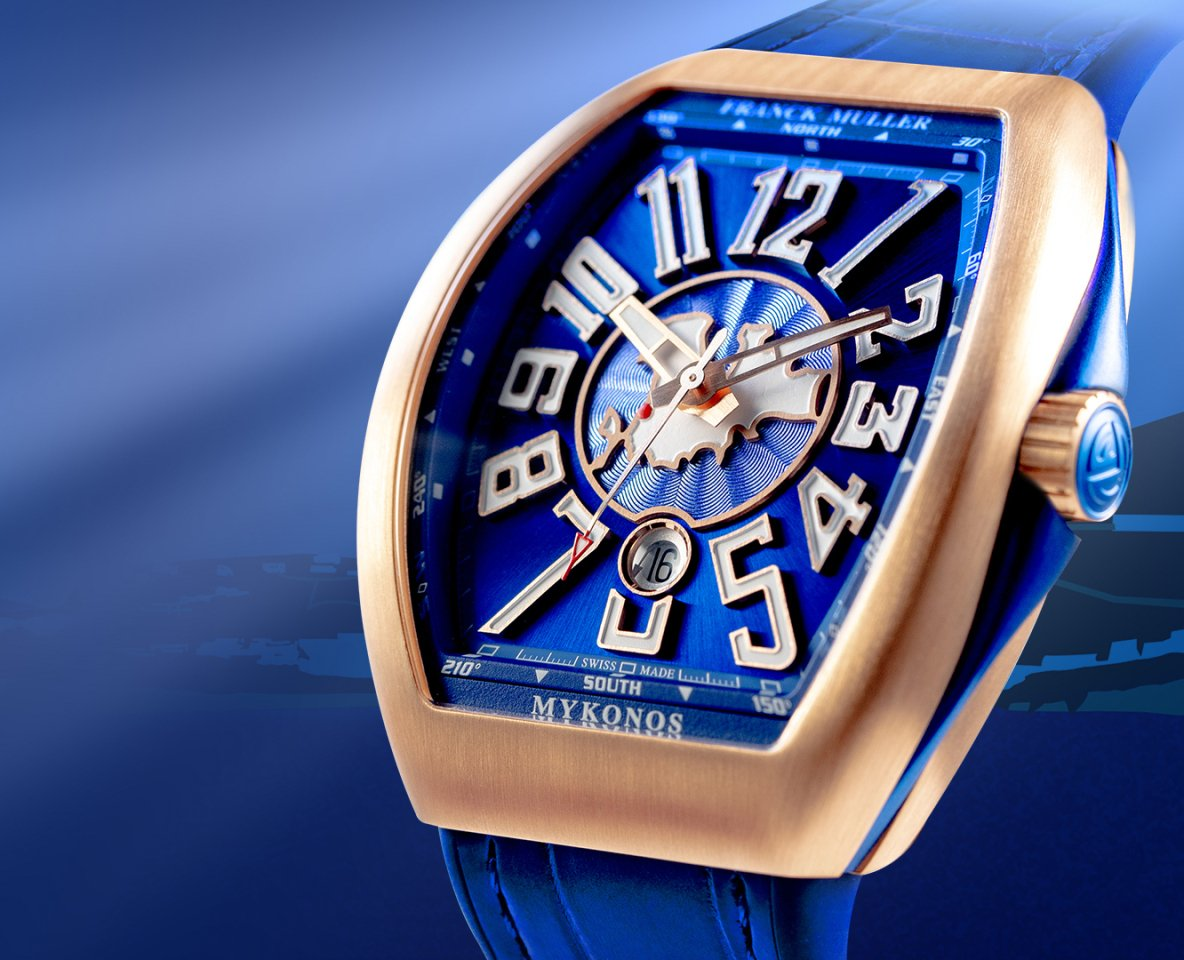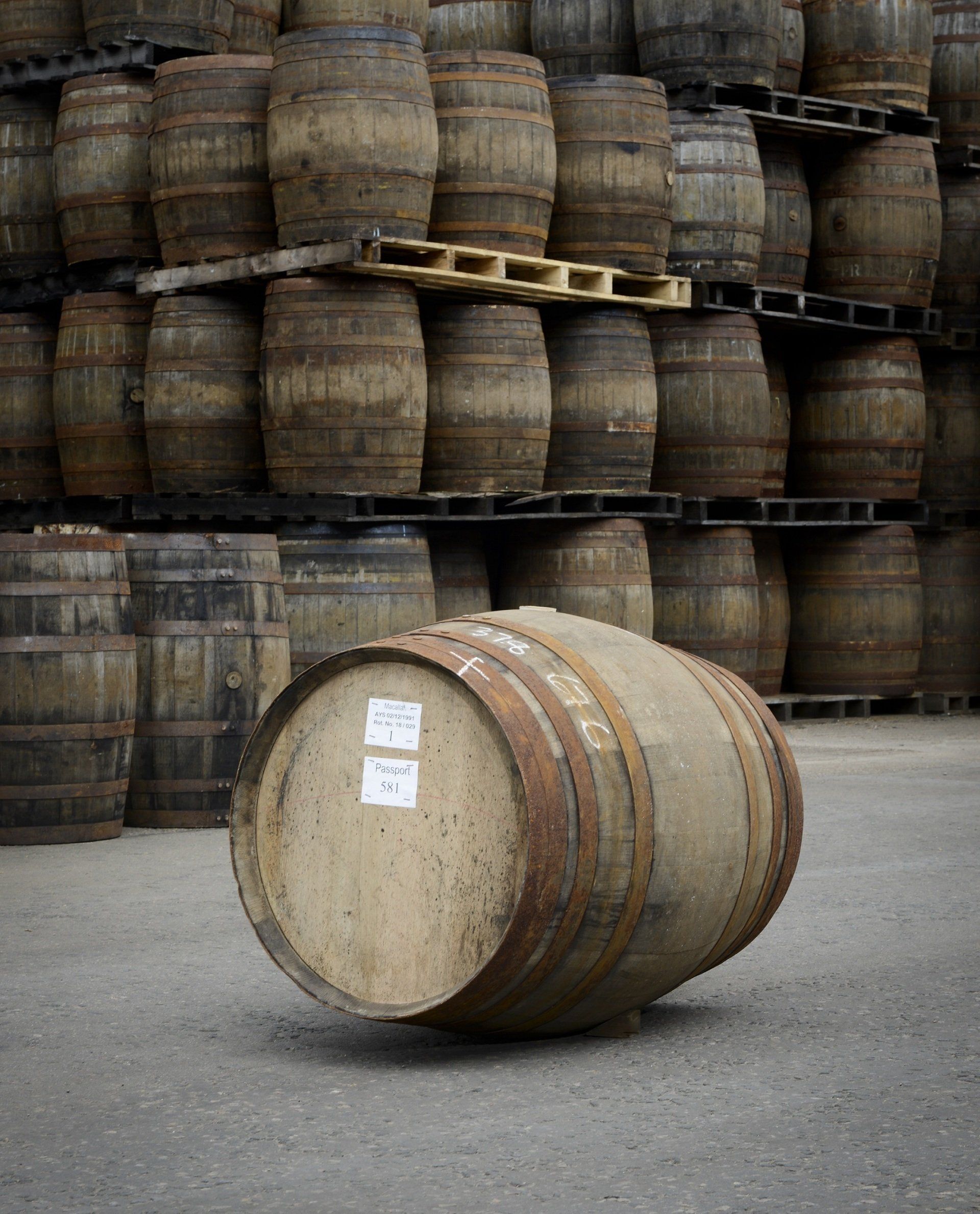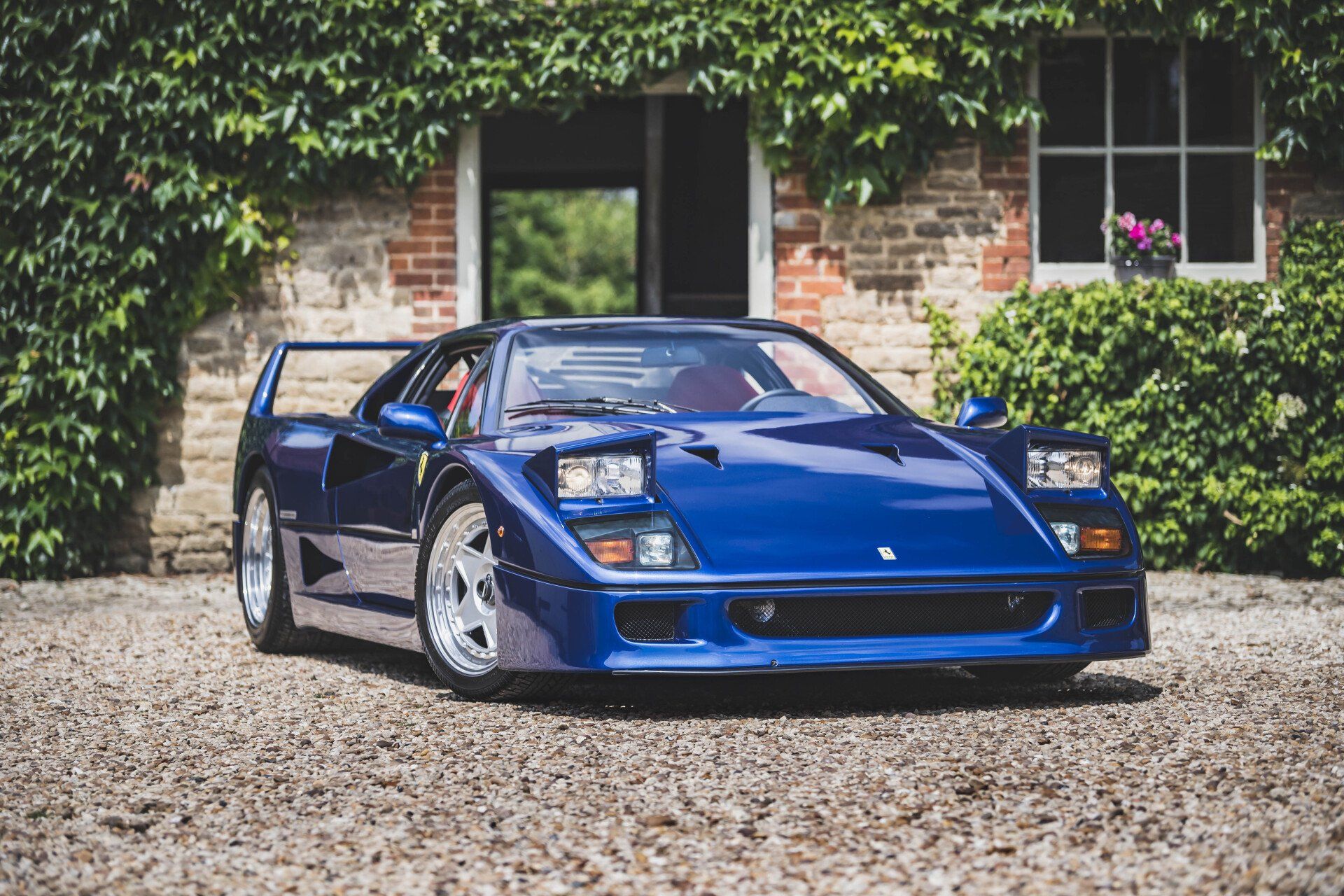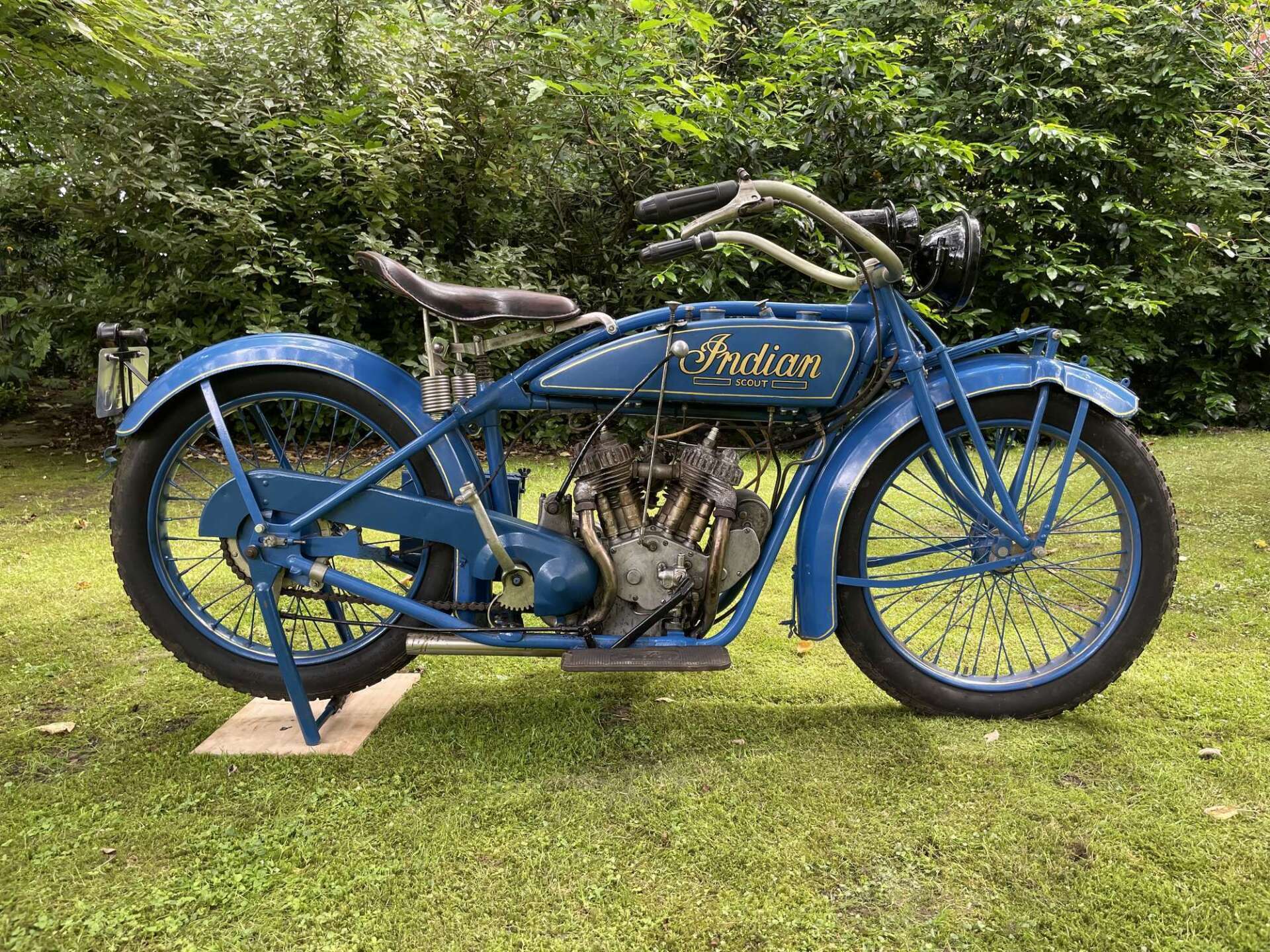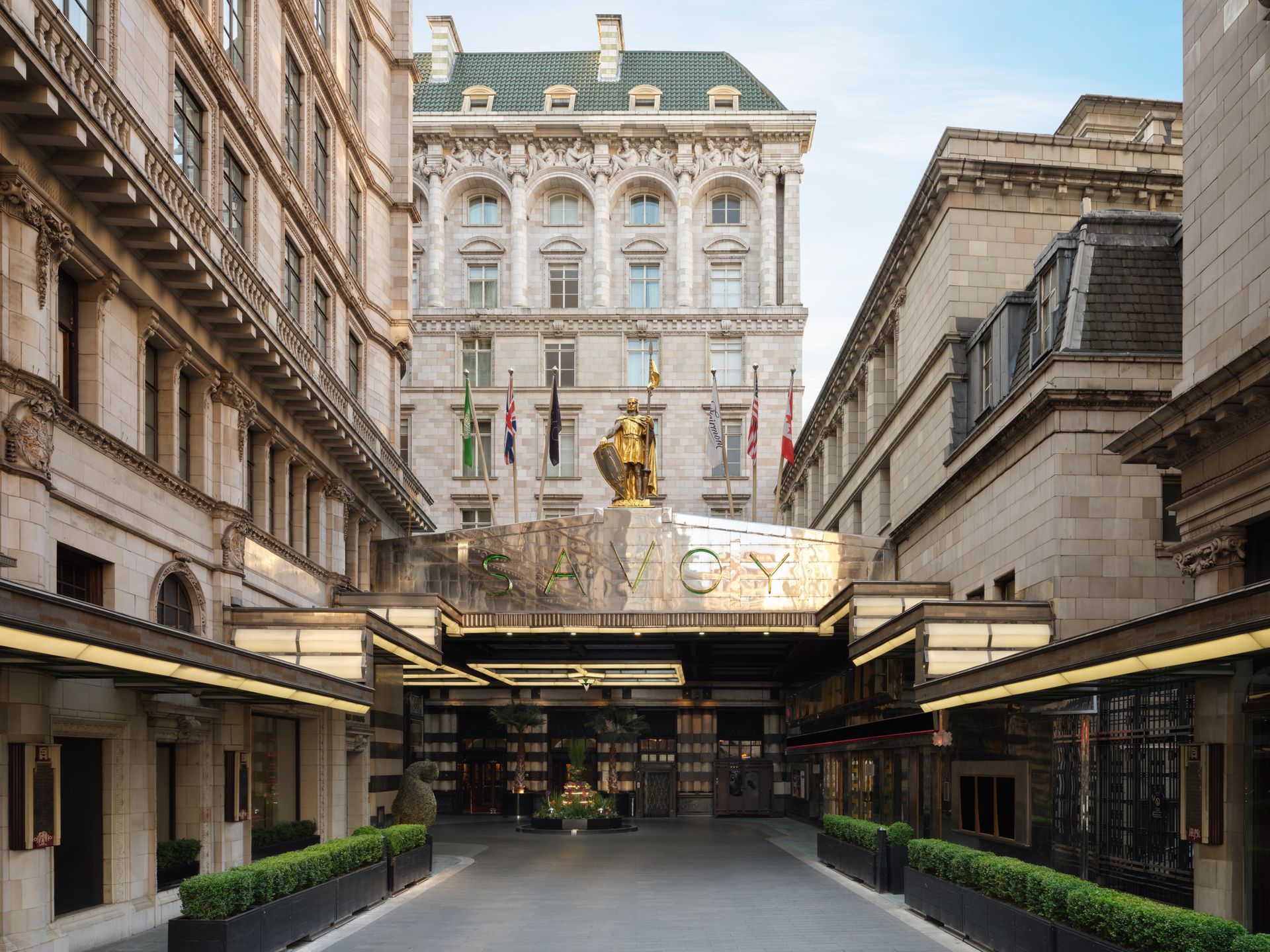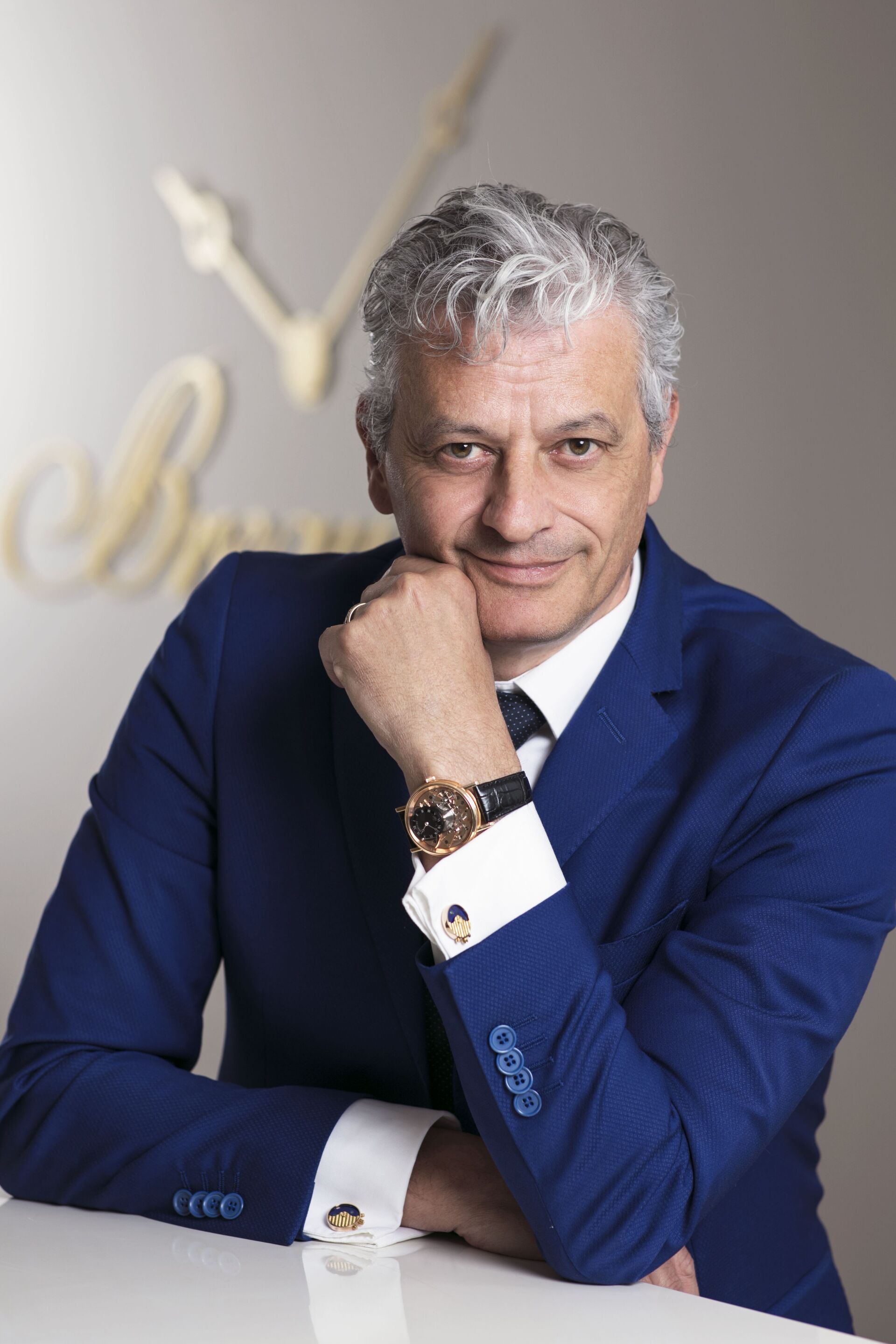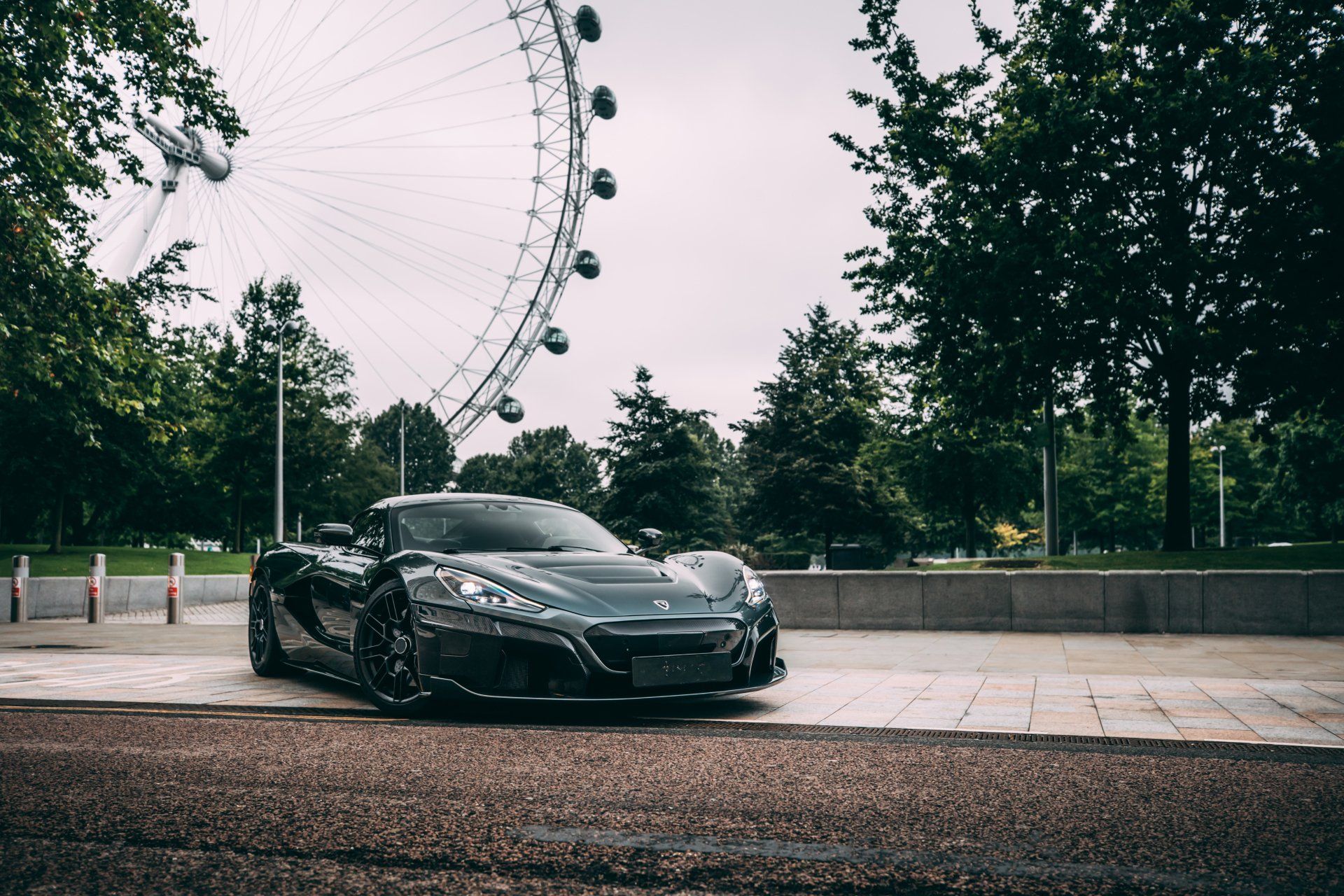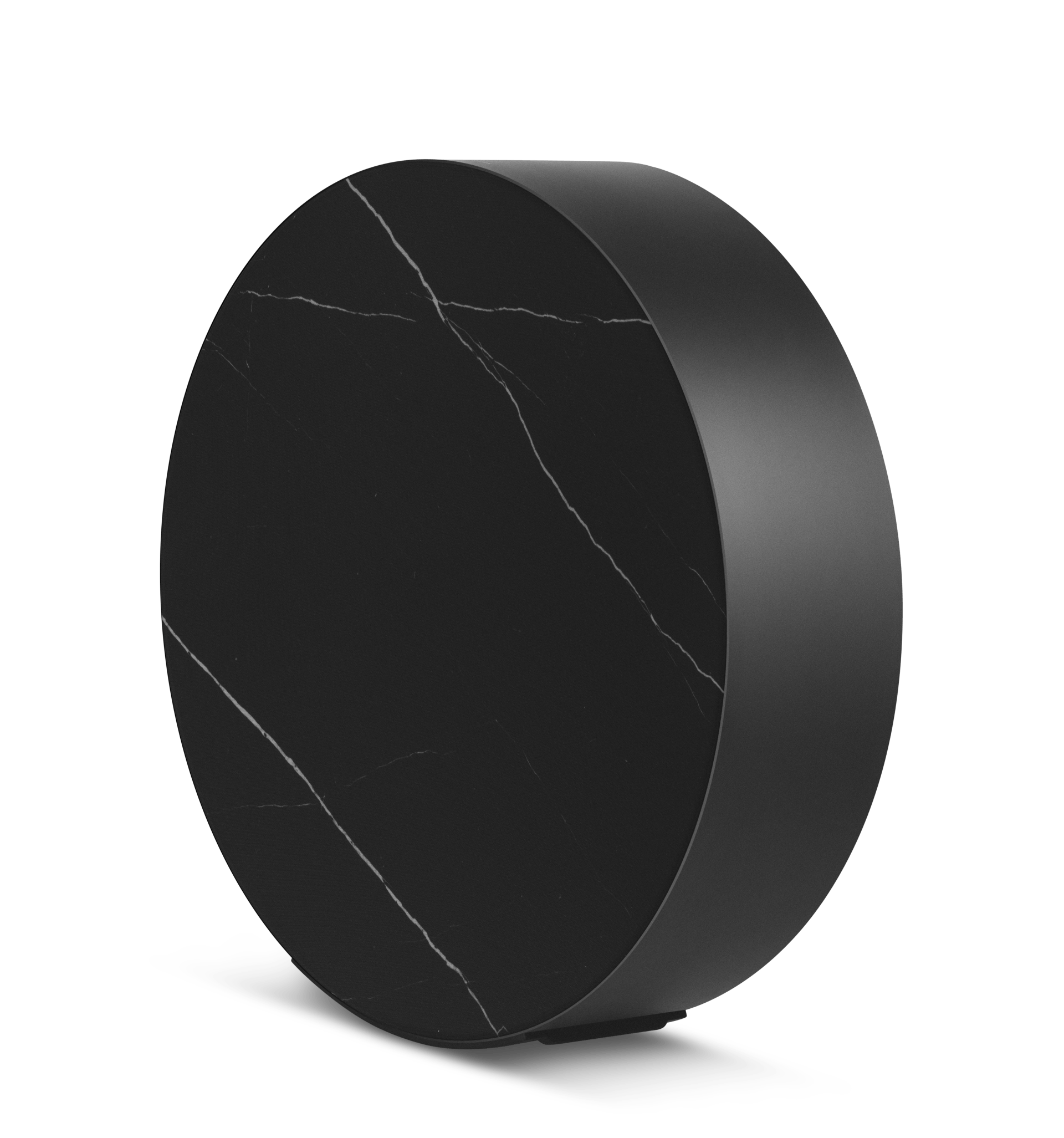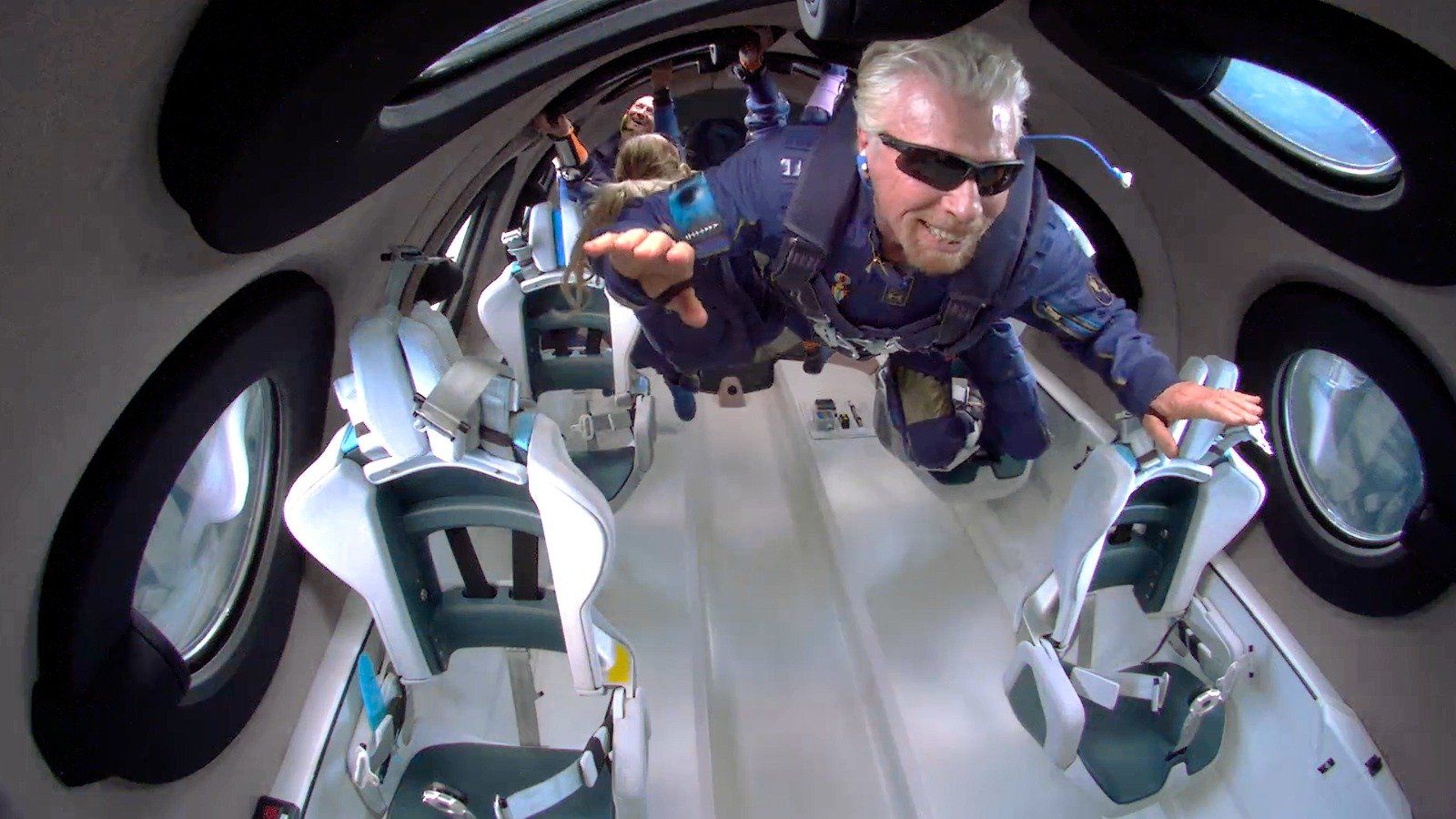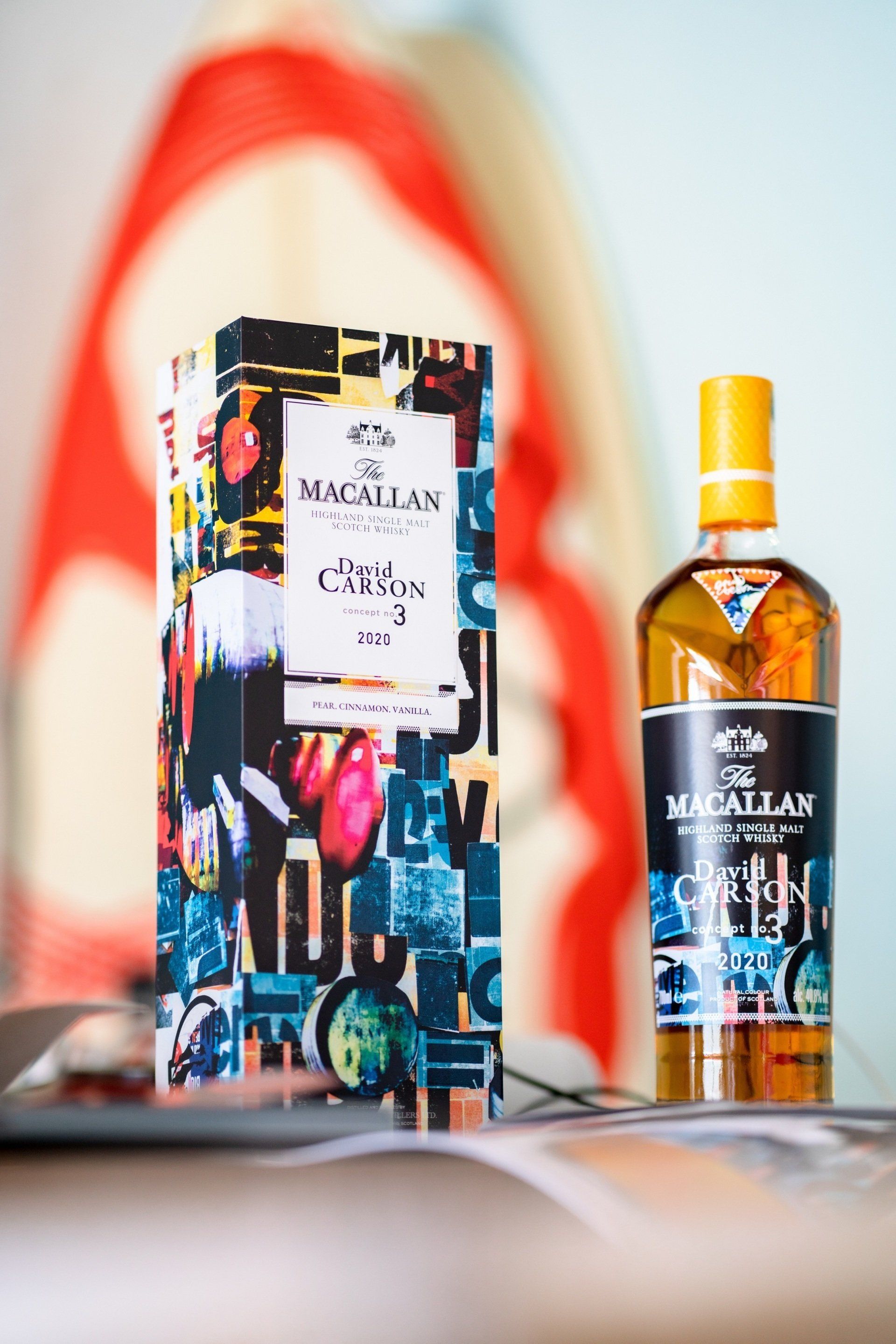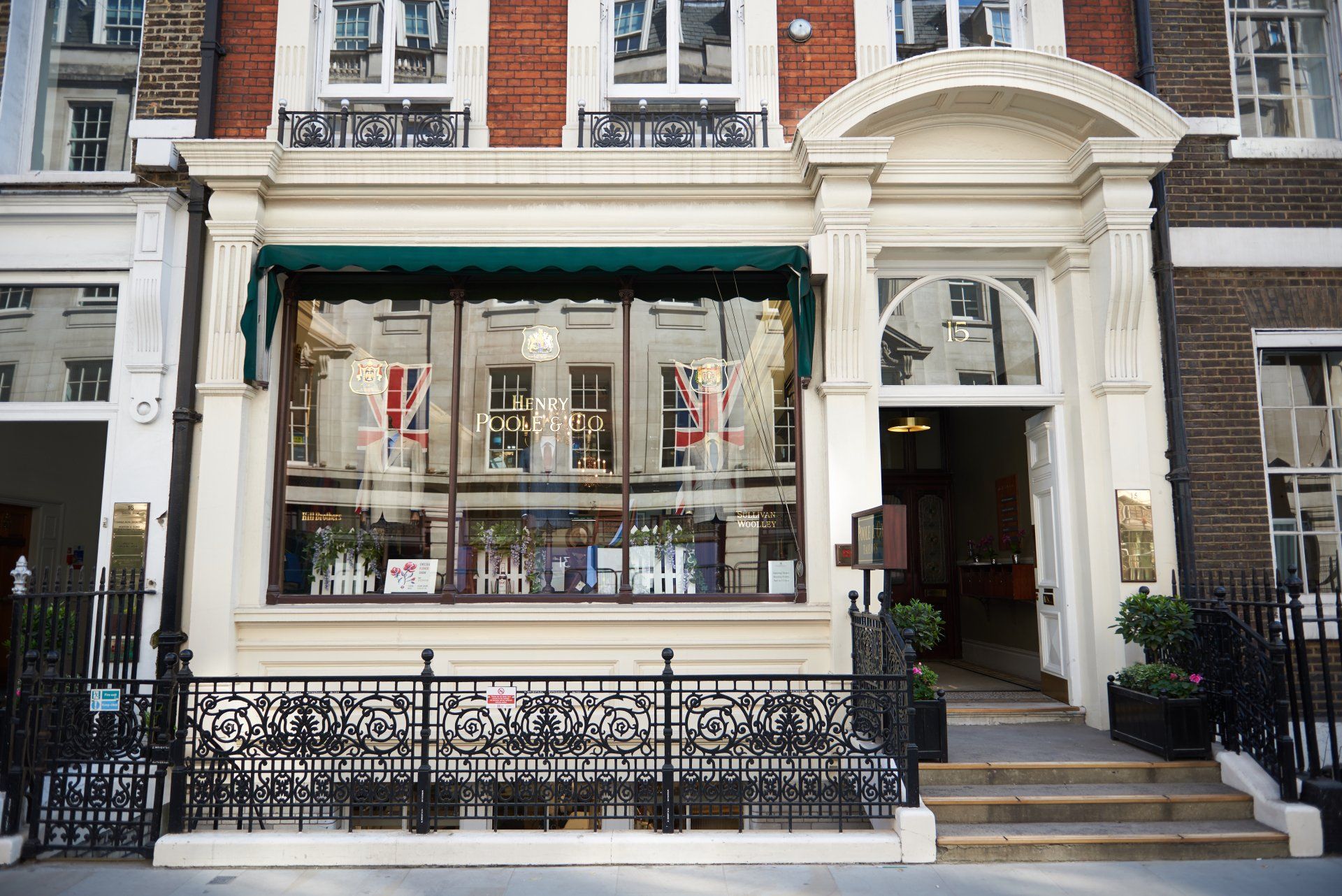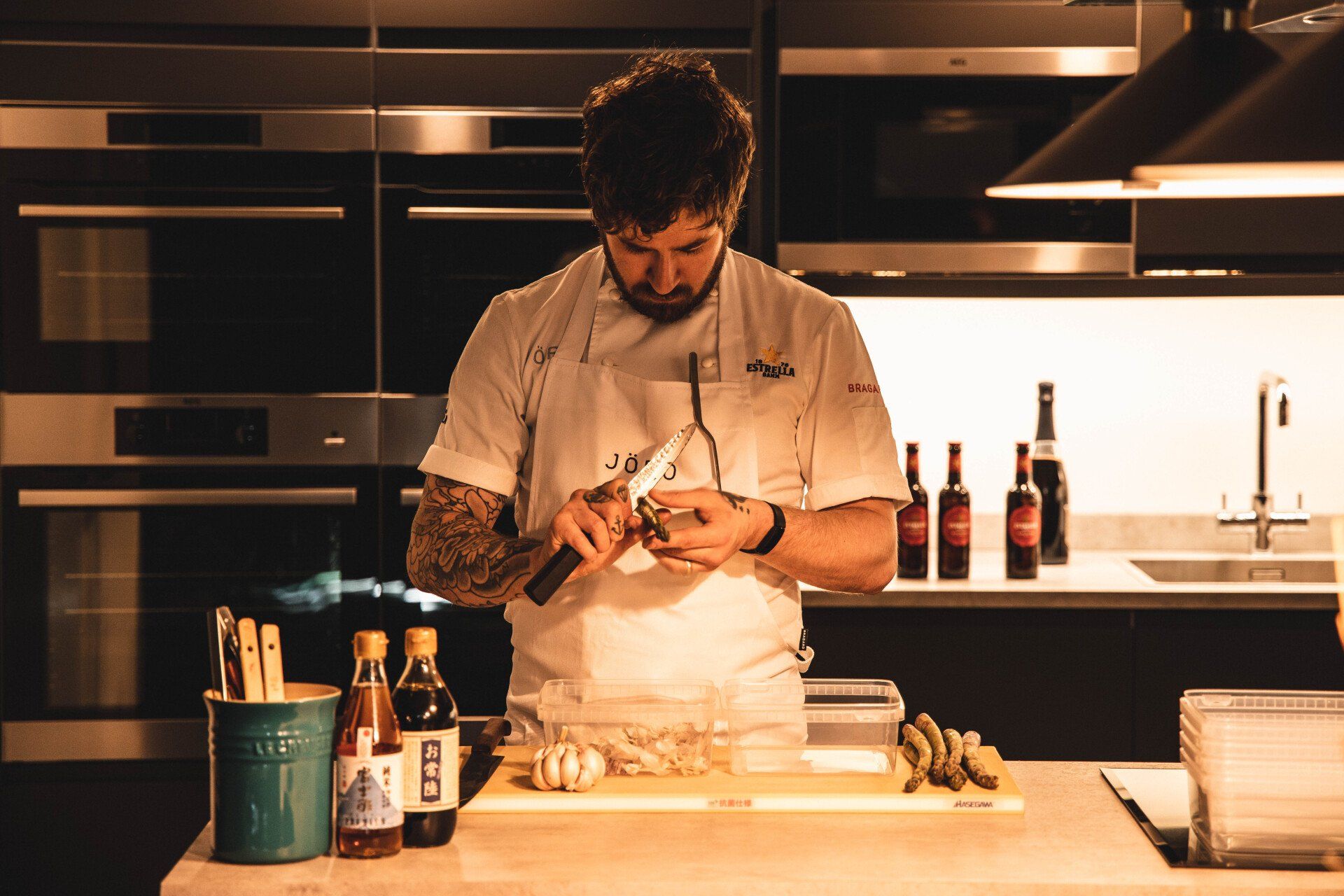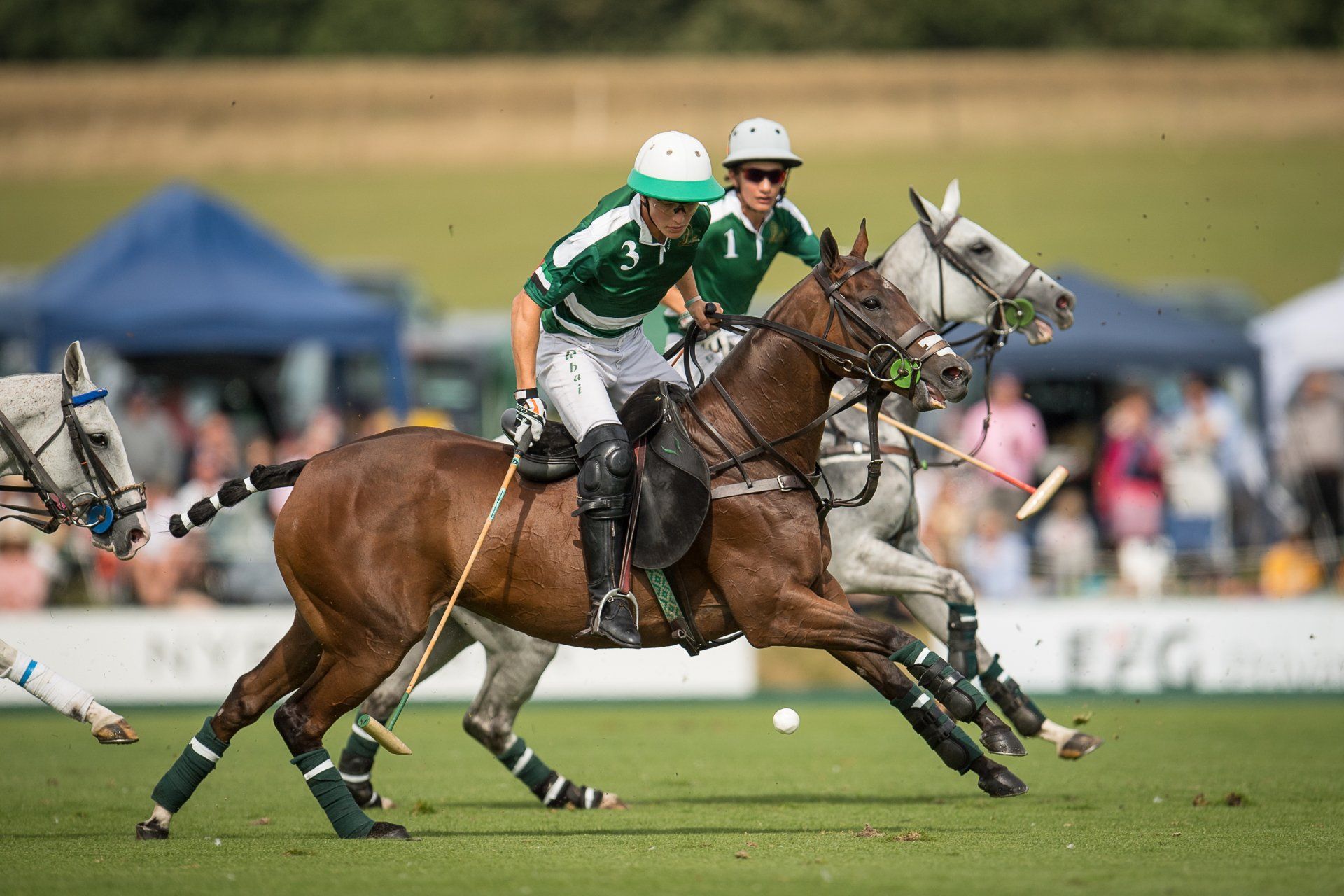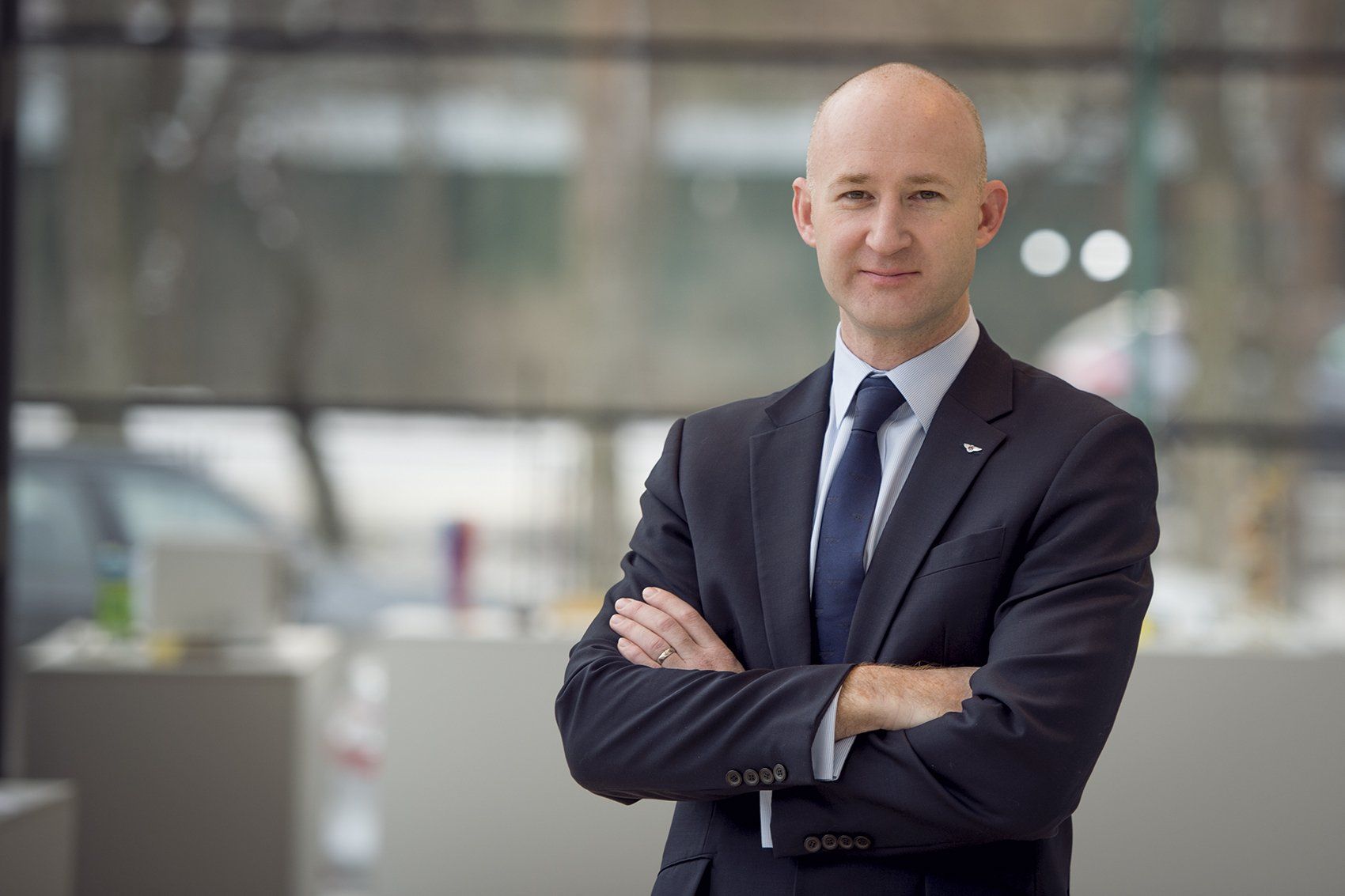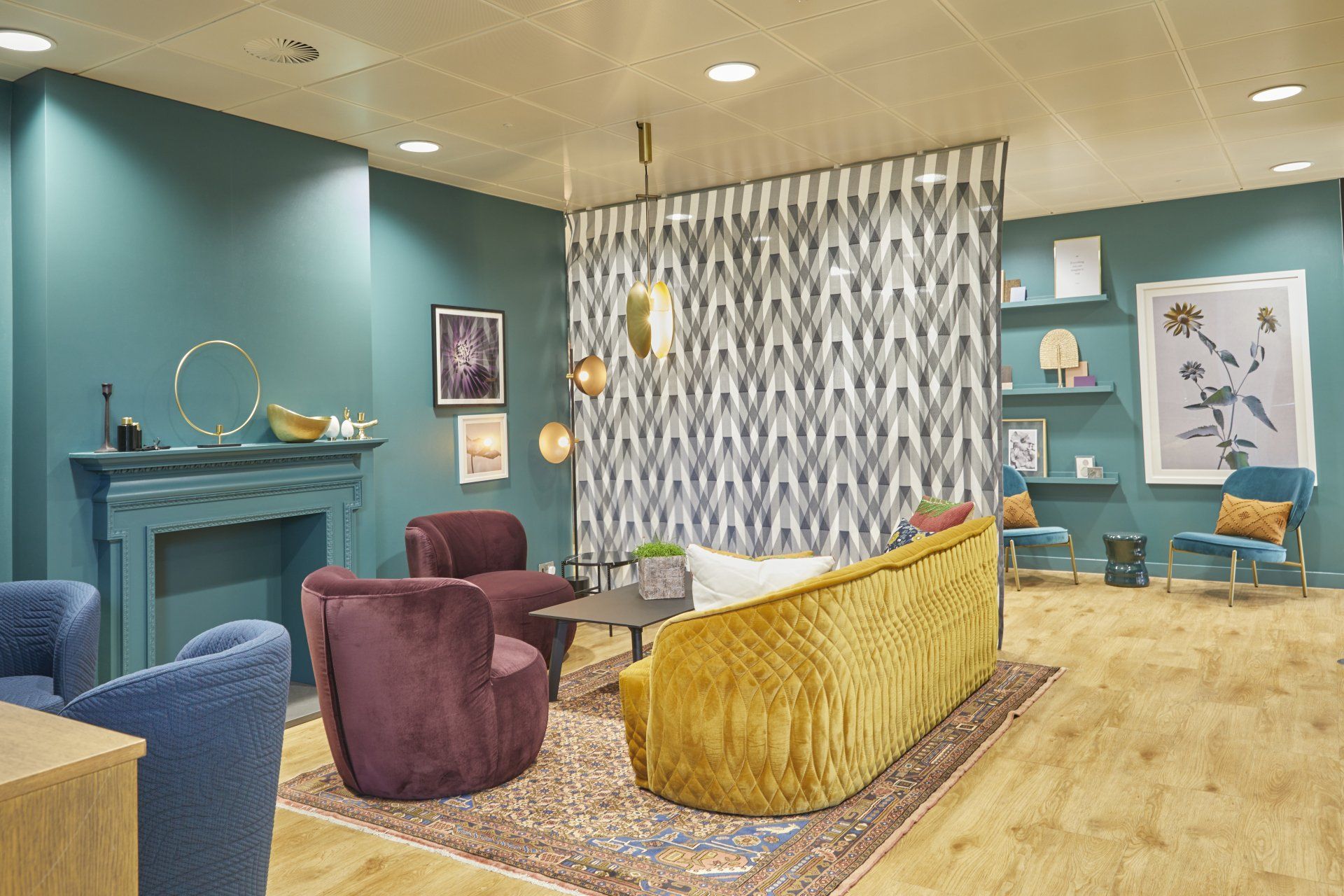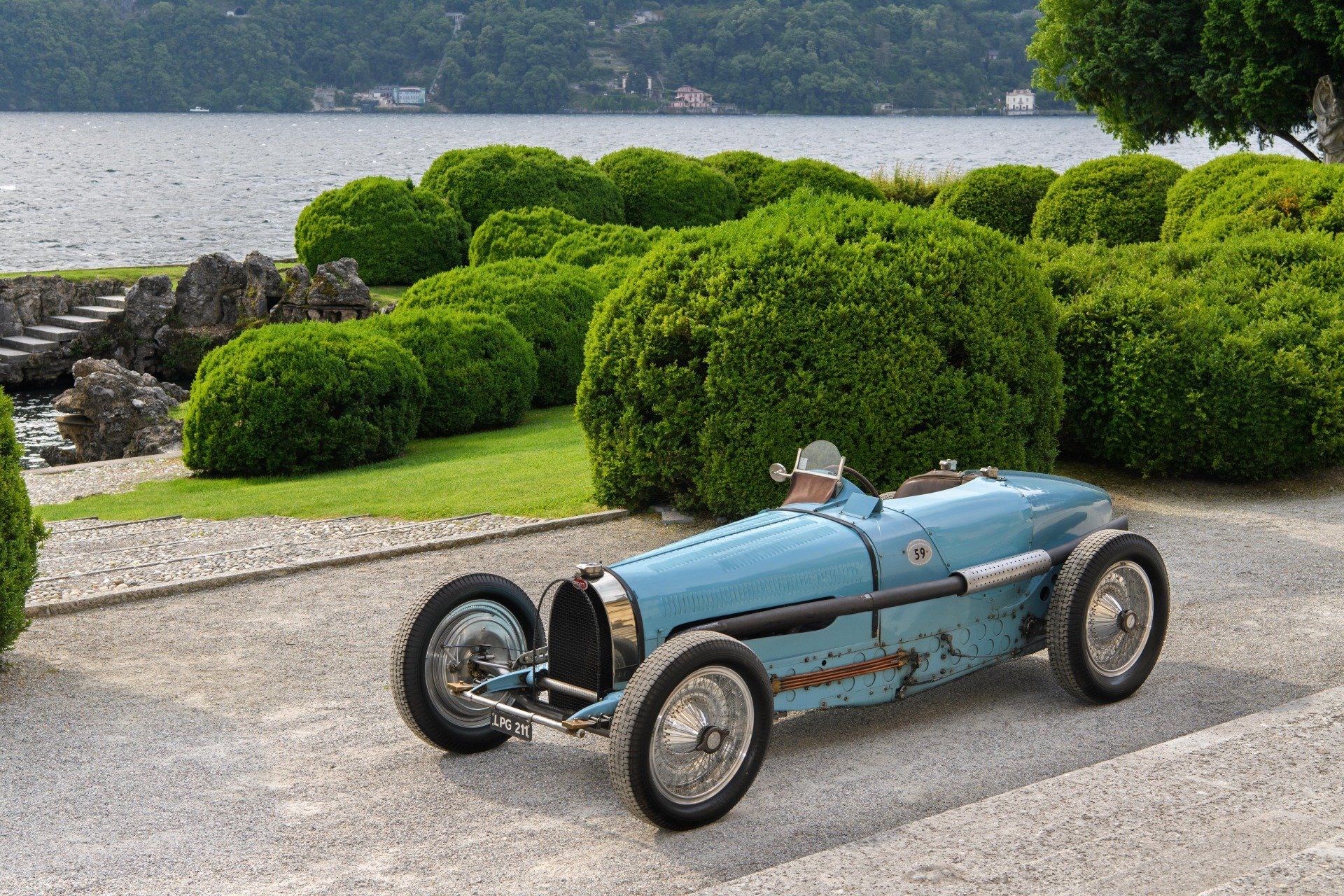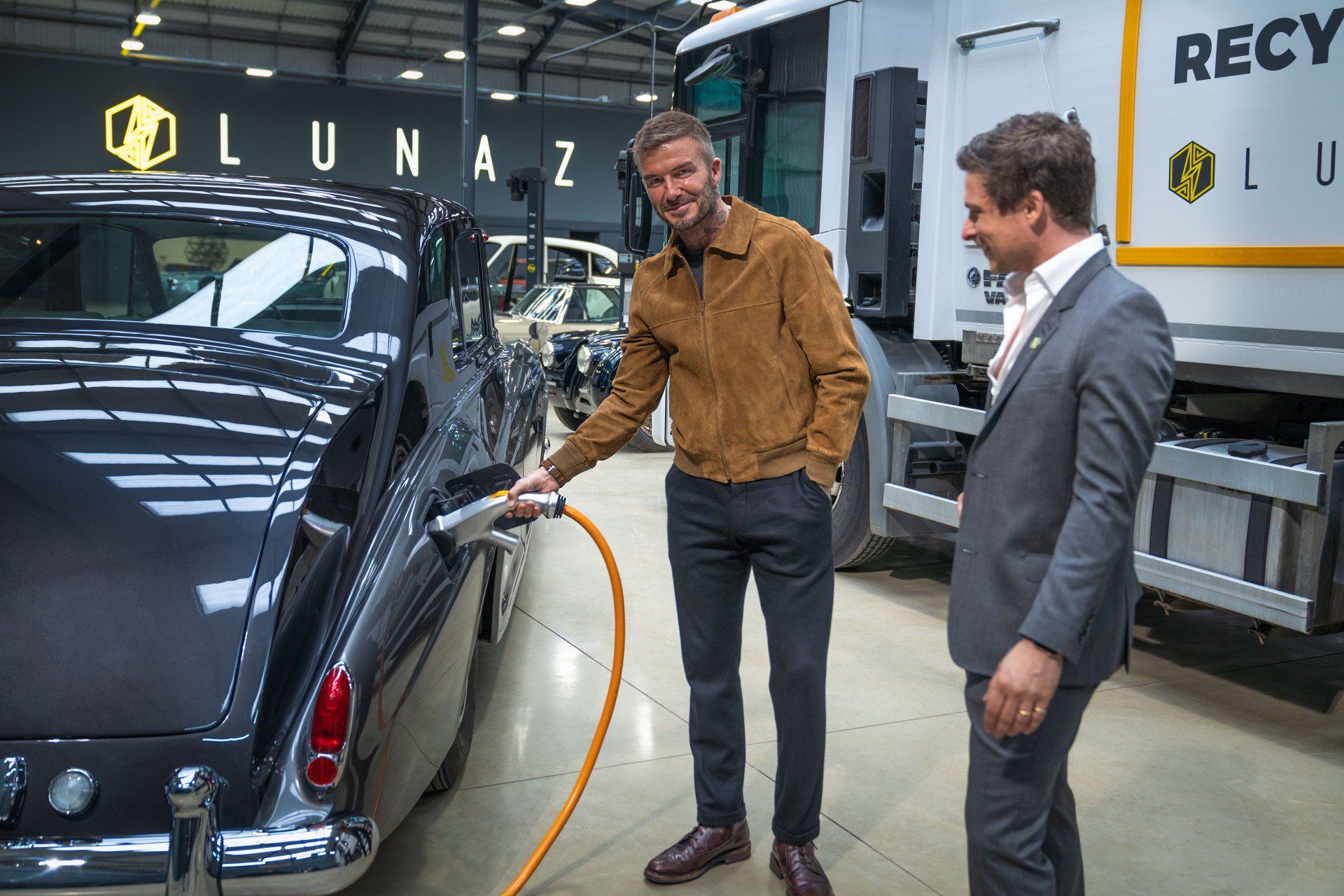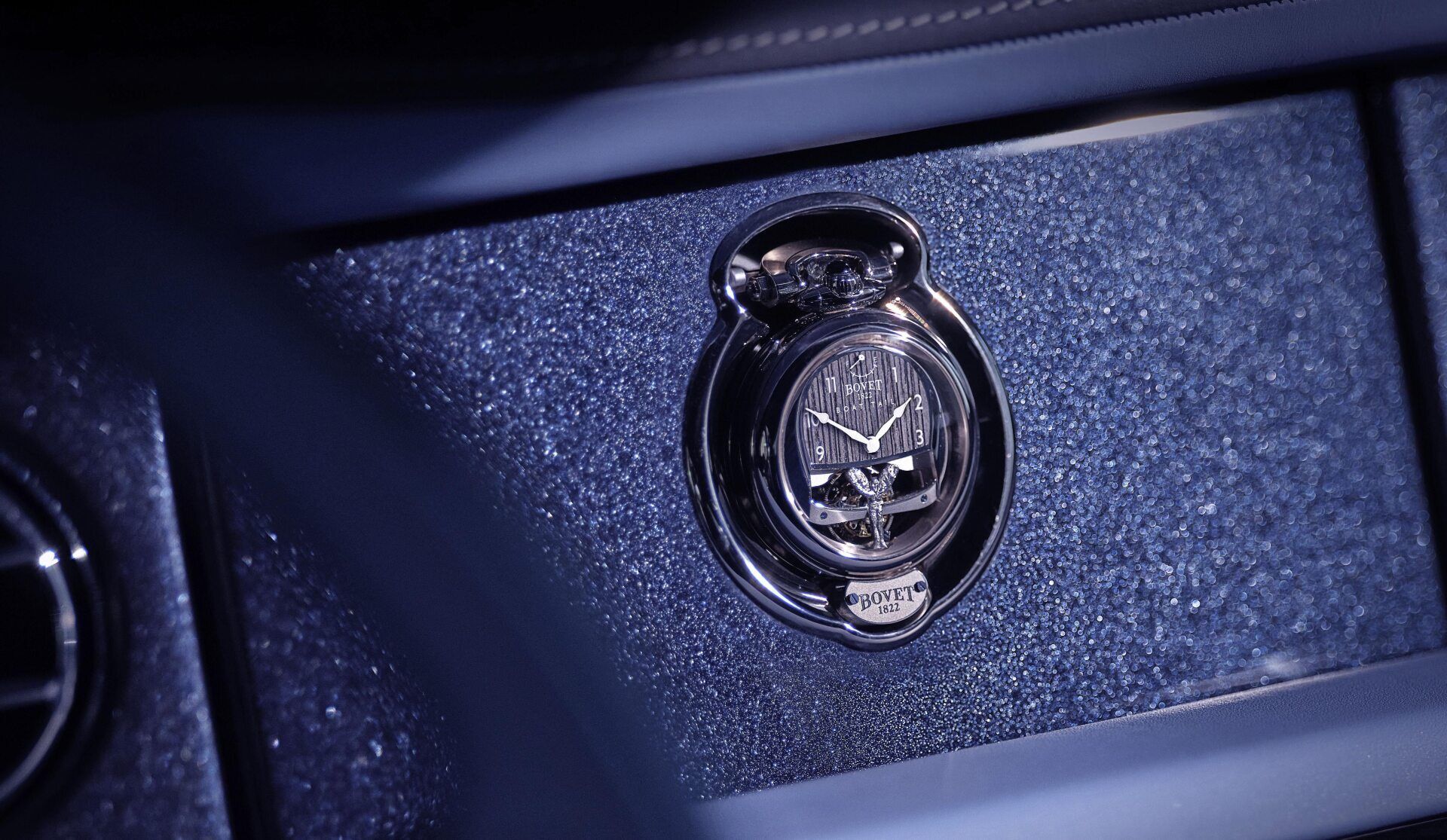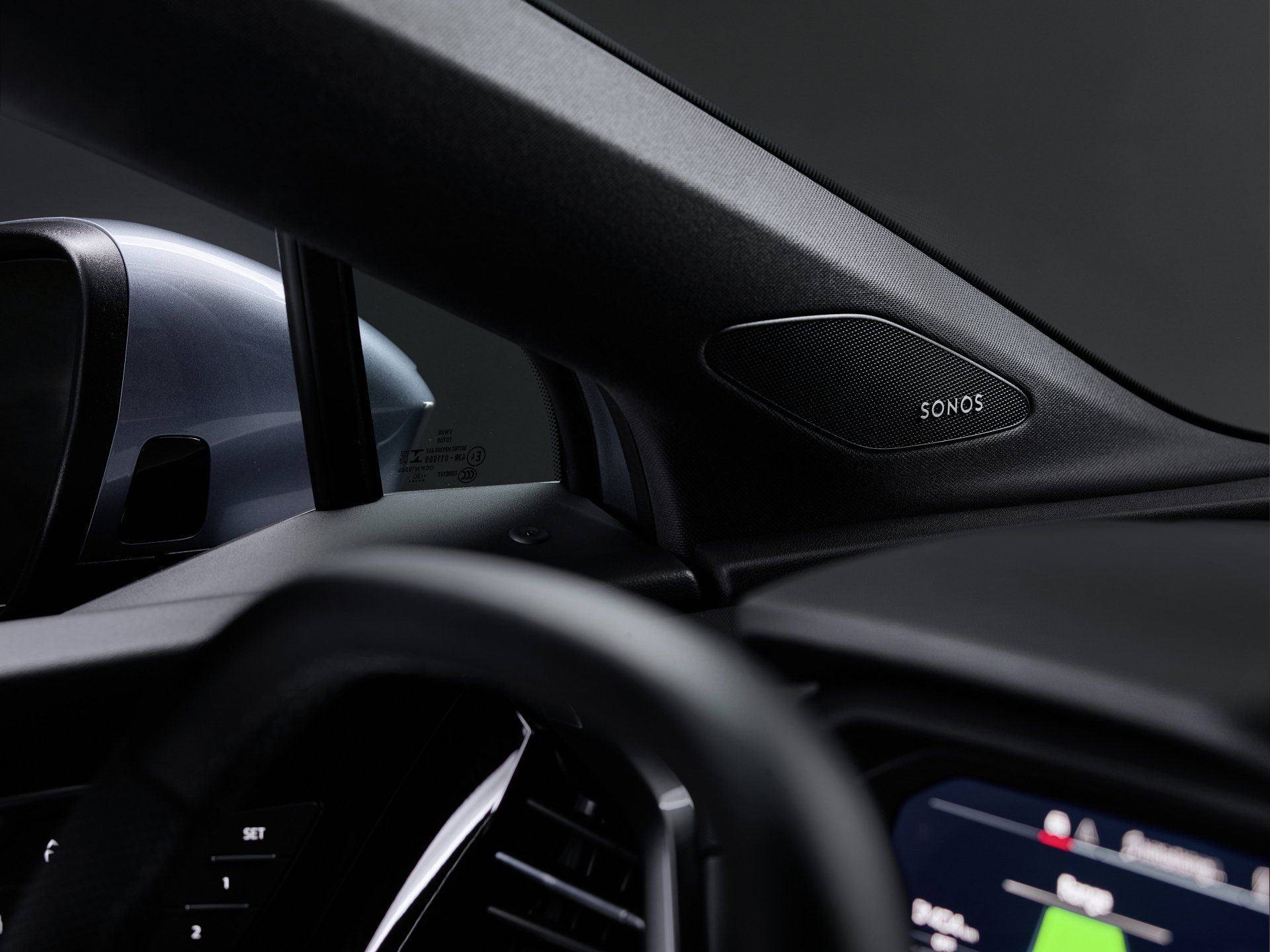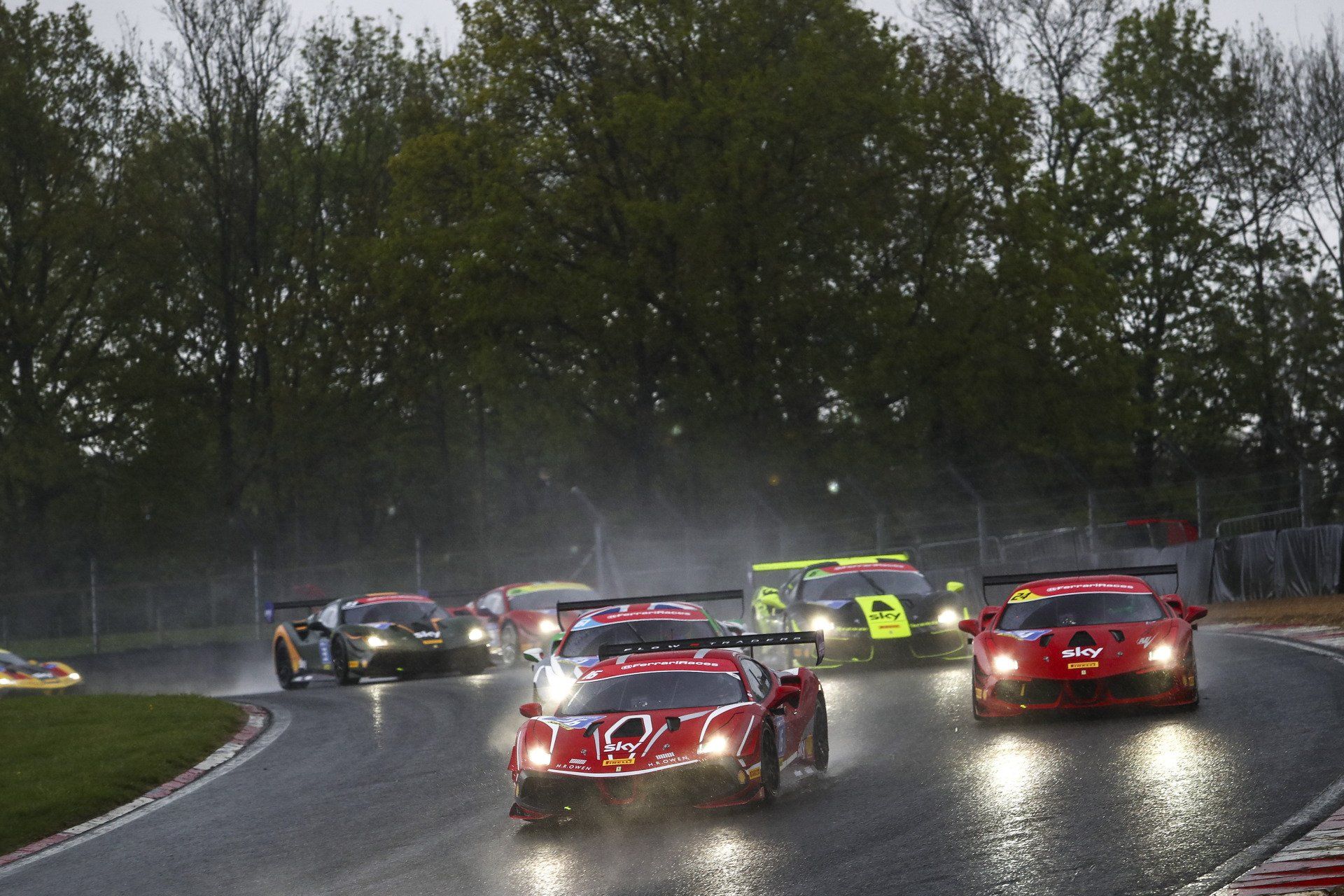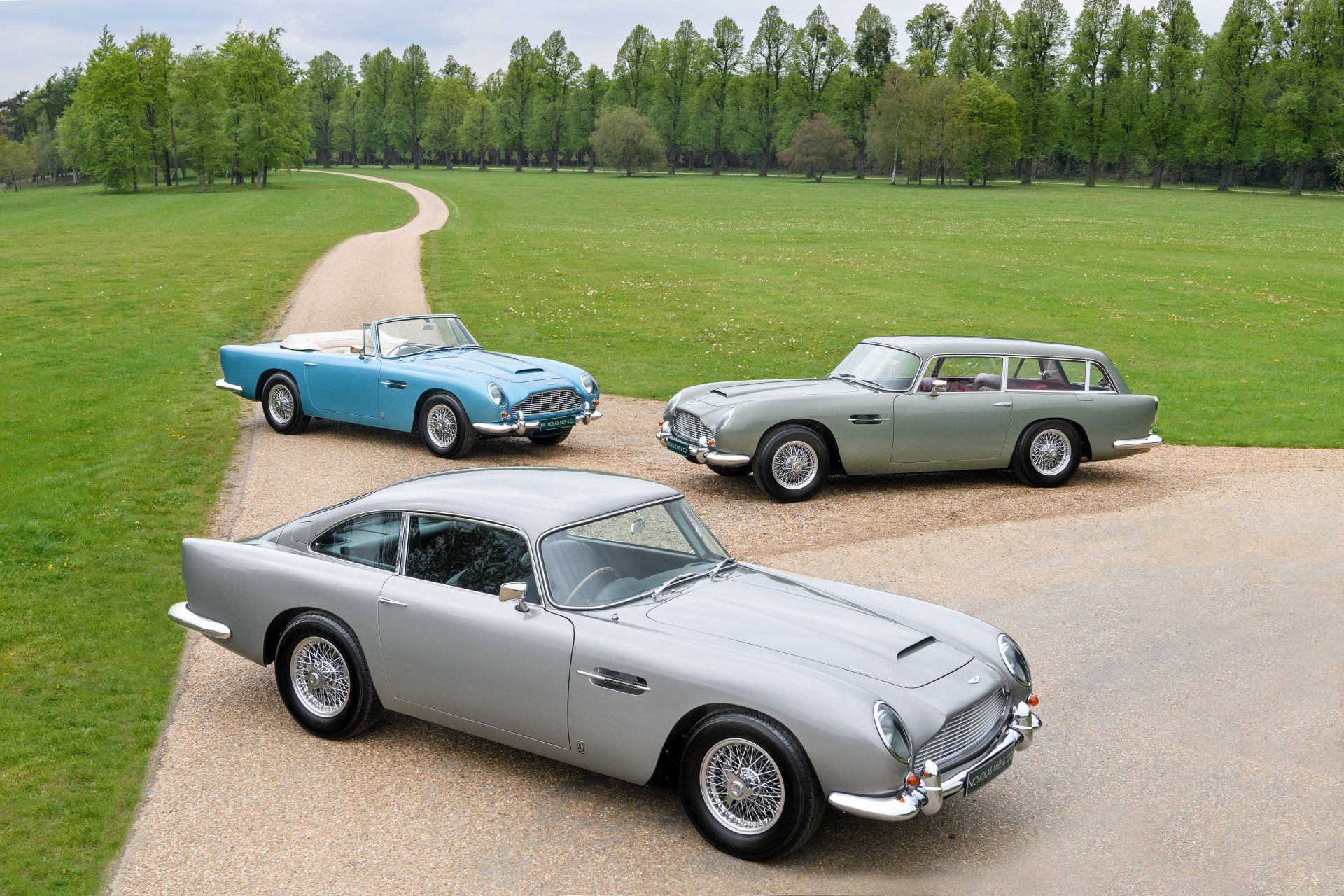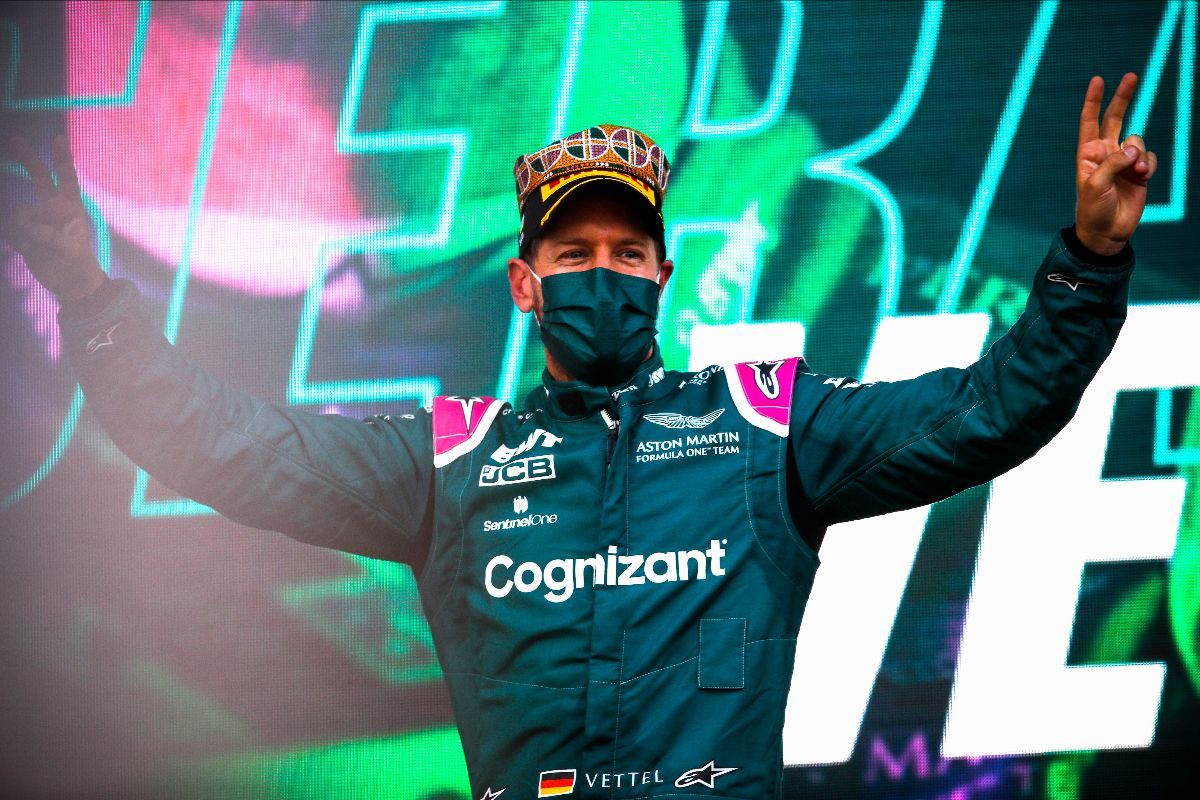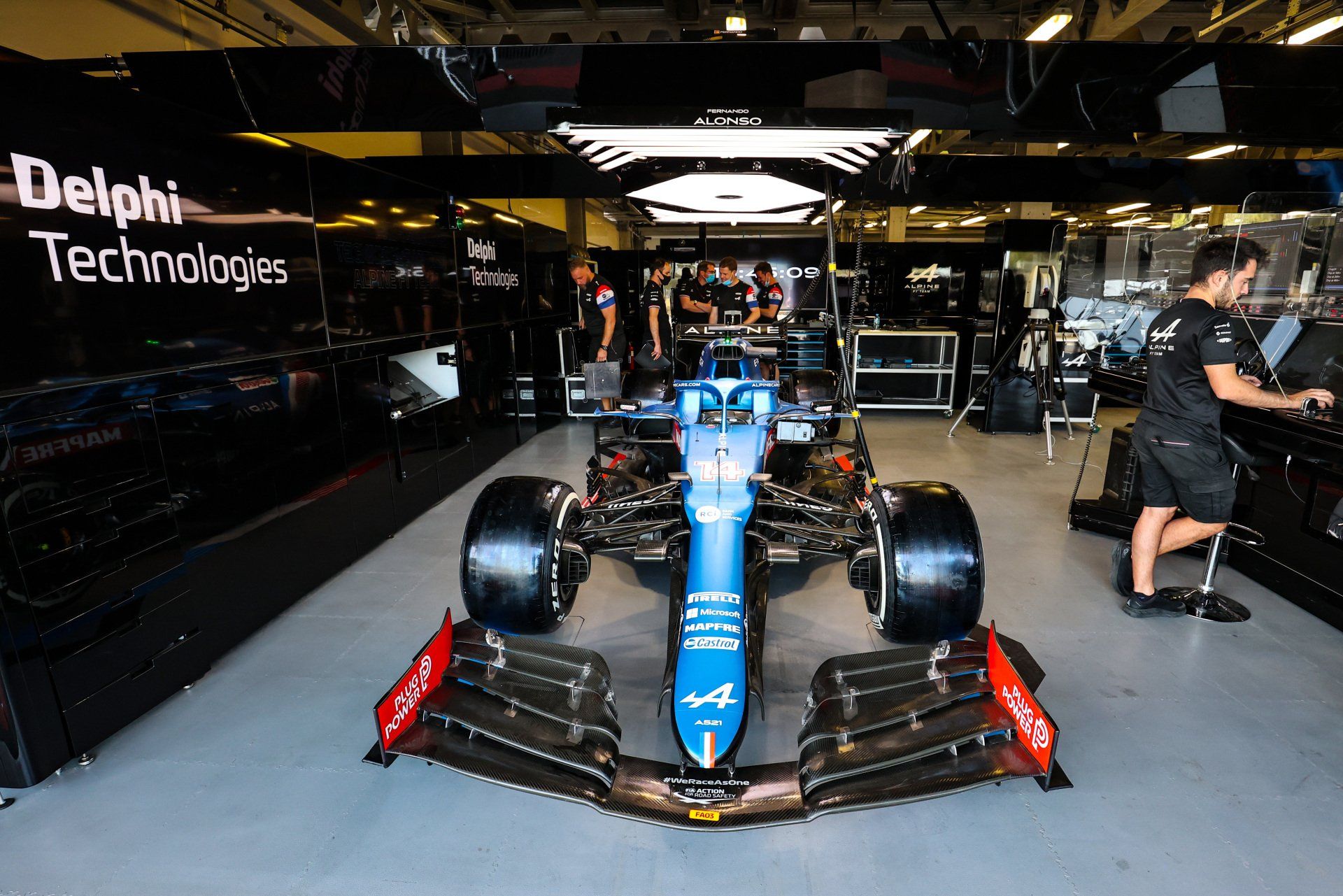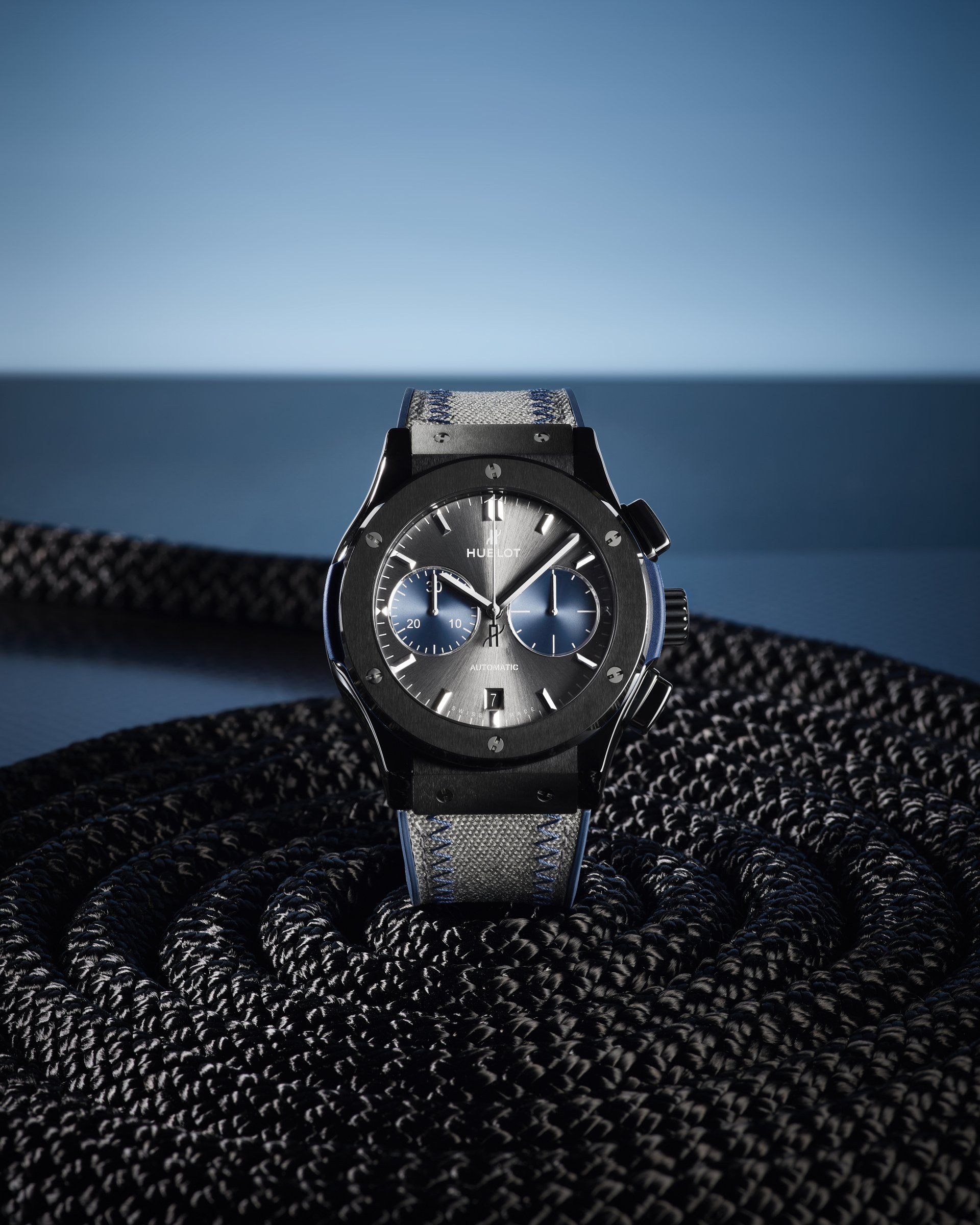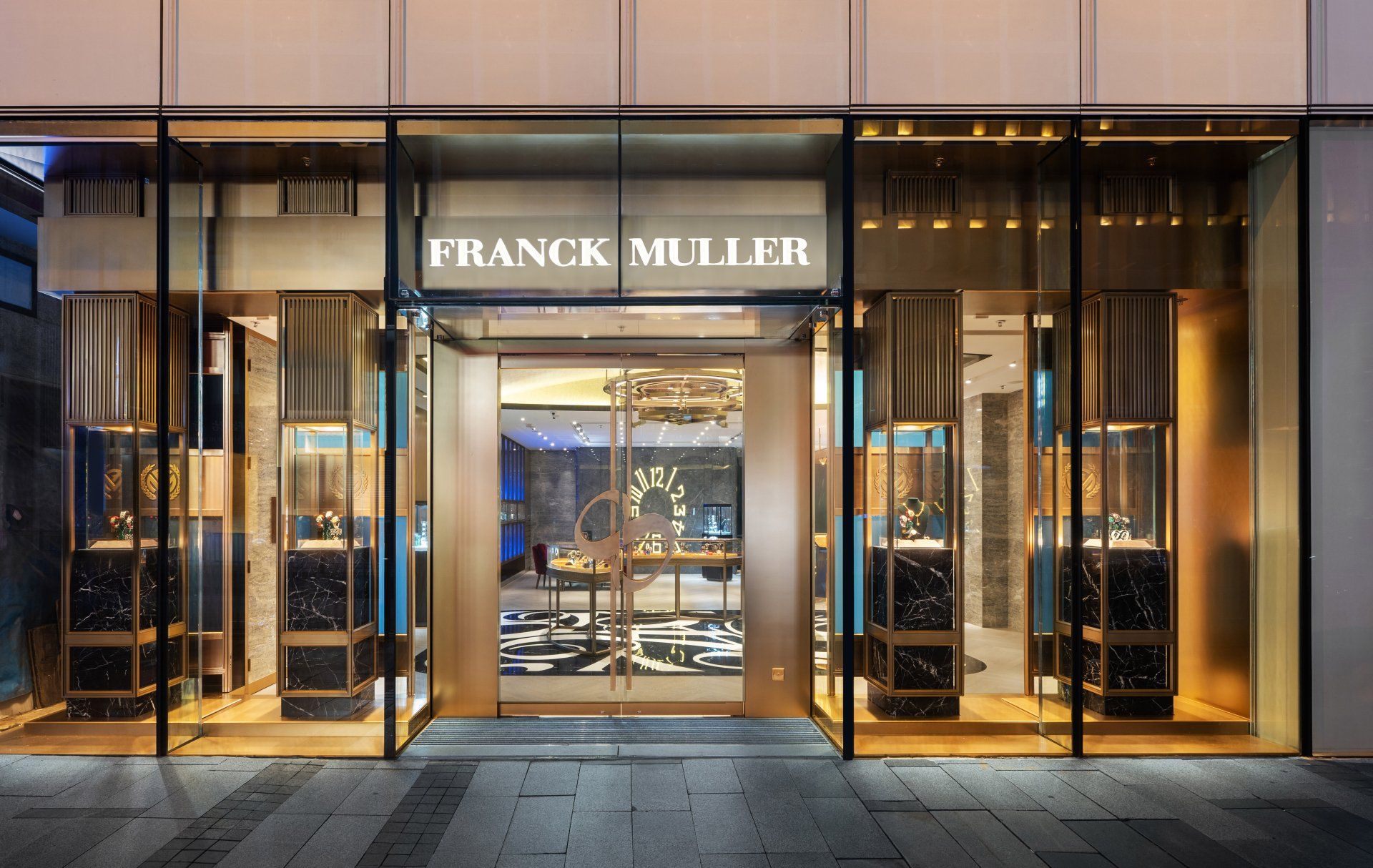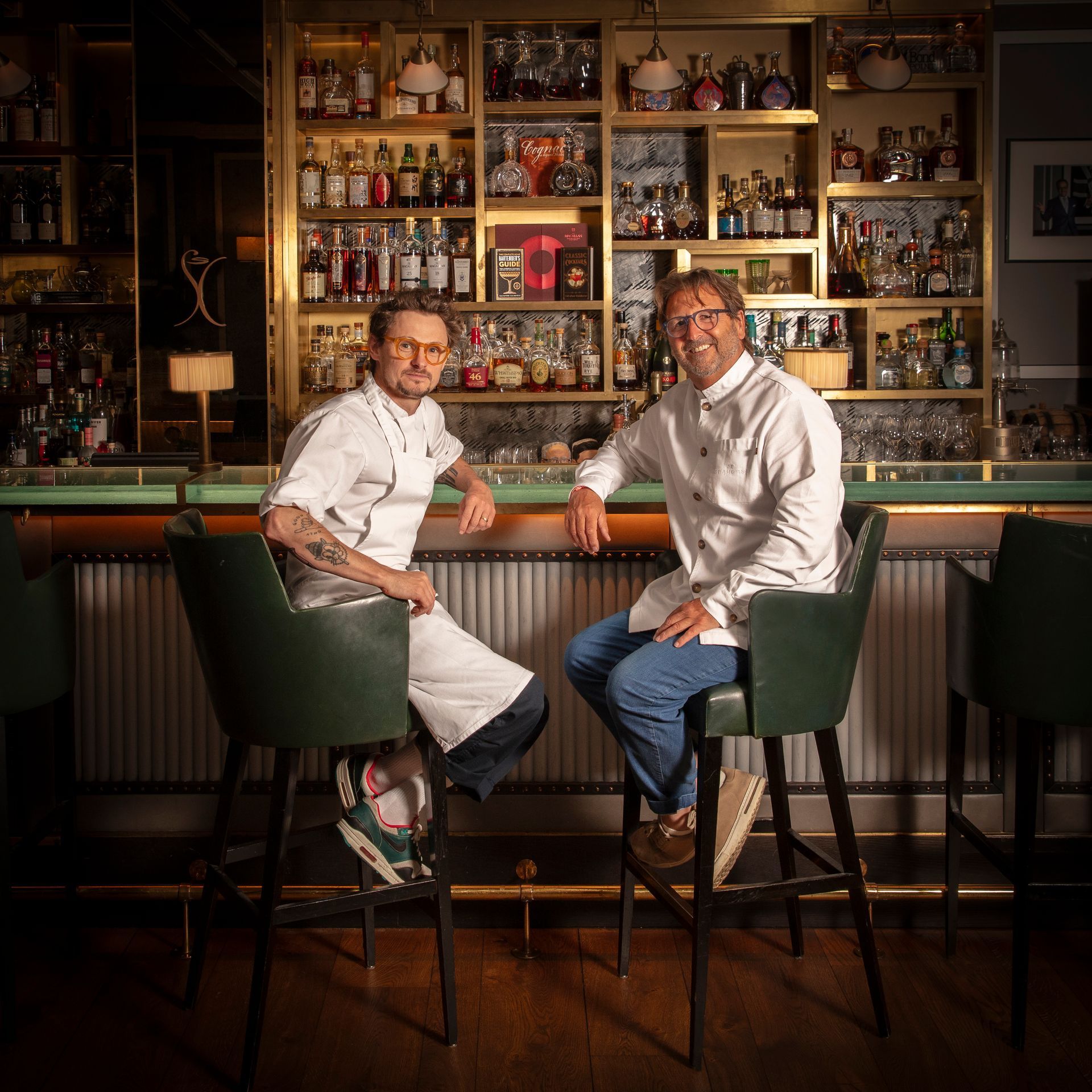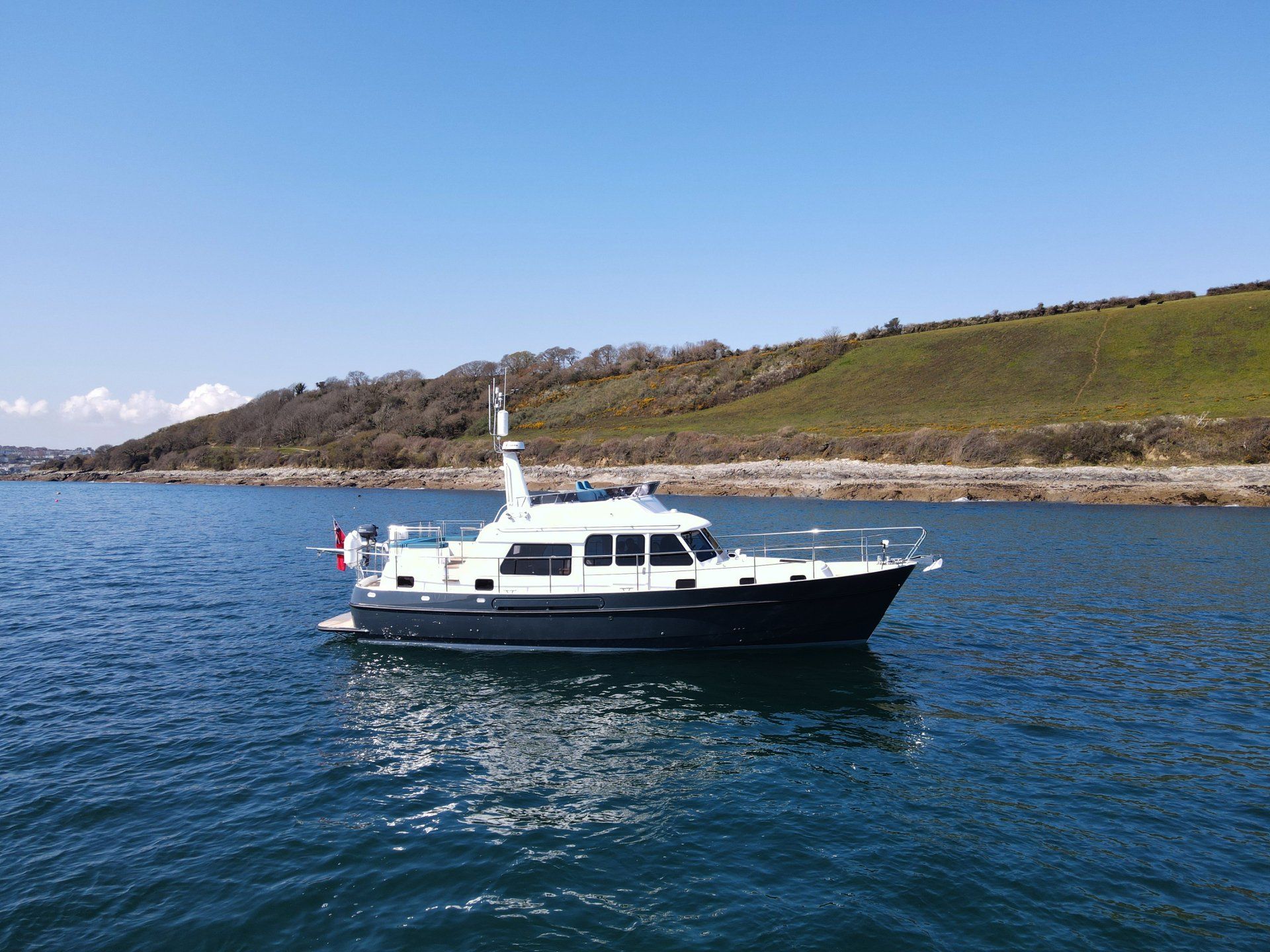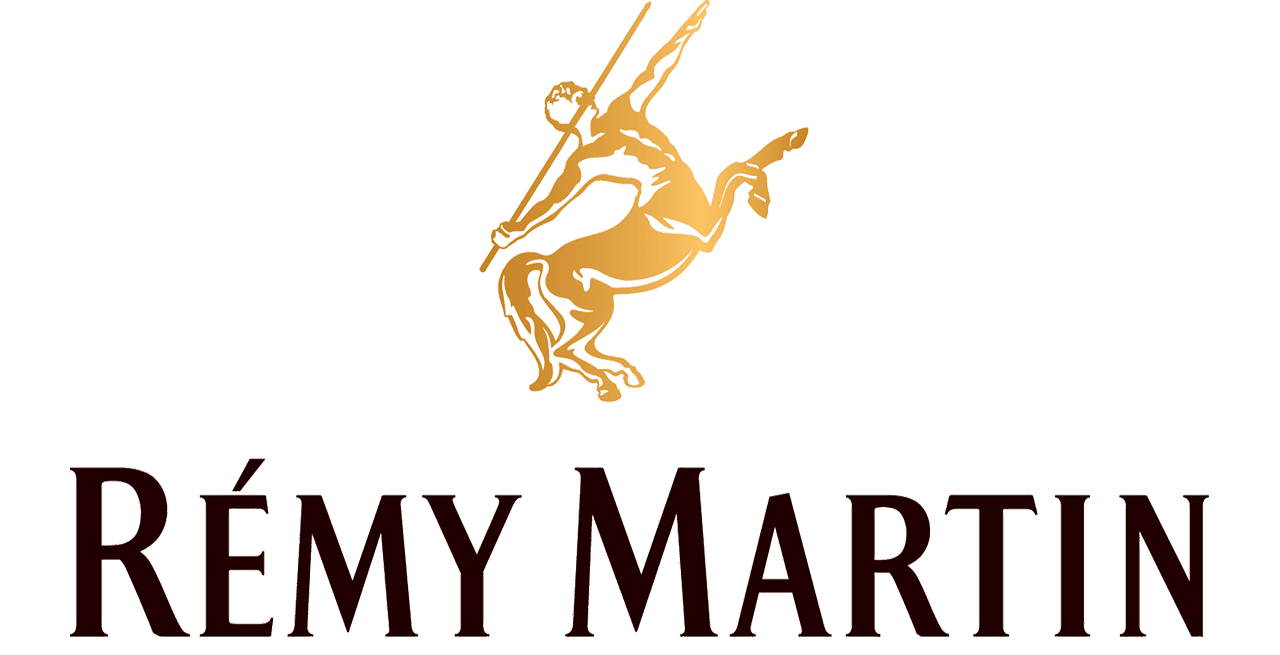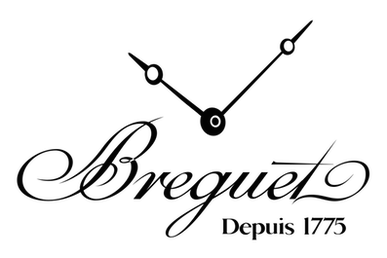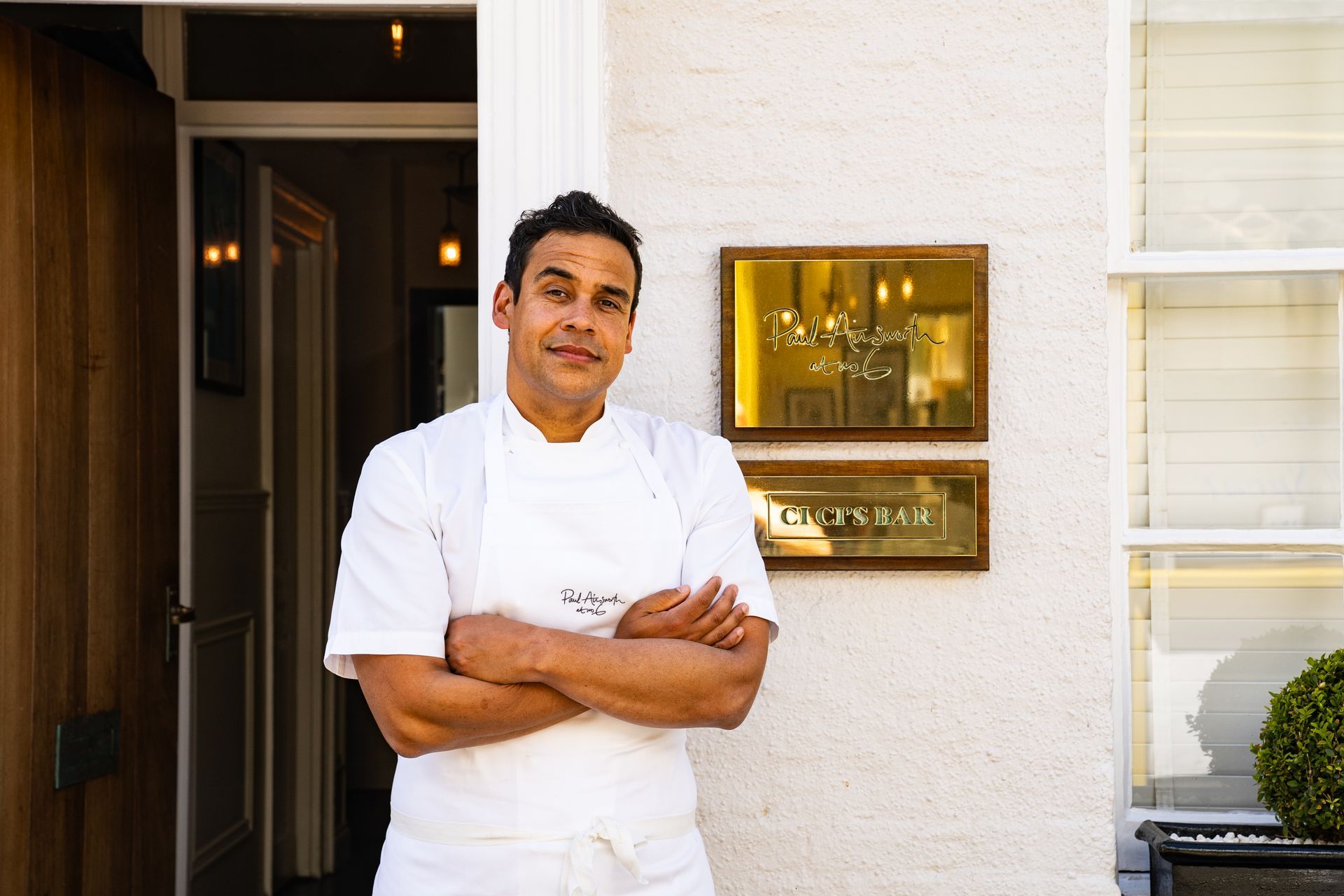
How Paul Ainsworth built a Michelin-starred identity
1. What inspired you to become a chef, and how did your culinary journey begin?
I’ve always loved food, ever since I was a kid. I grew up in Southampton with parents who ran a guesthouse, so hospitality was part of daily life. I was fascinated by the idea that you could make people happy through something as simple as a good meal. My real culinary journey kicked off when I trained at college and then started working for Gary Rhodes. From there, I went on to work under Gordon Ramsay and later Marcus Wareing, both of whom were instrumental in shaping my standards and drive.
2. What’s your signature dish — and what makes it so special or personal to you?
It is difficult to narrow it down because we also like the menus to constantly evolve. But dishes that have become synonymous with Paul Ainsworth at No6 and my cooking style are the Chicken Tournedos Rossini and All of The Pigeon. And anyone who knows me, knows how much I really love custard. So much so that the dessert menu at The Mariners is called ‘& custard’. Currently there is a glazed pineapple and brown butter upside down cake, with spiced rum and salted caramel and it is served with proper vanilla custard. It is playful, nostalgic and a hug in a bowl - that to me is special and what good food should be about.
3. What have been the biggest challenges in building your culinary identity and restaurant vision?
I think the biggest challenge is staying true to your vision in an industry that’s constantly evolving. When I first opened No6, there was pressure to follow trends or compare myself to others. But I realised early on that the only way to build something lasting was to cook food that genuinely meant something to me. That meant digging into Cornish produce, honouring the people behind it, and finding joy in creating dishes that were rooted in place and personal experience. It took time to find that confidence and to build a team that shares those values.
4. How do you incorporate sustainability and seasonality into your menus and kitchen practices?
We’re lucky in Cornwall to be surrounded by brilliant farmers, fishermen, and producers, so sourcing locally and seasonally comes naturally. But it goes beyond ingredients - it’s also about how we run the kitchen and reduce waste from our restaurants. We’ve built strong relationships with suppliers who share our ethos, and we’ve designed menus that flex with the seasons. It’s better for the planet, and frankly, food tastes much better when it is in its peak season.
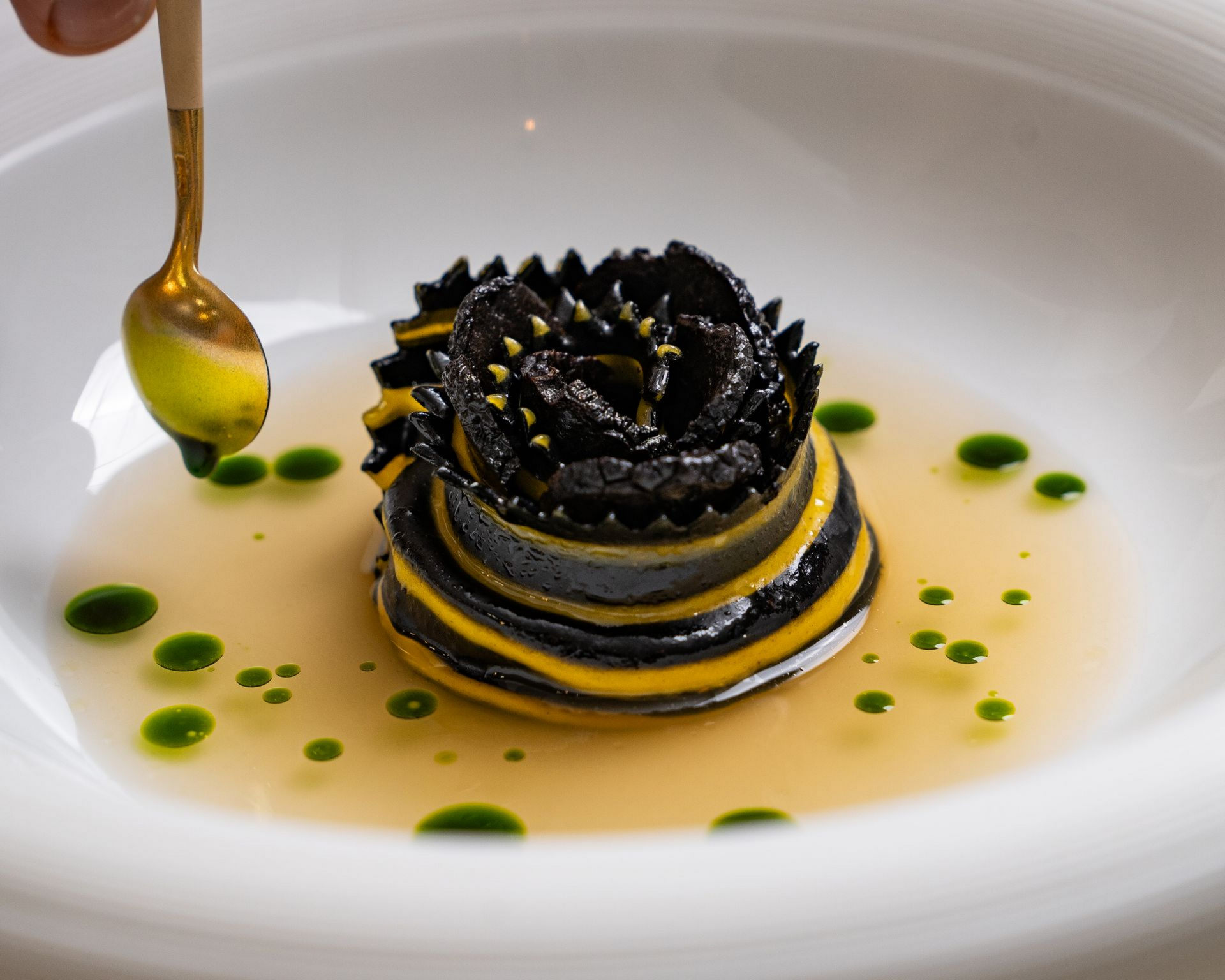
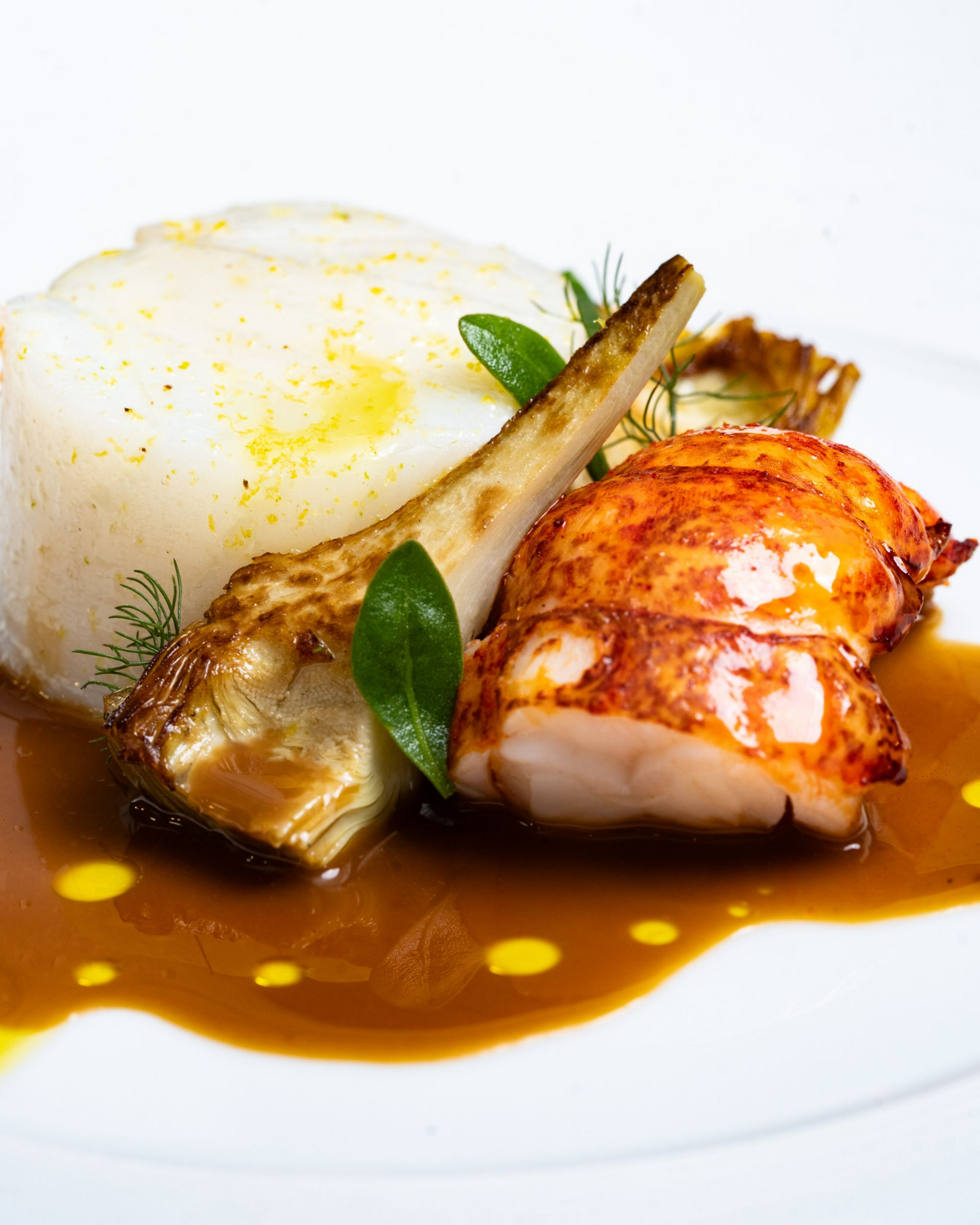
5. Which world cuisines, cultures, or travel experiences have most influenced your cooking style?
I’m endlessly inspired by Greece - the way they champion ingredients and let them shine. You don’t need 20 elements on a plate when you’ve got incredible produce. That’s always stuck with me. At the same time, I am always inspired by my surroundings at home in Cornwall. The landscape, the produce, the people - that’s the heart of my food.
6. How do you define modern luxury in fine dining, and how do you bring that to life for your guests?
Modern luxury in fine dining, to me, is all about creating an experience that feels personal, warm, and unforgettable without any sense of formality or intimidation. It's not just about opulence or rare ingredients; it's about thoughtful details, genuine hospitality, and a respect for craftsmanship and produce. At No6 in Padstow, we bring modern luxury to life by combining the very best British produce with a creative flair, but in a way that still feels accessible. Equally important is the service. For me, luxury is being looked after by a team who care deeply about what they do and anticipate your needs without being overbearing.
7. How do you stay creative and continually evolve your food while maintaining consistency?
Staying creative while maintaining consistency is all about balance and building the right team around you.
8. What’s a behind the scenes kitchen ritual or routine that most people don’t know about?
For me, it’s running. Every morning before I step into the kitchen, I go for a run - usually just a few miles, nothing crazy. It’s the one time in the day when everything’s quiet, and I can sort through my thoughts. I think about dishes, ingredients, sometimes nothing at all. It’s where I mentally prep for service. Running gets me focused, clears my head, and honestly, it's been a big part of my personal growth over the last few years.
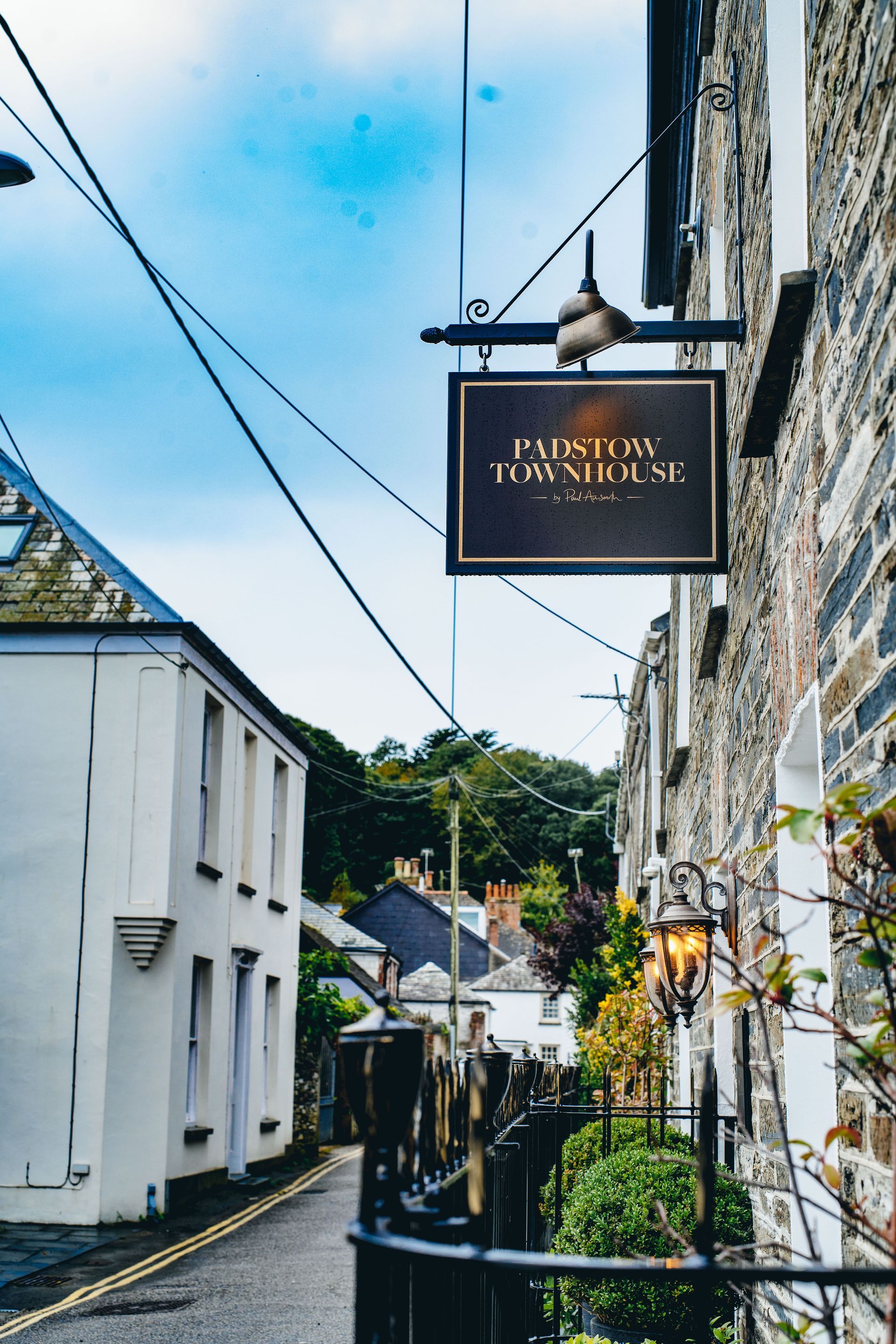
9. What advice would you give to young chefs entering today’s fast-paced culinary world?
The biggest piece of advice I have is to stay humble and be prepared to work hard. This industry moves fast, and there’s a ton of pressure these days - for example social media. At Paul Ainsworth at No6 we hold a Michelin star. It’s a huge responsibility to maintain that level of cooking daily, but it is also a huge honour and feeds our creativity. But real, lasting skill doesn’t come overnight. It comes from years in the kitchen, knocking on doors, and soaking up knowledge. Be curious and teachable. Ask questions, listen more than you speak, and absorb as much as you can from mentors. Understand the full picture. It’s not just about the food - it’s also about sourcing, costings, margins, and team dynamics. And finally, have patience. Every hard moment adds to your resilience and growth.
10. If you could cook for anyone - past or present - who would it be and what would you serve?
Every Sunday since my daughter Ci Ci was a baby and strong enough to hold her own head up, she and I have made pancakes for breakfast together, and we still make them when we’re at home now, nine years later. Eating breakfast with my family is precious time spent together, which I appreciate after a busy night working in the restaurants. So I would have to say I would always choose to cook for my two daughters and wife.
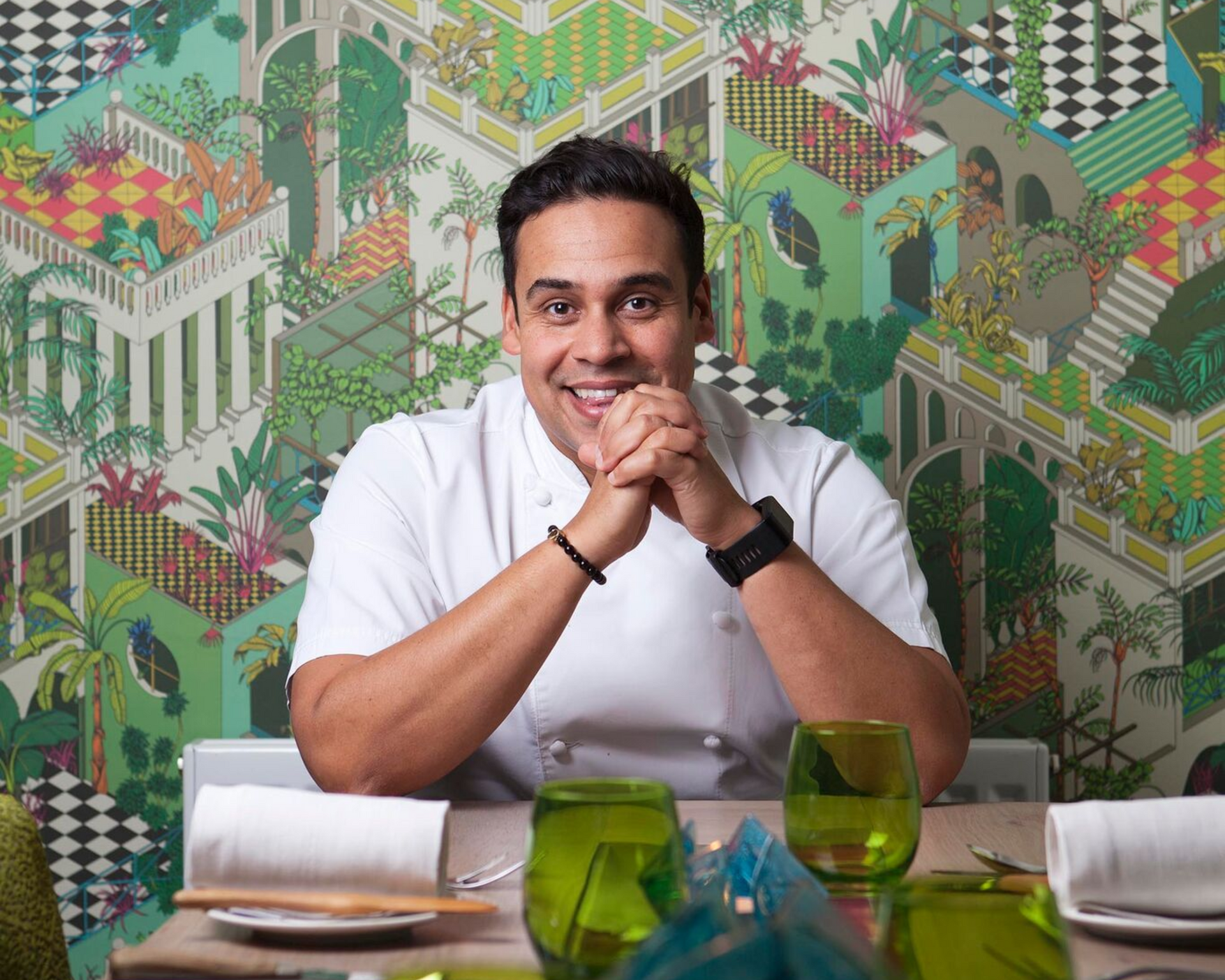
Read More:
The Mariners: A Cornish Oasis Overlooking the Camel Estuary
By The Gentleman Magazine
The Gallery at The Savoy: A Culinary Masterpiece for Every Occasion
ButtonStep Inside Belgravia’s Most Luxurious Townhouse on Wilton Crescent, now for sale for £44,000,000
By The Gentleman Magazine
The OWO welcomes Café Ciel to its courtyard venue on Whitehall
By The Gentleman Magazine
Rosewood London A Summer Residence Like No Other
By The Gentleman Magazine
Axonall Launches with Mel Suntal at the Helm, Blending AI and Emotional Intelligence in Luxury Travel
ButtonJW Marriott Debuts in Greece with the Unveiling of JW Marriott Crete Resort & Spa
ButtonGEORGE RUSSELL AND KIMI ANTONELLI TAKE THE RACE OFF-ROAD WITH INEOS GRENADIER
ButtonGolden Hour at The Peninsula Paris A Summer Escape Above the City
ButtonLITTLEMILL UNVEILS NEW ECHOES OF THE PAST COLLECTION OF RARE WHISKIES WITH RELEASE OF FIRST EDITION
By The Gentleman Magazine
BUSHMILLS UNVEILS OLDEST IRISH SINGLE MALT EVER RELEASED – 46 YEAR OLD ‘SECRETS OF THE RIVER BUSH’
By The Gentleman Magazine
An ever-evolving journey: Viken Group introduces 196-metre cruise yacht project
ButtonHISTORIQUES 222 STAINLESS STEEL WATCH, REINVENTING A SYMBOL OF DARING CREATIVITY
By The Gentleman Magazine
Saxdor 400 GTC Takes the Spotlight at the Yacht Style Awards 2025
By The Gentleman Magazine
F80: Ferrari’s new supercar
By The Gentleman Magazine
42 at Gymkhana: The Return of Mayfair’s Exclusive Cocktail Lounge
By The Gentleman Magazine
The Biltmore Hotel a beacon of luxury and refined sophistication
By The Gentleman Magazine
FRANCIS LAPP'S BUSINESS OF INNOVATION: TRANSFORMING YACHTING WITH SUNREEF YACHTS
By The Gentleman Magazine
Cheltenham Festival Style Guide: Dress to Impress at the Races
ButtonCLASSIC FUSION ESSENTIAL GREY VOLUME III
By The Gentleman Magazine
Panerai celebrates Chinese heritage with the new Luminor Perpetual Calendar PAM01688
ButtonBest moisturiser for men
By The Gentleman Magazine
Exquisite Five-Floor Terrace House in Regent's Park £25,000,000
By The Gentleman Magazine
Luxury Private Dining at Blenheim Palace
By The Gentleman Magazine
THE BUGATTI TOURBILLON: AN AUTOMOTIVE ICON
By The Gentleman Magazine
Best action camera in 2024
By The Gentleman Magazine
The Orange: Belgravia's Culinary Jewel, Where Even Furry Friends Feel at Home
By The Gentleman Magazine
Guizhou and Its Cherry Blossom Wonderland
By The Gentleman Magazine
Enata is selected manufacturing partner for Mirarri yacht
By The Gentleman Magazine
The opening of The Cocochine, Bruton Place, Mayfair
By The Gentleman Magazine
Gordon Murray Automotive makes Saudi Arabian debut with ultra-exclusive supercar trio
By The Gentleman Magazine
Lake Como: A Journey into Luxury
By The Gentleman Magazine
Luke Selby & 40 Years of Le Manoir aux Quat'Saisons
By The Gentleman Magazine
INTRODUCING JUMEIRAH GROUP’S EXCLUSIVE COLLECTION OF SUITES AND VILLAS
By The Gentleman Magazinee
TANKOA YACHTS INTRODUCING 70MT MILANO
By The Gentleman Magazine
ANNABEL’S CELEBRATES THE LAUNCH OF BOLÍVAR ITS NEWEST RESTAURANT AN ODE TO SOUTH AMERICAN CUISINE
By The Gentleman Magazine
TAG HEUER CONNECTED CALIBRE E4 45MM x MALBON GOLF EDITION
By Th Gentleman Magazine
Sunreef 80 Eco: Green Yachting Revolution
By The Gentleman Magazine
The Aqua Compressor collection by Farer
By The Gentleman Magazine
El Norte Amazing food at its heart
By The Gentleman Magazine
Amazing Knightsbridge 3-bed Apartment for £10,950,000
By The Gentleman Magazine
How to cook the Perfect Steak
By The Gentleman Magazine
The Marlo Review
By The Gentleman Magazine
The Art of the Handwritten Note
By The Gentleman Magazine
The Cheltenham Festival: A Gentlemen's Guide to the Ultimate Racing Experience
By The Gentleman Magazine
The Legacy of Dior: A Tale of Luxury and Style
By The Gentleman Magazine
Exploring the Allure of Luxury London Real Estate
By The Gentleman Magazine
Easter Hampers and Gifting from DukesHill
By The Gentleman Magazine
Ferrari 499P Modificata: A New Kind of Ferrari
By The Gentleman Magazine
‘THE PEARL CULLINAN’ A BIRTHDAY GIFT LIKE NO OTHER
By The Gentleman Magazine
The Bias Cut Introducing the Take The Stage Edit
By The Gentleman Magazine
New game changer Sunreef 88 Ultima
By The Gentleman Magazine
Fortnum & Mason: A Haven for Luxury Connoisseurs
By The Gentleman Magazine
Best Digital Watch
By The Gentleman Magazine
The Art of Time: What Sets Luxury Watches Apart from the Rest
By The Gentleman Magazine
The winning formula behind Gordon Ramsay’s exceptional Restaurant 1890
By The Gentleman Magazine
Seiko launch the brand new Prospex 'Arctic Ocean'
By The Gentleman Magazine
Best Soap for Men
By The Gentleman Magazine
Buckingham Palace: A Glimpse into Royal Luxury and Elegance
By The Gentleman Magazine
ANNABEL’S UNVEILS 2023 HOLIDAY FACADE
By Annabel's
LADNOCH DISTILLERY UNVEILS THE SAMHLA COLLECTION
By The Gentleman Magazine
THIS IS IT makes her global debut
By The Gentleman Magazine
The Best Luxury Fountain Pens
By The Gentleman Magazine
Sea, style, space and sublime luxury live large in CLB65 from CL Yachts
By The Gentleman Magazine
Silent Resorts announces plans for second fully solar-powered location in Fiji
By The Gentleman Magazine
The Meat & Wine Co. with Thomas Godfrey
By The Gentleman Magazine
Scarpetta: Q&A with John Meadow
ButtonRolls Royce Wraith Black Badge Review
By The Gentleman Magazine
Madhu’s of Mayfair
By The Gentleman Magazine
SAMSUNG GALAXY Z FOLD 4 REVIEW: 3 DEVICES IN ONE
By The Gentleman Magzine
The Lexus LC 500 is the epitome of luxury and performance
By The Gentleman Magazine
RADIOMIR: THE MAKING OF A LEGEND
By The Gentleman Magazine
Summer of BBQ at The Stafford London
By The Gentleman Magazine
PEUGEOT 9X8 HYBRID HYPERCAR: THE ULTIMATE DESIGN
By The Gentleman Magazine
New Radical SR3 XXR launched
By The Gentleman Magazine
THE TOWNHOUSE AT GREAT SCOTLAND YARD HOTEL
By The Gentleman Magazine
AVI-8 FLYBOY ROYAL BRITISH LEGION FALKLANDS 40 MECA-QUARTZ
By The Gentlemn Magazine
TAG HEUER FORMULA 1 CHRONOGRAPHS IN BRIGHT RACING COLORS
By TAG Heuer
WHEN MARBLE MEETS THE SEA: INVICTUS GT320 VERSILYS
By Invictus
GIRARD-PERREGAUX LAUREATO 42MM PINK GOLD & ONYX
By Girard-Perregaux
LEICA CAMERA ANNOUNCE NEW LEICA M-A TITAN
By Leica
THE BRITISH OPEN POLO CHAMPIONSHIP FOR THE COWDRAY GOLD CUP 2022
By Cowdray Polo Park
70 FACTS ABOUT HRH THE PRINCE OF WALES
By The Royal Household
INTERCONTINENTAL RAS AL KHAIMAH MINA AL ARAB RESORT & SPA OPENS ITS DOORS
By The Gentleman Magazine
COWDRAY PARK POLO CLUB ANNOUNCES EXCLUSIVE PARTNERSHIP WITH BOEING BUSINESS JETS
By Cowdray Park Polo
LEICA M-A REVIEW
By The Gentleman Magazine
BULGARI X DUCATI: AN EXCLUSIVE COLLABORATION
By Ducati
ROLLS-ROYCE ANNOUNCE NEW COACHBUILT BOAT TAIL
By Rolls-Royce
BONHAMS LAUNCHES FIRST WHISKY AND SPIRITS SALE IN PARIS
By Bonhams
FERRARI SP48 UNICA: A NEW ONE-OFF FROM MARANELLO
By Ferrari
ARES MODENA PRESENTS ITS LATEST OPEN-AIR SUPERCAR: THE ARES S1 SPEEDSTER
By Ares Modena
$95,000,000 NFT ON THE MLS* “PROJECT METAVERSE”
By Cloud Yachts
ASTON MARTIN WORKS MARKS THE ANNIVERSARY OF A TRUE BRITISH CLASSIC
By Aston Martin
SPIRIT OF ECSTASY REDESIGNED FOR MOST AERODYNAMIC ROLLS-ROYCE EVER
By Rolls-Royce
THE PASSION FOR DUCATI HAS NEVER BEEN GREATER
By Ducati
THE NEW PORSCHE CAYENNE PLATINUM EDITION
By Porsche
“MERGING ART AND PLAY”
By Banwood x Rispal
ROLLS-ROYCE BLACK BADGE: BORN FROM HERITAGE
By Dr Sebastian Oakley FRSA
BENTAYGA SPEED TURNS ÉTOILE TO CELEBRATE RUSSIAN BALLET
By Bentley
LEXUS NX ART OF FEELING MORE REPORT REVEALS THE IMPORTANCE OF DANCE FOR WELLBEING
By Lexus
CELEBRATING AN 80-YEAR LEGACY: THE HASSELBLAD 907X ANNIVERSARY EDITION KIT
By Hasselblad
THE LEGACY OF THE LAMBORGHINI COUNTACH IN A VIDEO SERIES
By Lamborghini
BENTLEY ANNOUNCES BOARD OF MANAGEMENT CHANGES
By Bentley
WIMPOLE STREET, W1
By Dr Sebastian Oakley FRSA
FLYING SPUR HYBRID ODYSSEAN EDITION: A GLIMPSE INTO BENTLEY’S FUTURE
By Bentley
FAMOUS BLUE FERRARI F40 MAKES RECORD-BREAKING £1 MILLION ON THE MARKET ONLINE PLATFORM
By Bonhams
BREGUET ANNOUNCES THE APPOINTMENT OF ITS NEW CEO
By Montres Breguet
RIMAC AND BUGATTI COMBINE FORCES IN HISTORIC NEW VENTURE
By Dr Sebastian Oakley FRSA
Monkey 47 x Henry Poole & Co: Bringing a wunderbar Father's Day
By Lucy Piper
HOUSE OF JÖRO BOUTIQUE HOTEL IN SHEFFIELD LAUNCHES IN TIME FOR A SUMMER OF STAYCATIONS
By ISABELLA DANILCZUK
BUGATTI’S MOST BEAUTIFUL RACER JOINS CONCOURS OF ELEGANCE 2021
By Linden Bray
MASERATI MC20 TO MAKE UK DYNAMIC DEBUT AT GOODWOOD FESTIVAL OF SPEED
By Anna Angelini
FAIRFAX & FAVOUR SS23 COLLECTION
By The Gentleman Magazine
The Rolls-Royce Boat Tail timepieces an artistic collaboration with BOVET 1822
By Rolls-Royce
BASS, TREBLE, COLOUR AND CONTRAST – AUDI ADJUSTS ITS SET FOR THE 2022 MODEL YEAR
By Gavin Ward
2021 Azerbaijan Grand Prix: Sunday Report
By Aston Martin Cognizant Formula One™ Team
Wingman: The Software Suite That Makes The Foiler Fly
By Alexander Razinkov



